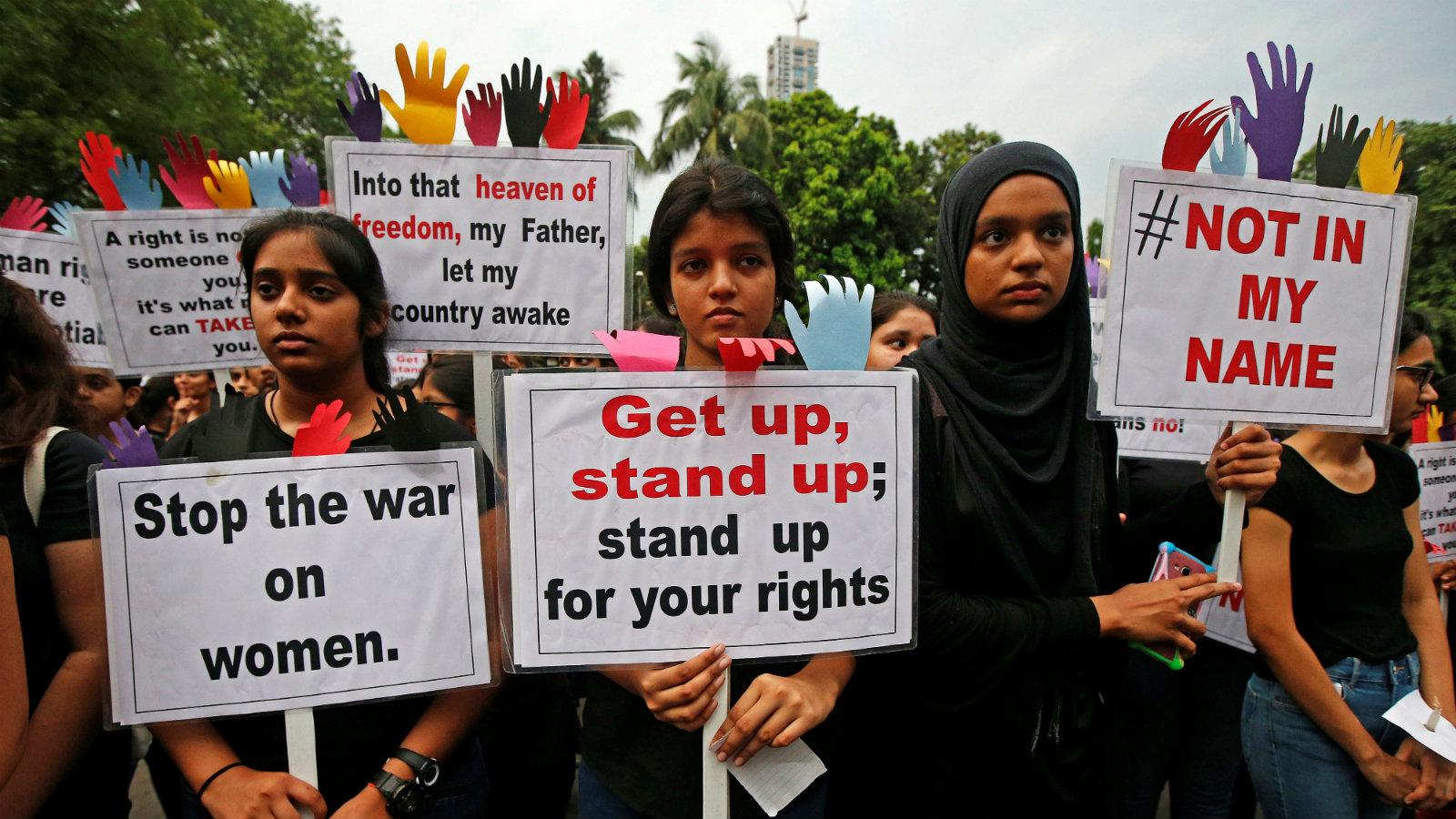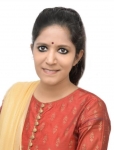Other IPRI Publications
Conflict Weekly
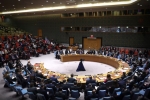
April 2024 | IPRI # 437
IPRI Comments
IPRI Team
Conflict Escalation in the Middle East, and One Year of Civil War in Sudan
read more
Conflict Weekly

April 2024 | IPRI # 436
IPRI Comments
IPRI Team
Six Months of War in Gaza & the Mexico-Ecuador spat
read more
Conflict Weekly
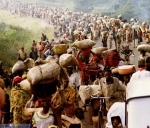
April 2024 | IPRI # 435
IPRI Comments
IPRI Team
Remembering the Rwandan Genocide and Martin Luther King
read more
Conflict Weekly
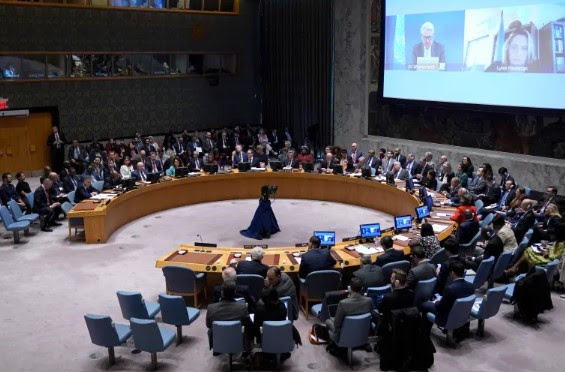
March 2024 | IPRI # 434
IPRI Comments
IPRI Team
UNSC Resolution on Gaza, Terror Attack in Moscow, and a Profile of the IS-K
read more
Conflict Weekly
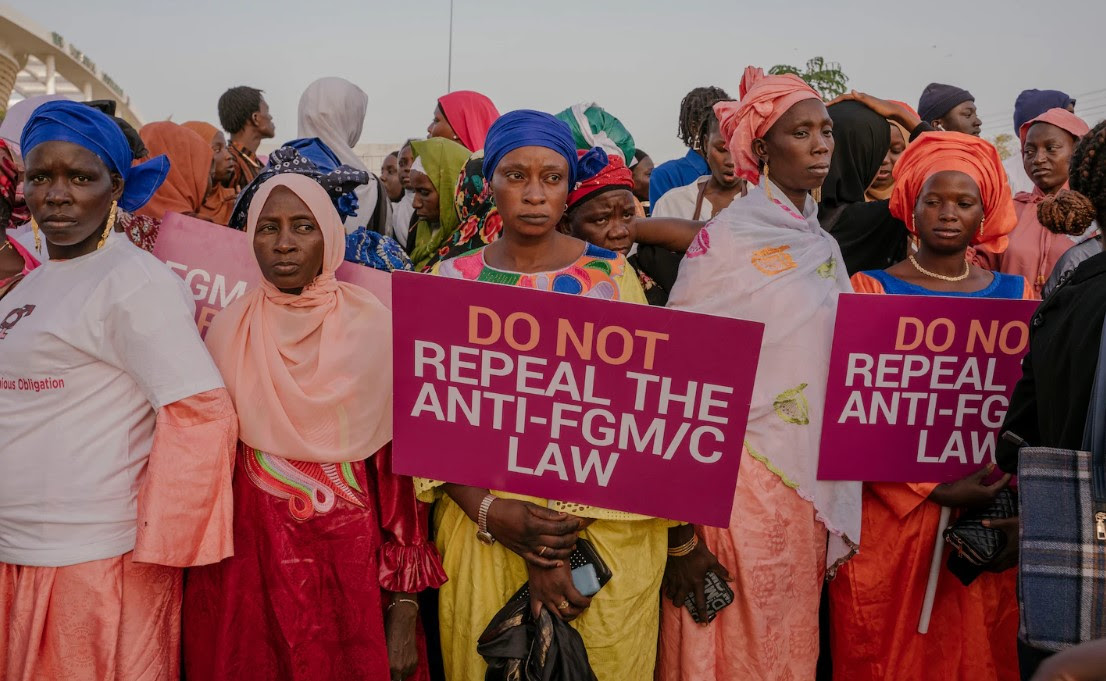
March 2024 | IPRI # 433
IPRI Comments
IPRI Team
The Female Genital Mutilation bill in The Gambia, Search for a Ceasefire in Gaza and Continuing Instability in Haiti
read more
Conflict Weekly
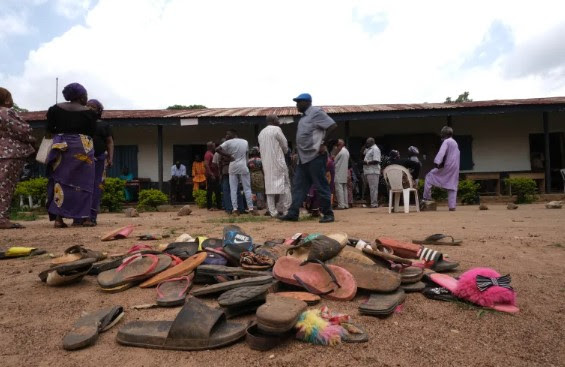
March 2024 | IPRI # 432
IPRI Comments
IPRI Team
Continuing Kidnappings in Nigeria
read more
Conflict Weekly
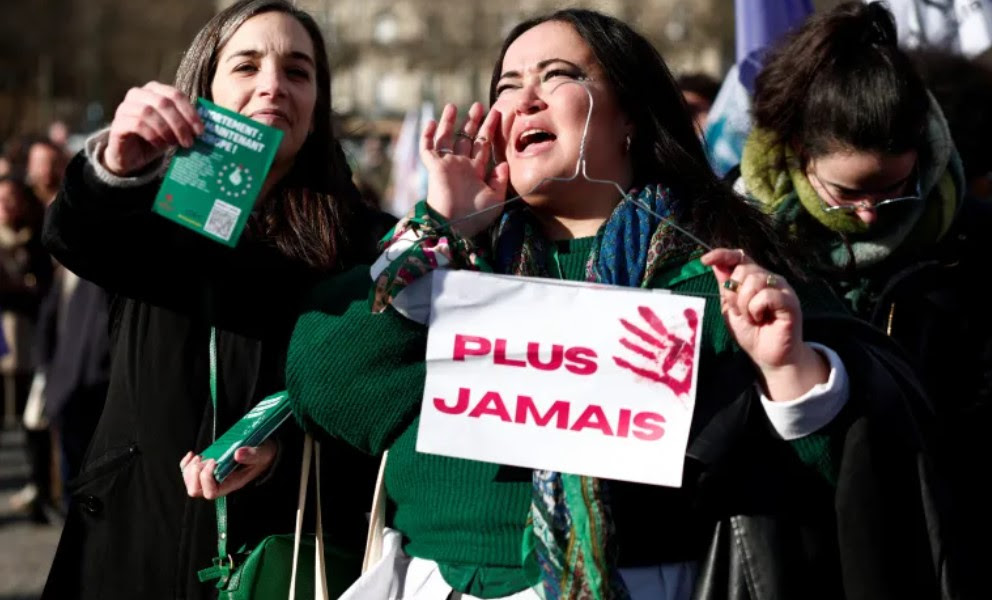
March 2024 | IPRI # 431
IPRI Comments
IPRI Team
Enshrining Abortion Rights in France's Constitution, Inuit Women's Demand for Justice, the State of Emergency in Haiti and the Elusive Ceasefire in Gaza
read more
Conflict Weekly
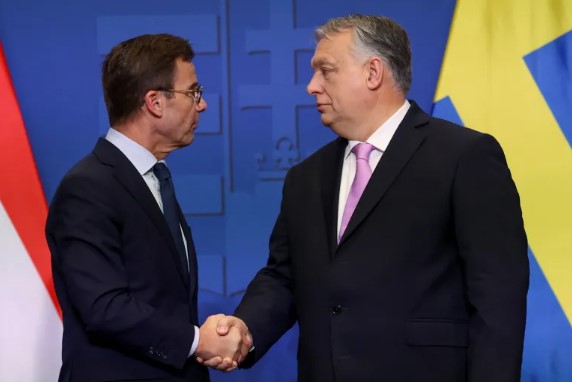
March 2024 | IPRI # 430
IPRI Comments
IPRI Team
Sweden in NATO, Farmers' Protest in Poland, and the anti-LGBTQ bill in Ghana
read more
Conflict Weekly
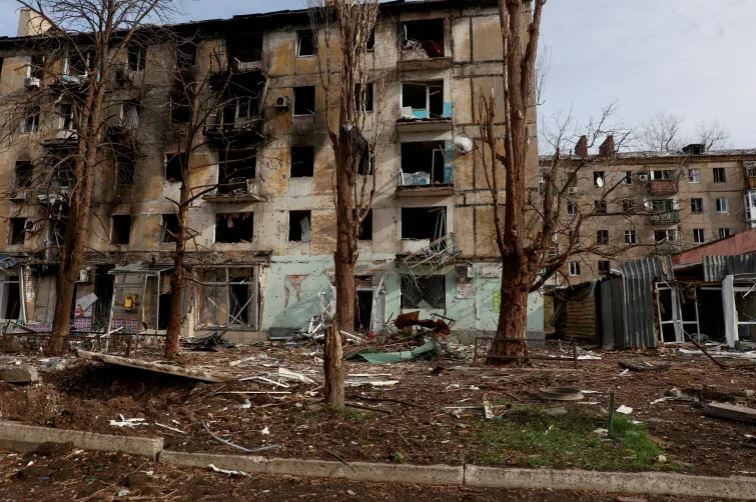
February 2024 | IPRI # 429
IPRI Comments
IPRI Team
The Battle for Avdiivka in Ukraine
read more
Conflict Weekly
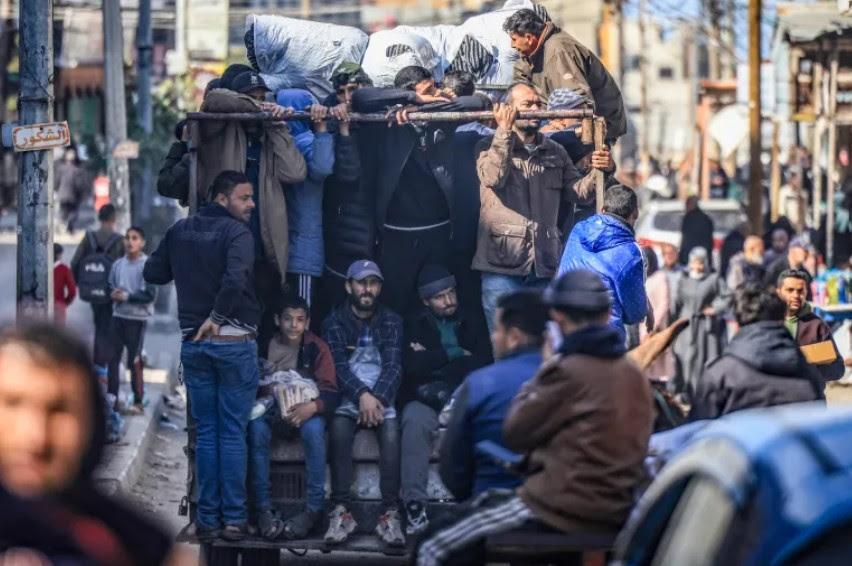
February 2024 | IPRI # 428
IPRI Comments
IPRI Team
Israel's Military Campaign in Rafah
read more
Conflict Weekly
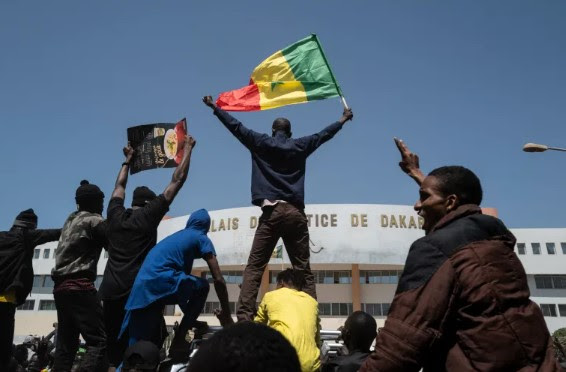
February 2024 | IPRI # 427
IPRI Comments
IPRI Team
Protests in Senegal
read more
Conflict Weekly
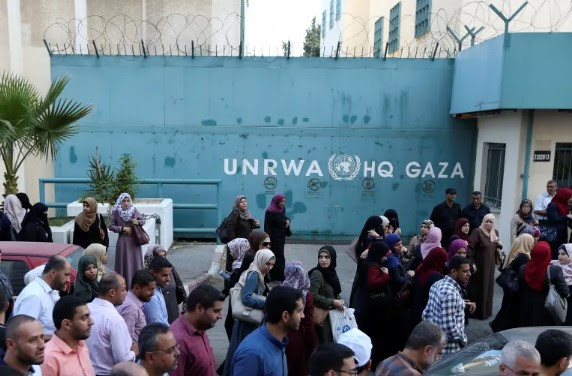
February 2024 | IPRI # 426
IPRI Comments
IPRI Team
UNRWA 's funding crisis in Gaza, Farmers' protest in France, and Withdrawal of Mali, Burkina Faso and Niger from ECOWAS
read more
Conflict Weekly
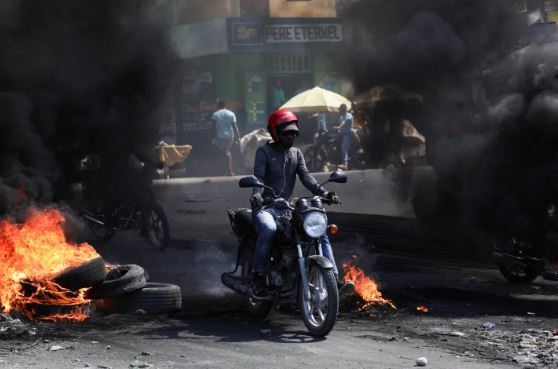
January 2024 | IPRI # 425
IPRI Comments
IPRI Team
Continuing Violence in Haiti, Myanmar and Gaza
read more
SPECIAL COMMENTARY
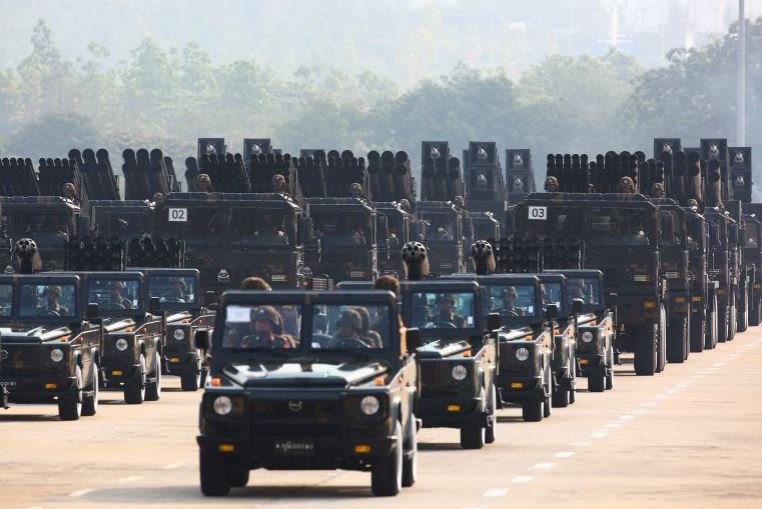
January 2024 | IPRI # 424
IPRI Briefs
Bibhu Prasad Routray
Myanmar: Ethnic Armed Organizations, China’s Mediation and Continuing Fighting
read more
Conflict Weekly

January 2024 | IPRI # 423
IPRI Comments
IPRI Team
The Red Sea Crisis: Attacks and Counter Attacks
read more
Conflict Weekly
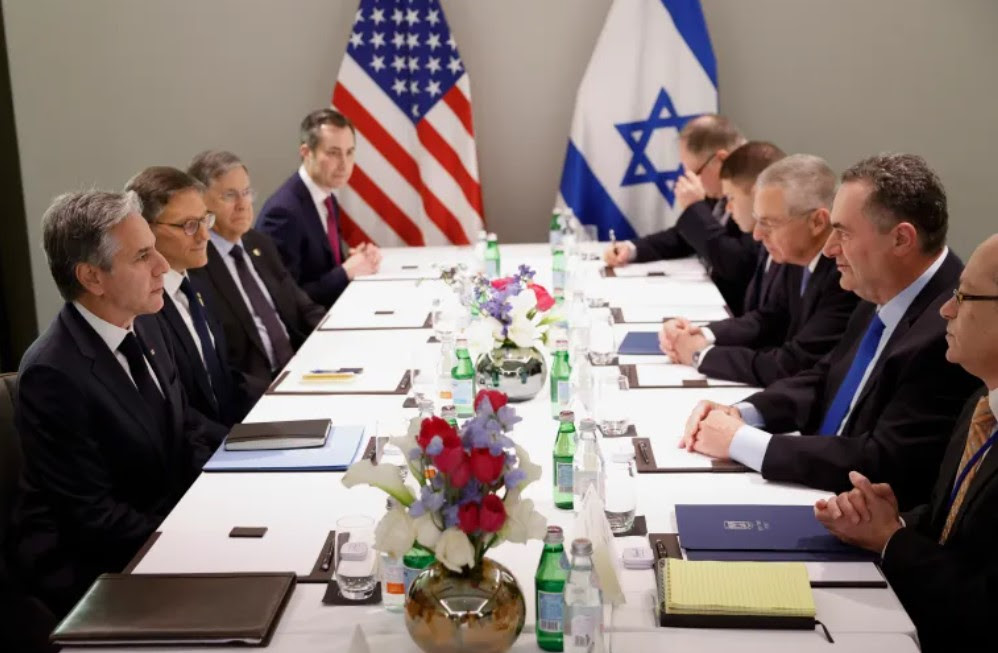
January 2024 | IPRI # 422
IPRI Comments
IPRI Team
Blinken's Fourth Visit to Middle East, Ecuador's State of Internal Armed Conflict, and Ethiopia-Somaliland tensions in the Horn of Africa
read more
Conflict Weekly
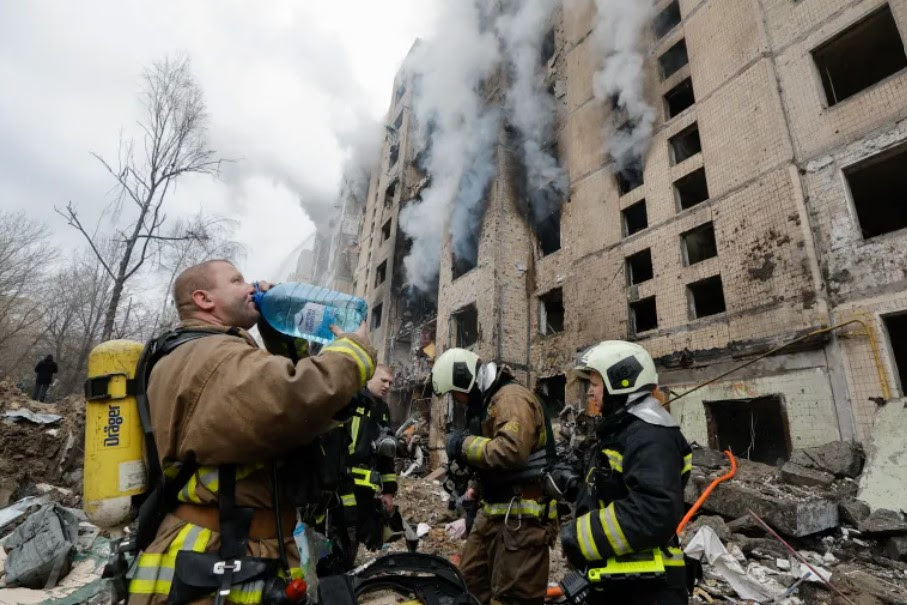
January 2024 | IPRI # 421
IPRI Comments
IPRI Team
The War in Ukraine and Gaza
read more
Conflict Weekly
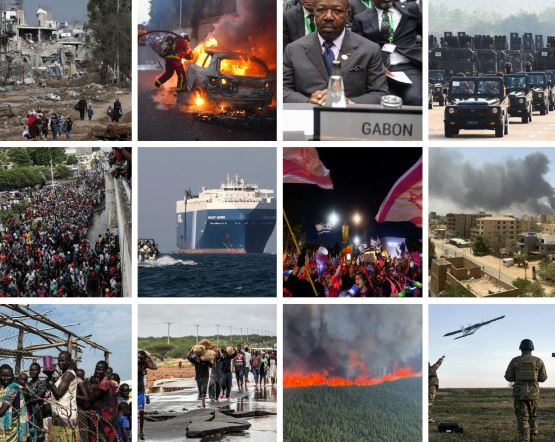
December 2023 | IPRI # 420
IPRI Comments
IPRI Team
Special Edition: Conflicts in 2023
read more
Conflict Weekly

December 2023 | IPRI # 419
IPRI Comments
IPRI Team
The Red Sea Crisis and Hungary's blockade of EU's Ukraine aid
read more
Conflict Weekly

December 2023 | IPRI # 418
IPRI Comments
IPRI Team
Tensions in South China Sea and Ukraine and Terror Attack in Pakistan
read more
Conflict Weekly
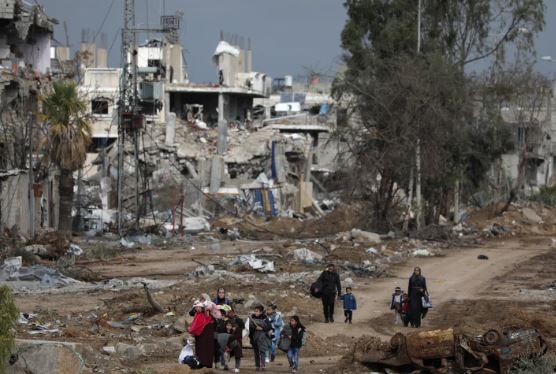
November 2023 | IPRI # 417
IPRI Comments
IPRI Team
End of a Fragile Peace in Gaza, and a Failed Coup in Sierra Leone
read more
Conflict Weekly
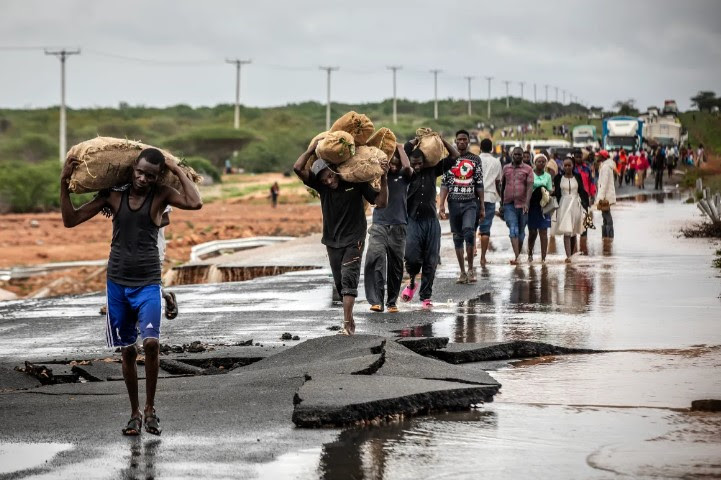
November 2023 | IPRI # 416
IPRI Comments
IPRI Team
Floods in East Africa, the London Summit on Global Food Security, and the War in Gaza
read more
Conflict Weekly
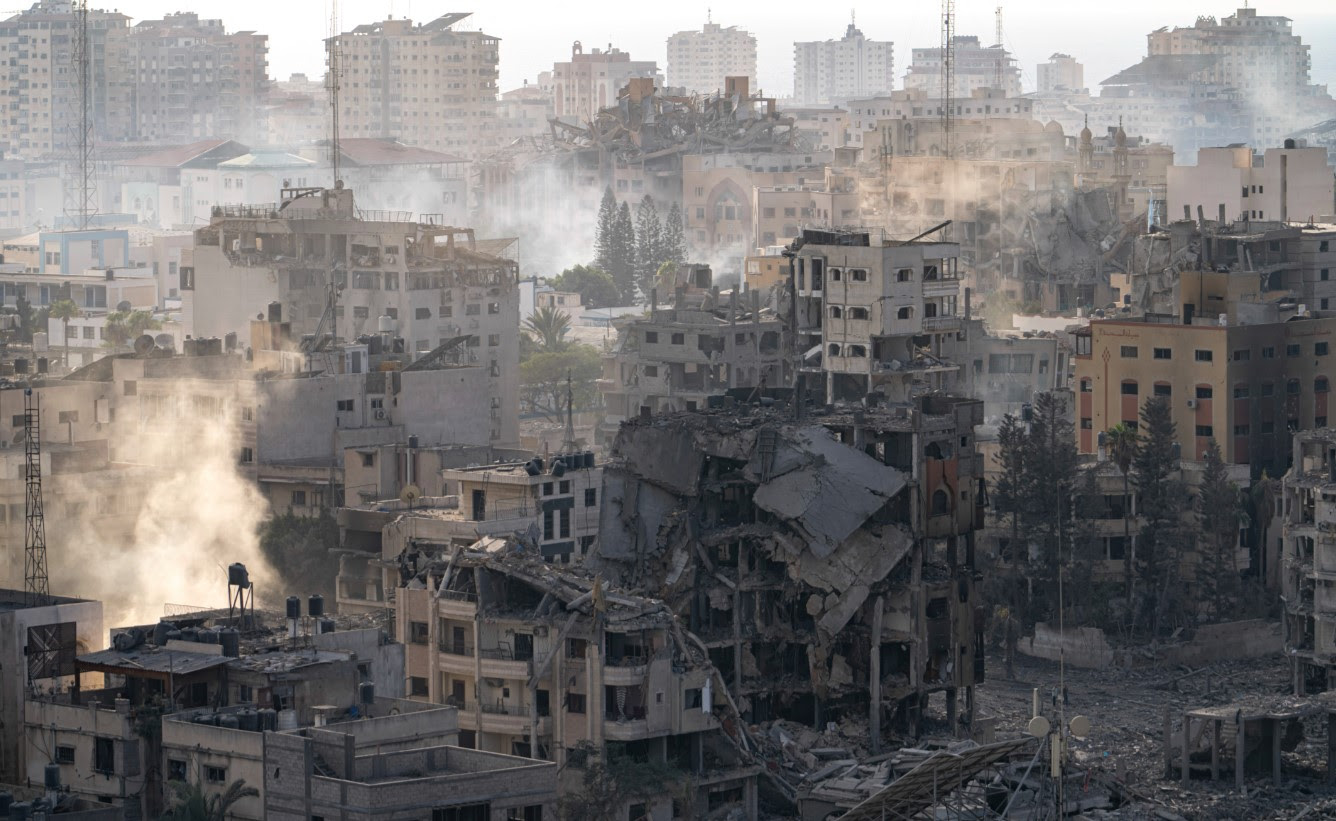
November 2023 | IPRI # 415
IPRI Comments
IPRI Team
Into the Fifth Week: The Continuing Ground Offensive and Israel’s Search for Hamas’ Command Centre
read more
Conflict Weekly
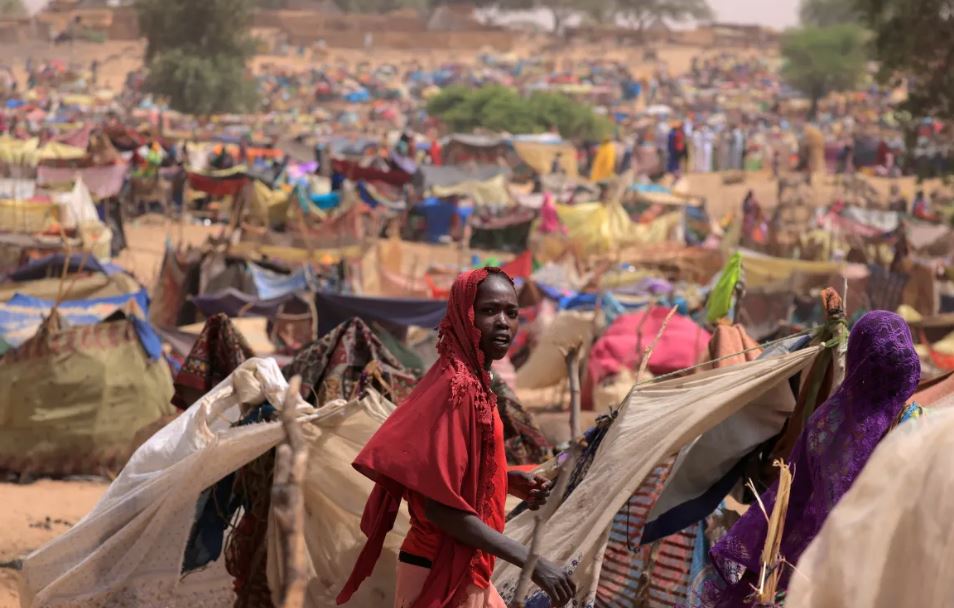
November 2023 | IPRI # 414
IPRI Comments
IPRI Team
The Conflict in Sudan and Pakistan's Repatriation of Illegal Refugees
read more
Conflict Weekly
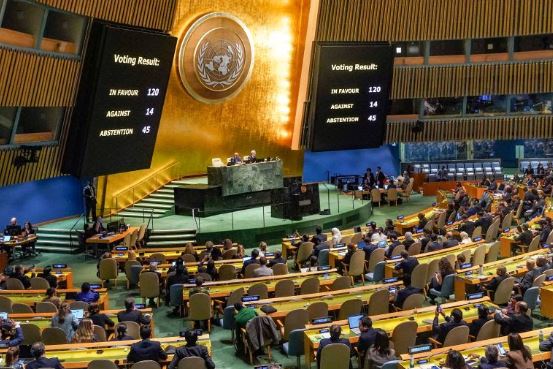
October 2023 | IPRI # 394
IPRI Comments
IPRI Team
The Worsening Situation in Gaza, Rapprochement between Venezuela and the US, and the Philippines- China Maritime Dispute
read more
Conflict Weekly
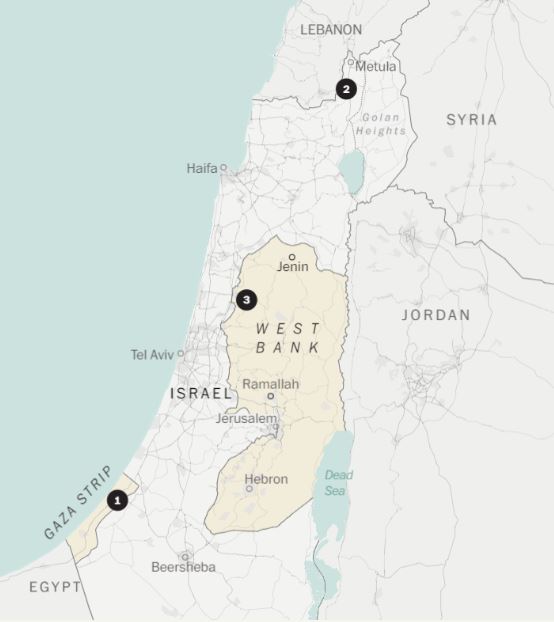
October 2023 | IPRI # 393
IPRI Comments
IPRI Team
The Conflict Escalation in Israel and the Failed Indigenous Voice Referendum in Australia
read more
Conflict Weekly
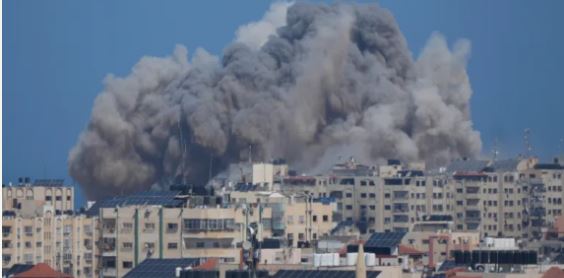
October 2023 | IPRI # 392
IPRI Comments
IPRI Team
Israel-Palestine Conflict and Earthquake in Afghanistan
read more
Conflict Weekly
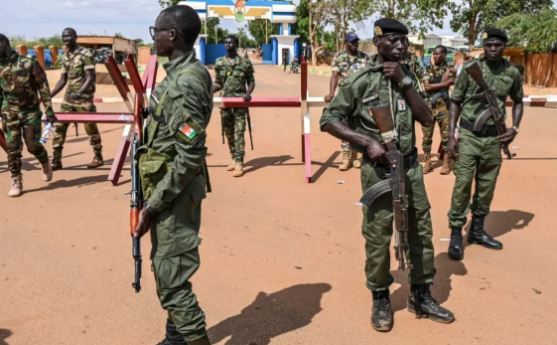
October 2023 | IPRI # 391
IPRI Comments
IPRI Team
Rising security threats after the coup in Niger
read more
Conflict Weekly
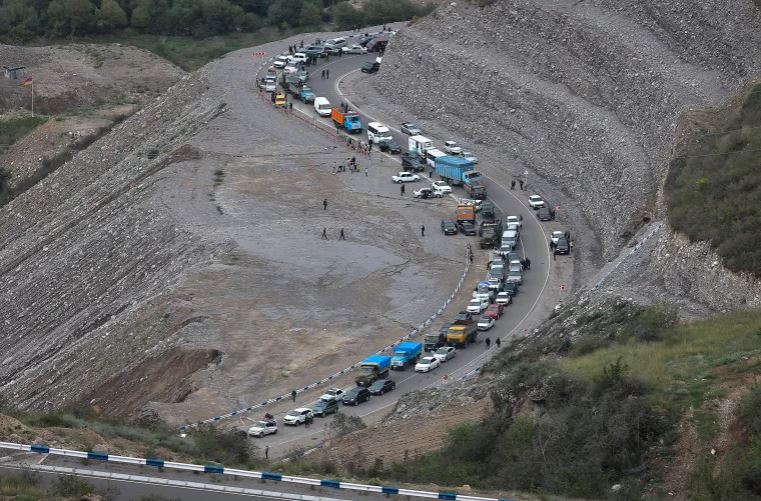
September 2023 | IPRI # 390
IPRI Comments
IPRI Team
Nagorno-Karabakh and the End of the Republic of Artsakh
read more
Conflcit Weekly
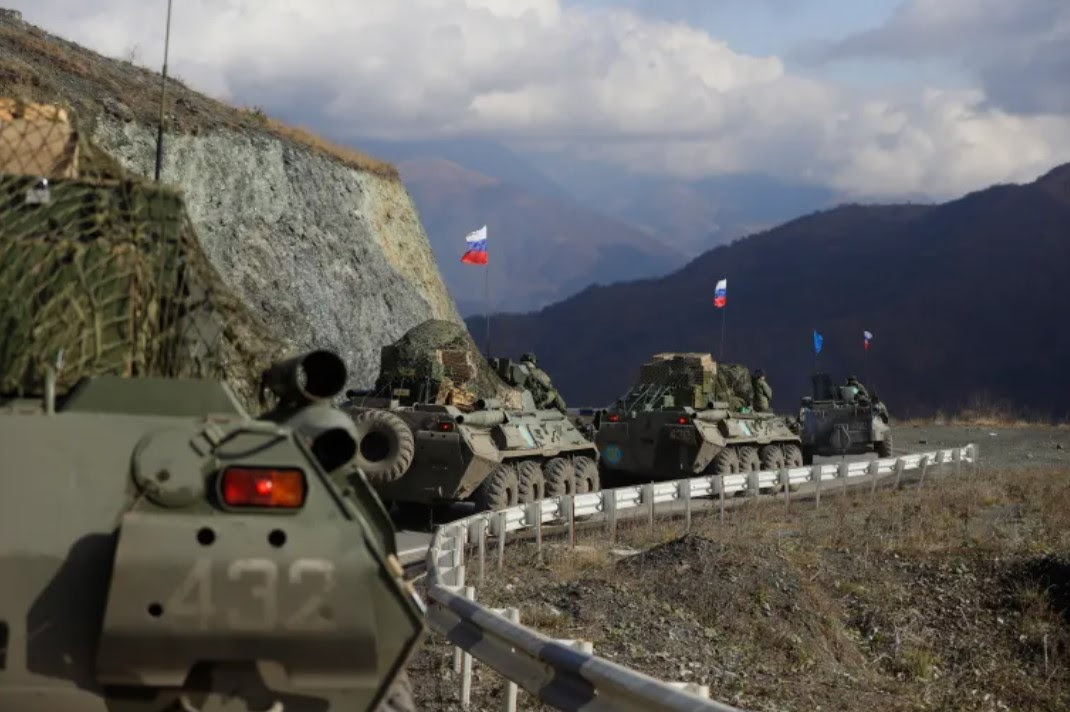
September 2023 | IPRI # 389
IPRI Comments
IPRI Team
Violence and Ceasefire in Nagorno-Karabakh, Auto Workers’ Strike in the US, Fighting in Sudan, Another Migrant Crisis in Italy, and the US-Iran Prisoners Exchange
read more
Conflict Weekly
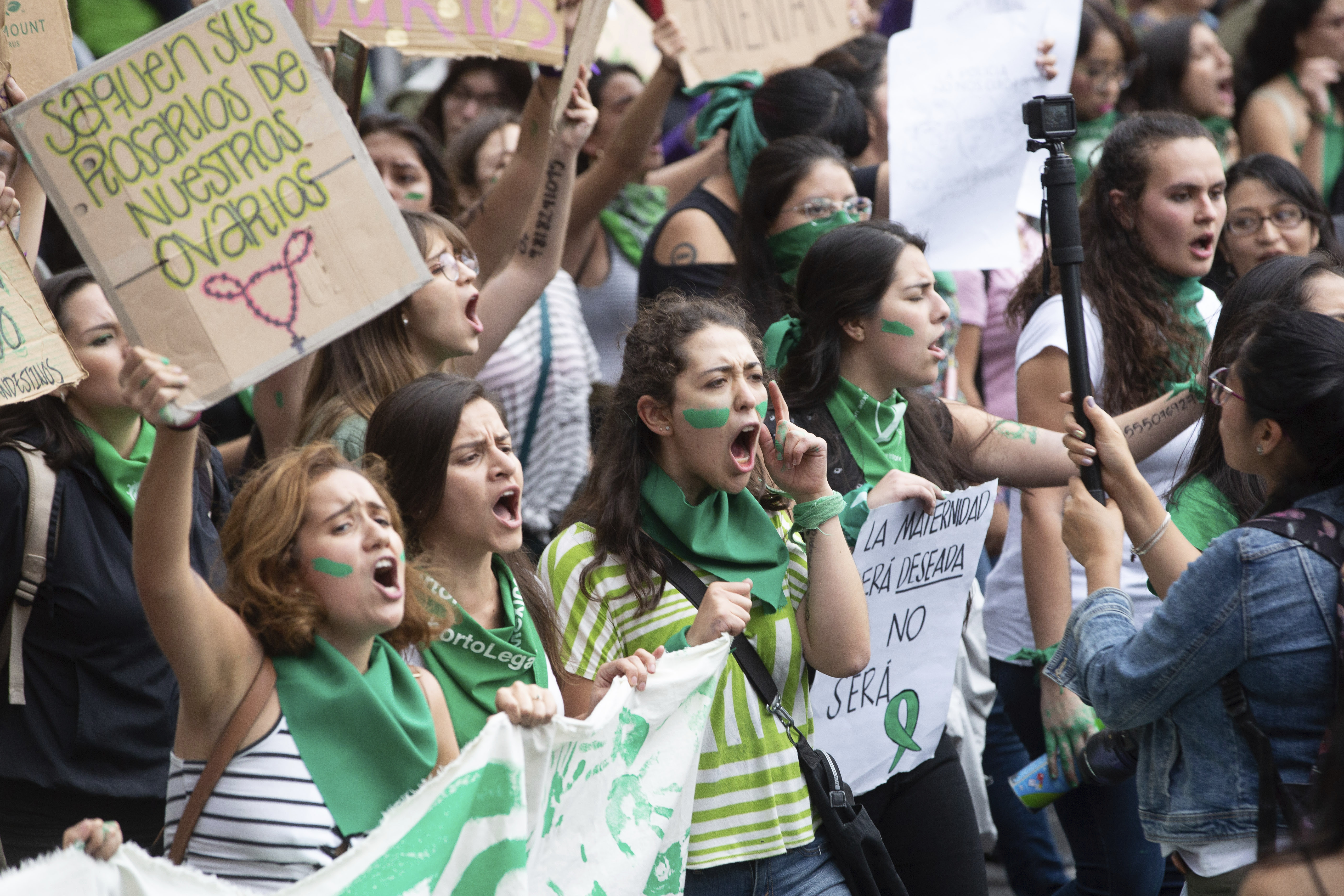
September 2023 | IPRI # 388
IPRI Comments
IPRI Team
Decriminalisation of Abortion in Mexico, Continuing Violence in Sudan, Floods in Libya, and Earthquake in Morocco
read more
Conflict Weekly

September 2023 | IPRI # 387
IPRI Comments
IPRI Team
The Fall of Black Sea Grain Initiative, Leadership Troubles for Myanmar in ASEAN, and Post-Coup Tensions in Gabon
read more
Conflict Weekly
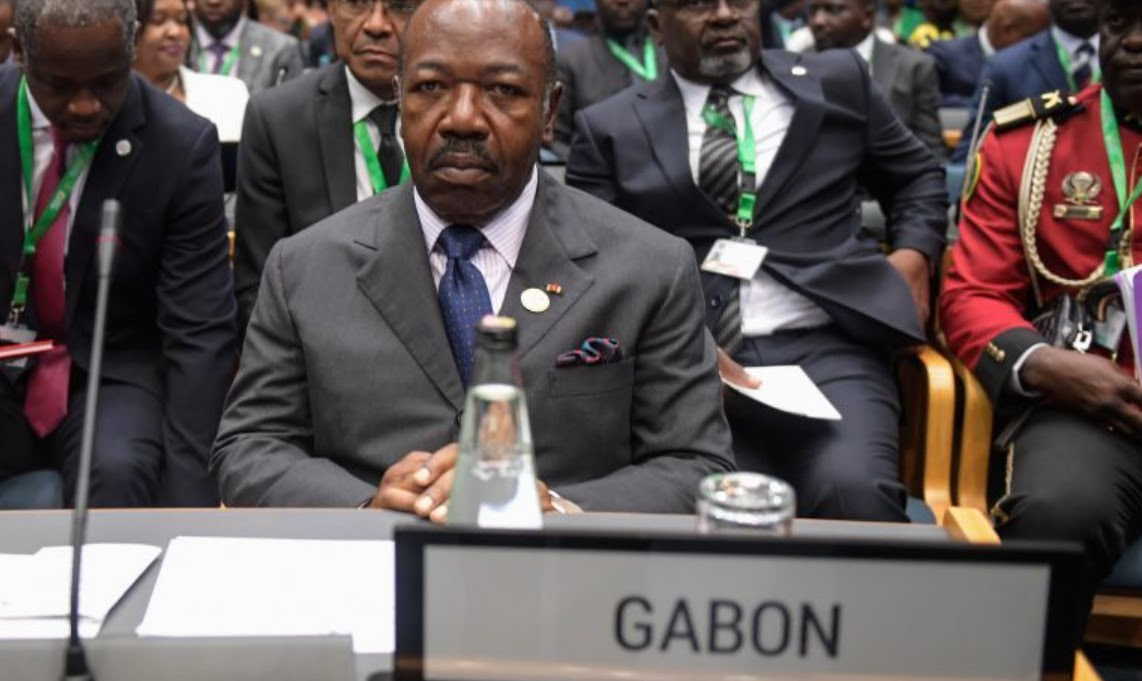
August 2023 | IPRI # 386
IPRI Comments
IPRI Team
Coup in Gabon and One Year of “Total Peace†in Colombia
read more
Conflict Weekly
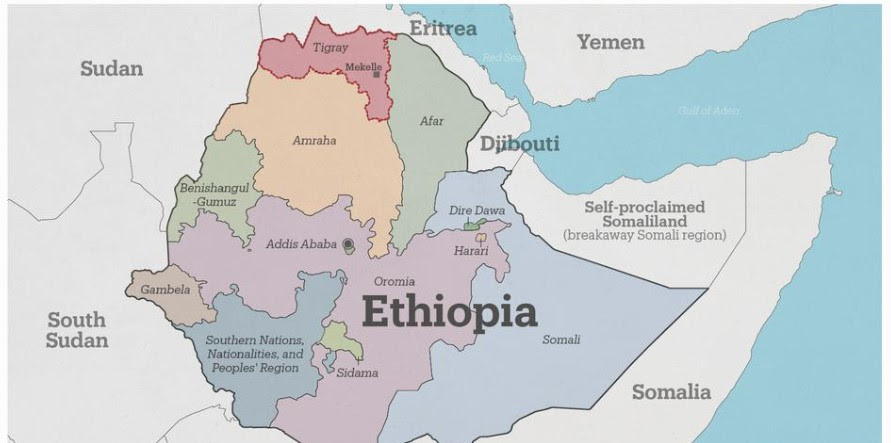
August 2023 | IPRI # 385
IPRI Comments
IPRI Team
Another Conflict in Ethiopia and a Stalemate in Niger
read more
Conflict Weekly
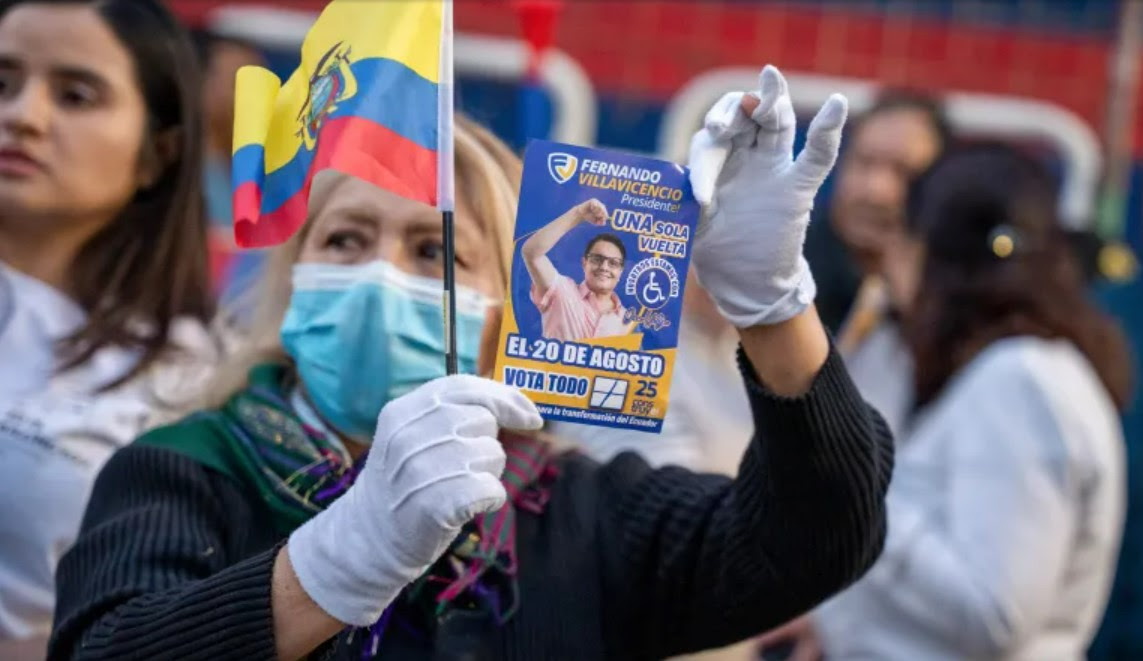
August 2023 | IPRI # 384
IPRI Comments
IPRI Team
Political Violence in Ecuador, Wildfires in Hawaii, and Two Years of Taliban Rule
read more
Conflict Weekly
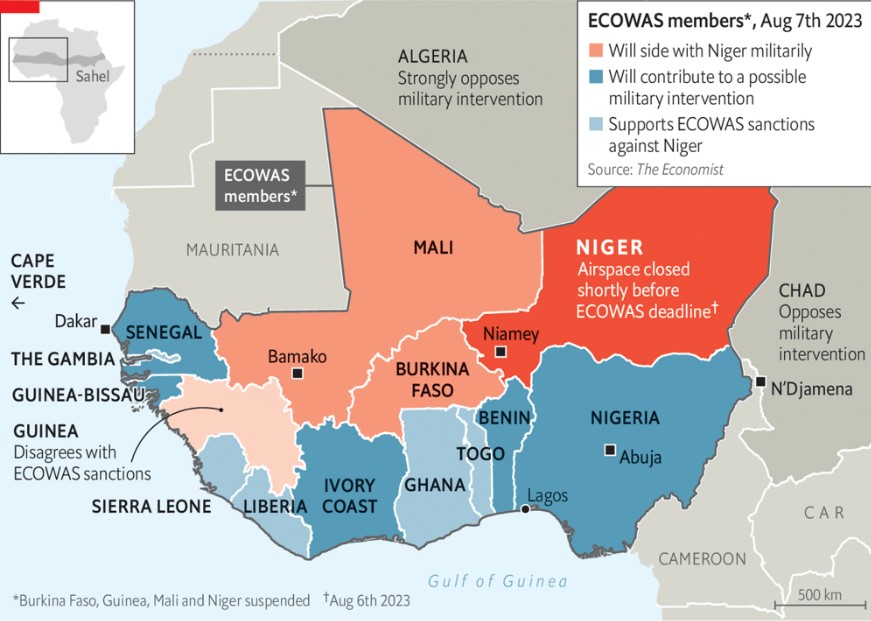
August 2023 | IPRI # 383
IPRI Comments
IPRI Team
Continuing Standoff in Niger, Expanding War in Ukraine, and Political Crisis in Senegal
read more
IPRI Quarterly Forecasts
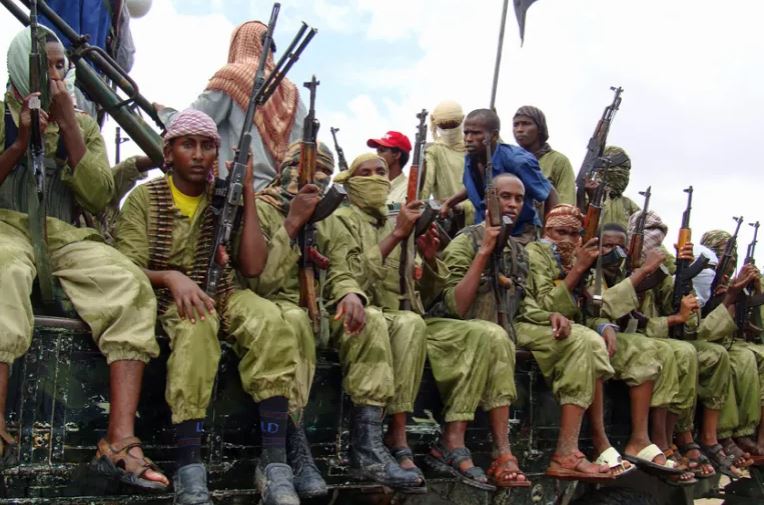
August 2023 | IPRI # 382
IPRI Briefs
S Shaji
Increasing Insurgency in East Africa: Major Trends and Trajectories
read more
Conflict Weekly
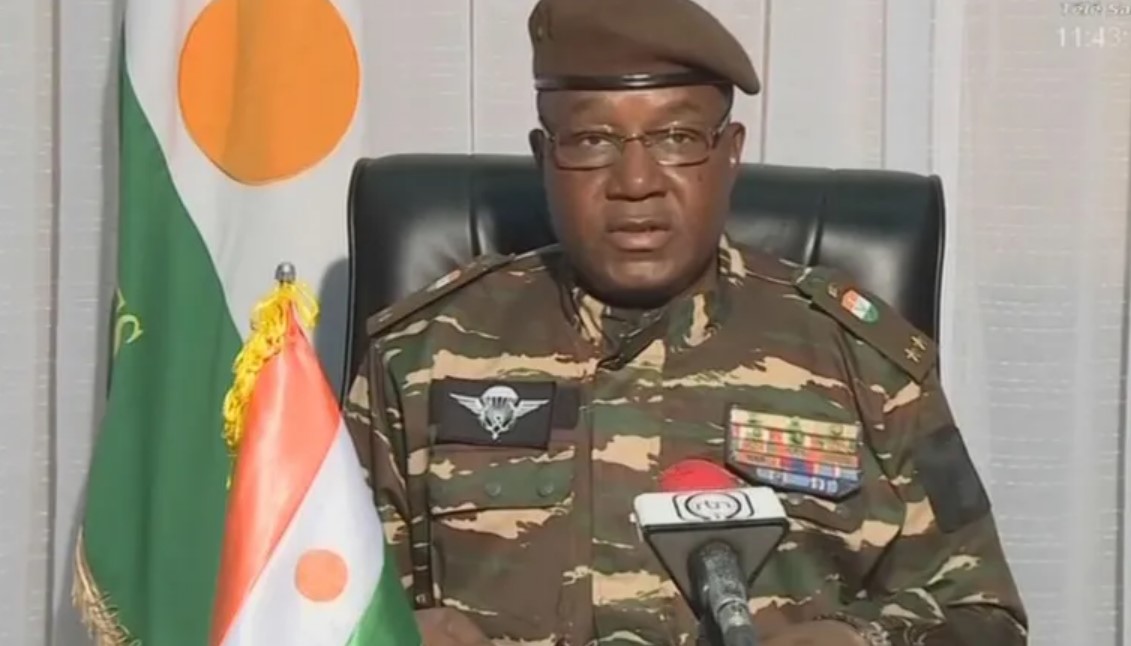
July 2023 | IPRI # 381
IPRI Comments
IPRI Team
The Coup in Niger, Violent anti-government demonstrations in Kenya, and Protests in Israel over judicial reforms
read more
IPRI Quarterly Forecasts
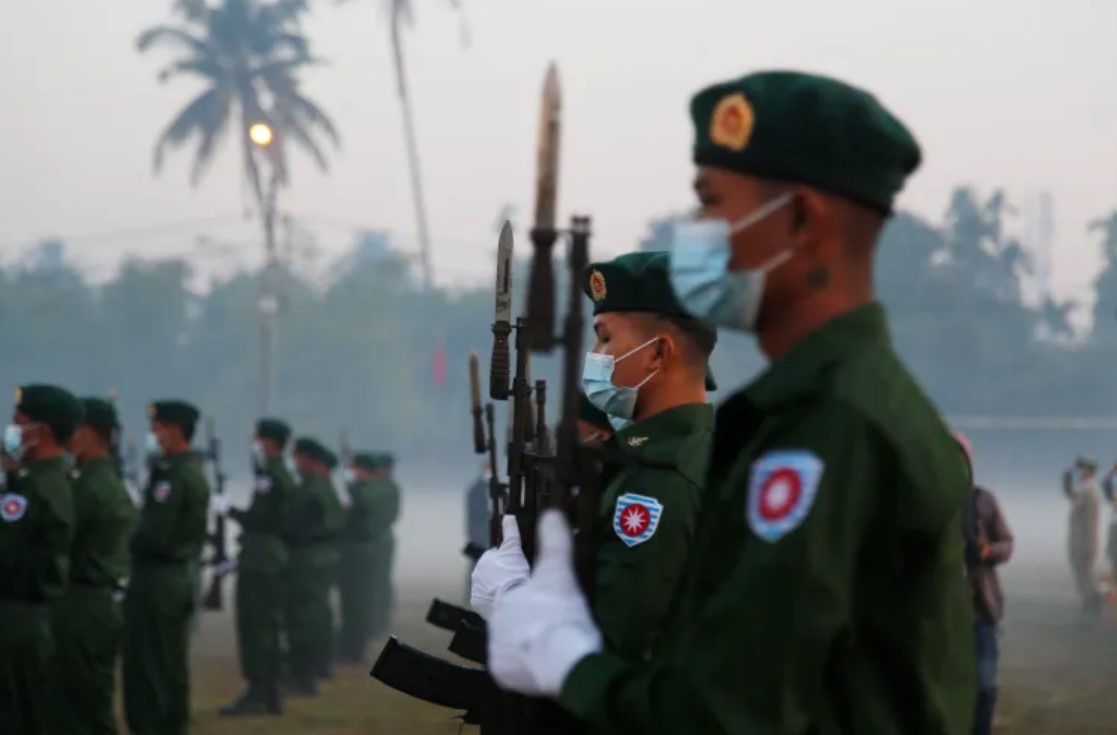
July 2023 | IPRI # 380
IPRI Briefs
Bibhu Prasad Routray
Myanmar Continues to Burn
read more
IPRI Quarterly Forecasts
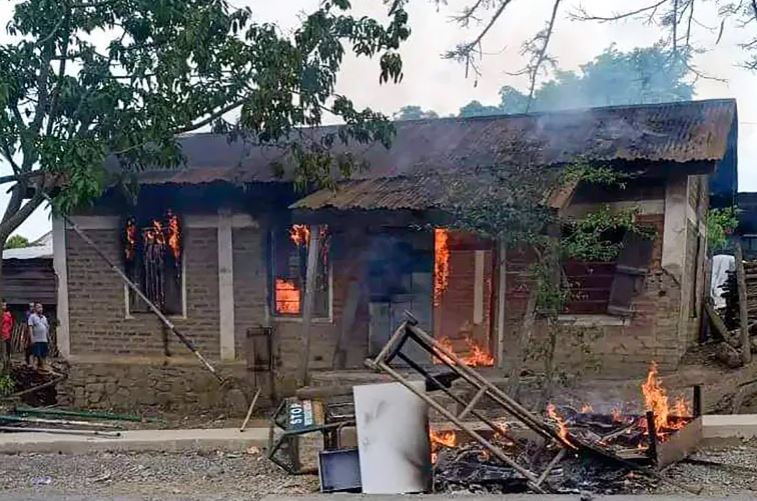
July 2023 | IPRI # 379
IPRI Briefs
Bibhu Prasad Routray
Return of Violence in Manipur
read more
Conflcit Weekly
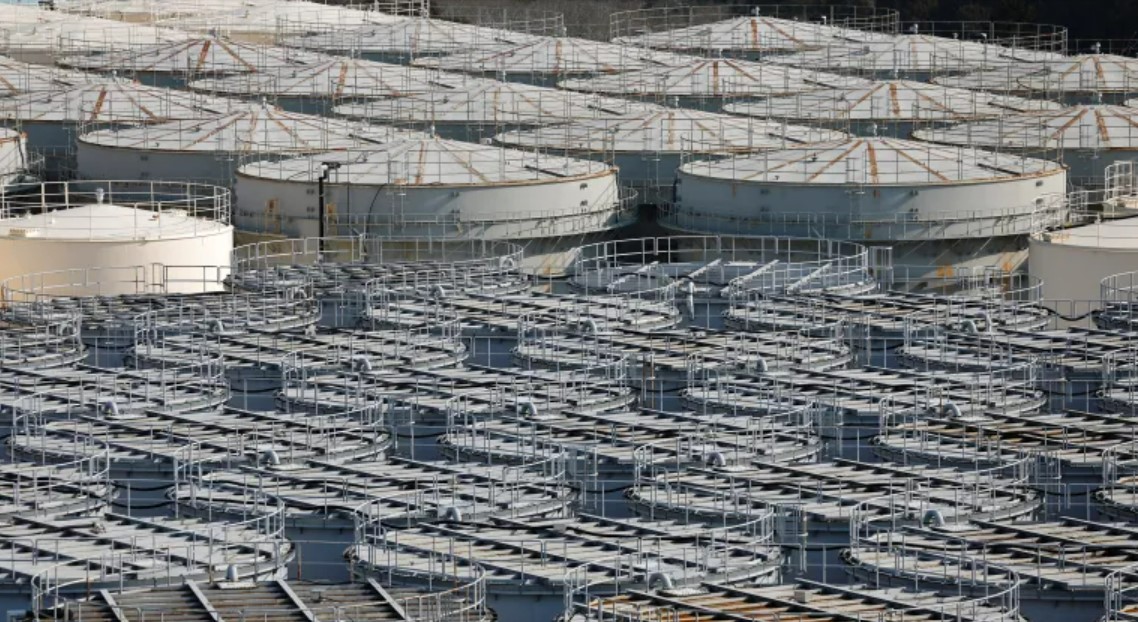
July 2023 | IPRI # 378
IPRI Comments
IPRI Team
The Fukushima waste water controversy, Russia’s withdrawal from the grain deal, Stalemate of aid extension in Syria, and Extreme weather anomalies across US Europe and Asia
read more
Conflcit Weekly
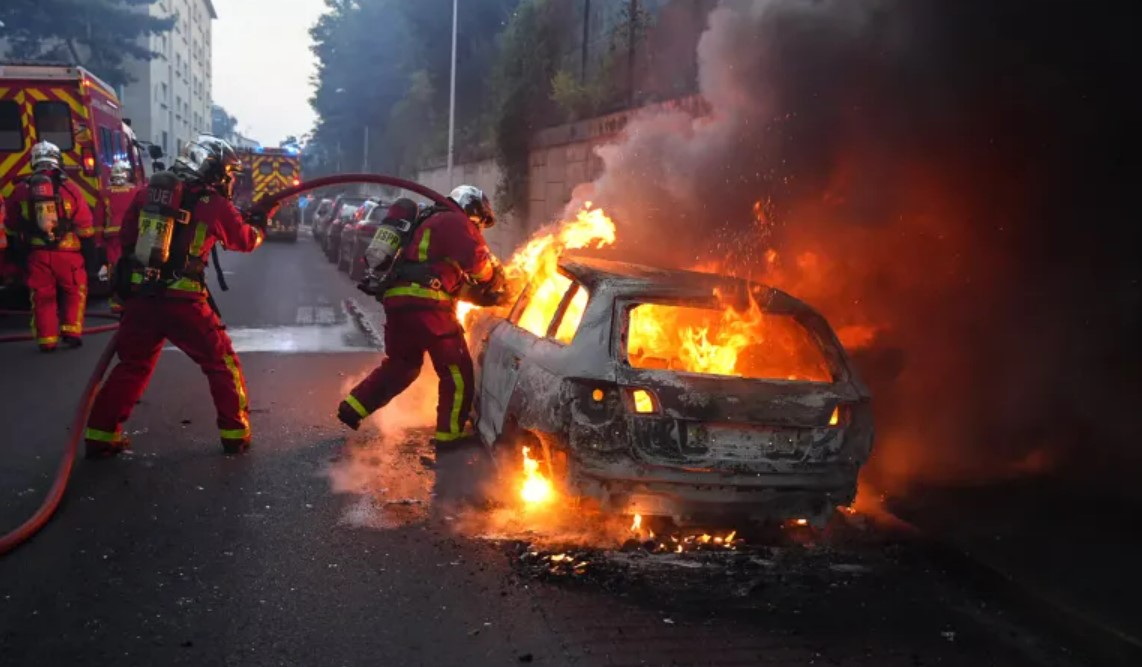
July 2023 | IPRI # 376
IPRI Comments
IPRI Team
Protests in France, Termination of UN Mission in Mali, and Violence in Israel
read more
Conflict Weekly
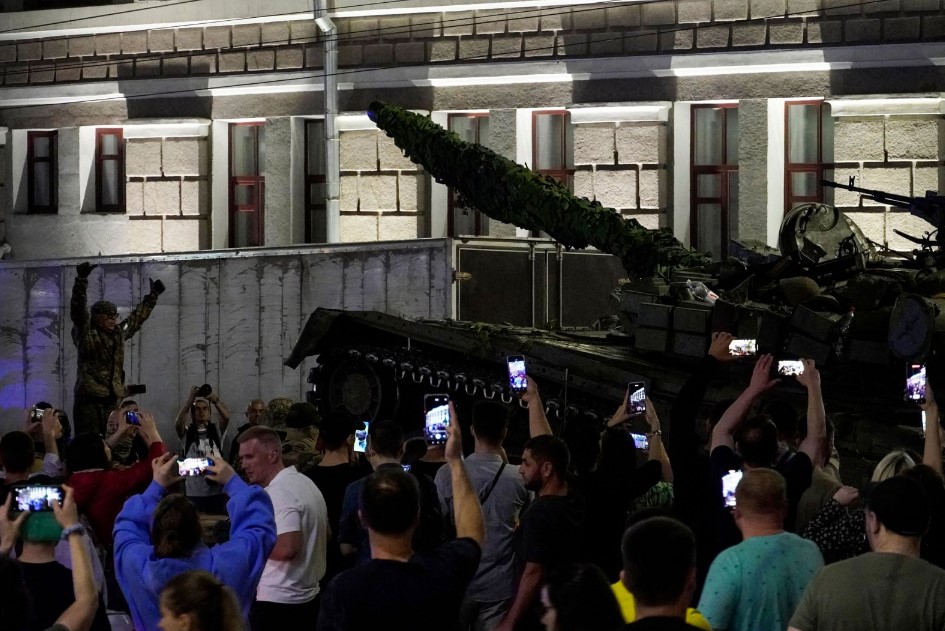
June 2023 | IPRI # 375
IPRI Comments
IPRI Team
Rise and Fall of the Wagner Revolt, Failure of the Ninth Ceasefire in Sudan, and the Global Gender Gap Report
read more
IPRI REVIEW
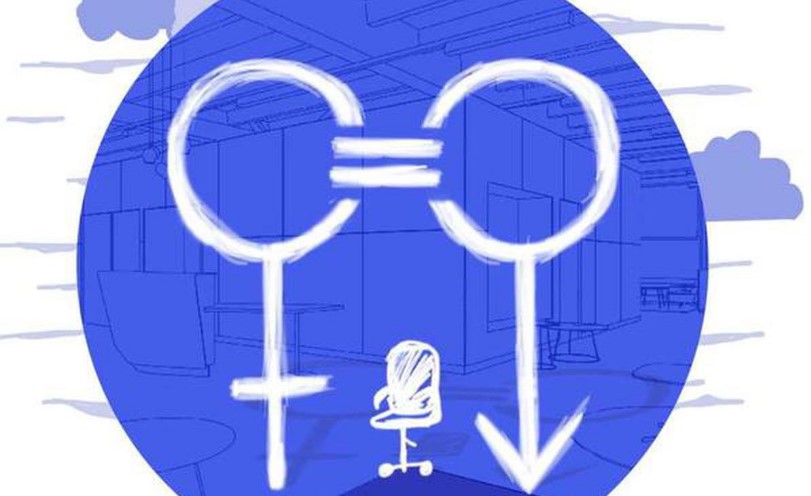
June 2023 | IPRI # 374
IPRI Comments
Rishika Yadav, Sneha Surendran, Sandra D Costa, Ryan Marcus, Prerana P and Nithyashree RB
Global Gender Gap Report 2023: Regional Takeaways
read more
Conflict Weekly
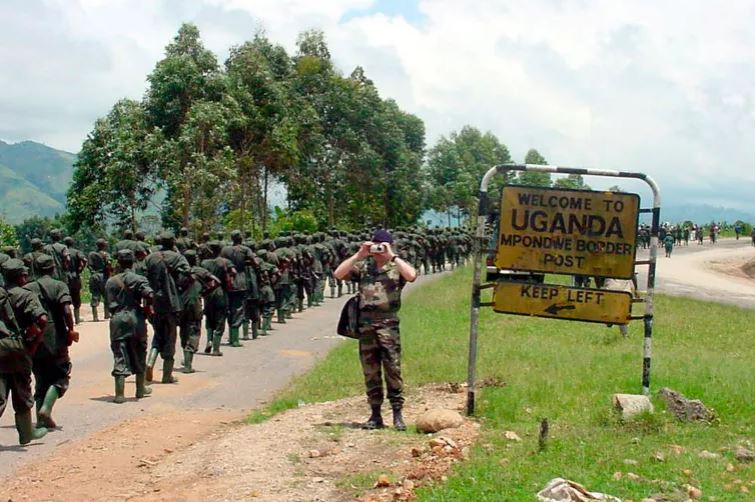
June 2023 | IPRI # 373
IPRI Comments
IPRI Team
Violence in Uganda, Migrant Crisis in the Mediterranean, State of the Climate in Europe, and Taliban Arms Management
read more
SPECIAL COMMENTARY
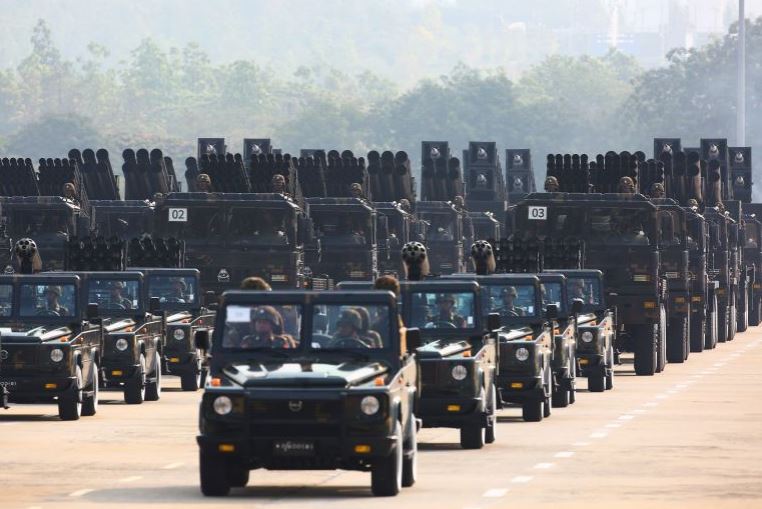
June 2023 | IPRI # 372
IPRI Comments
Bibhu Prasad Routray
The Civil War in Myanmar: Continuing Violence, the Battle of Attrition, and the Divide within ASEAN
read more
Conflict Weekly
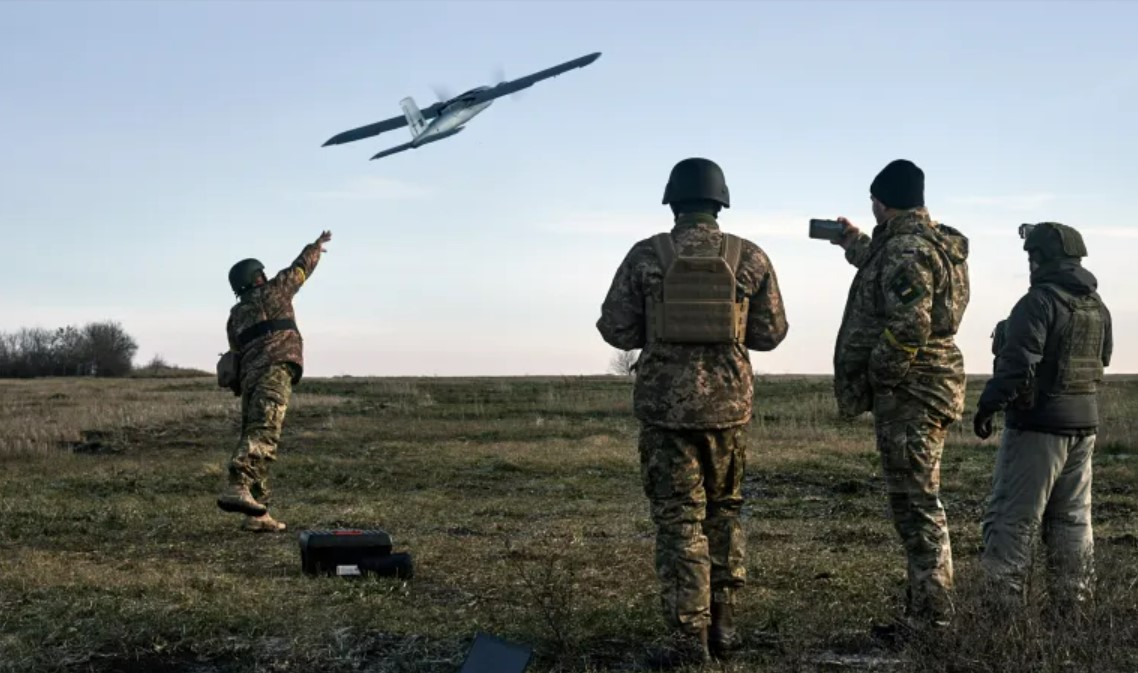
June 2023 | IPRI # 371
IPRI Comments
IPRI Team
Counter-Offensive and Drone Attacks in Ukraine, and Continuing Violence in Manipur
read more
SPECIAL COMMENTARY

June 2023 | IPRI # 370
IPRI Comments
Bibhu Prasad Routray
India: Violence continues in Manipur
read more
Conflict Weekly

June 2023 | IPRI # 369
IPRI Comments
IPRI Team
Canada's Wildfires, and Reviews of two reports on Tigray and the Arctic Ice-melt
read more
IPRI REPORT REVIEW
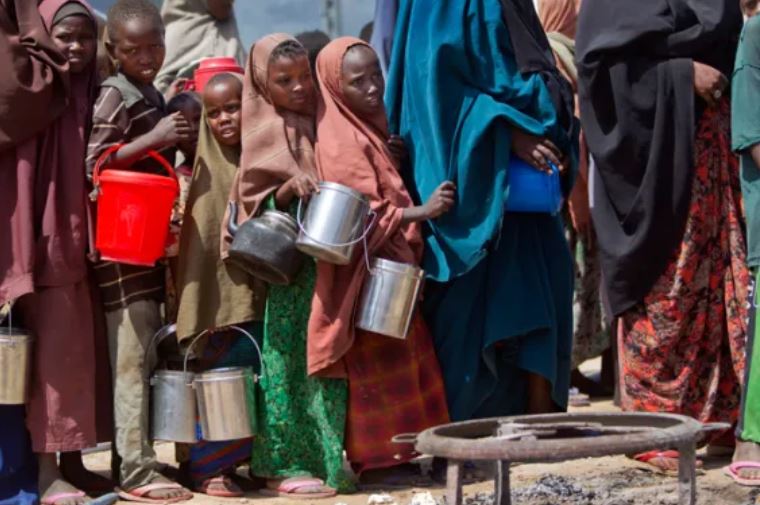
June 2023 | IPRI # 368
IPRI Comments
Varsha K and Nithyashree RB
Hunger Hotspots: Five Takeaways of FAO‑WFP report on food insecurity
read more
Conflict Weekly
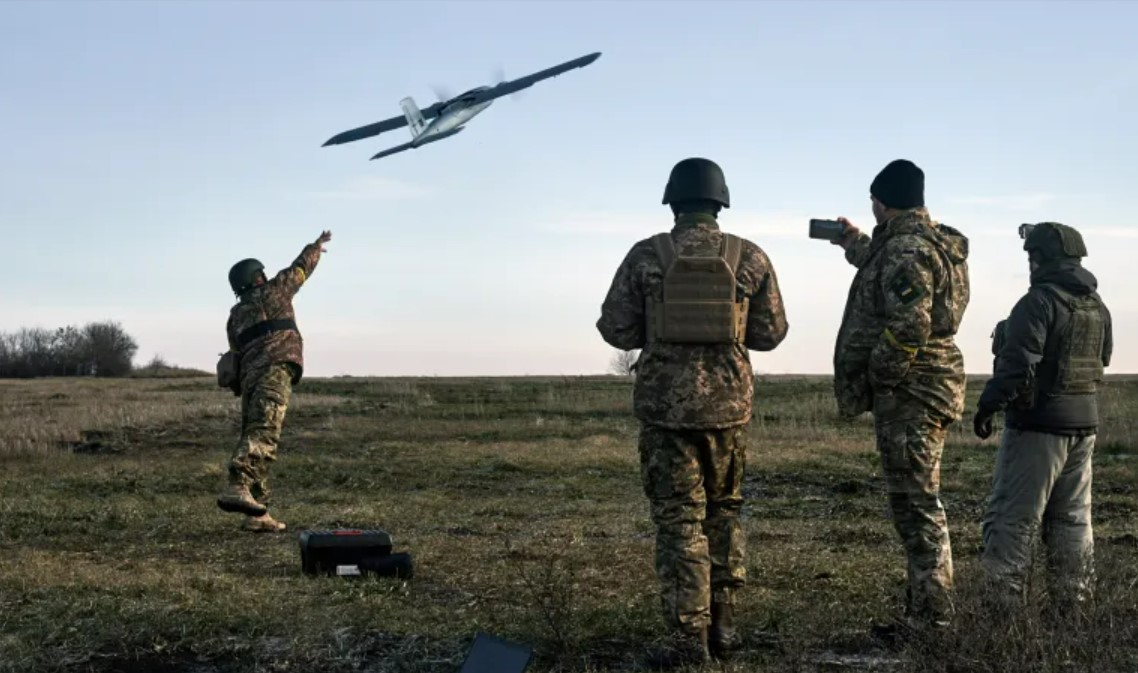
June 2023 | IPRI # 367
IPRI Comments
IPRI Team
The Russia-Ukraine Drone Warfare, Violence in Kosovo, and a Separatists' Crisis in Cameroon
read more
Conflict Weekly
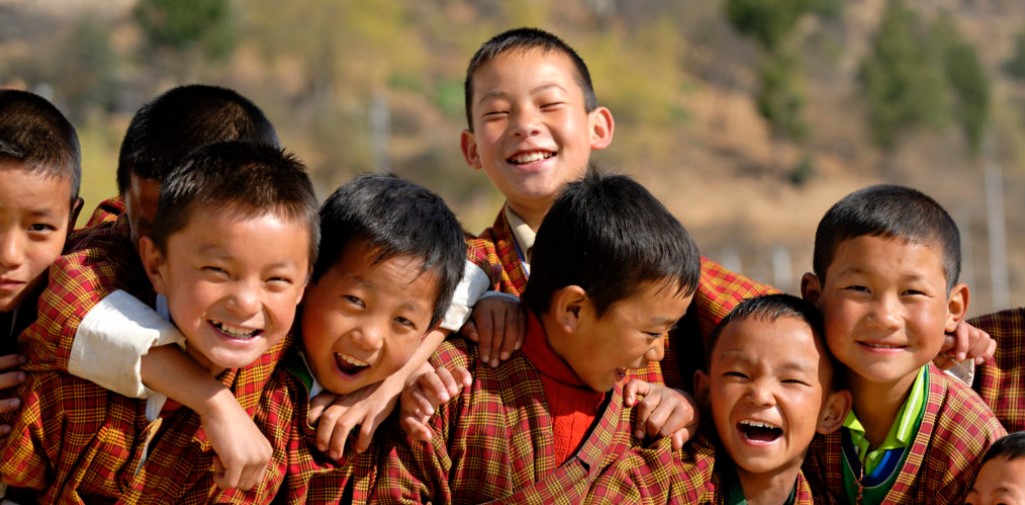
May 2023 | IPRI # 366
IPRI Comments
IPRI Team
Bhutan's Gross National Happiness, Return of Syria to the Arab League, Seventh Ceasefire in Sudan, Bakhmut Battle in Ukraine, Zelensky's Diplomatic Offensive, and WMO Report Takeaways
read more
Conflict Weekly
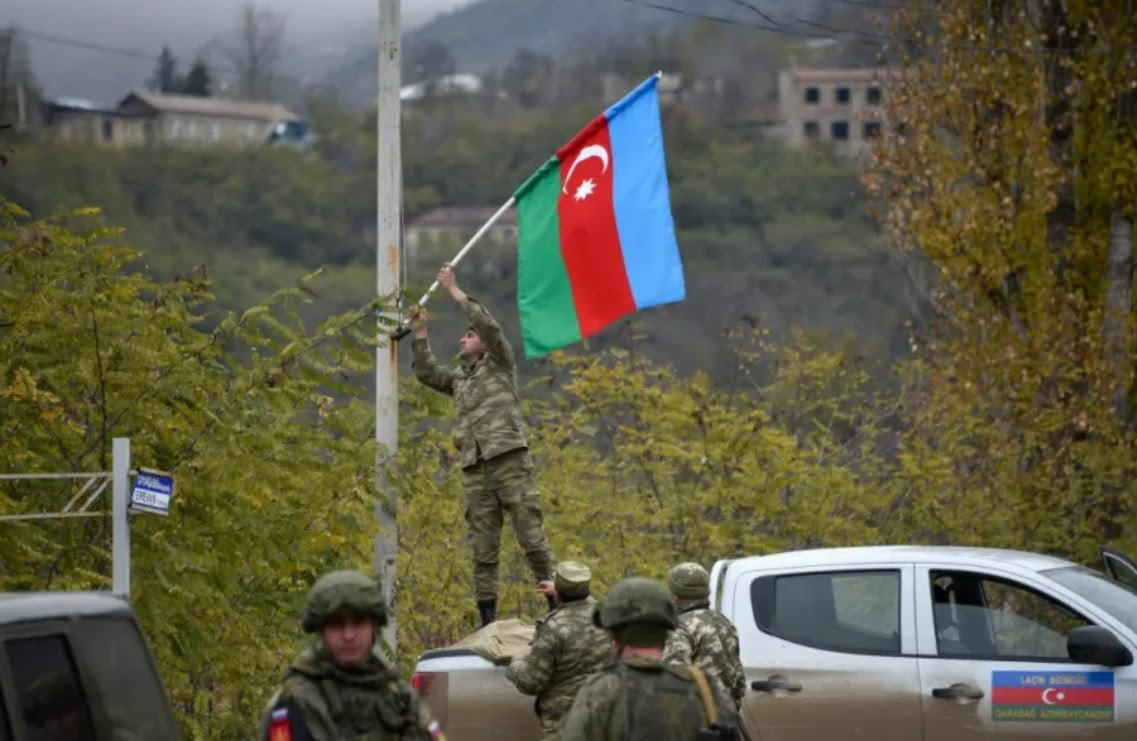
May 2023 | IPRI # 365
IPRI Comments
IPRI Team
The Armenia-Azerbaijan Stalemate
read more
May 2023 | IPRI # 364
IPRI Briefs
Bibhu Prasad Routray
Violence in India's Manipur: Clash of Perceptions of Marginalization and Victimhood
read more
Conflict Weekly
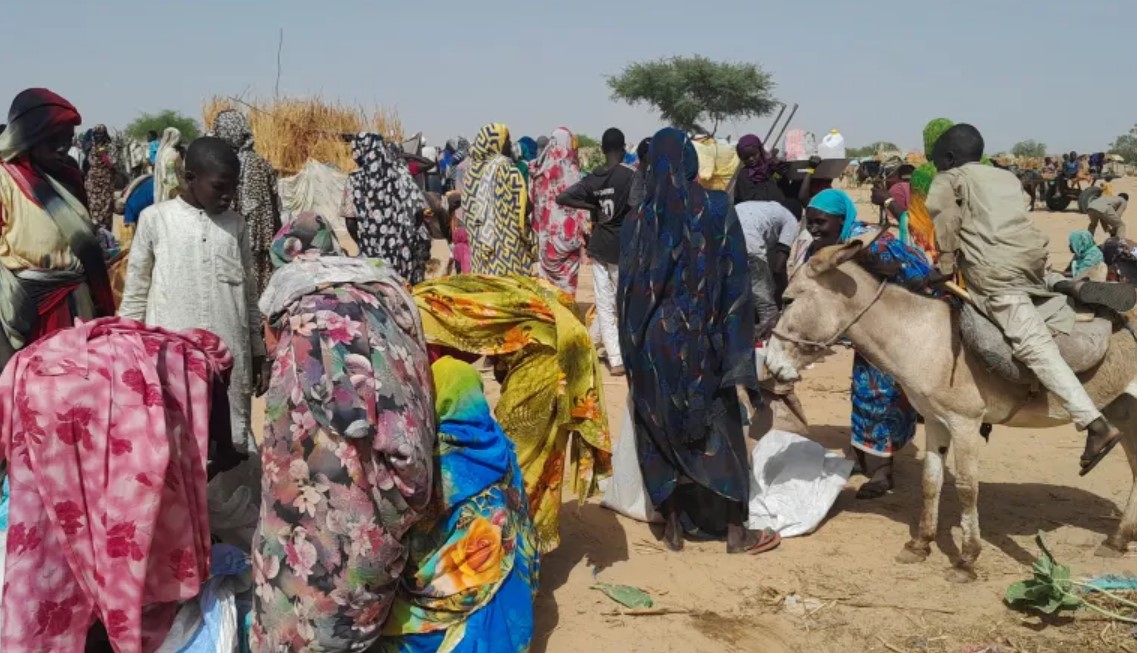
May 2023 | IPRI # 363
IPRI Comments
IPRI Team
Another ceasefire in Sudan, and a Counteroffensive in Ukraine
read more
Special Commentary
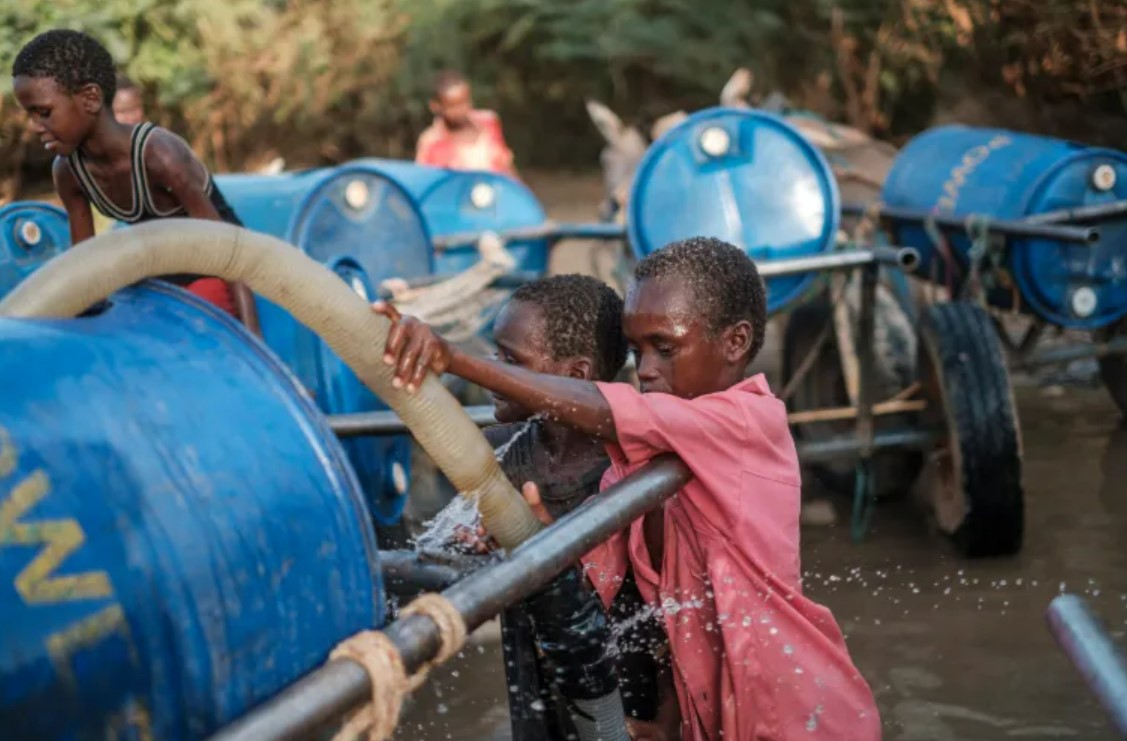
May 2023 | IPRI # 362
IPRI Comments
Akriti Sharma
Droughts in East Africa: A climate disaster
read more
Special Commentary
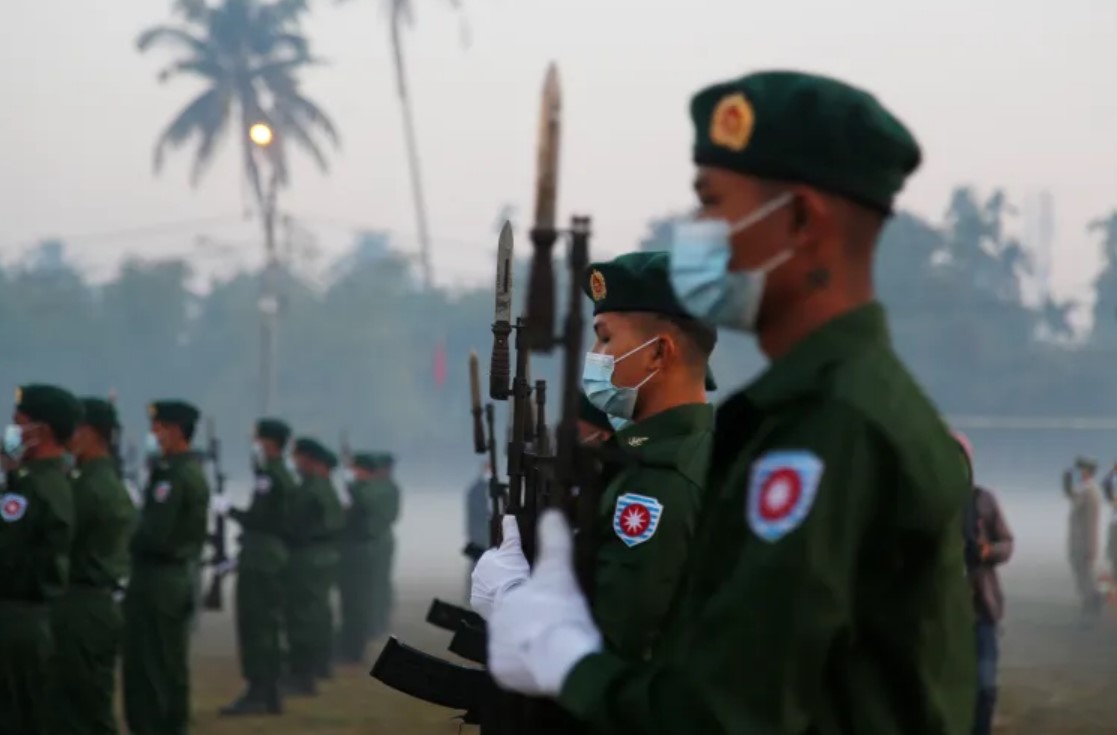
May 2023 | IPRI # 361
IPRI Comments
Bibhu Prasad Routray
The State of Conflict in Myanmar: Violence, Counter-Violence, and the Current Impasse
read more
Conflict Weekly
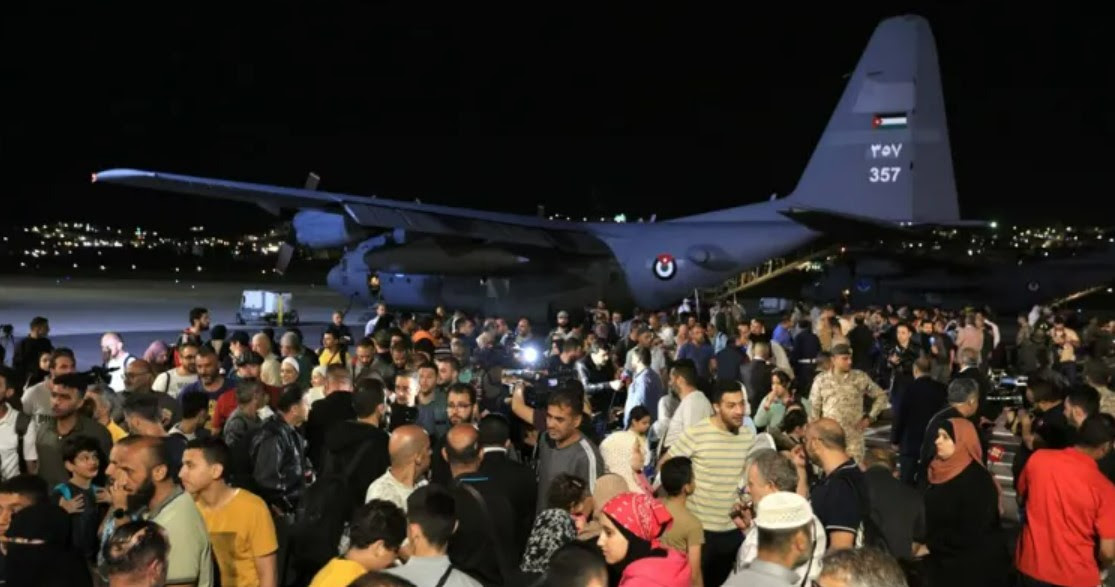
April 2023 | IPRI # 360
IPRI Comments
IPRI Team
Evacuation in Sudan, and the Chinese Ambassador's statement on the status of former Soviet republics
read more
Conflict Weekly
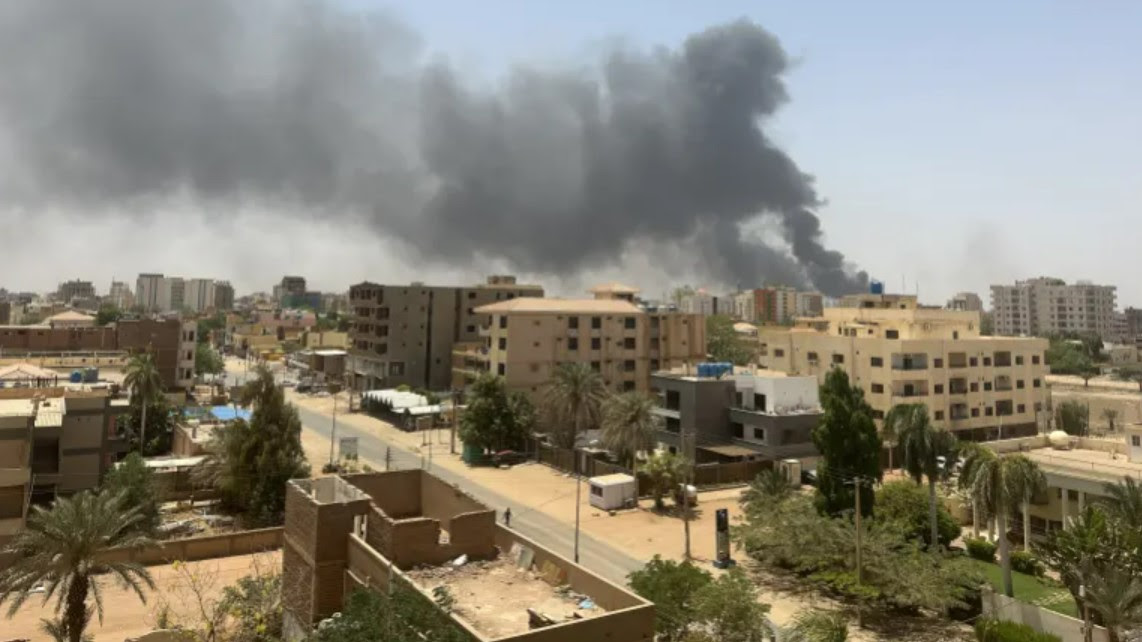
April 2023 | IPRI # 359
IPRI Comments
IPRI Team
Violence in Sudan and the Battle for Bakhmut
read more
Conflcit Weekly
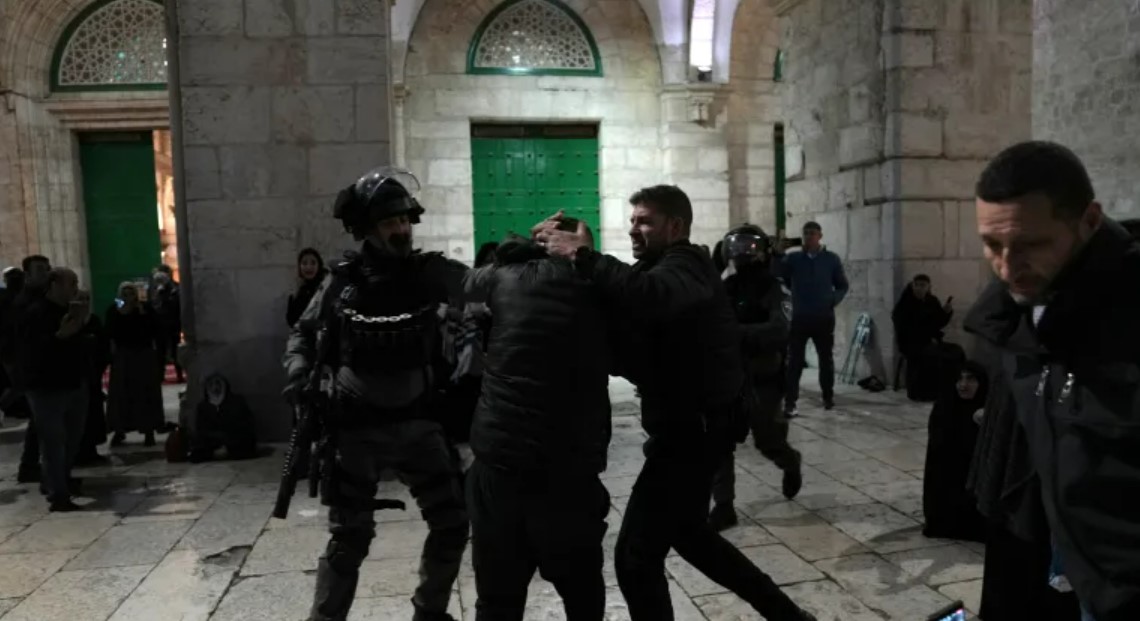
April 2023 | IPRI # 358
IPRI Comments
IPRI Team
Violence in Israel and 25 years of the Good Friday Agreement
read more
Conflcit Weekly
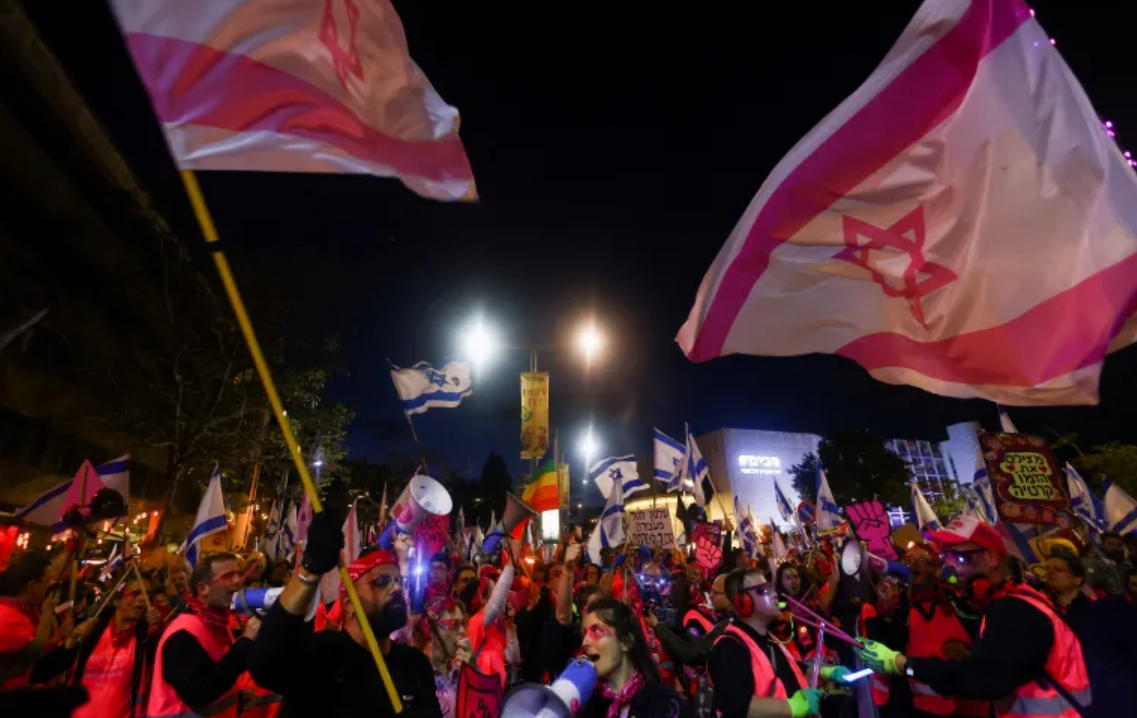
April 2023 | IPRI # 357
IPRI Comments
IPRI Team
Protests in Israel, Elections in Finland, and Kidnapping in Nigeria
read more
Conflcit Weekly
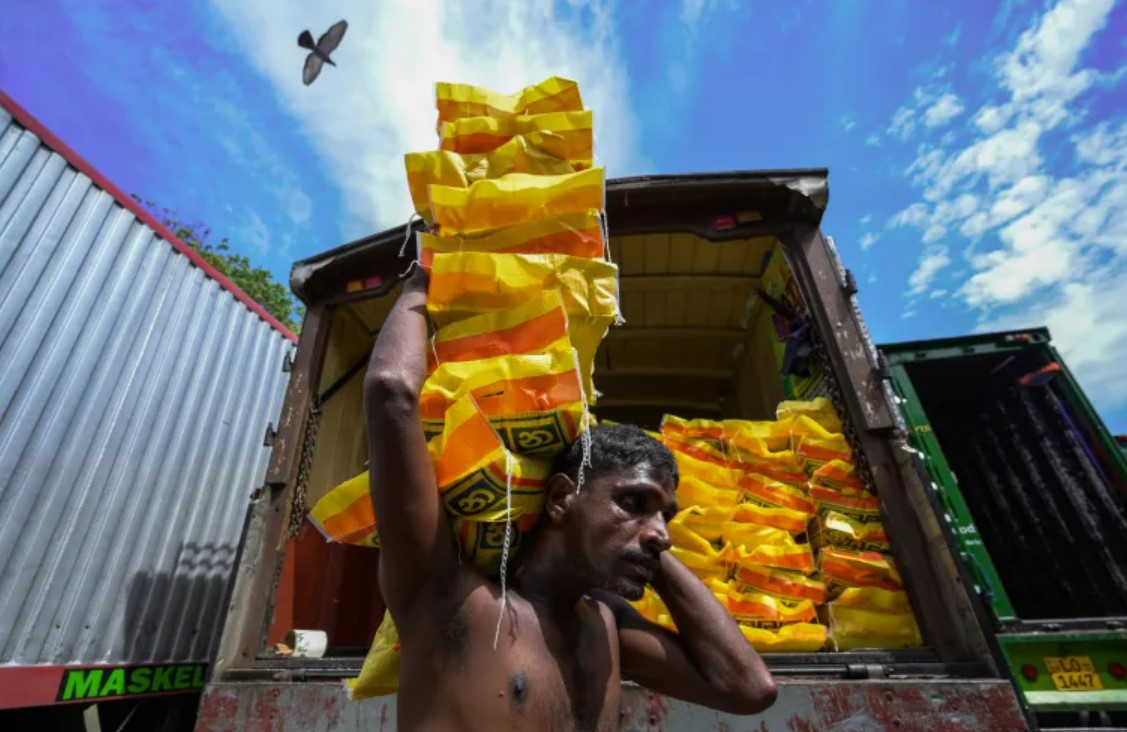
March 2023 | IPRI # 356
IPRI Comments
IPRI Team
Sri Lanka's IMF deal and Violence in Haiti
read more
Conflcit Weekly
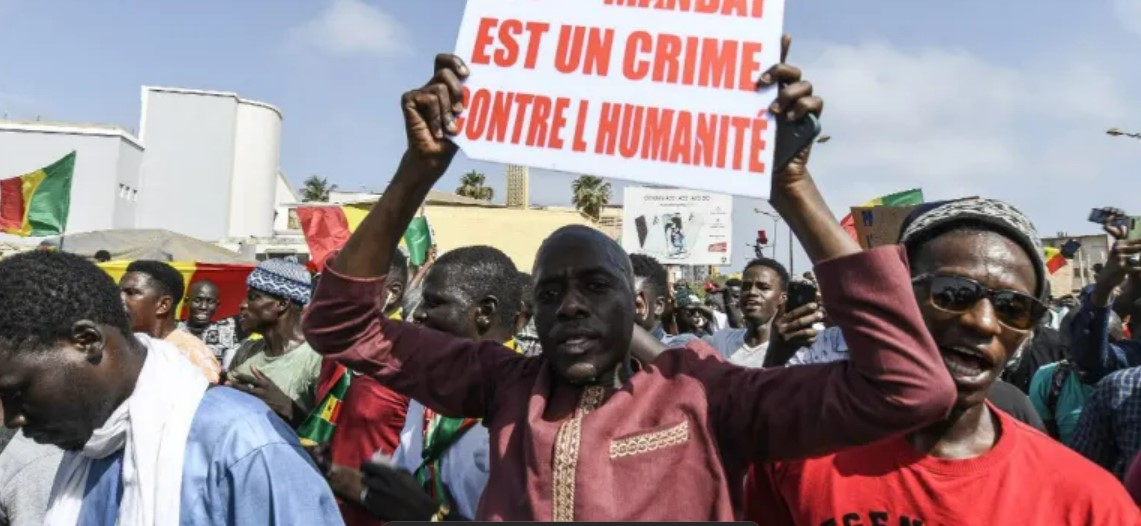
March 2023 | IPRI # 355
IPRI Comments
IPRI Team
Protests in Senegal, Imran Khan's arrest attempt and Bank distress across the US and Europe
read more
Conflict Weekly
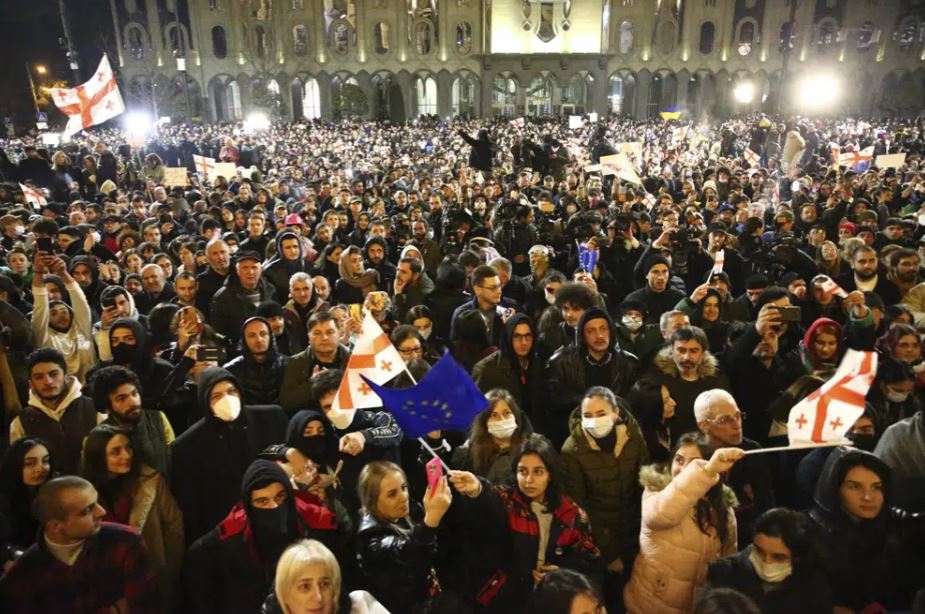
March 2023 | IPRI # 354
IPRI Comments
IPRI Team
Protests in Georgia, Japan-South Korea reconciliation, and Iran’s school poisoning
read more
Conflict Weekly
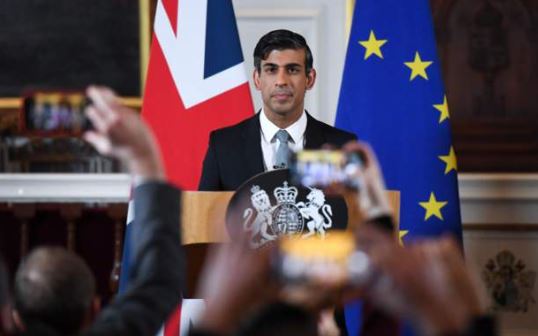
March 2023 | IPRI # 353
IPRI Comments
IPRI Team
New BREXIT deal on Northern Ireland, battle for Bakhmut and return of violence in Palestine
read more
Conflict Weekly
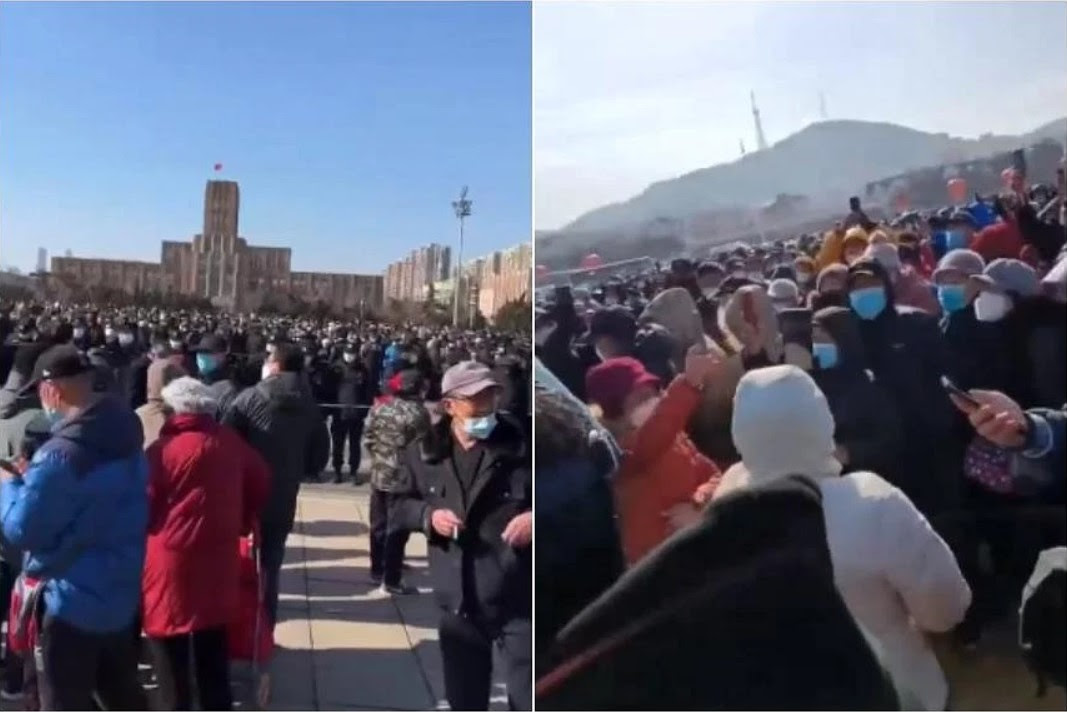
February 2023 | IPRI # 352
IPRI Comments
IPRI Team
Protests in China and France, and post-earthquake crises in Turkey and Syria
read more
Special Essay
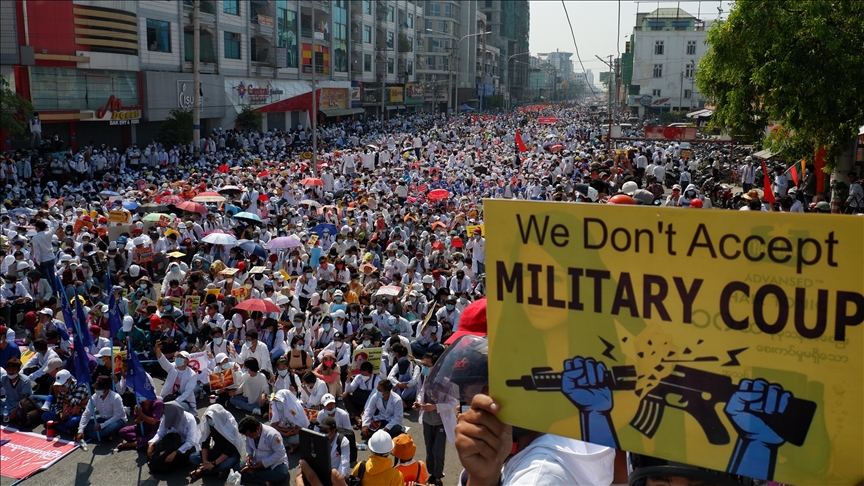
February 2023 | IPRI # 351
IPRI Comments
Bibhu Prasad Routray
Myanmar: Two years since the coup
read more
Conflict Weekly

February 2023 | IPRI # 350
IPRI Comments
IPRI Team
The US-China tensions over balloon, and Weather anomalies in the Americas
read more
Conflict Weekly
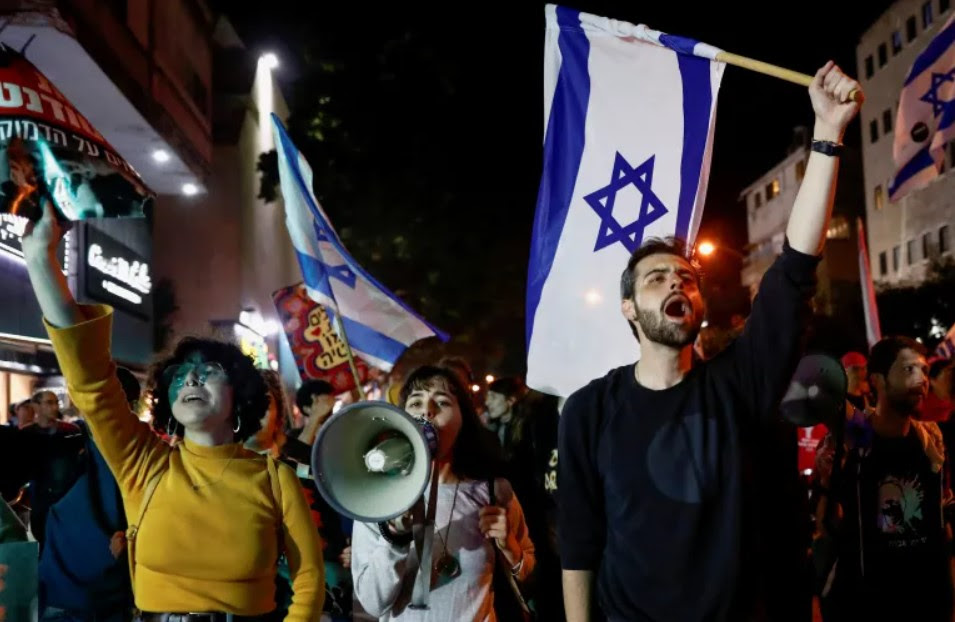
February 2023 | IPRI # 349
IPRI Comments
IPRI Team
The continuing crisis in Israel
read more
Conflict Weekly
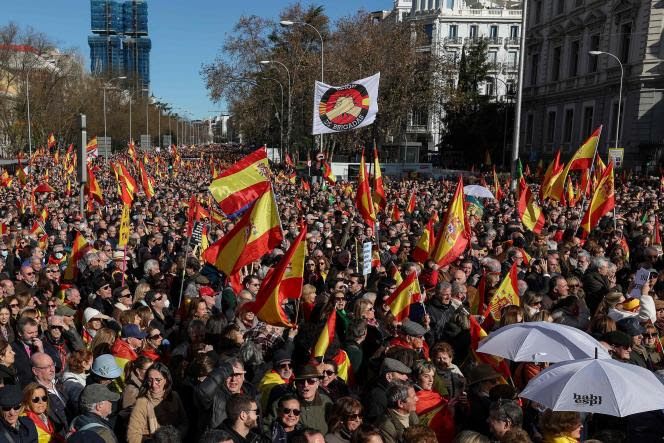
January 2023 | IPRI # 348
IPRI Comments
IPRI Team
Protests in Spain, Sweden and Israel
read more
Conflict Weekly
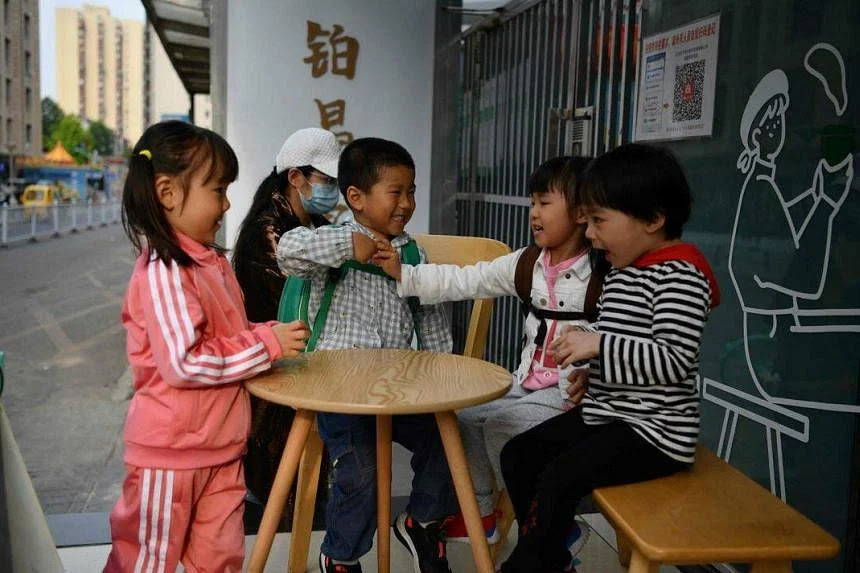
January 2023 | IPRI # 347
IPRI Comments
IPRI Team
Population decline in China, and Protests in Peru
read more
NIAS Africa Studies
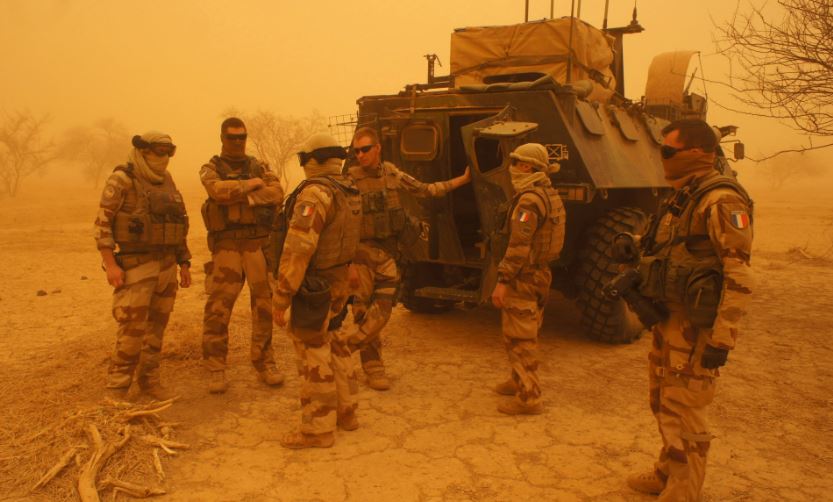
January 2023 | IPRI # 346
IPRI Comments
Sruthi Sadhasivam
Instability in West Africa: The role of France
read more
Conflict Weekly
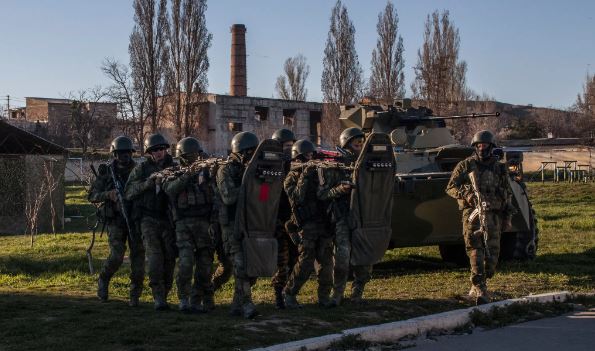
January 2023 | IPRI # 345
IPRI Comments
IPRI Team
The new push in the Ukraine war, Ben Gvir’s visit to al Aqsa, Mali's pardon to Ivorian soldiers, violent protests in Brazil and violence over Guzman's arrest
read more
Conflict Weekly
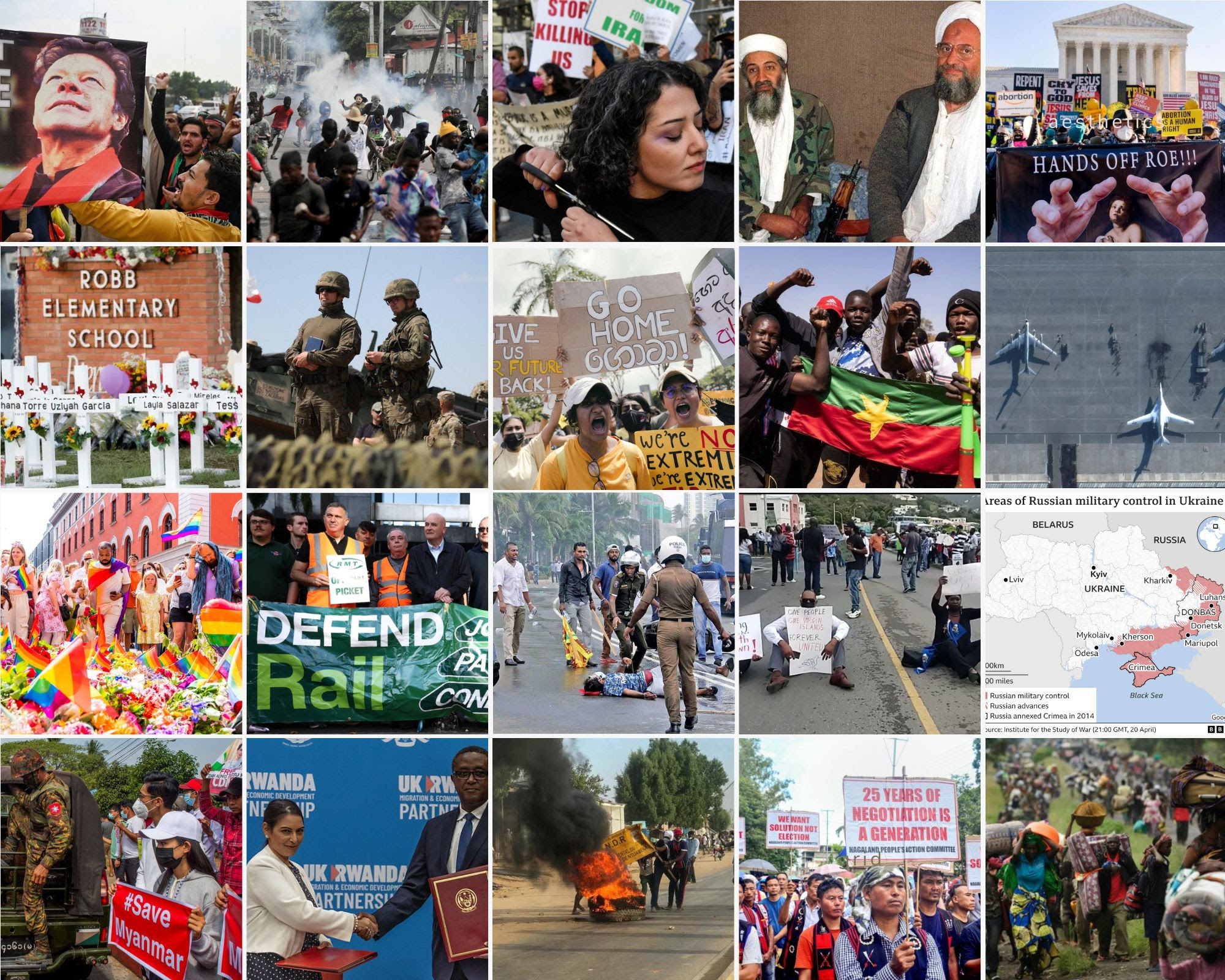
December 2022 | IPRI # 343
IPRI Comments
IPRI Team
Peace and conflict in 2022: Top 50 stories from around the world
read more
NIAS-IPRI Brief
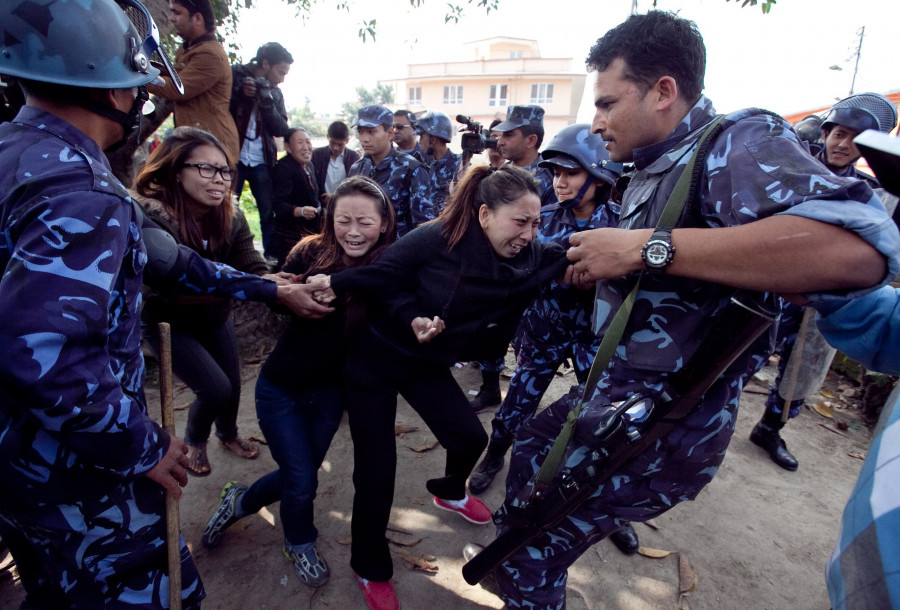
December 2022 | IPRI # 342
IPRI Briefs
Devansh Agrawal
One China Policy and Absence of the Rule of Law: A brief look into the mistreatment of Tibetan refugees in Nepal
read more
Conflict Weekly Cover Story
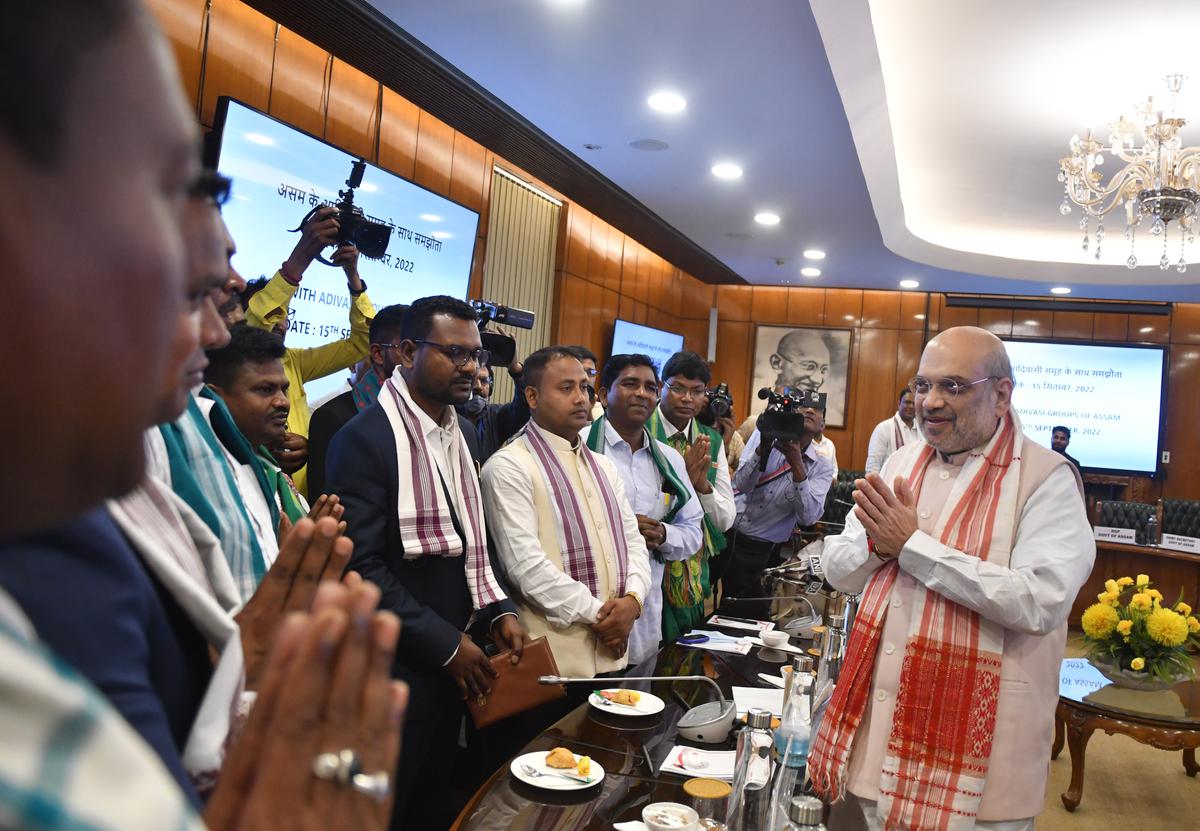
December 2022 | IPRI # 341
IPRI Briefs
Bibhu Prasad Routray
Another Peace Accord in India’s Northeast: A review of the new agreement between New Delhi, the Assam government and Adivasi insurgent groups
read more
Conflict Weekly
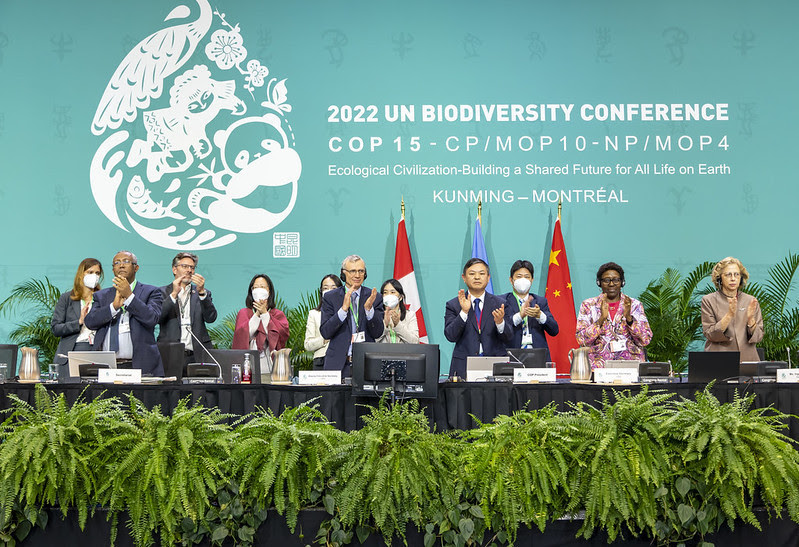
December 2022 | IPRI # 340
IPRI Comments
IPRI Team
Global Biodiversity Framework and the EU's gas price capping regulation
read more
Conflict Weekly
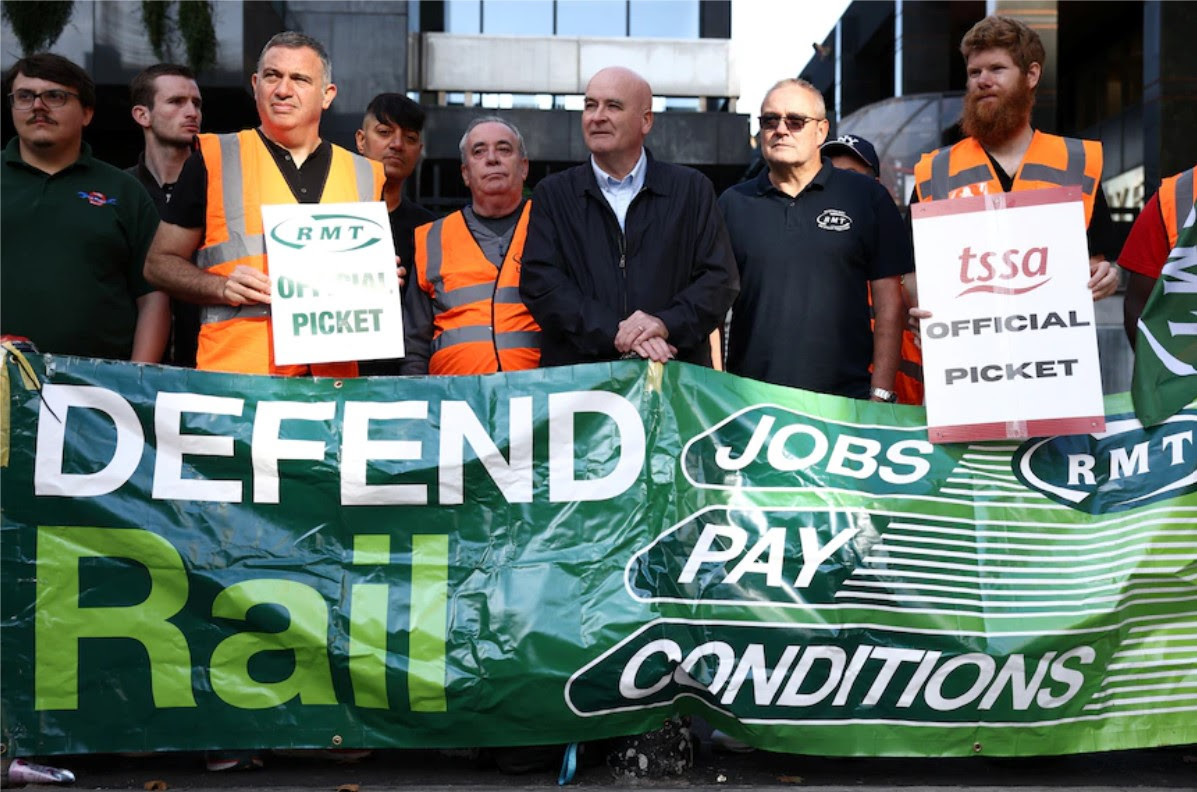
December 2022 | IPRI # 339
IPRI Comments
IPRI Team
Workers strike in the UK
read more
Conflict Weekly
.jpg)
December 2022 | IPRI # 338
IPRI Comments
IPRI Team
Drone attacks in Russia
read more
Conflict Weekly
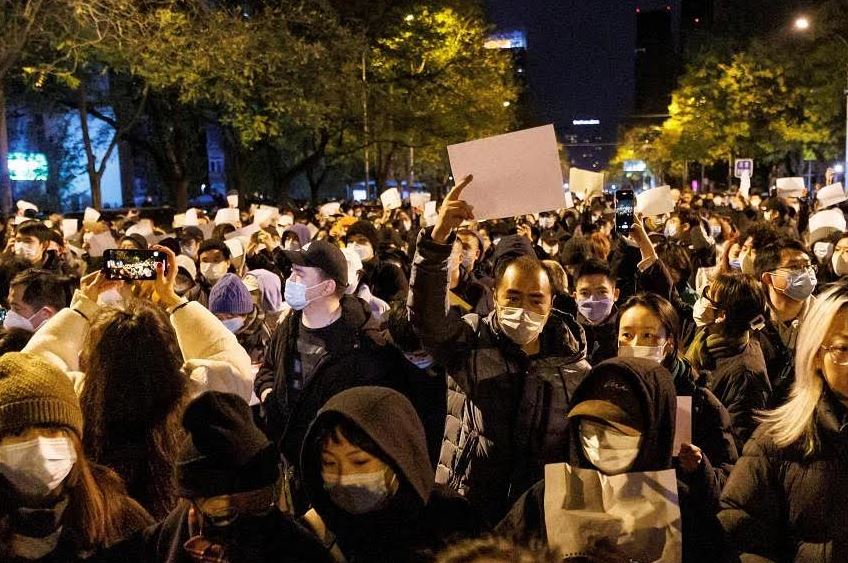
December 2022 | IPRI # 337
IPRI Comments
IPRI Team
Protests in China and the end of TTP's ceasefire in Pakistan
read more
Conflict Weekly
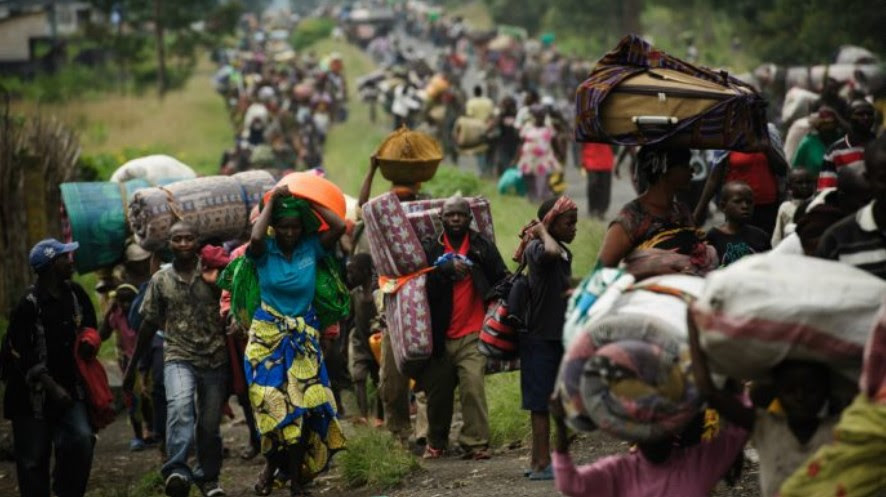
November 2022 | IPRI # 336
IPRI Comments
IPRI Team
A ceasefire in DRC and a report on the repatriation from Syria's detention camps
read more
Conflict Weekly Special Issue
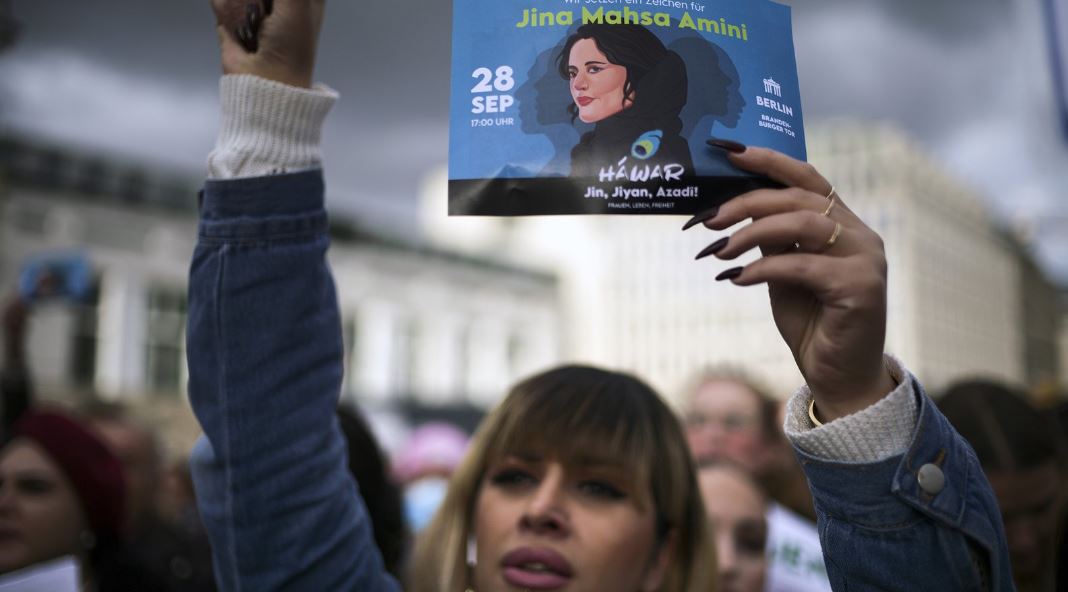
November 2022 | IPRI # 335
IPRI Comments
Debangana Chatterjee
Mapping Gender: Iran and its ‘Burning’ Hijabs
read more
Conflict Weekly Special Issue

November 2022 | IPRI # 333
IPRI Comments
Sindhu Radhakrishna
Peace and Conflict in Human Wildlife Interactions
read more
Conflict Weekly Special Issue
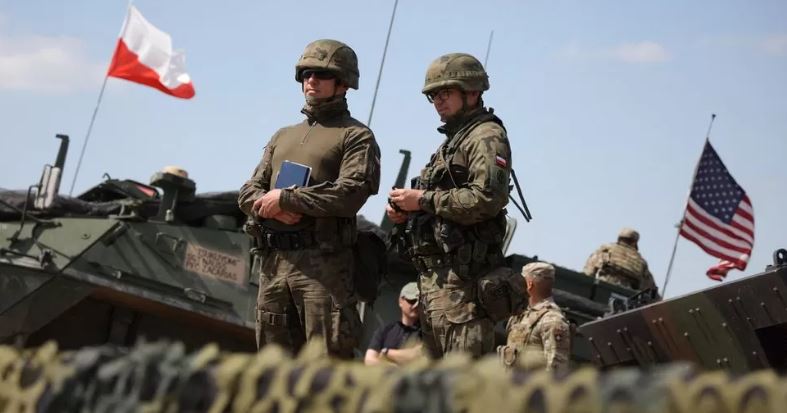
November 2022 | IPRI # 332
IPRI Comments
Padmashree Anandhan
Europe: Ukraine War and the Nordic
read more
Conflict Weekly Special Issue

November 2022 | IPRI # 331
IPRI Comments
Porkkodi Ganeshpandian
Haiti: Five issues fueling gang violence
read more
Conflict Weekly Special Issue
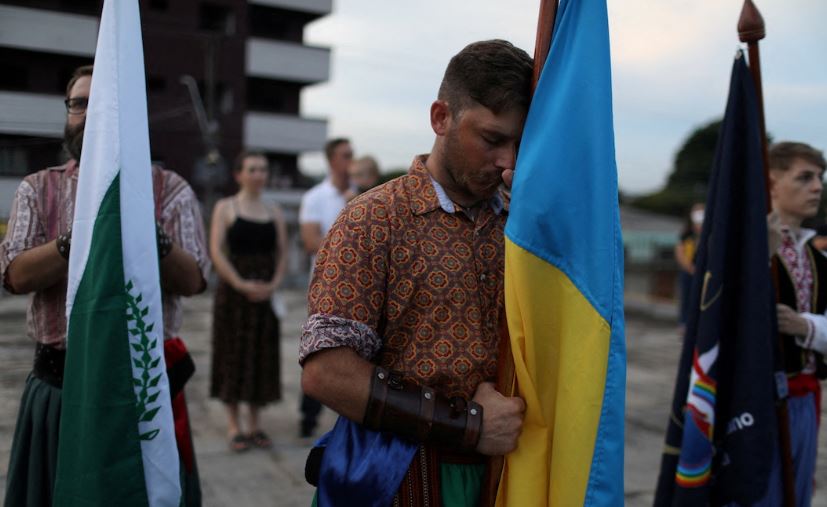
November 2022 | IPRI # 330
IPRI Comments
Sruthi Sadhasivam
Latin America: Four implications of War in Ukraine
read more
Conflict Weekly Special Issue
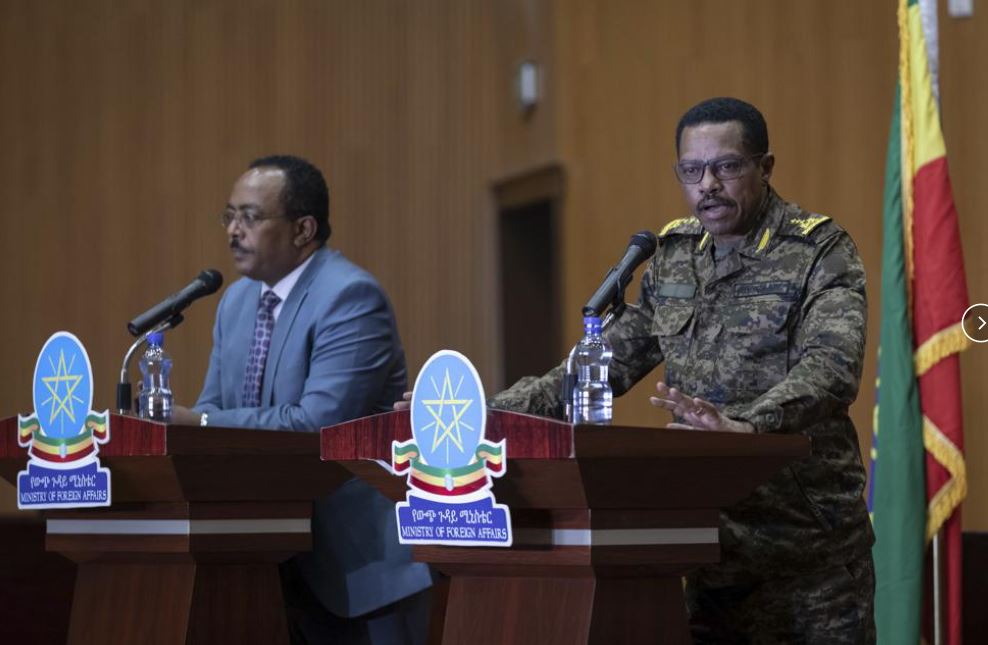
November 2022 | IPRI # 329
IPRI Comments
S Shaji
Africa: A war and truce between Ethiopia and Tigray
read more
Conflict Weekly Special Issue
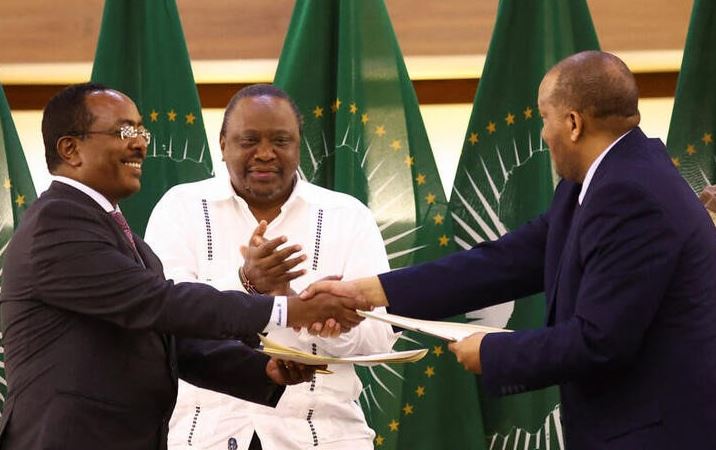
November 2022 | IPRI # 328
IPRI Comments
Anu Maria Joseph
Africa: Ethiopia-Tigray ceasefire, and the complex roadmap for peace
read more
Conflict Weekly Special Issue
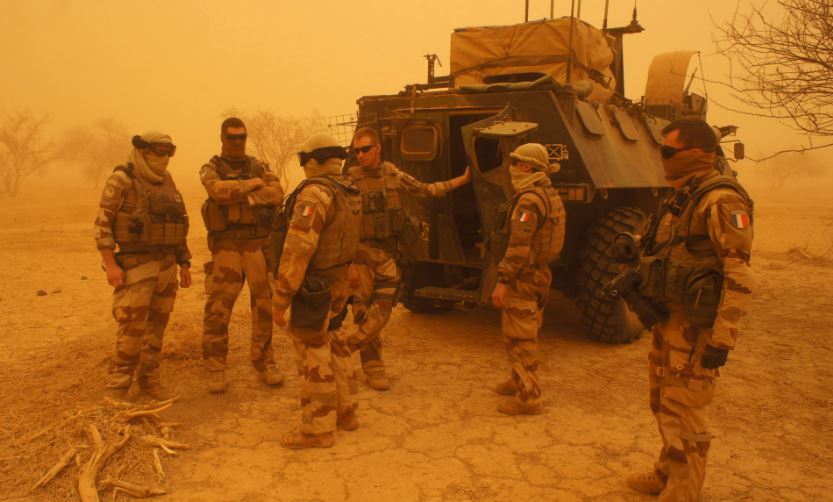
November 2022 | IPRI # 327
IPRI Comments
Poulomi Mondal
Africa: End of Operation Barkhane, and future implications for France and Sahel
read more
Conflict Weekly Special Issue
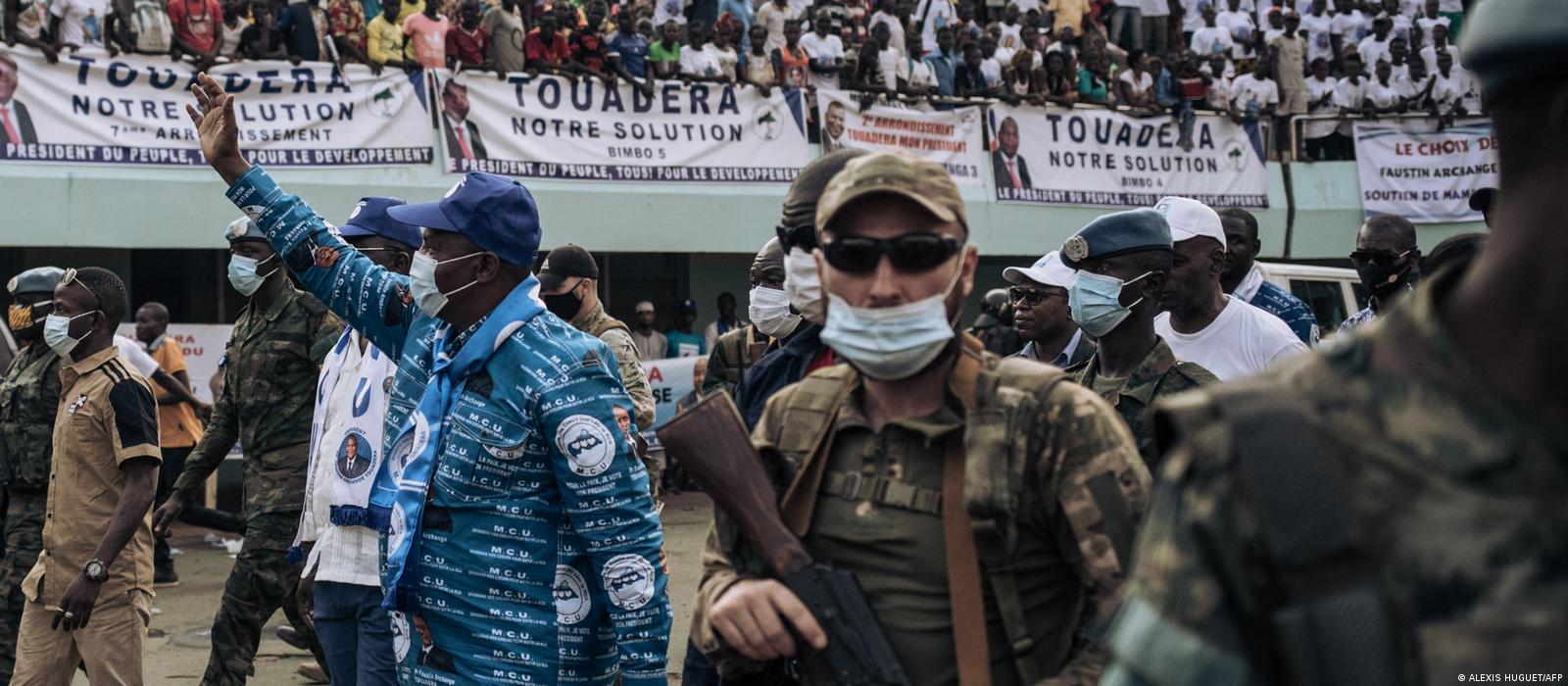
November 2022 | IPRI # 326
IPRI Comments
Devjyoti Saha
Africa: The Wagner Group, exploitation of conflicts and increased dependency on Russia
read more
Conflict Weekly Special Issue
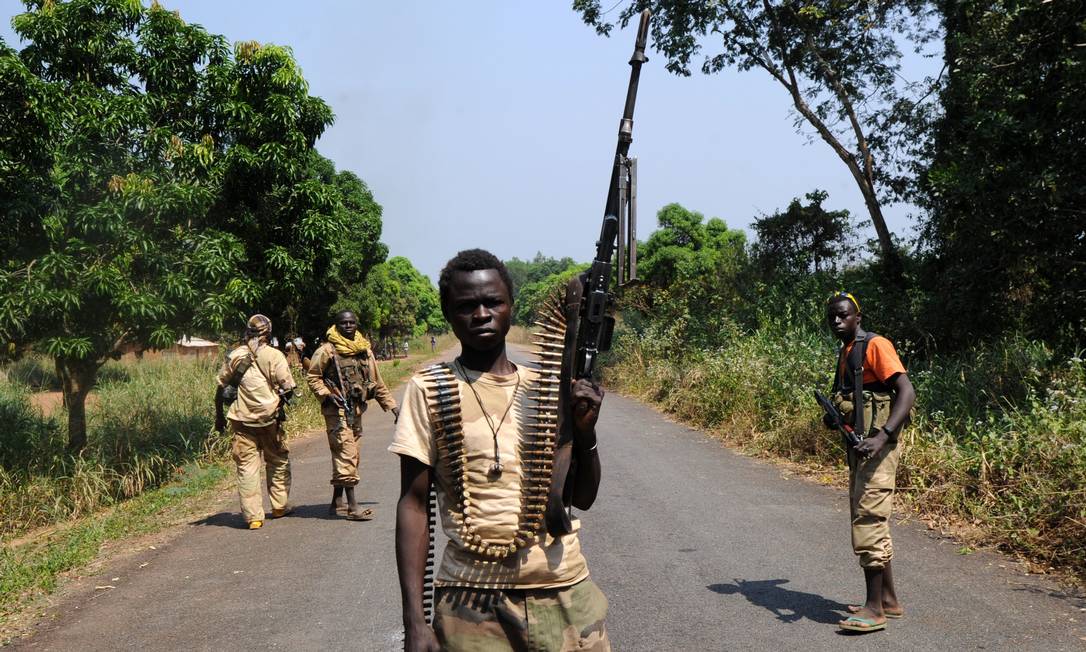
November 2022 | IPRI # 325
IPRI Comments
Apoorva Sudhakar
Africa: An overview and reasons behind persistence of conflicts
read more
Conflict Weekly Special Issue
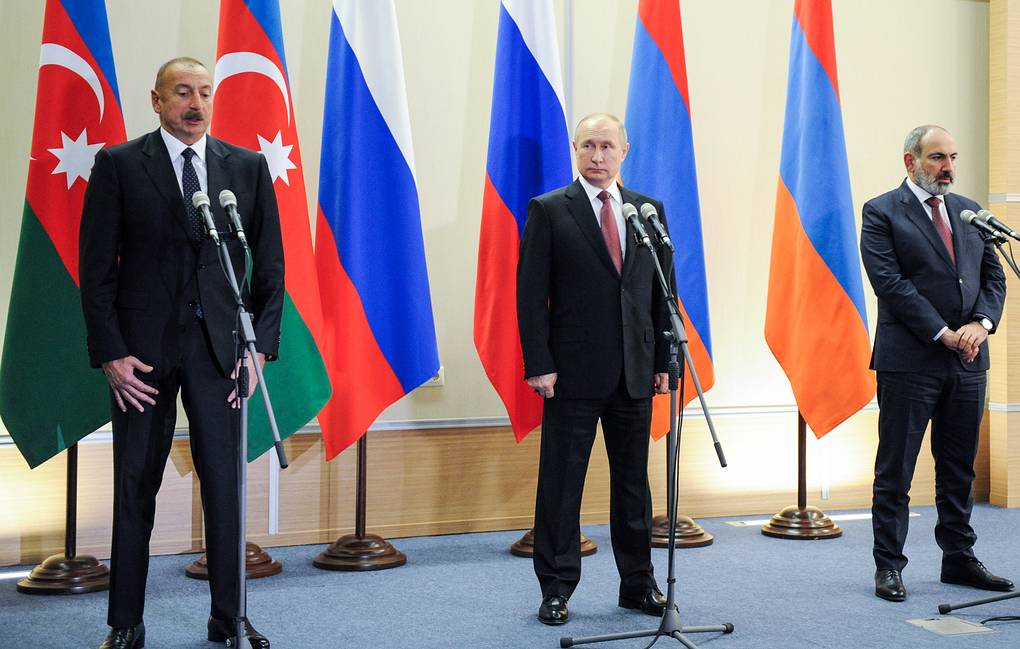
November 2022 | IPRI # 324
IPRI Comments
Athar Zafar
South Caucasia: Prospects for a stable peace
read more
Conflict Weekly Special Issue
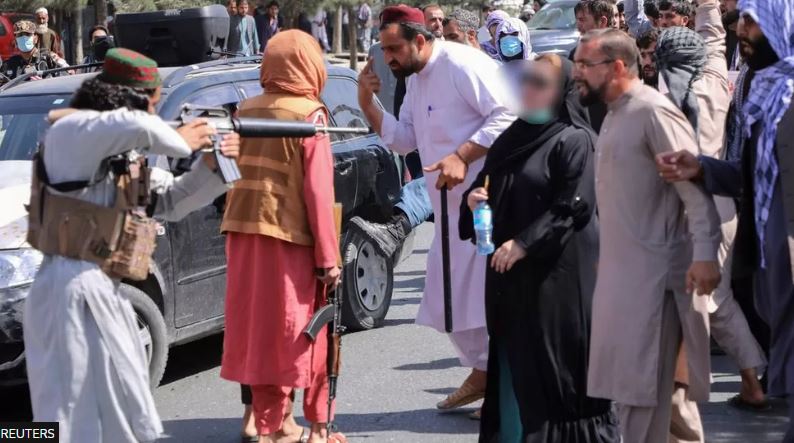
November 2022 | IPRI # 323
IPRI Comments
Abigail Miriam Fernandez
Afghanistan: The Taliban, women, and how history repeats itself
read more
Conflict Weekly Special Issue
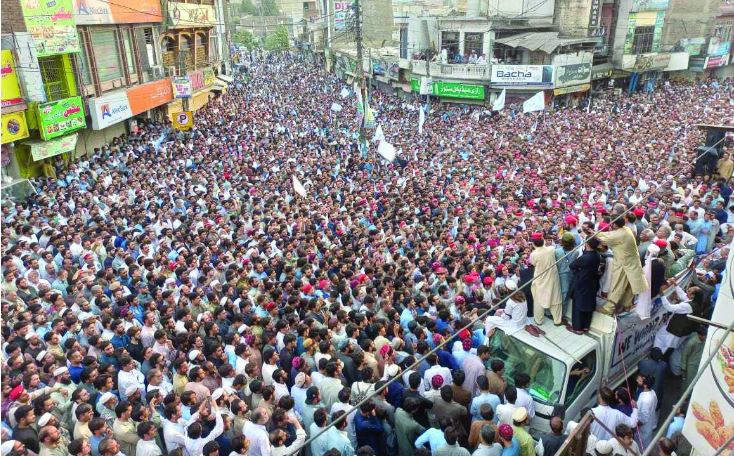
November 2022 | IPRI # 322
IPRI Comments
Vijay Anand Panigrahi
Pakistan: TTP, failed peace negotiations, and violence in Swat
read more
Conflict Weekly Special Issue
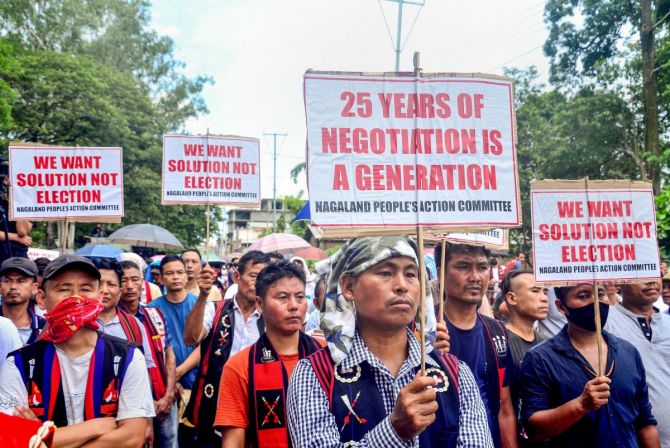
November 2022 | IPRI # 321
IPRI Comments
Sourina Bej
India: Protracted Talks and Elusive Peace in the Naga ceasefire agreement
read more
Conflict Weekly Special Issue
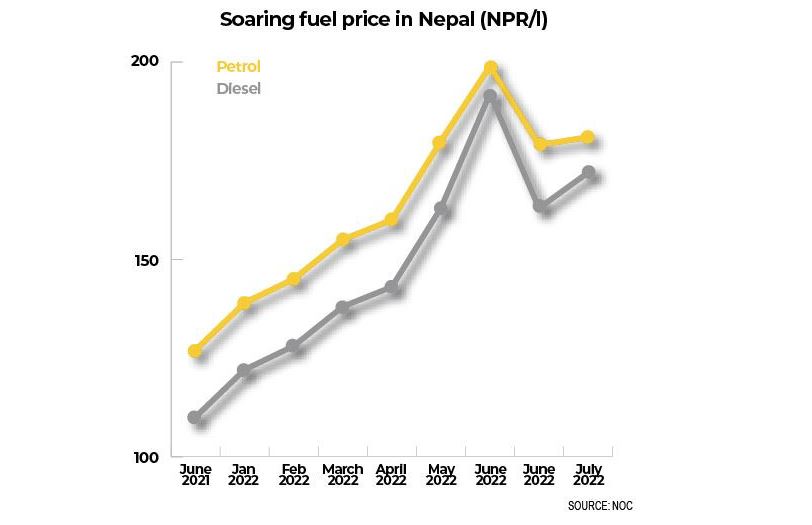
November 2022 | IPRI # 320
IPRI Comments
Mahesh Bhatta
Nepal: An impending economic crisis
read more
Conflict Weekly Special Issue
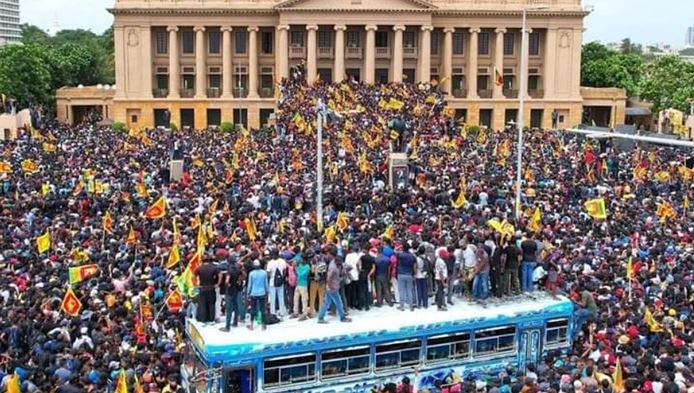
November 2022 | IPRI # 319
IPRI Comments
Aparupa Bhattacherjee
Sri Lanka: Significance of Aragalaya as a unifying factor
read more
Conflict Weekly Special Issue
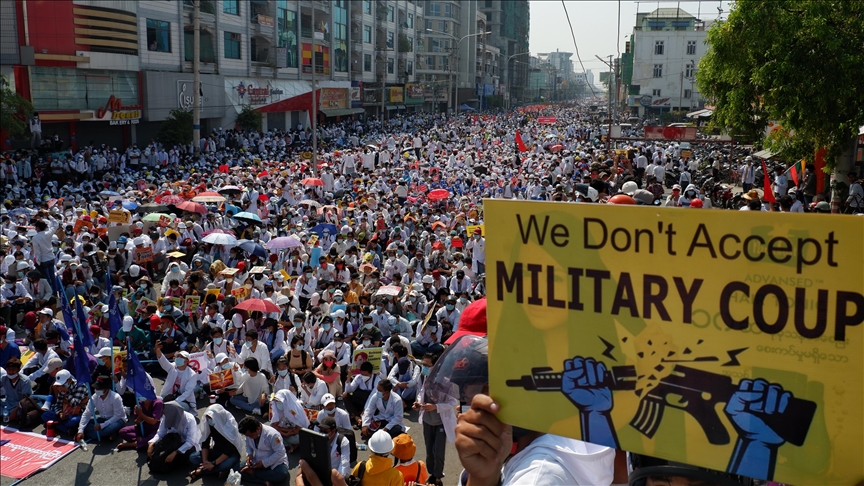
November 2022 | IPRI # 318
IPRI Comments
Bibhu Prasad Routray
Myanmar: Resilience of the Opposition’s Armed Uprising
read more
Conflict Weekly Special Issue
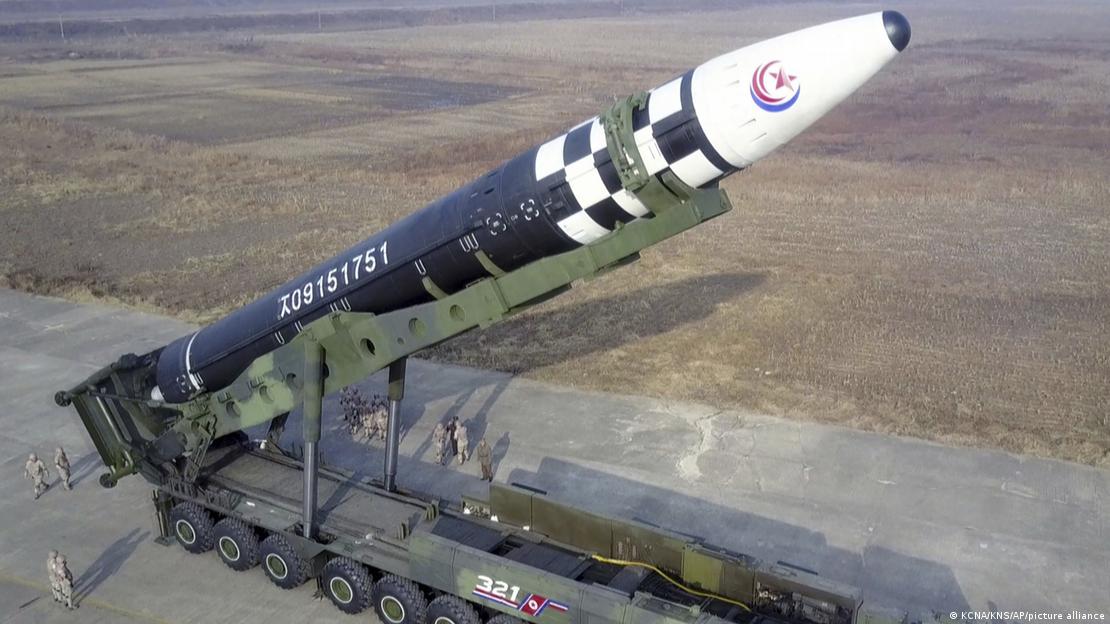
November 2022 | IPRI # 317
IPRI Comments
Sandip Kumar Mishra
East Asia: North Korea’s Missile Provocations
read more
Conflict Weekly Special Issue
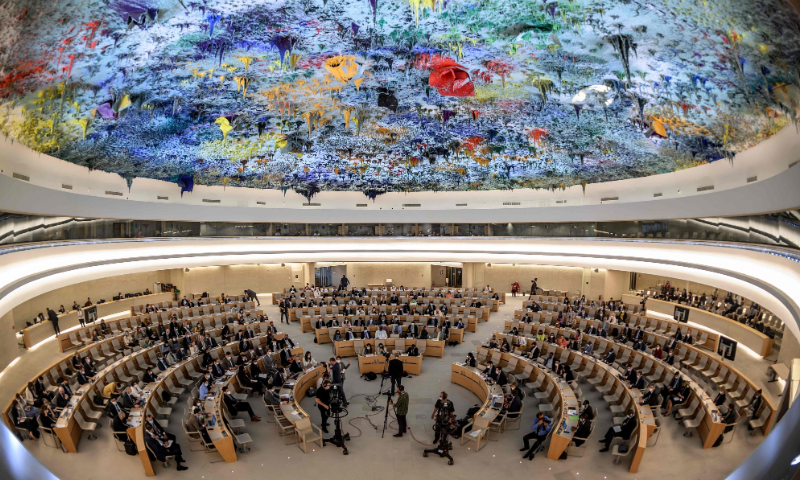
November 2022 | IPRI # 316
IPRI Comments
Avishka Ashok
China: Global Focus and its impact on Xinjiang and the Uyghurs
read more
Conflict Weekly Special Issue
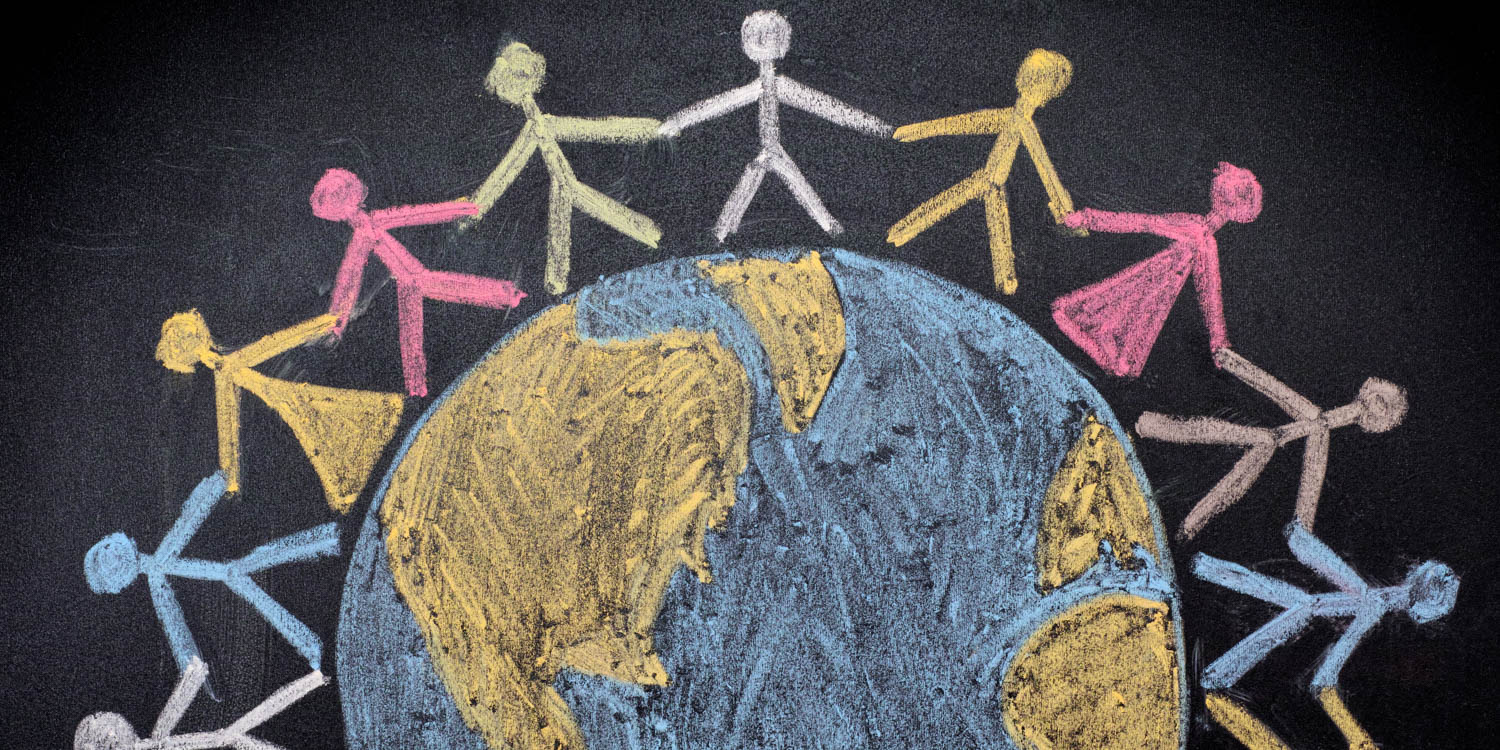
November 2022 | IPRI # 315
IPRI Comments
Mallika Joseph
The struggle to frame peace
read more
Conflict Weekly
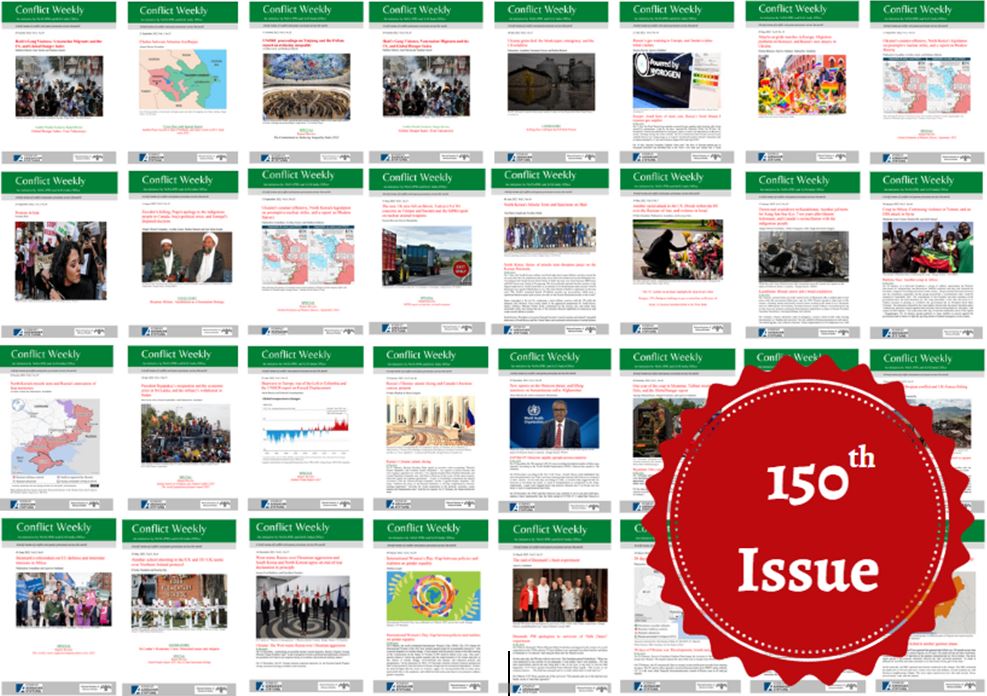
November 2022 | IPRI # 314
IPRI Comments
IPRI Team
Special Edition: 150th Issue of Conflict Weekly
read more
Conflict Weekly
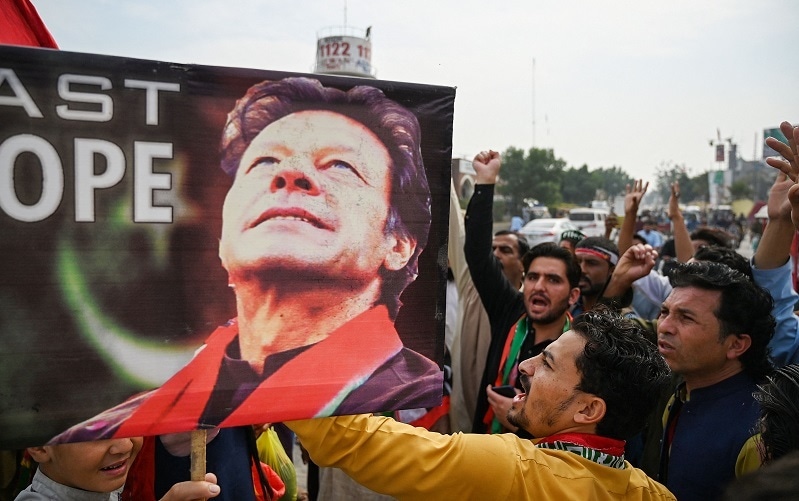
November 2022 | IPRI # 313
IPRI Comments
IPRI Team
Assassination attempt on Imran Khan and Russia’s withdrawal from Kherson
read more
Conflict Weekly
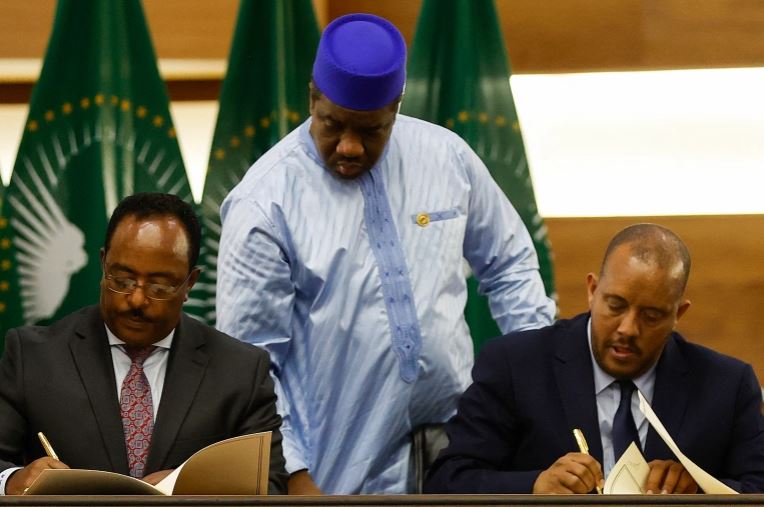
November 2022 | IPRI # 312
IPRI Comments
IPRI Team
Permanent ceasefire in Ethiopia and a report on the supply chain behind war crimes in Myanmar
read more
Conflict Weekly
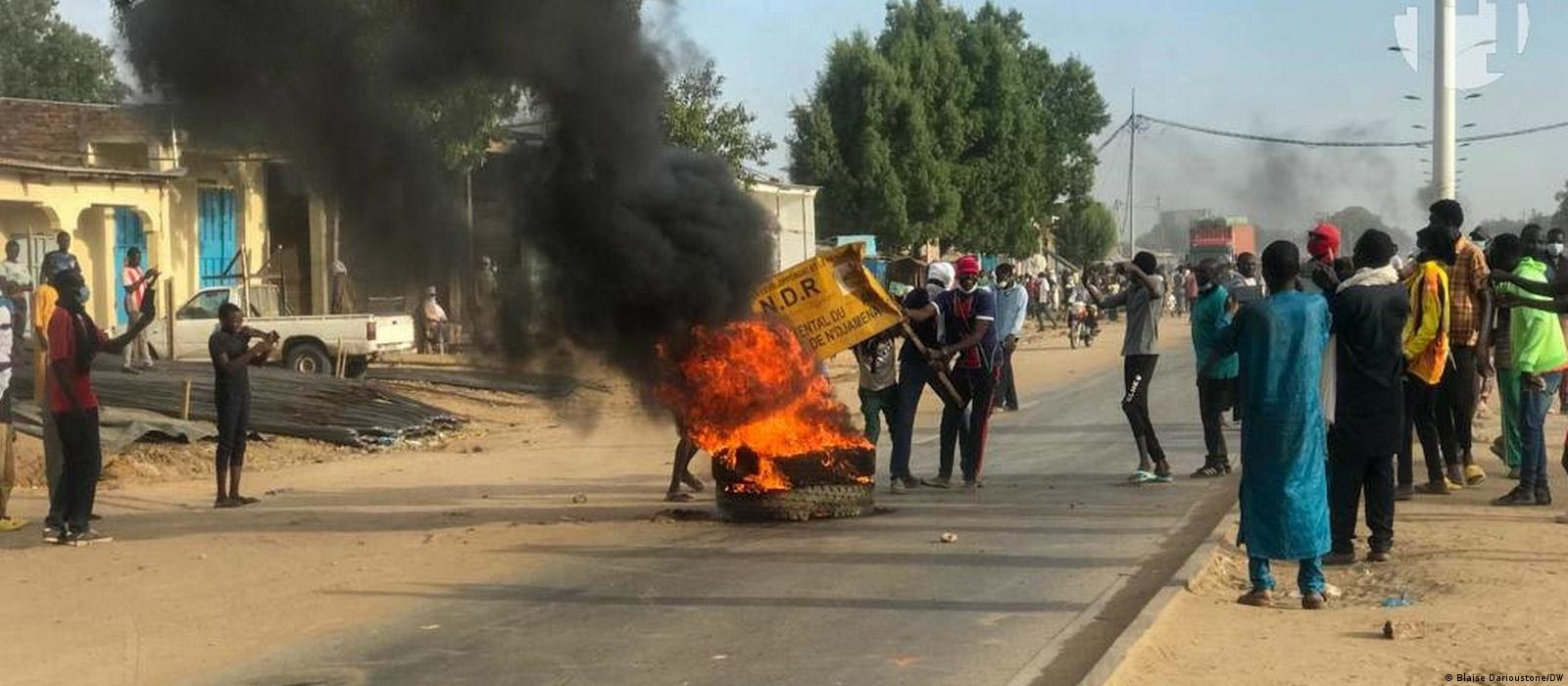
October 2022 | IPRI # 311
IPRI Comments
IPRI Team
Protests and violence in Chad
read more
Conflict Weekly
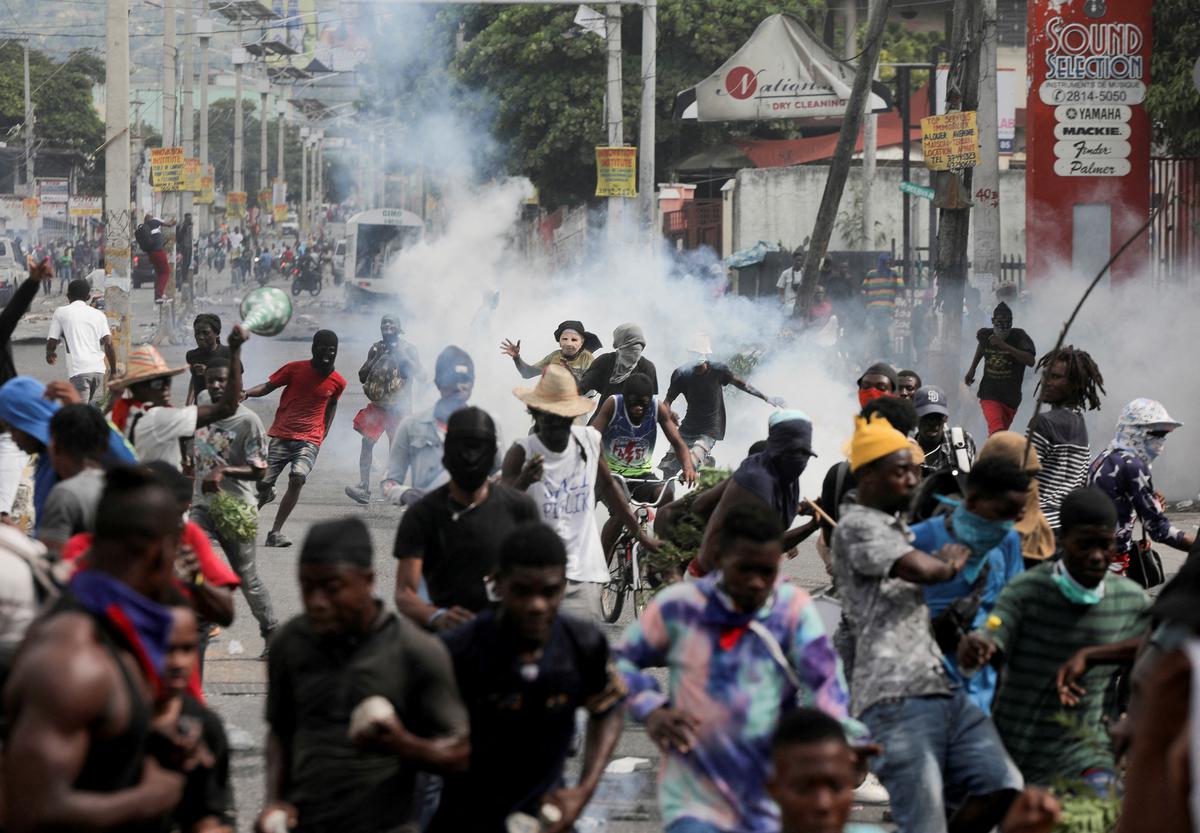
October 2022 | IPRI # 310
IPRI Comments
Haiti's Gang Violence, Venezuelan Migrants and the US, and Global Hunger Index
read more
Conflict Weekly
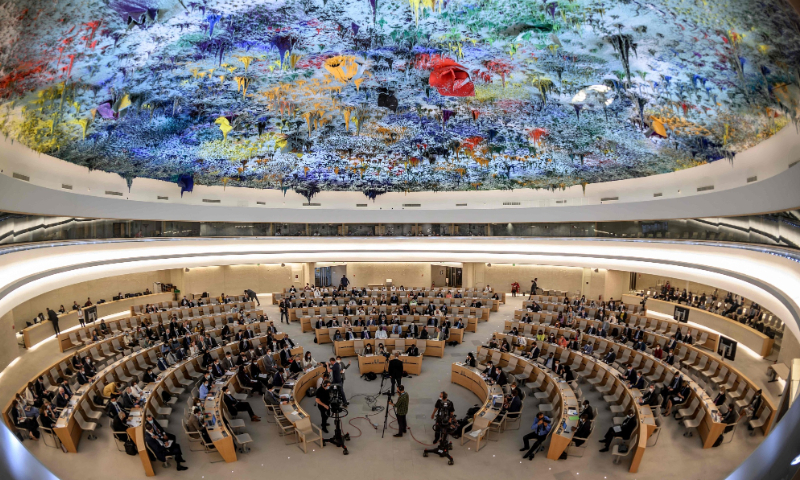
October 2022 | IPRI # 309
IPRI Comments
IPRI Team
UNHRC proceedings on Xinjiang and the Oxfam report on reducing inequality
read more
Conflict Weekly
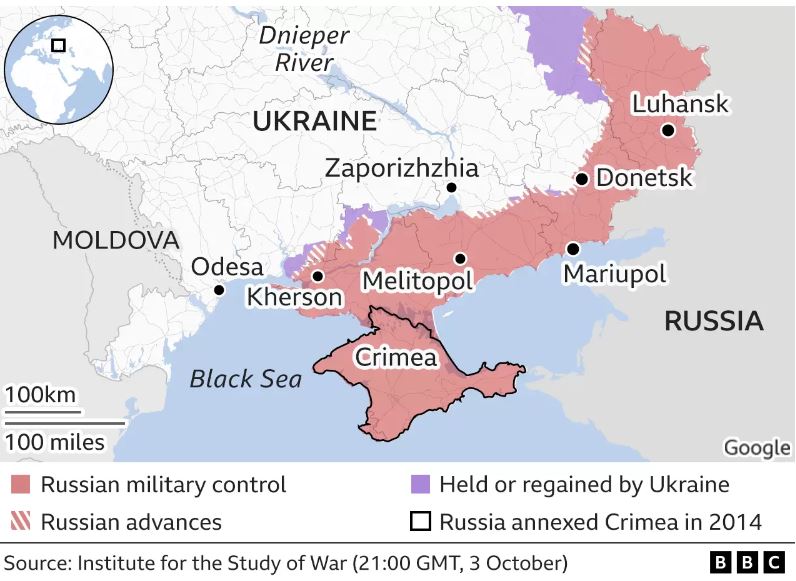
October 2022 | IPRI # 308
IPRI Comments
IPRI Team
North Korea's missile tests and Russia's annexation of four territories
read more
Conflict Weekly
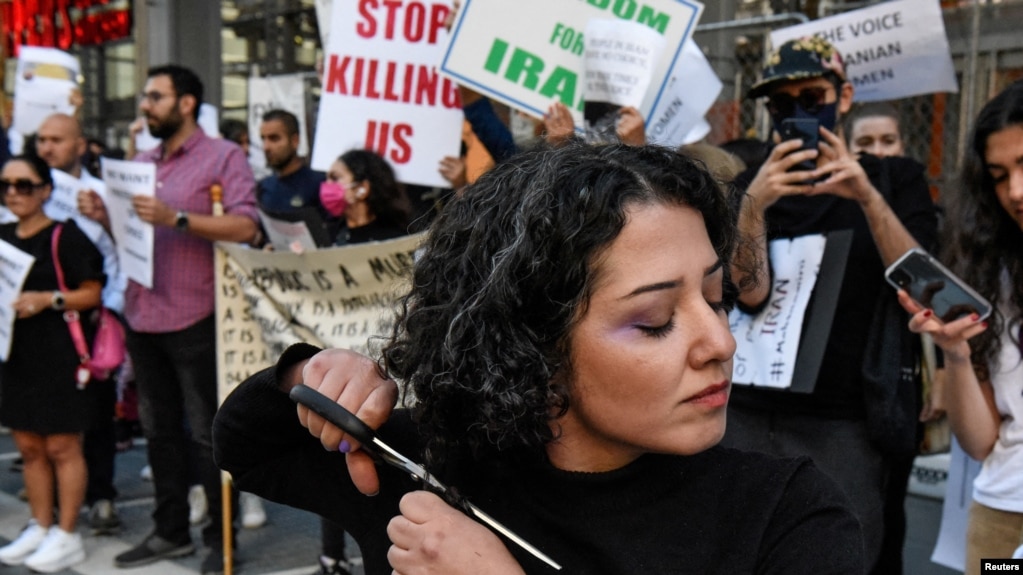
September 2022 | IPRI # 307
IPRI Comments
IPRI Team
Protests in Iran
read more
Conflict Weekly
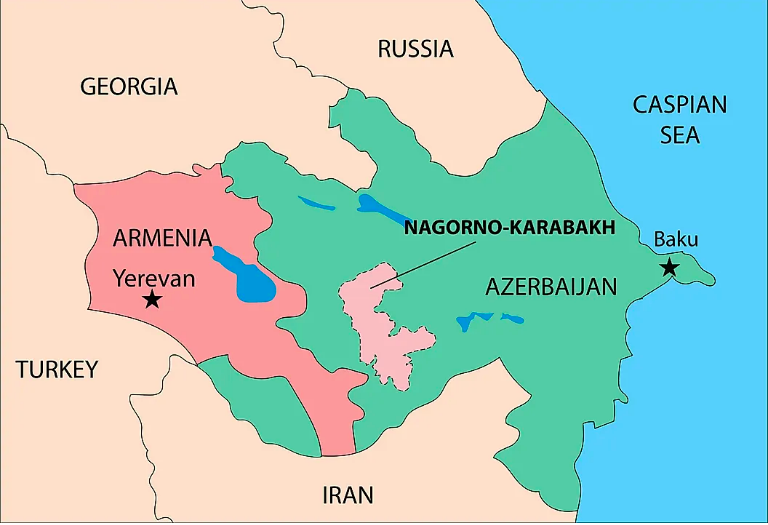
September 2022 | IPRI # 306
IPRI Comments
IPRI Team
Clashes between Armenia-Azerbaijan
read more
Conflict Weekly Cover Story
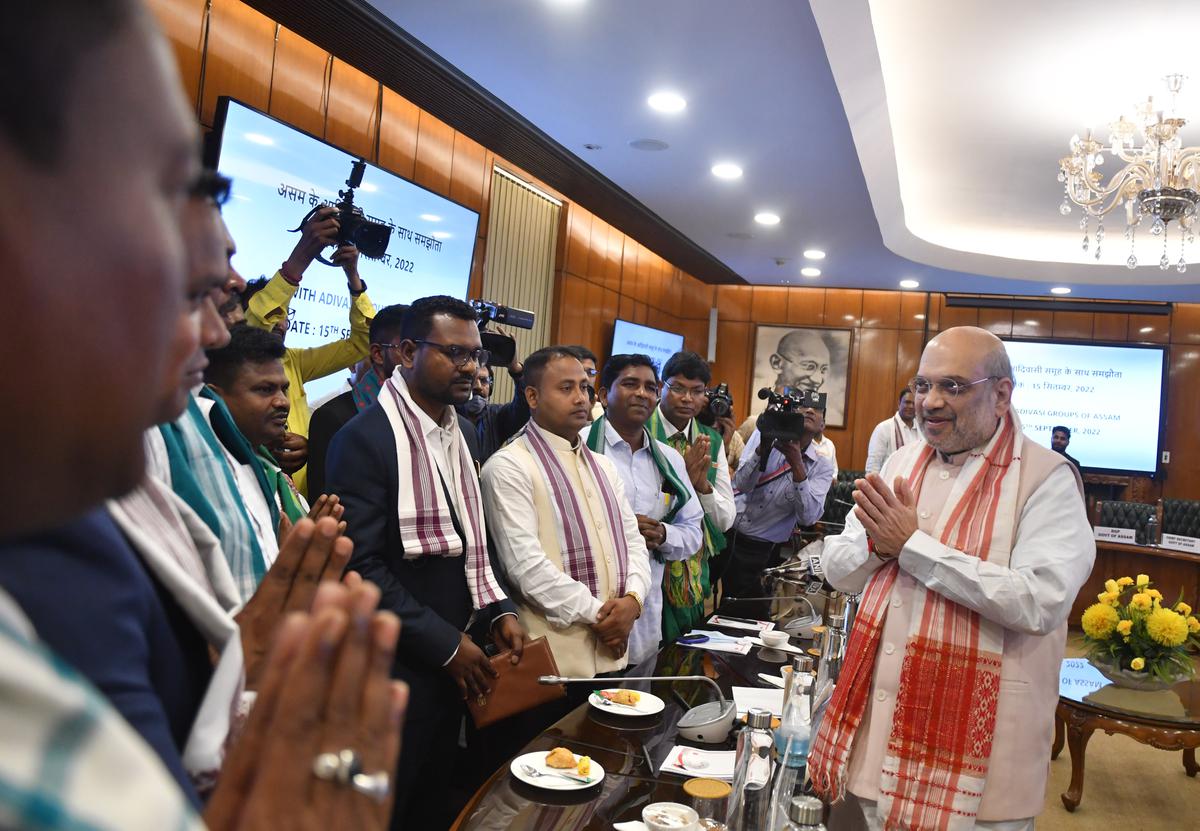
September 2022 | IPRI # 305
IPRI Comments
Bibhu Prasad Routray
Another Peace Accord in India’s Northeast: A review of the new agreement between New Delhi, Assam government and Adivasi insurgent groups
read more
Conflict Weekly
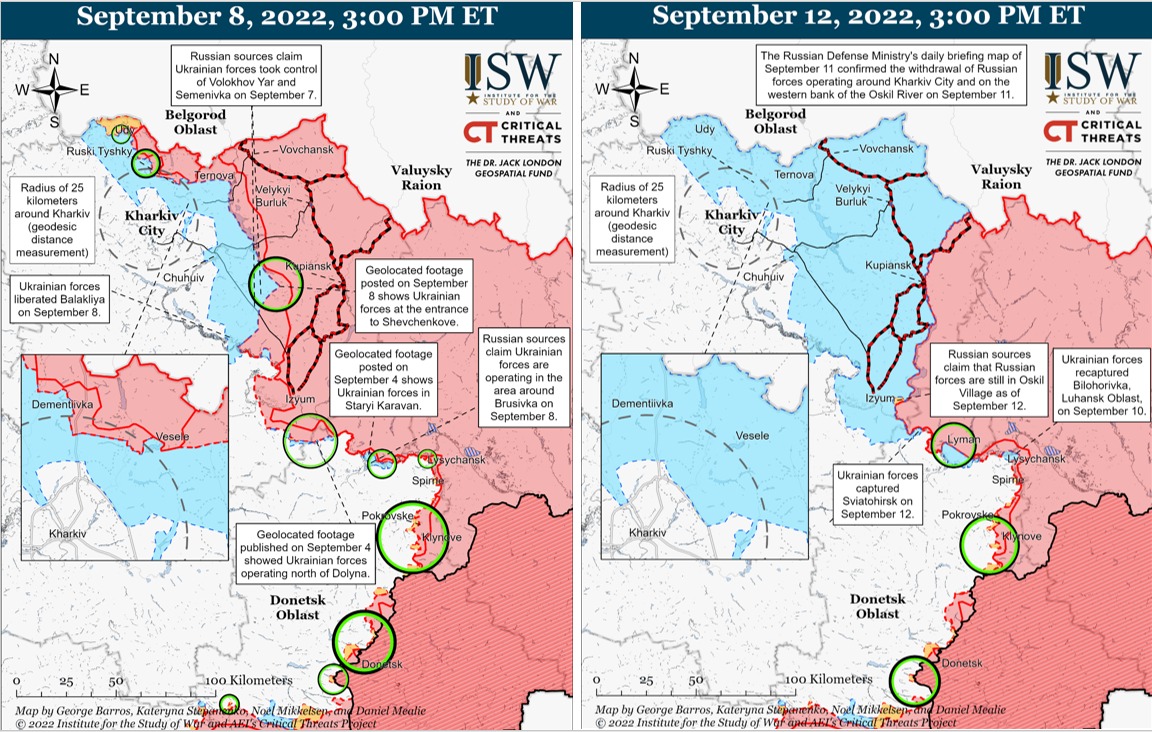
September 2022 | IPRI # 304
IPRI Comments
IPRI Team
Ukraine's counter-offensive, North Korea's legislation on preemptive nuclear strike, and a report on Modern Slavery
read more
Conflict Weekly
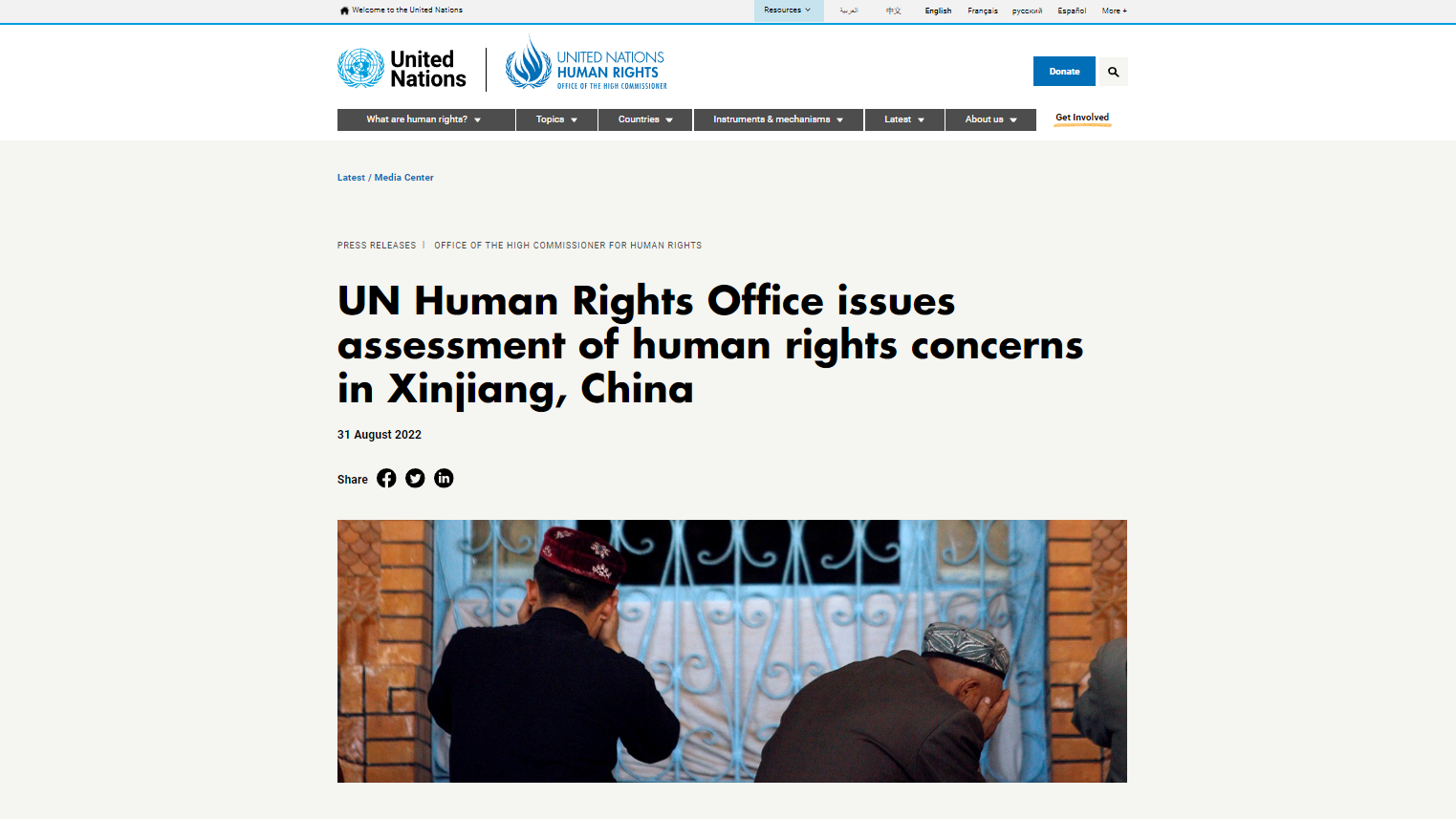
September 2022 | IPRI # 303
IPRI Comments
IPRI Team
The UN report on Xinjiang: Four Takeaways
read more
Conflict Weekly
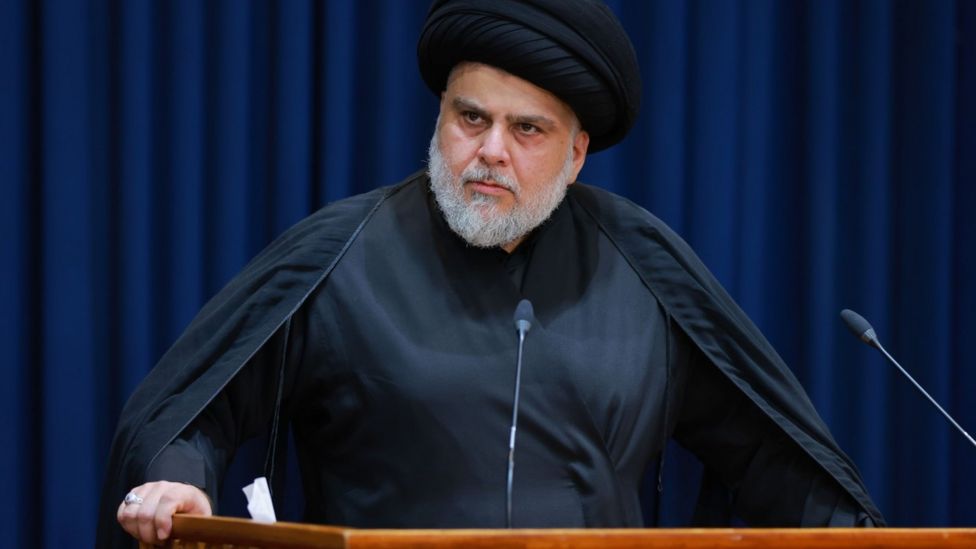
September 2022 | IPRI # 302
IPRI Comments
Violence in Baghdad and Renewed fighting in Ethiopia
read more
Conflict Weekly
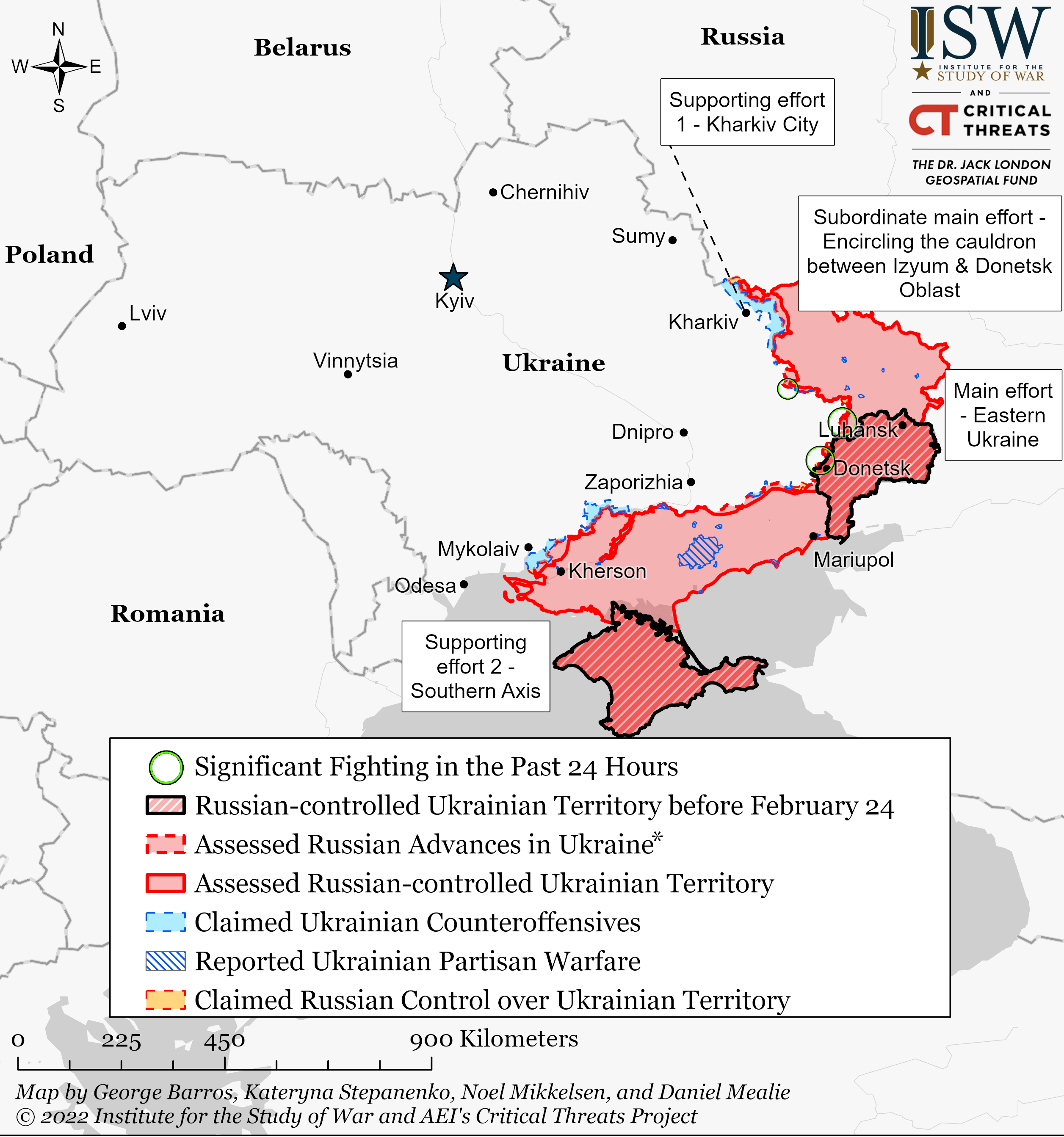
August 2022 | IPRI # 301
IPRI Comments
IPRI Team
Six months of War in Ukraine
read more
Conflict Weekly
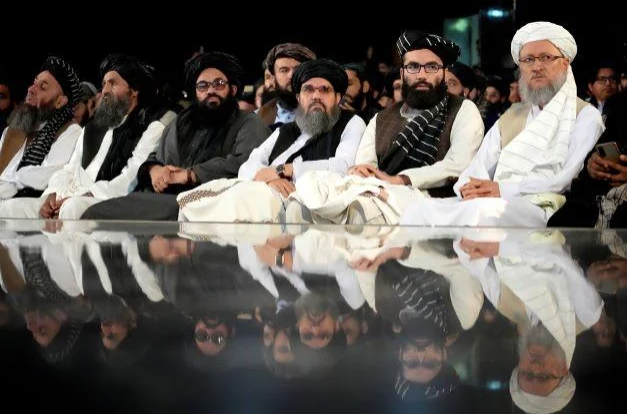
August 2022 | IPRI # 300
IPRI Comments
IPRI Team
Breaking from the past in Kenyan elections, a year under the Taliban in Afghanistan, and merciless heatwaves in Europe
read more
Conflict Weekly
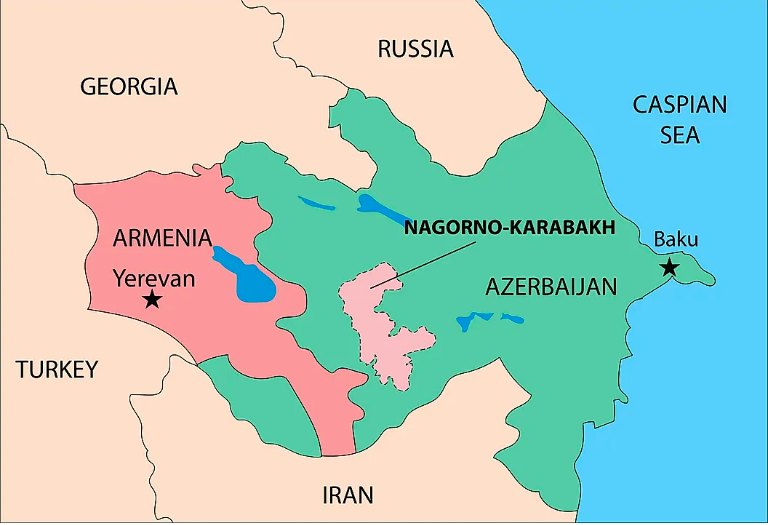
August 2022 | IPRI # 299
IPRI Comments
IPRI Team
Precarious ceasefire in Nagorno-Karabakh, fresh rounds of violence in Gaza, and the new US bill supporting climate change
read more
Conflict Weekly Cover Story
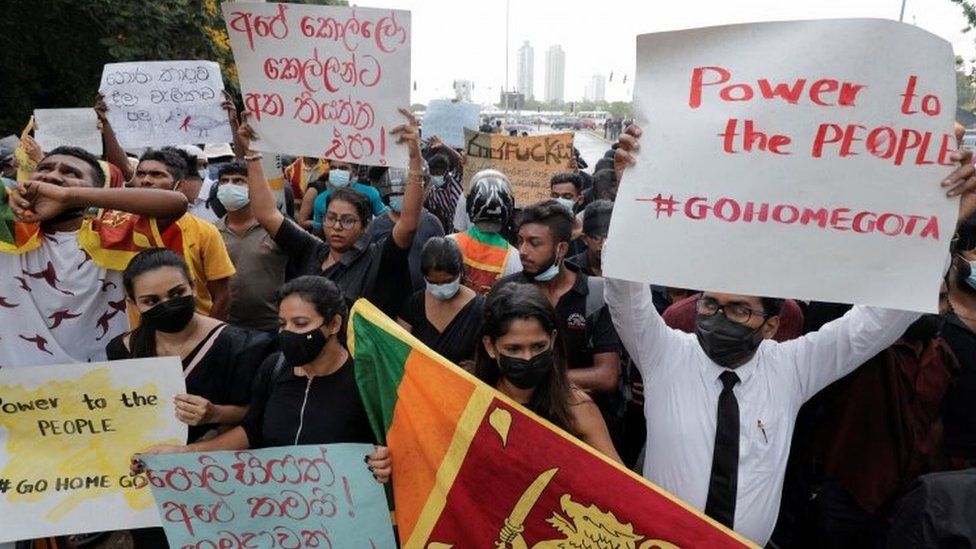
August 2022 | IPRI # 298
IPRI Briefs
Chrishari de Alwis Gunasekare
100 Days of People’s Protest in Sri Lanka: What’s Next?
read more
Conflict Weekly
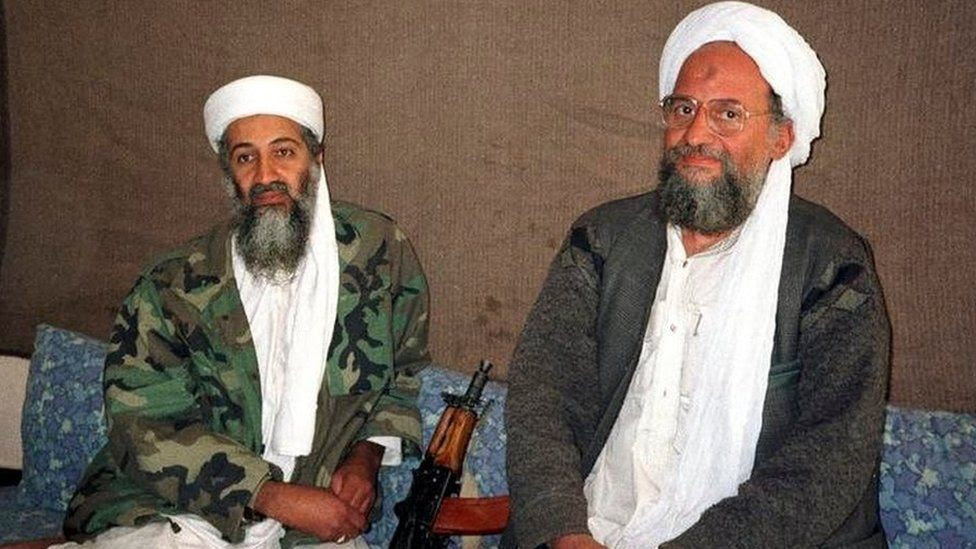
August 2022 | IPRI # 297
IPRI Comments
IPRI Team
Zawahiri's killing, Pope's apology to the indigenous people in Canada, Iraq's political crisis, and Senegal's disputed elections
read more
Conflict Weekly
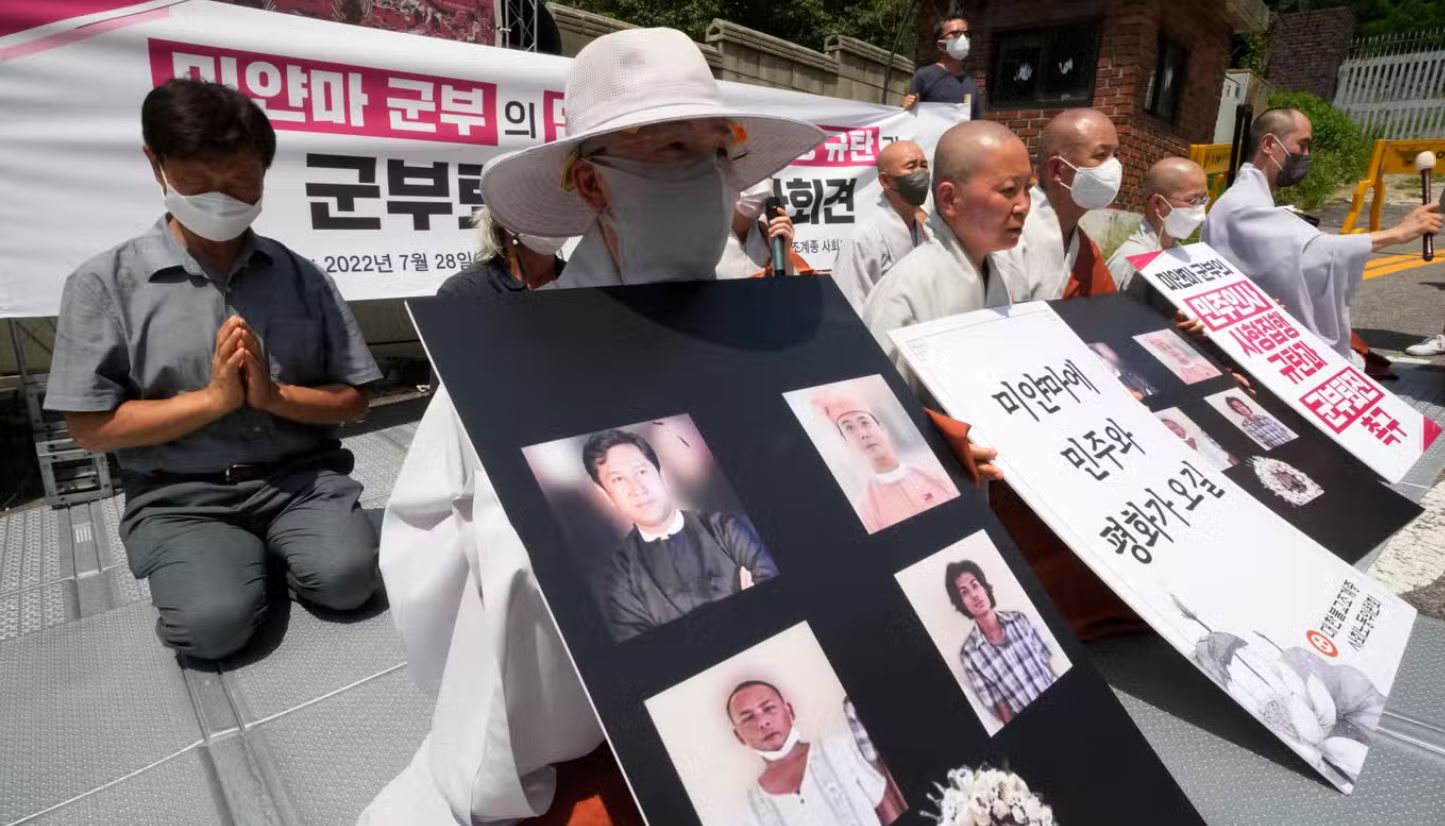
August 2022 | IPRI # 296
IPRI Briefs
Bibhu Prasad Routray
Myanmar Military: Annihilation as a Domination Strategy
read more
Conflict Weekly
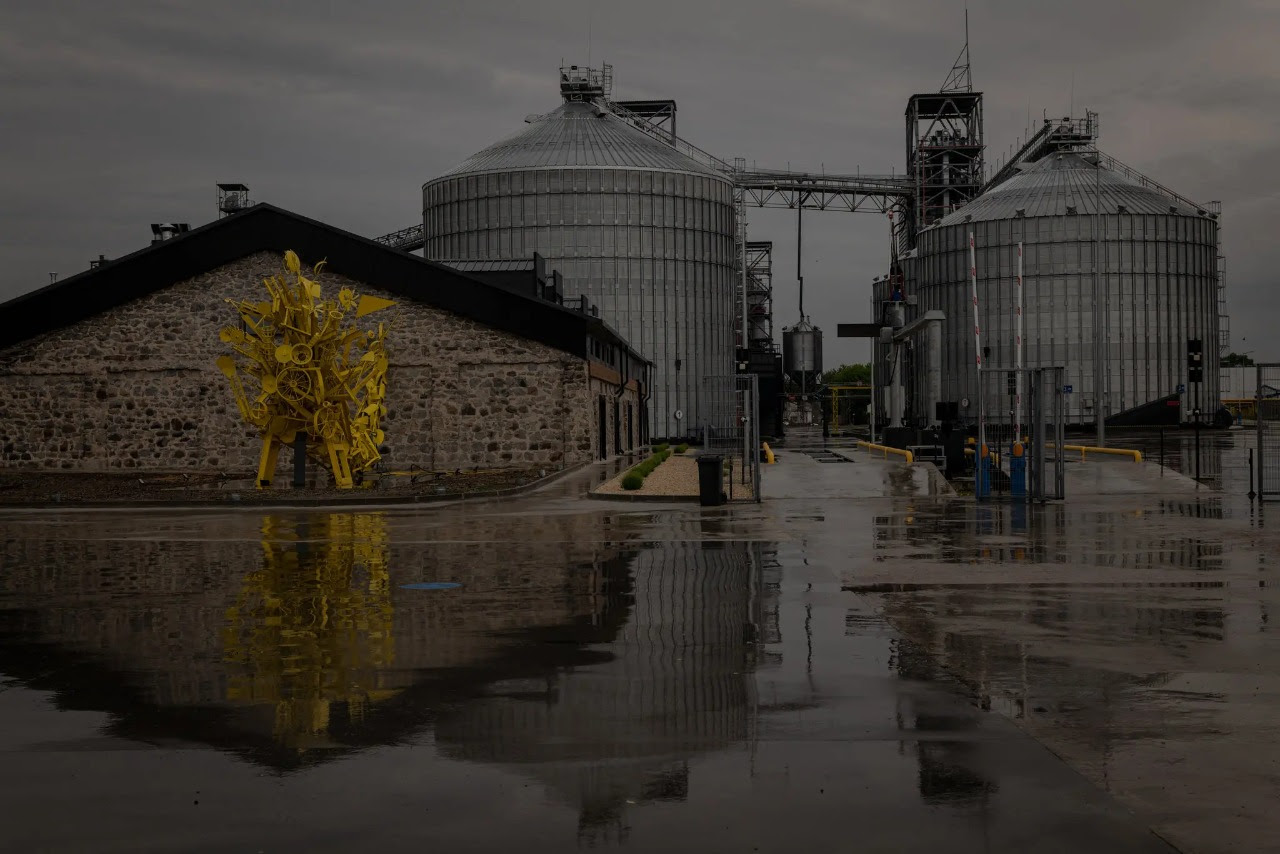
July 2022 | IPRI # 295
IPRI Comments
IPRI Team
Ukraine grain deal, the Monkeypox emergency, and the US wildfires
read more
Conflict Weekly Cover Story
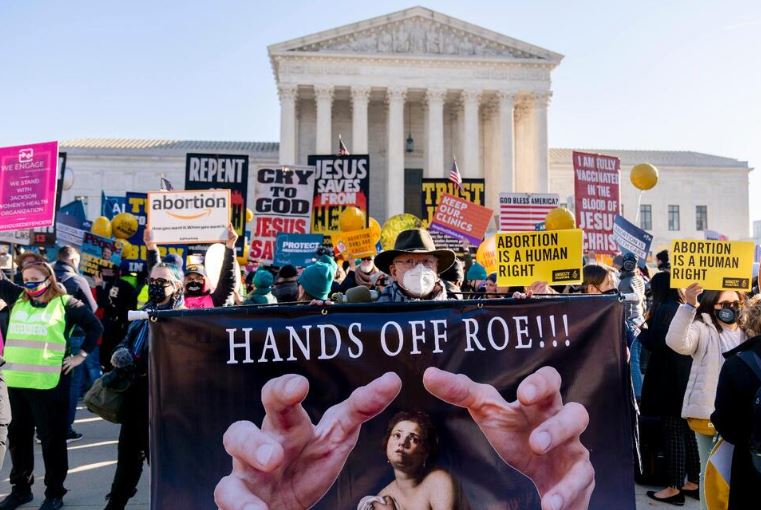
July 2022 | IPRI # 294
IPRI Comments
Amit Gupta
Killing Roe will hurt the US Soft Power
read more
Conflict Weekly

July 2022 | IPRI # 293
IPRI Comments
IPRI Team
Russia’s gas warning to Europe, and Sudan’s intra-tribal clashes
read more
Conflict Weekly
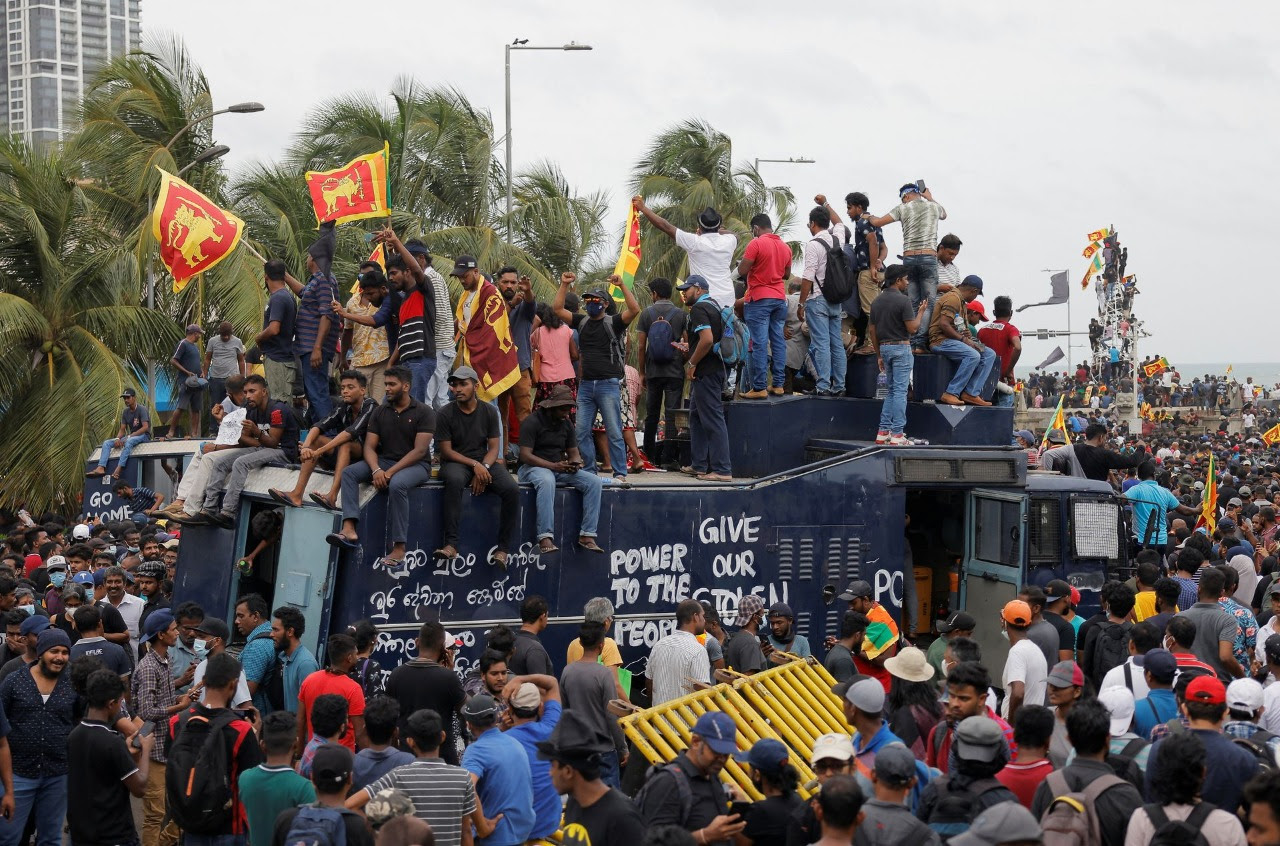
July 2022 | IPRI # 292
IPRI Comments
IPRI Team
President Rajapaksa’s resignation and the economic crisis in Sri Lanka, and the military's withdrawal in Sudan
read more
Conflict Weekly
.jpg)
July 2022 | IPRI # 291
IPRI Comments
IPRI Team
Political Stalemate in Libya, and the Fall of Luhansk in Ukraine
read more
Conflict Weekly
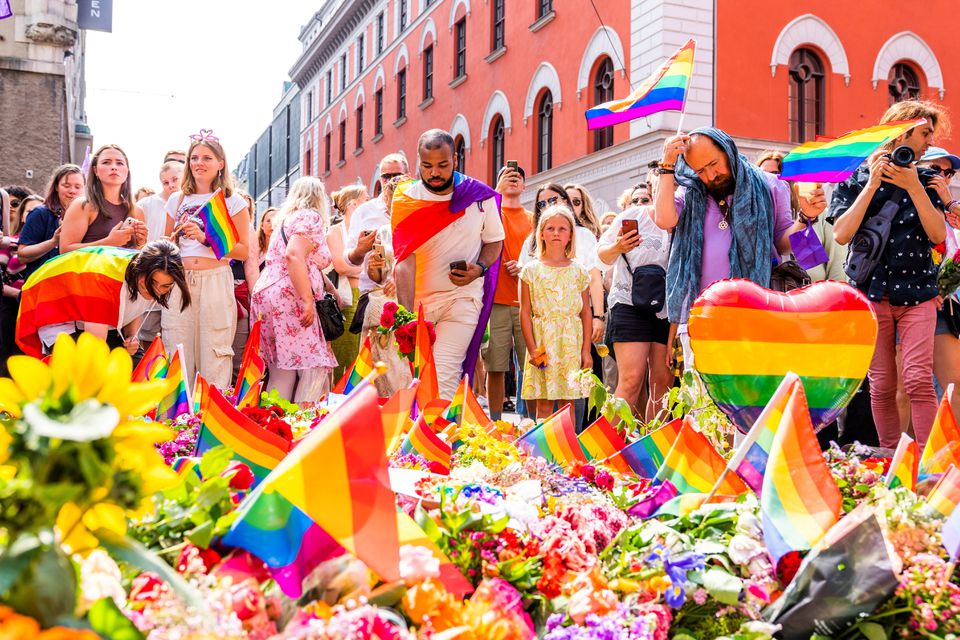
June 2022 | IPRI # 290
IPRI Comments
IPRI Team
Attacks on Europe's pride marches, the Morocco-Spain migration, and the intensifying Russia-Ukraine war
read more
NIAS Africa Studies
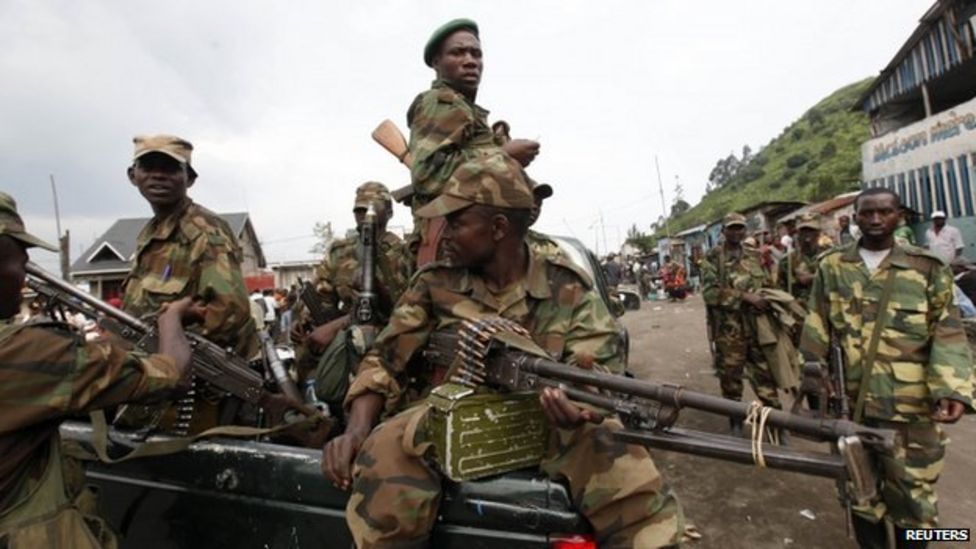
June 2022 | IPRI # 289
IPRI Comments
Apoorva Sudhakar
DRC-Rwanda tensions: Latest developments and issues
read more
NIAS Africa Weekly
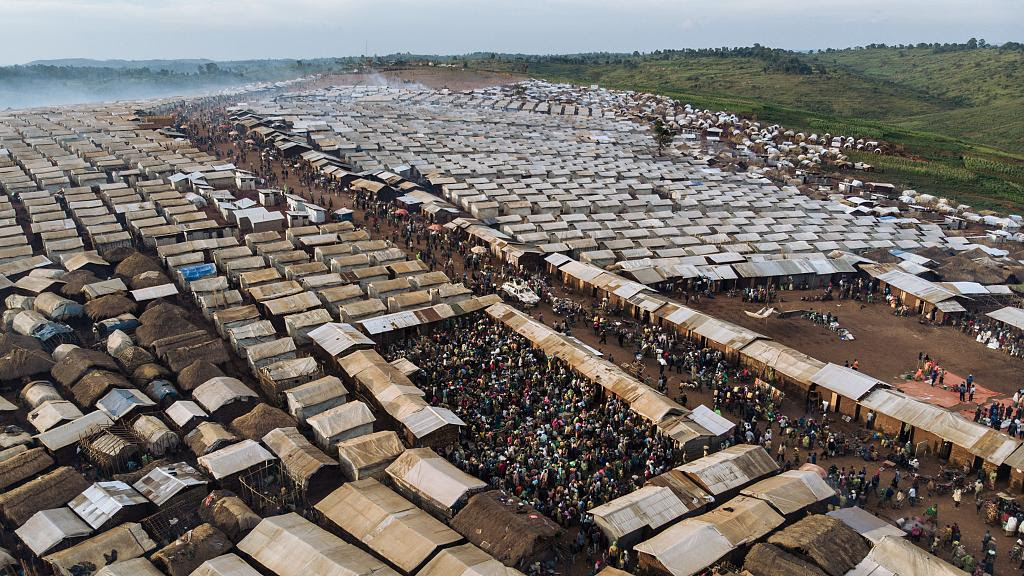
June 2022 | IPRI # 288
IPRI Comments
Apoorva Sudhakar
Africa’s displacement crises: Three key drivers
read more
Conflict Weekly
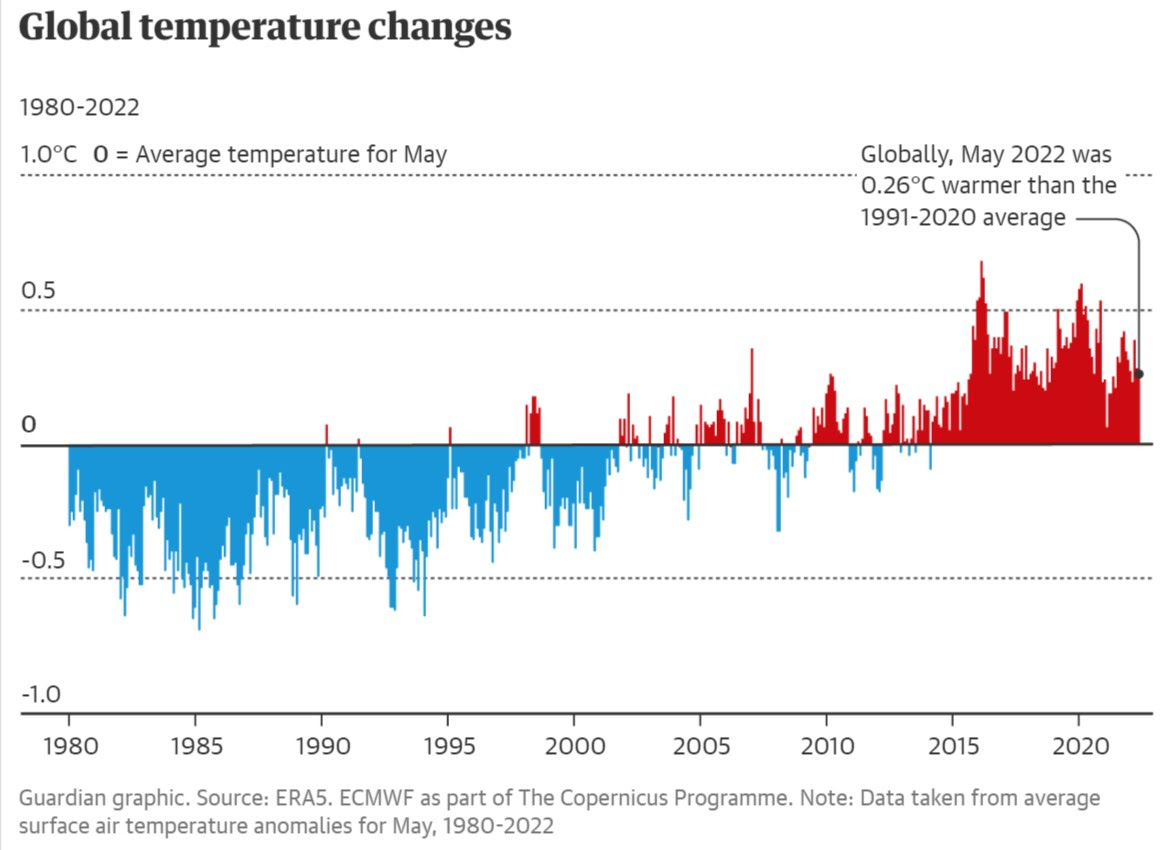
June 2022 | IPRI # 287
IPRI Comments
IPRI Team
Heatwave in Europe, rise of the Left in Colombia and the UNHCR report on Forced Displacement
read more
Russia-Ukraine War
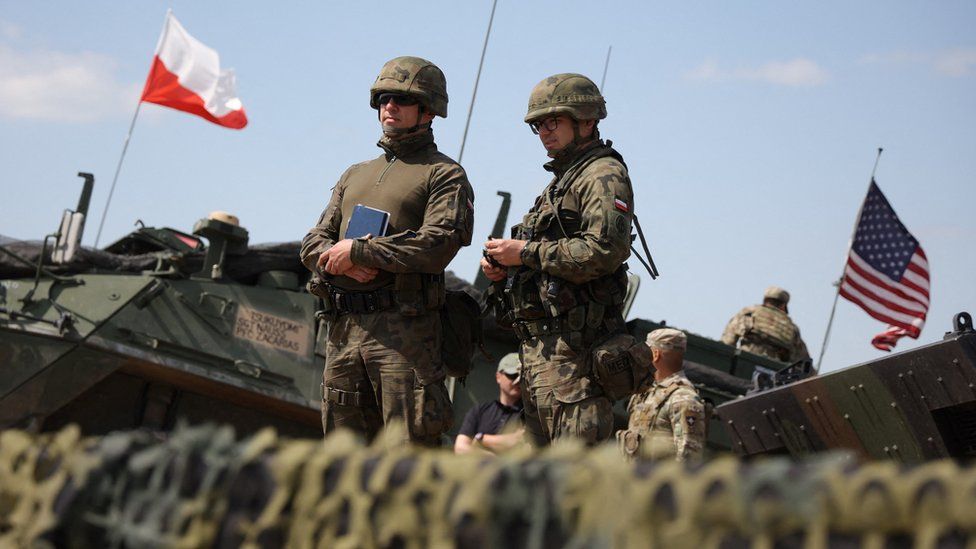
June 2022 | IPRI # 286
IPRI Comments
Sruthi Sadhasivam
Limiting Ukraine War to Ukraine: The US foreign policy strategy
read more
Conflict Weekly
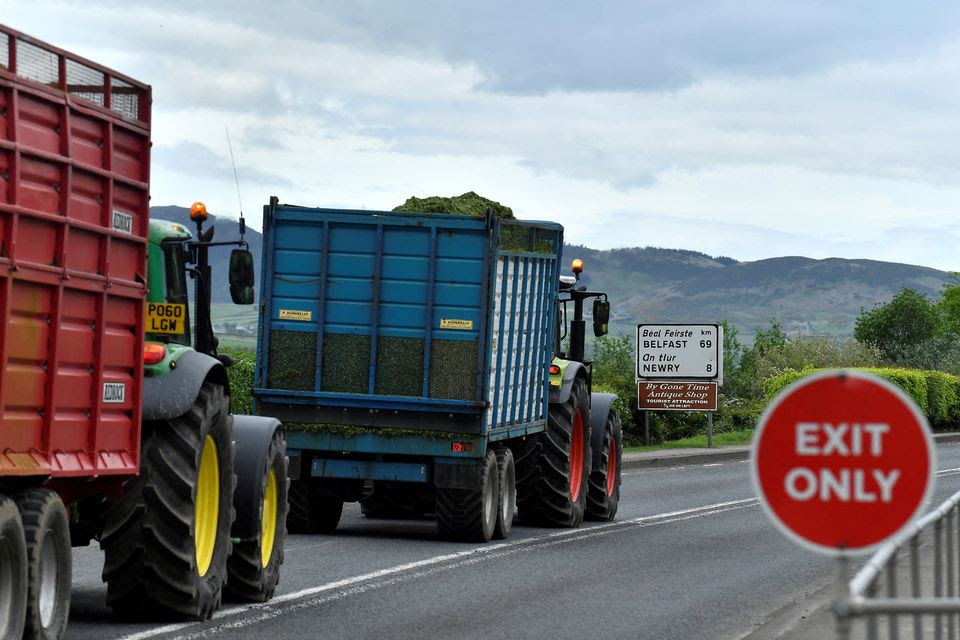
June 2022 | IPRI # 285
IPRI Comments
IPRI Team
The new UK new bill on Brexit, Turkey's NATO concerns on Finland and Sweden and the SIPRI report on nuclear arsenal/weapons
read more
Conflict Weekly
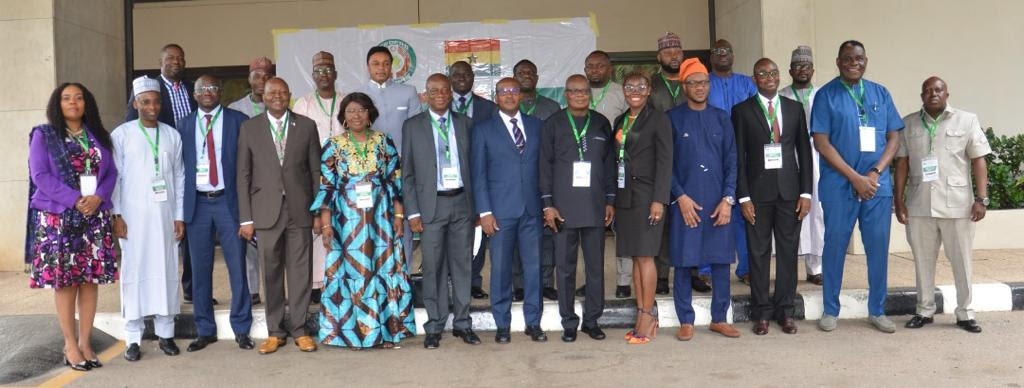
June 2022 | IPRI # 284
IPRI Comments
IPRI Team
North Korea's Missile Tests and Sanctions on Mali
read more
Conflict Weekly

June 2022 | IPRI # 283
IPRI Comments
IPRI Team
Denmark's referendum on EU defence and interstate tensions in Africa
read more
Conflict Weekly Cover Story
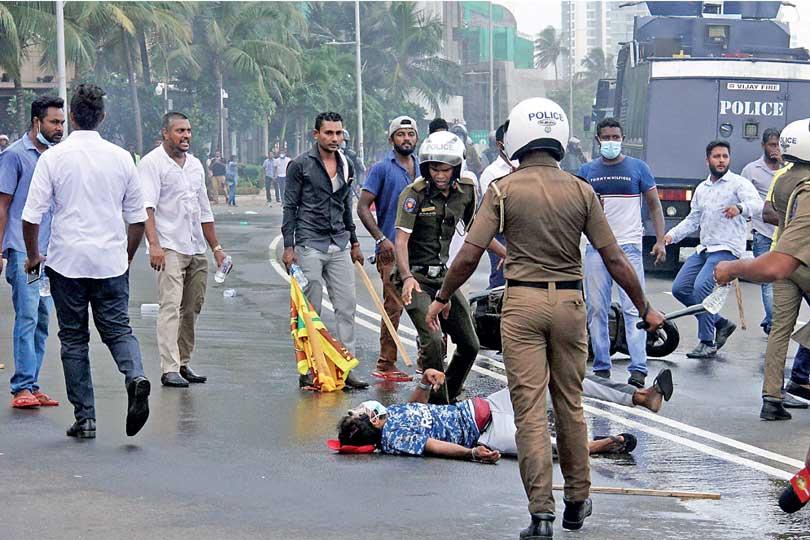
May 2022 | IPRI # 282
IPRI Briefs
Chrishari de Alwis Gunasekare
Sri Lanka’s Economic Crisis: Structural issues and impacts
read more
Conflict Weekly
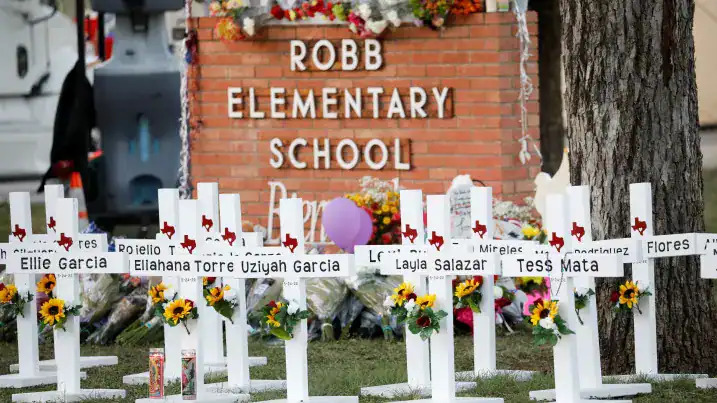
May 2022 | IPRI # 281
IPRI Comments
IPRI Team
Another school shooting in the US, and EU-UK tussle over Northern Ireland protocol
read more
NIAS Africa Studies
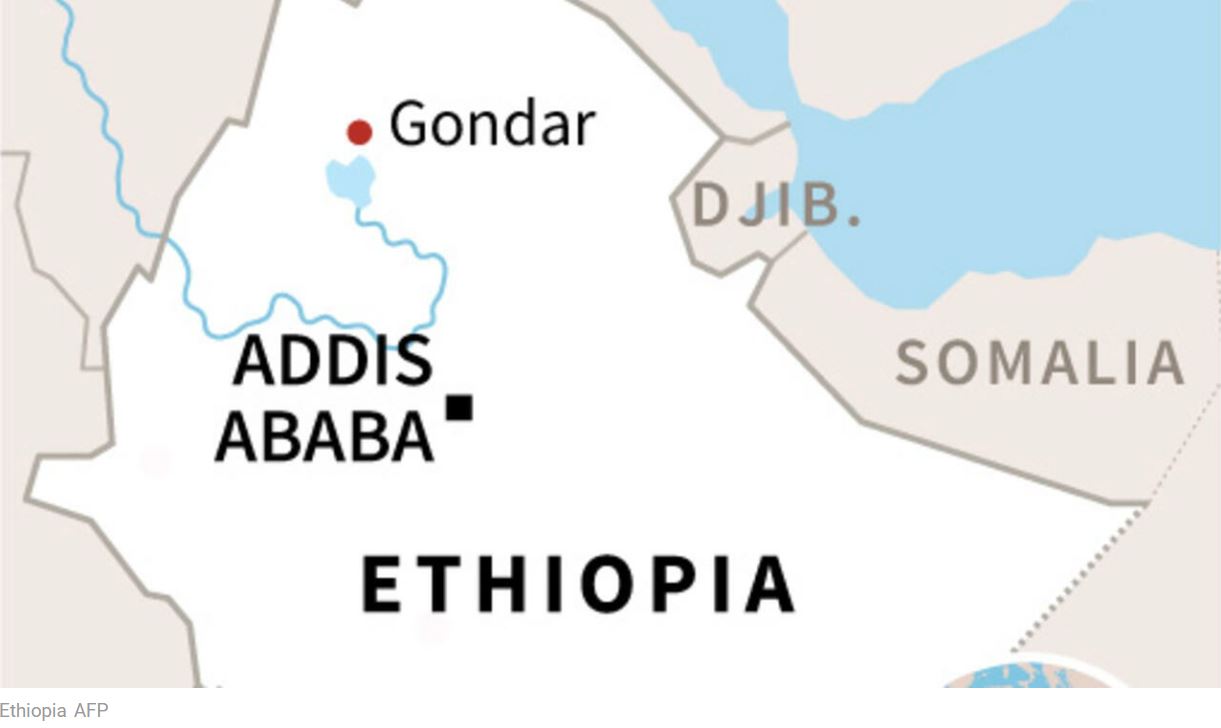
May 2022 | IPRI # 280
IPRI Comments
Poulomi Mondal
Communal Tensions in Ethiopia: Five drivers
read more
Conflict Weekly
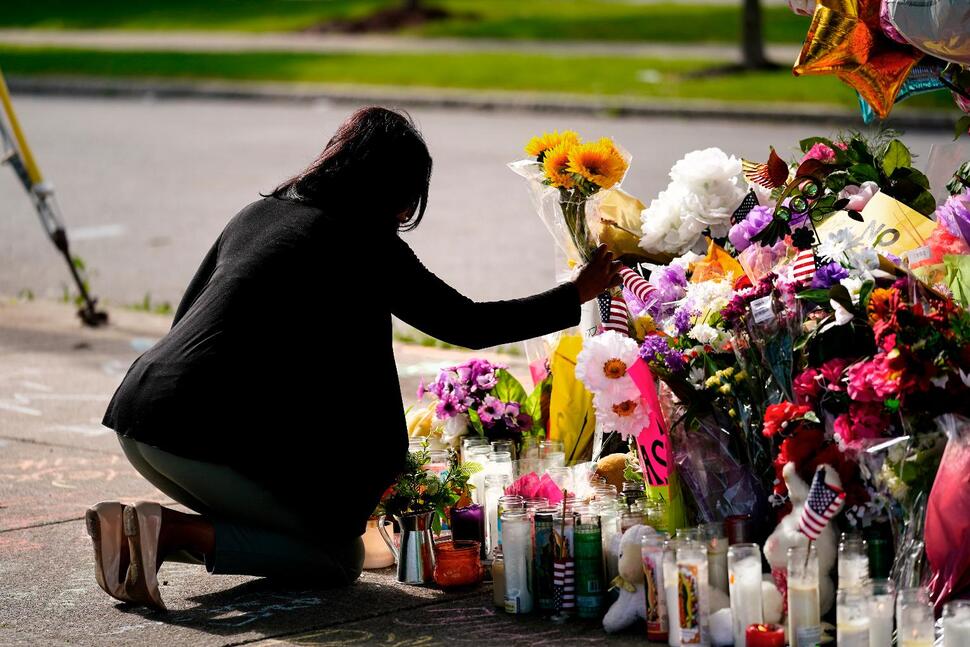
May 2022 | IPRI # 279
IPRI Comments
IPRI Team
Another racial attack in the US, Divide within the EU over the Russian oil ban, and violence in Israel
read more
Conflict Weekly Cover Story
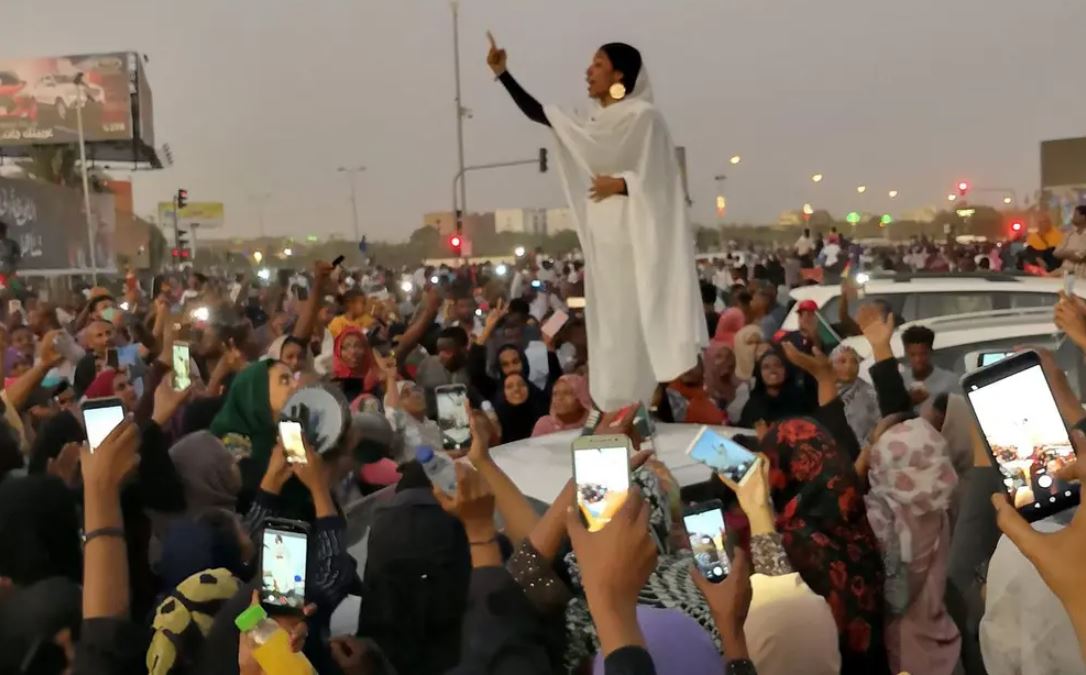
May 2022 | IPRI # 278
IPRI Comments
S Shaji
Sudan, three years after Omar al Bashir
read more
Conflict Weekly
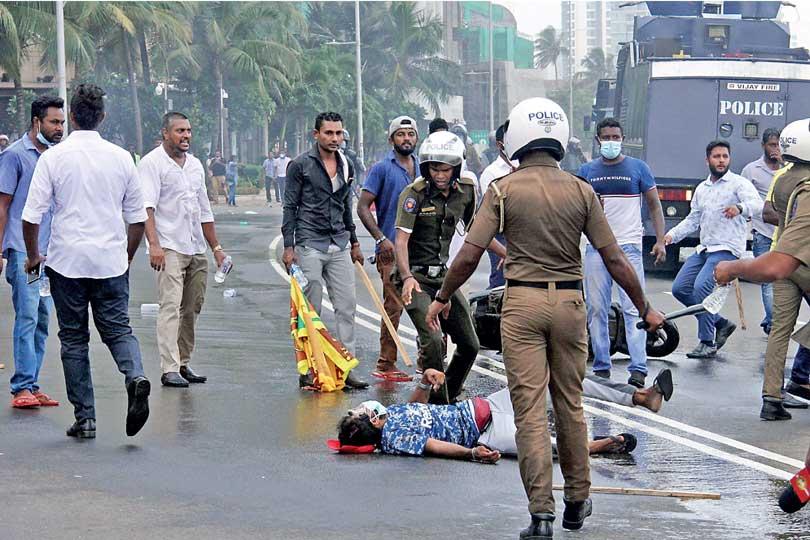
May 2022 | IPRI # 277
IPRI Comments
IPRI Team
Intensifying political crisis in Sri Lanka, Communal tensions in Ethiopia, and 75 days of Ukraine war
read more
NIAS Africa Studies
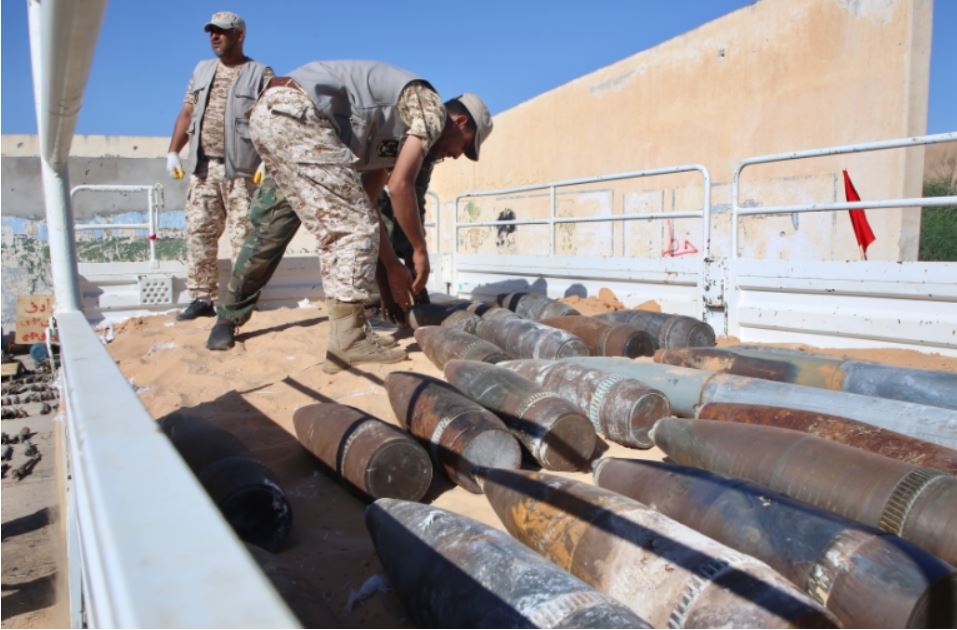
May 2022 | IPRI # 276
IPRI Comments
Mohamad Aseel Ummer
Wagner Group: Russia's Proxies or Ghost Soldiers?
read more
NIAS Africa Studies
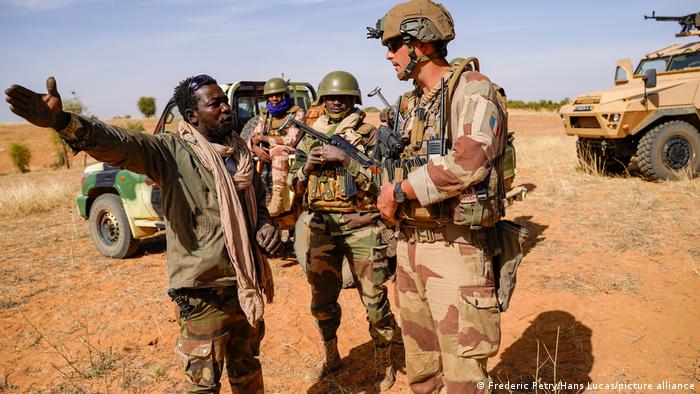
May 2022 | IPRI # 275
IPRI Comments
Anu Maria Joseph
Mali ends defence ties with France: What does this mean
read more
Conflict Weekly
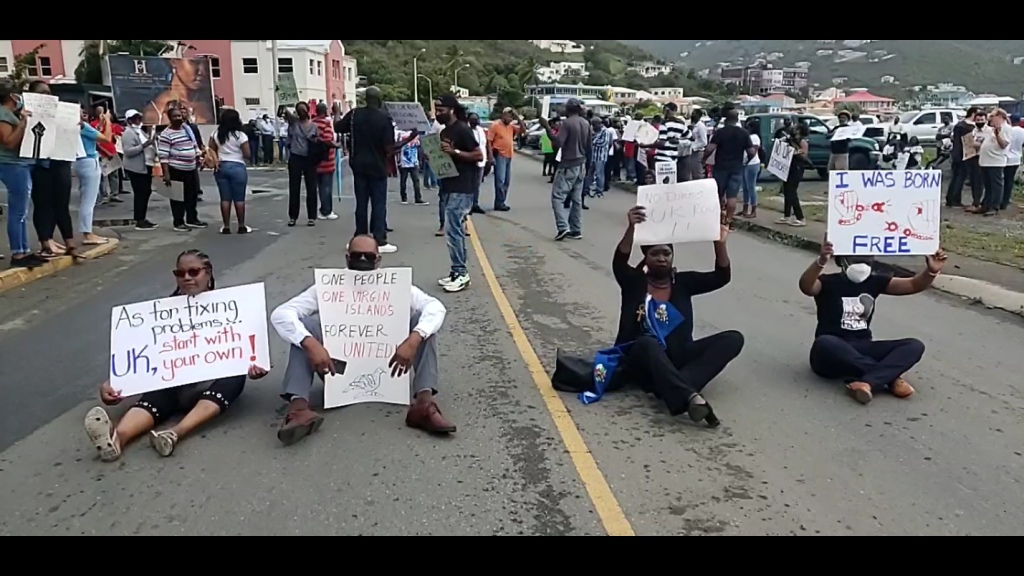
May 2022 | IPRI # 274
IPRI Comments
IPRI Team
Mali-France tensions and anti-UK protests in the Virgin Islands
read more
Conflict Weekly

April 2022 | IPRI # 273
IPRI Comments
IPRI Team
​​​​​​​UK-Rwanda asylum deal, Mexico's continuing femicides, and Afghanistan's sectarian violenceÂ
read more
Conflict Weekly
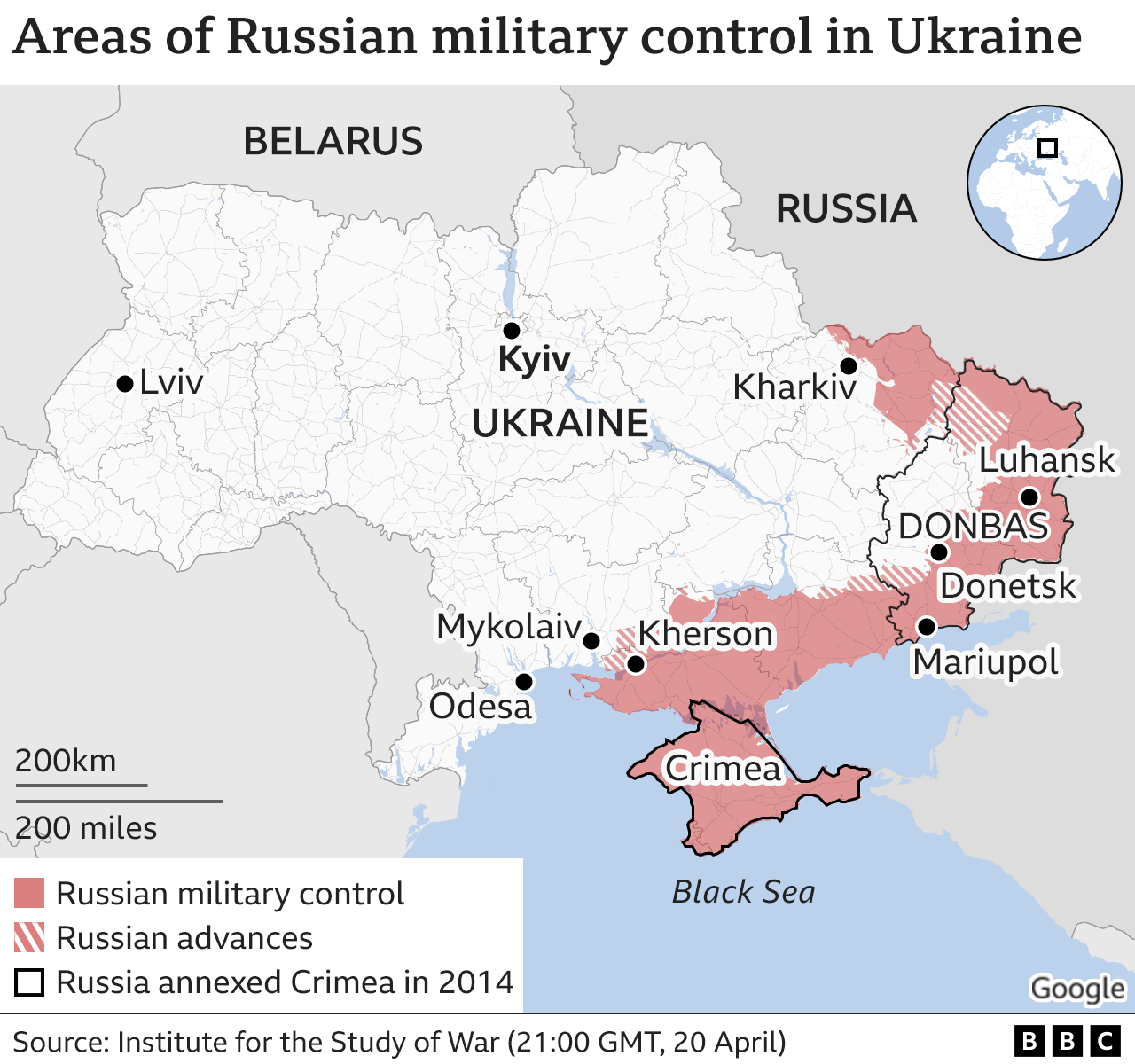
April 2022 | IPRI # 272
IPRI Comments
IPRI Team
The battle for Donbas, Violence in Jerusalem, Riots in Sweden, Kyrgyzstan- Tajikistan border dialogue, and China’s military drills
read more
Conflict Weekly
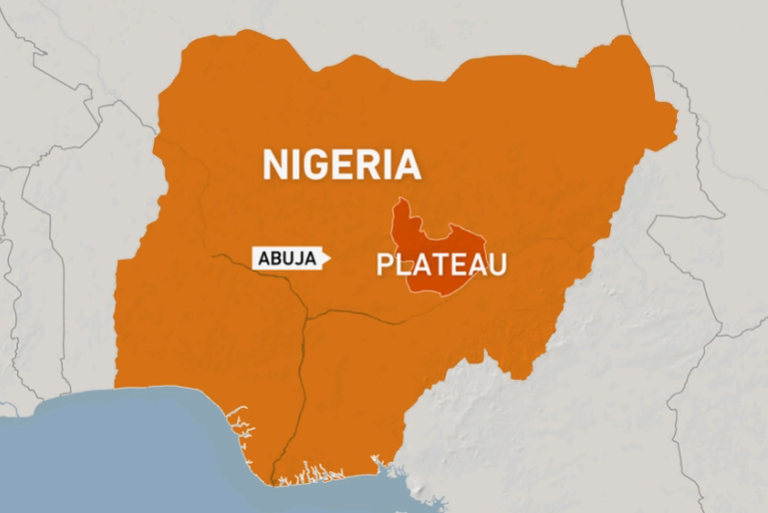
April 2022 | IPRI # 271
IPRI Comments
IPRI Team
Violence in Nigeria, and Russia’s new military strategy in Ukraine
read more
Conflict Weekly
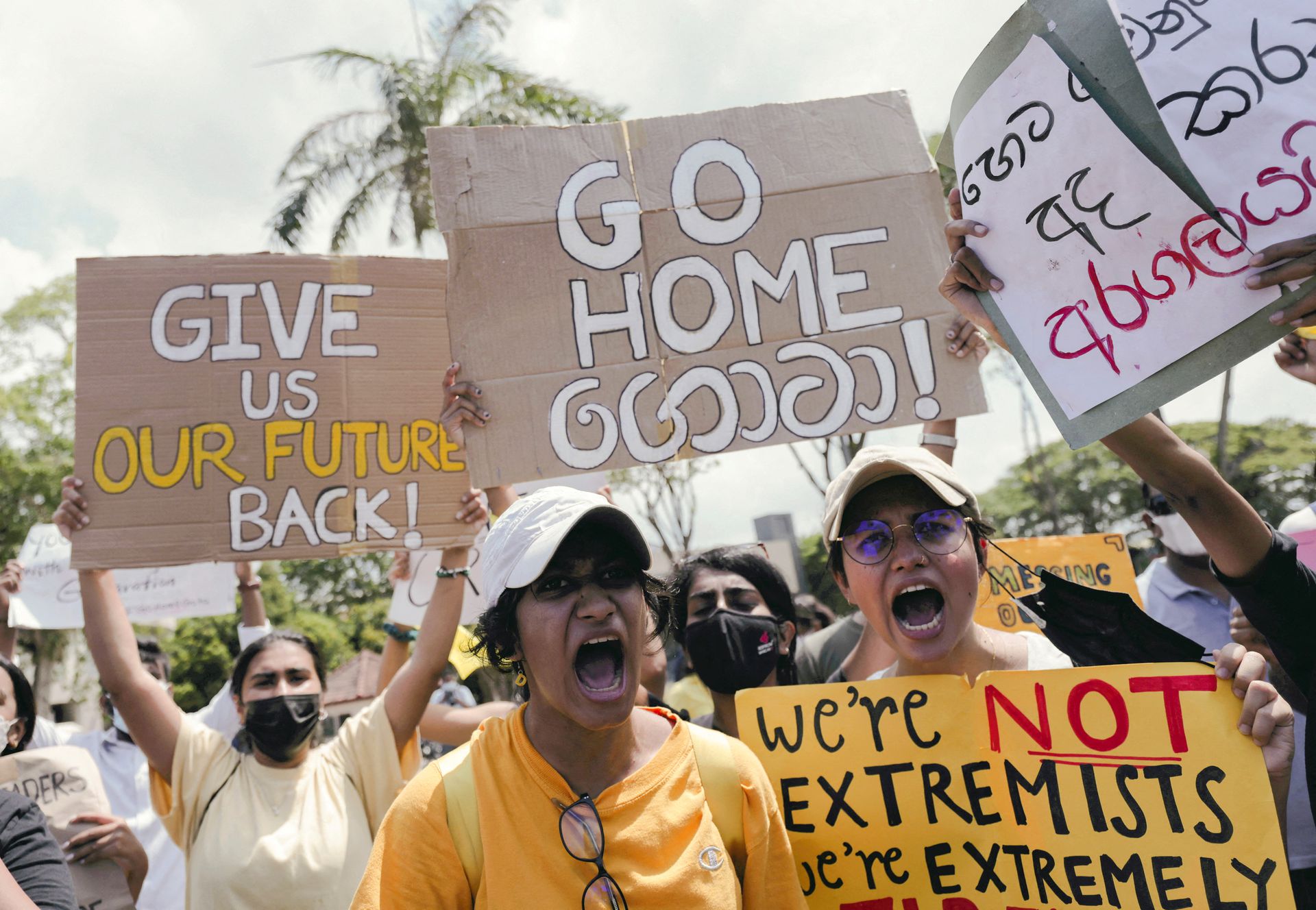
April 2022 | IPRI # 270
IPRI Comments
IPRI Team
Political Crises in Sri Lanka, Pakistan and Tunisia; Ceasefire in Yemen; and the Battle for Mariupol
read more
NIAS-IPRI Brief
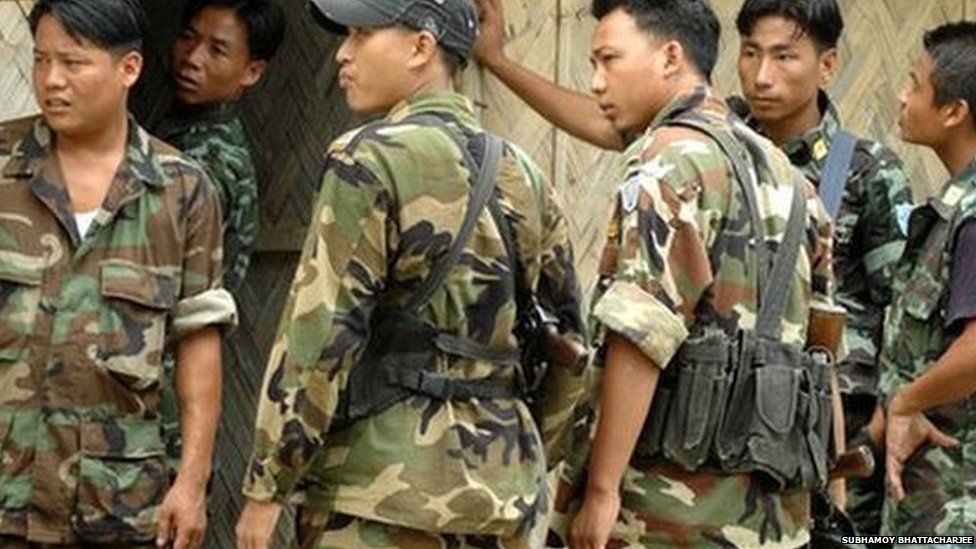
April 2022 | IPRI # 269
IPRI Briefs
Sourina Bej
Ceasefire trails in Naga conflict: Space for peace parleys and violent politics
read more
NIAS-IPRI Brief
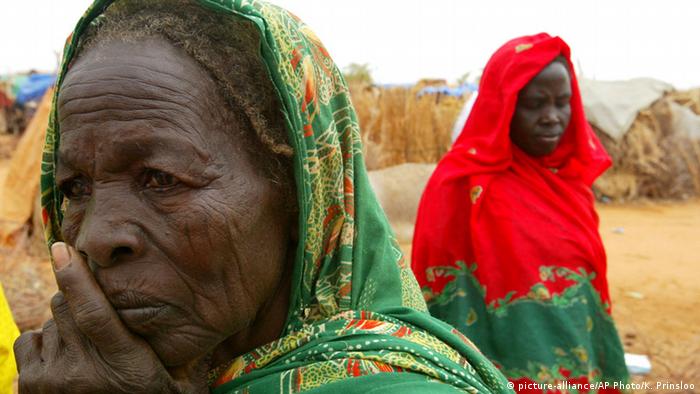
April 2022 | IPRI # 268
IPRI Briefs
Mohamad Aseel Ummer
Failing Peace in Darfur: Multiple Actors, No Outcome
read more
NIAS-IPRI Brief
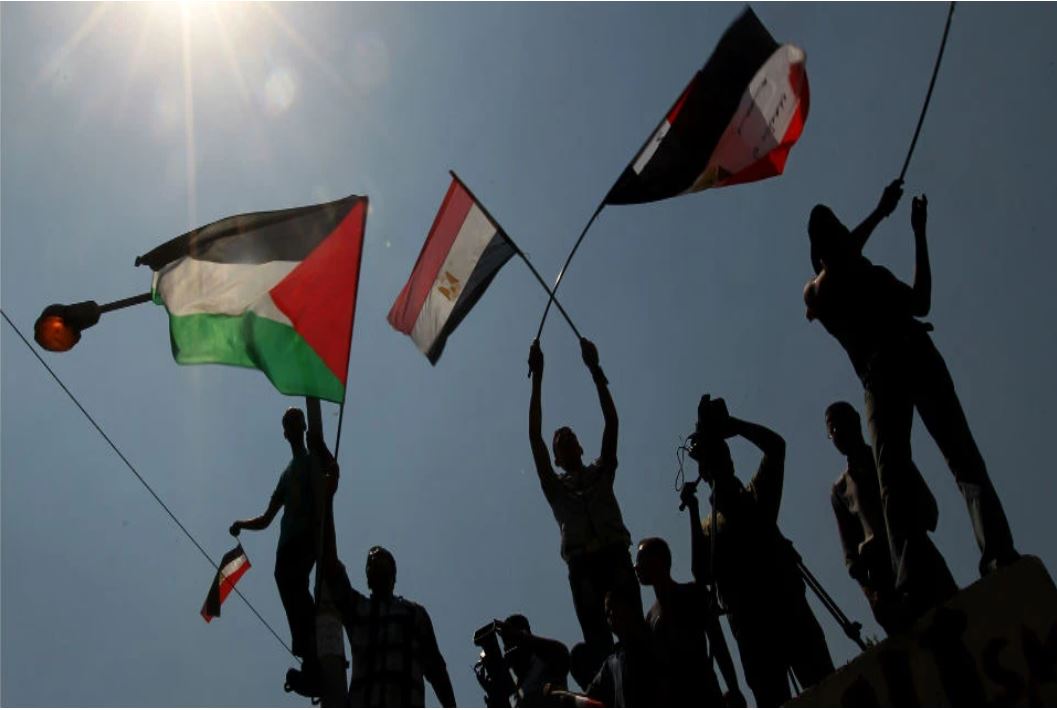
April 2022 | IPRI # 267
IPRI Briefs
Jeshil Samuel J
The 2014 Gaza Ceasefire: A Stopgap to Peace dividend
read more
NIAS-IPRI Brief
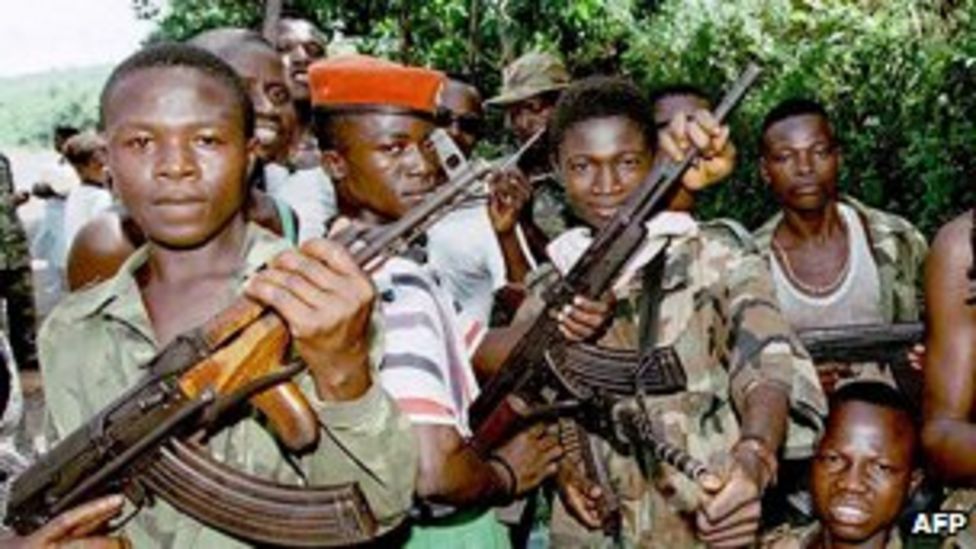
April 2022 | IPRI # 266
IPRI Briefs
Dincy Adlakha
The 1999 Lome Peace Agreement: Issues and failed aspirations
read more
NIAS-IPRI Brief
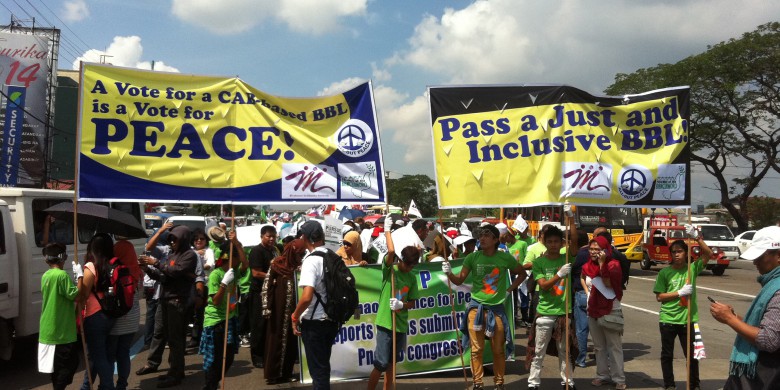
April 2022 | IPRI # 265
IPRI Briefs
Anju C Joseph
Ceasefire in Moro Conflict: No lasting solution in sight
read more
Conflict Weekly

March 2022 | IPRI # 264
IPRI Comments
IPRI Team
30 days of War in Ukraine
read more
Conflict Weekly
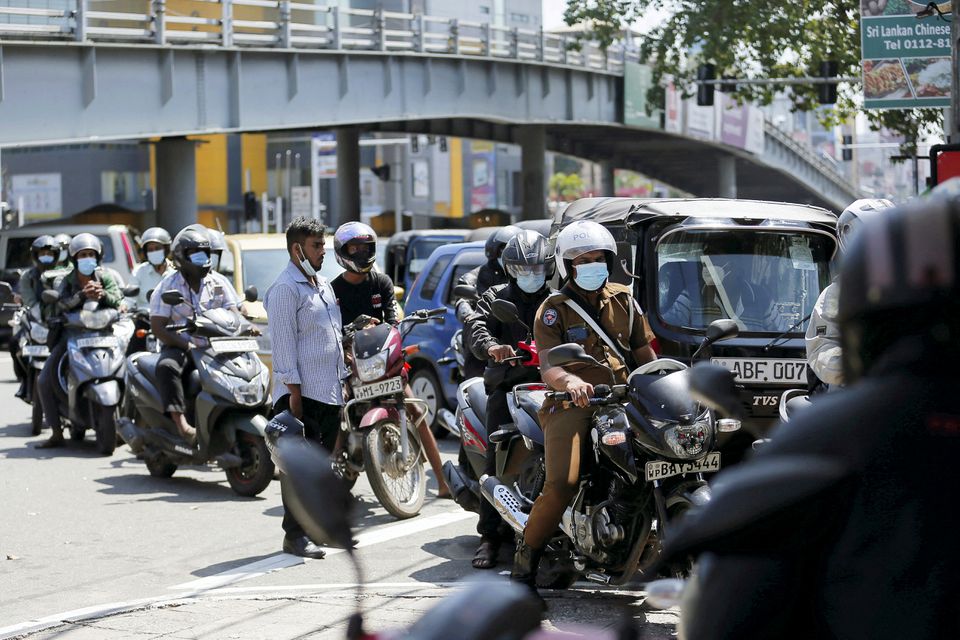
March 2022 | IPRI # 263
IPRI Comments
IPRI Team
Sri Lanka’s worsening economic crisis
read more
Conflict Weekly
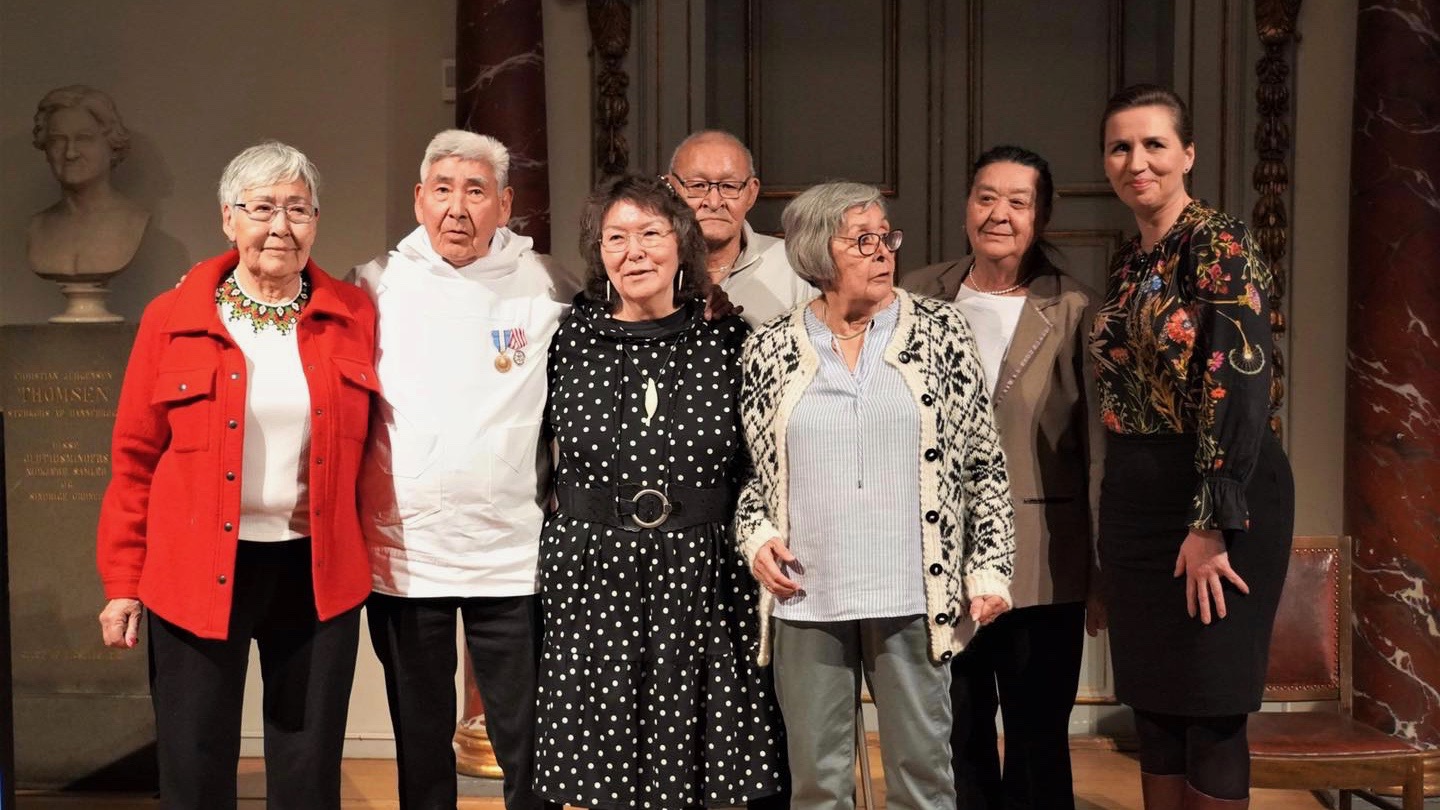
March 2022 | IPRI # 262
IPRI Comments
IPRI Team
The end of Denmark’s Inuit experiment
read more
Conflict Weekly
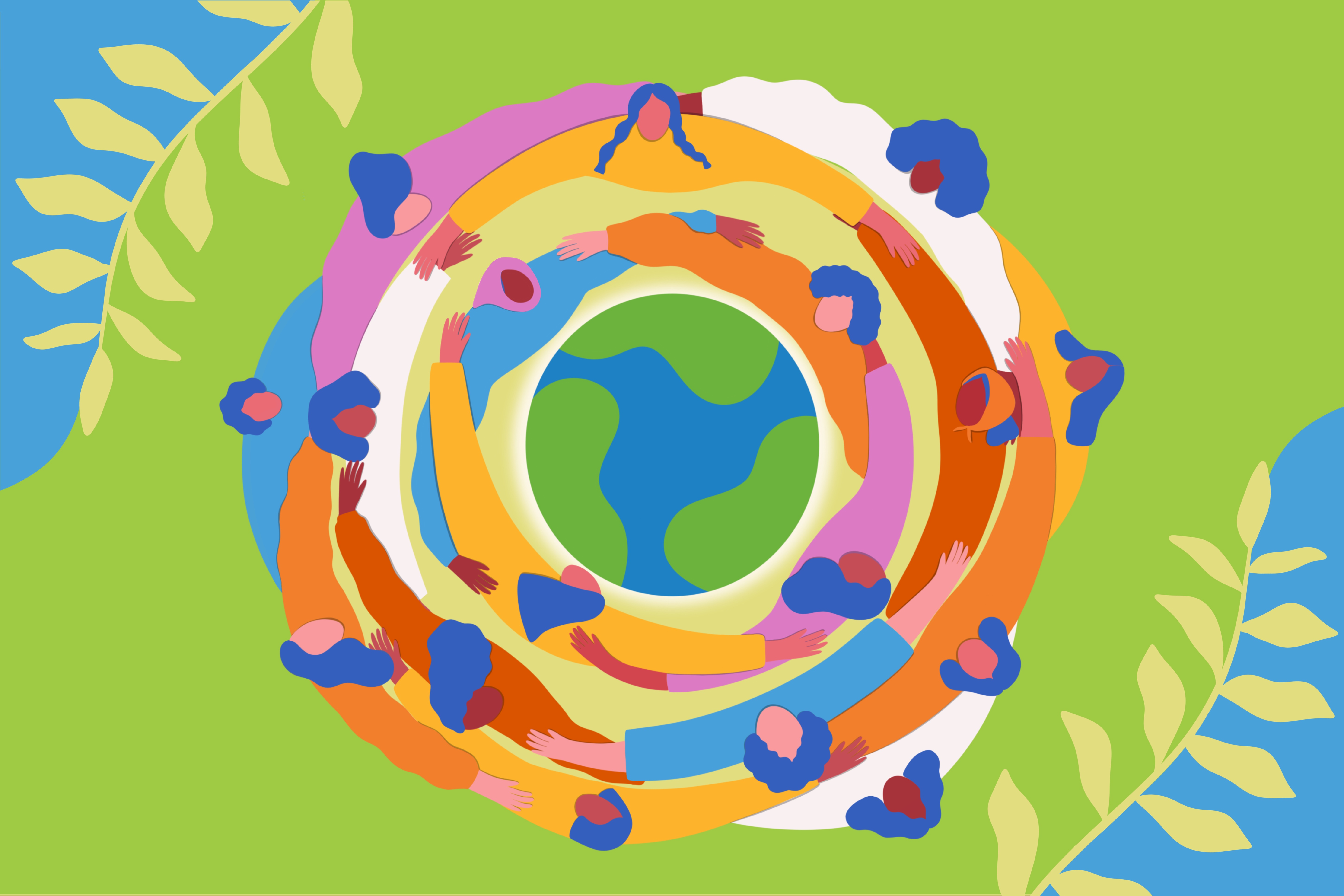
March 2022 | IPRI # 261
IPRI Comments
IPRI Team
International Women’s Day: Gap between policies and realities on gender equality
read more
Conflict Weekly
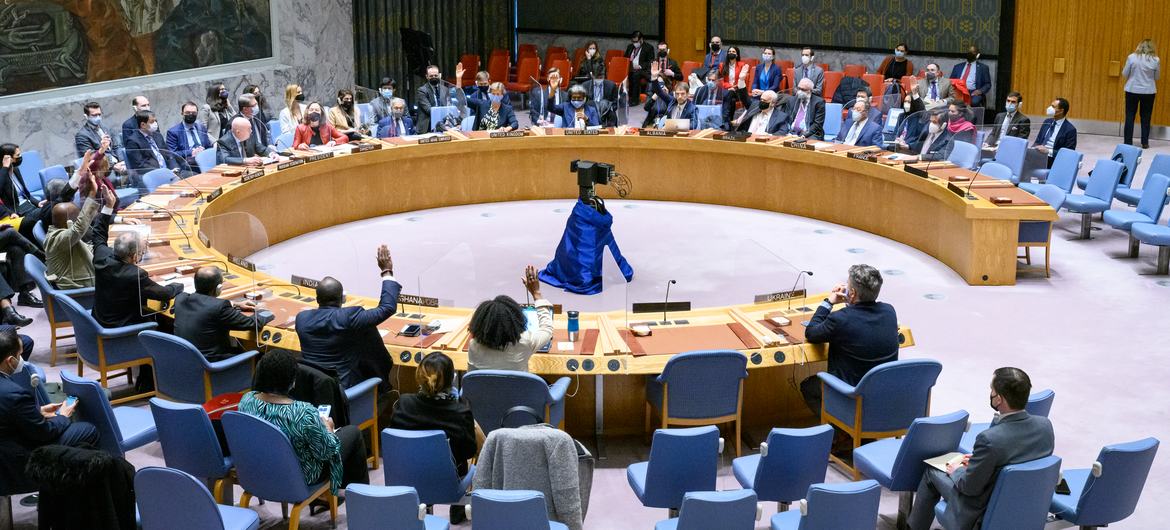
March 2022 | IPRI # 260
IPRI Comments
IPRI Team
Russia’s Ukraine Invasion: One Week Later
read more
Conflict Weekly
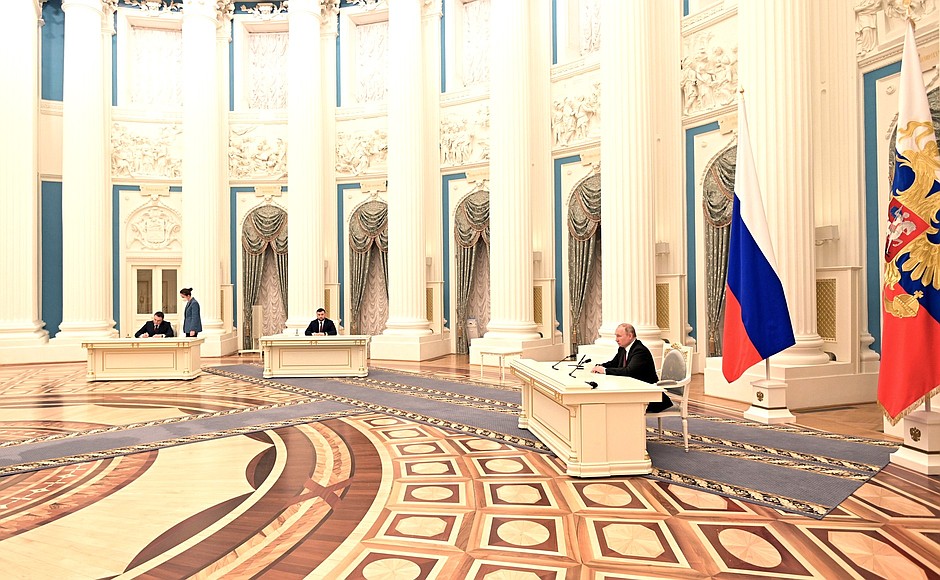
February 2022 | IPRI # 259
IPRI Comments
IPRI Team
Russia’s Ukraine salami slicing and Canada’s freedom convoy protests
read more
Conflict Weekly
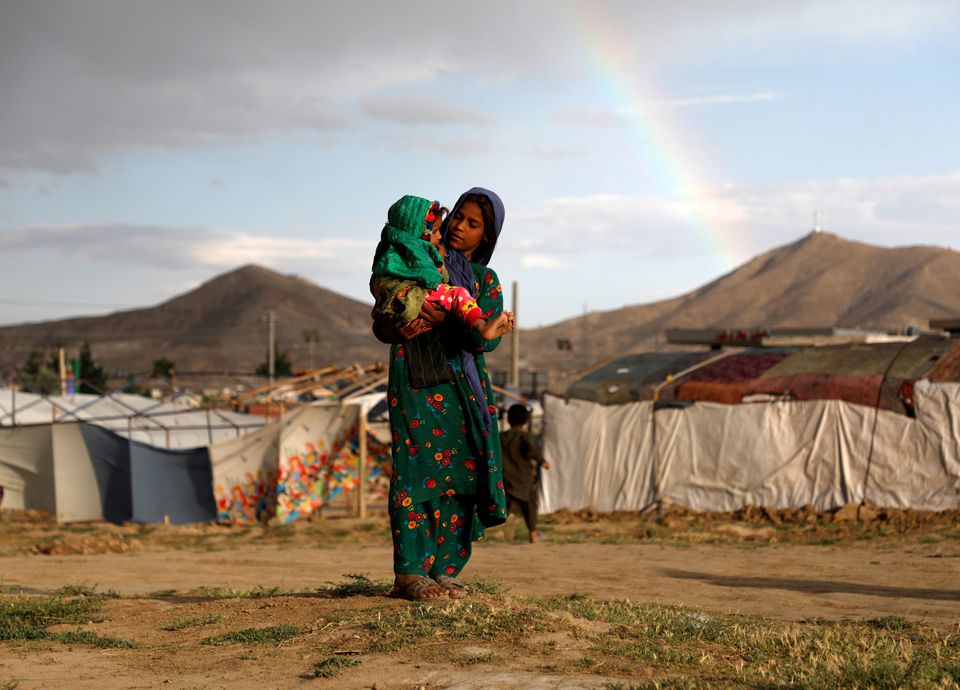
February 2022 | IPRI # 258
IPRI Comments
IPRI Team
Unfreezing the Afghan assets, Tunisia’s judicial crisis and Libya’s new political deadlock
read more
Conflict Weekly
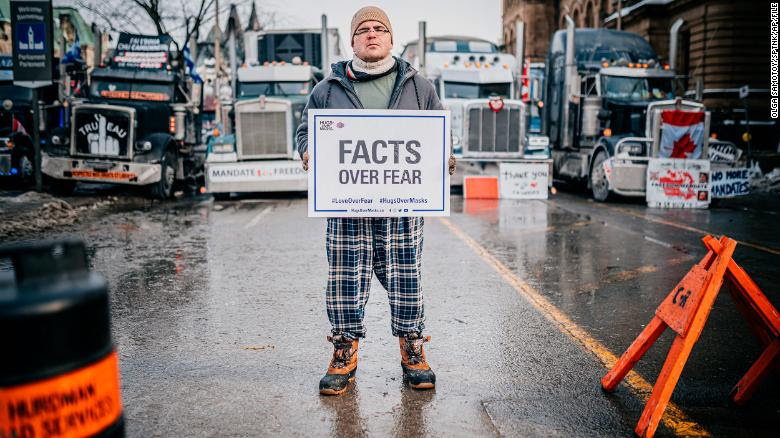
February 2022 | IPRI # 257
IPRI Comments
IPRI Team
Freedom convoy protests in Canada, and a de-escalation over Ukraine
read more
NIAS Africa Monitor
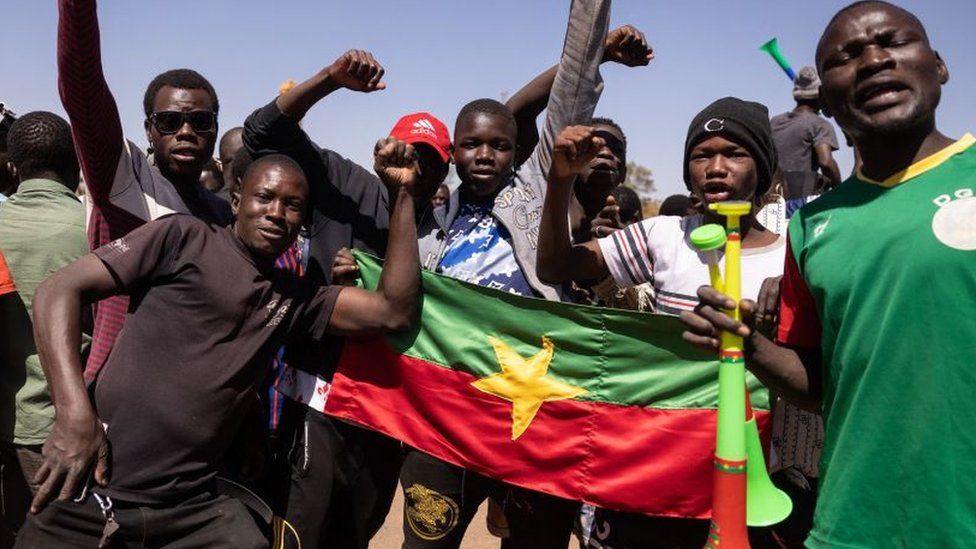
February 2022 | IPRI # 256
IPRI Comments
Apoorva Sudhakar
Coup in Burkina Faso: Five things to know
read more
Conflict Weekly
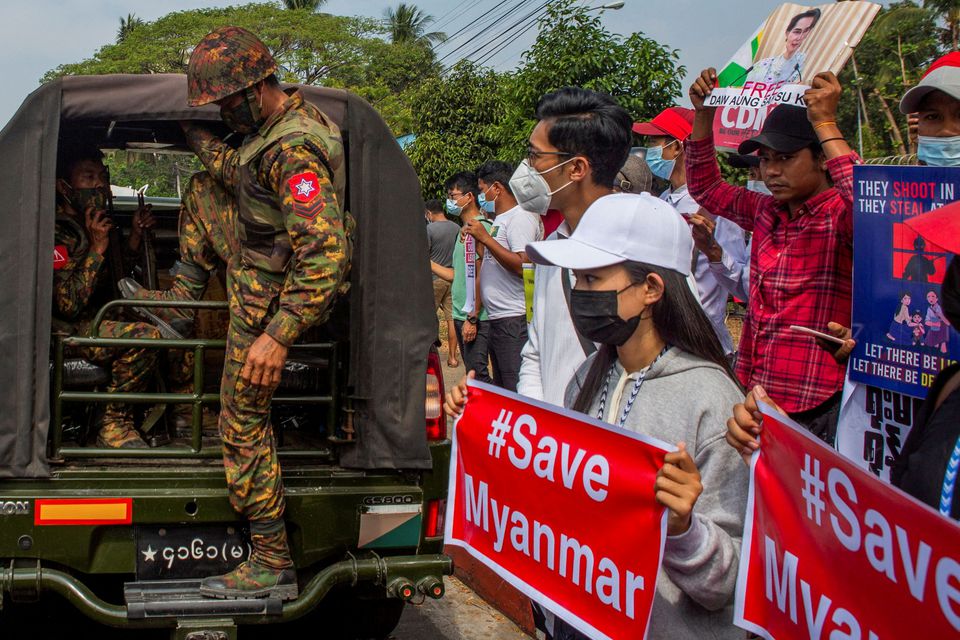
February 2022 | IPRI # 255
IPRI Comments
IPRI Team
One year of the coup in Myanmar, Taliban meetings in Oslo, and the Global hunger report
read more
Conflict Weekly
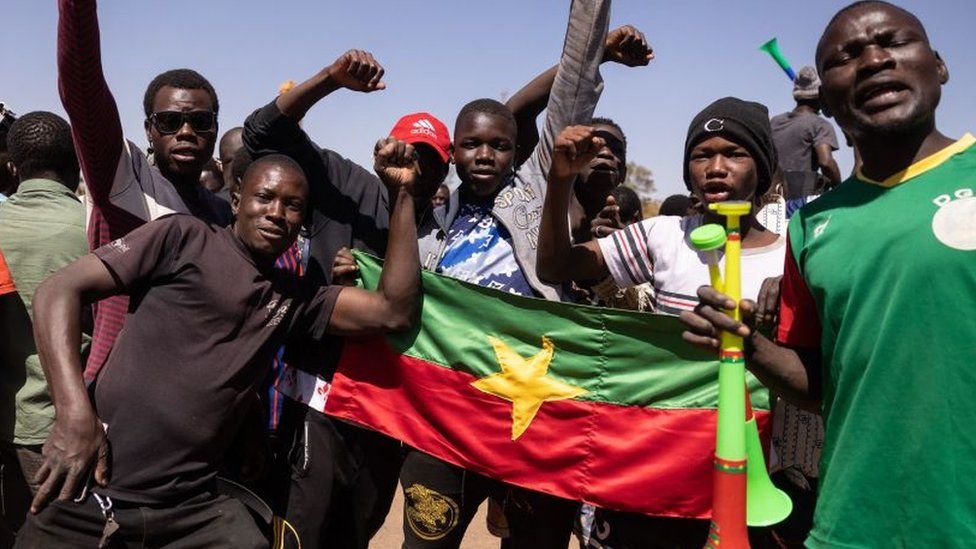
January 2022 | IPRI # 254
IPRI Comments
IPRI Team
Coup in Burkina Faso, Continuing violence in Yemen, and an ISIS attack in Syria
read more
Conflict Weekly
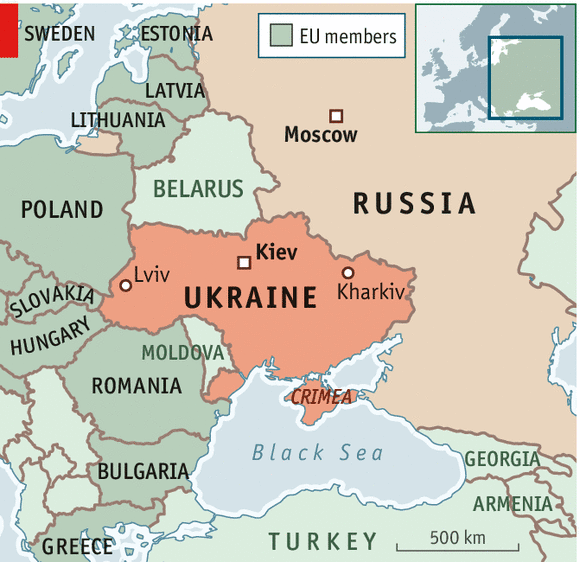
January 2022 | IPRI # 253
IPRI Comments
IPRI Team
Threat of War over Ukraine, a Syrian trial in Germany, and Protests in France
read more
Central Asia
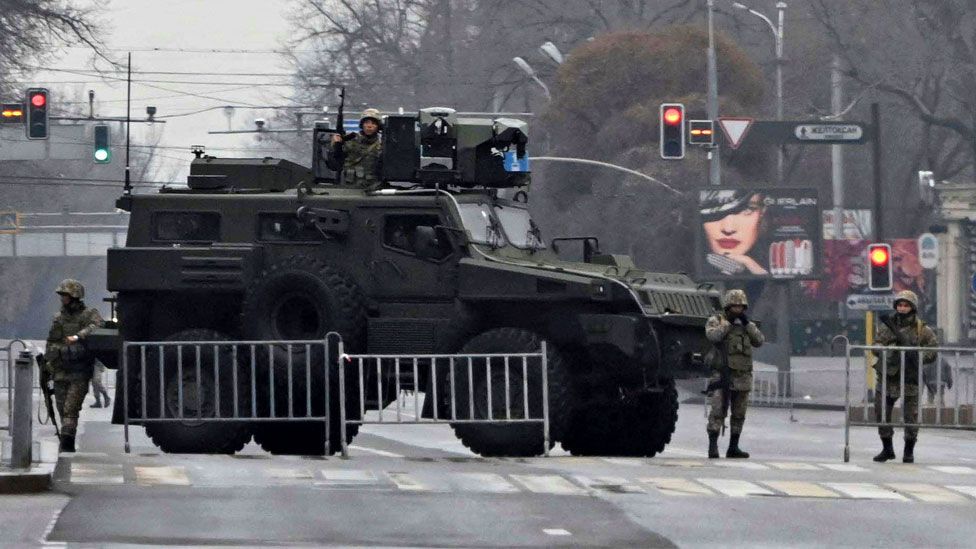
January 2022 | IPRI # 252
IPRI Comments
Abigail Miriam Fernandez
The unrest in Kazakhstan: Look beyond the trigger
read more
Conflict Weekly
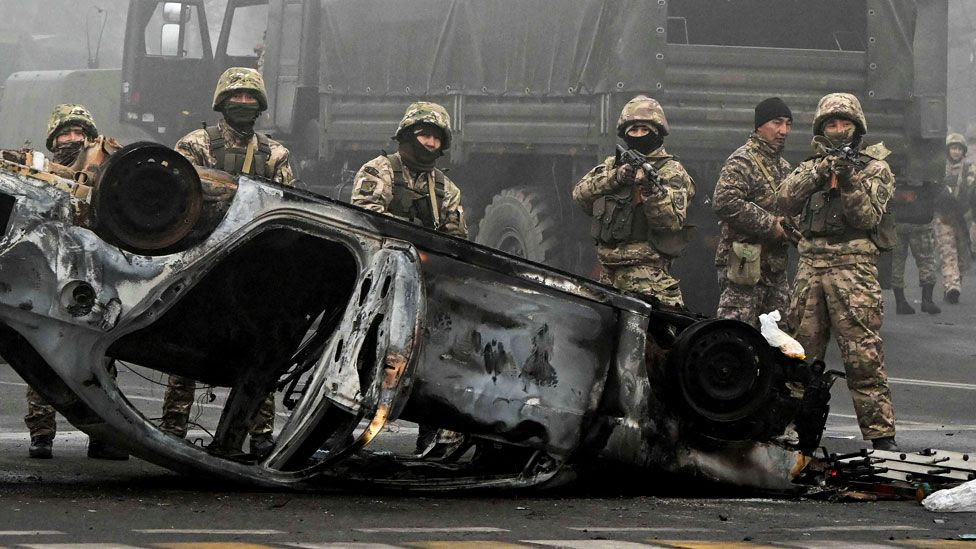
January 2022 | IPRI # 251
IPRI Comments
IPRI Team
Unrest and crackdown in Kazakhstan, Another jail term for Aung San Suu Kyi, Two years after Qasem Soleimani, and Canada's reconciliation with the indigenous people
read more
Conflict Weekly
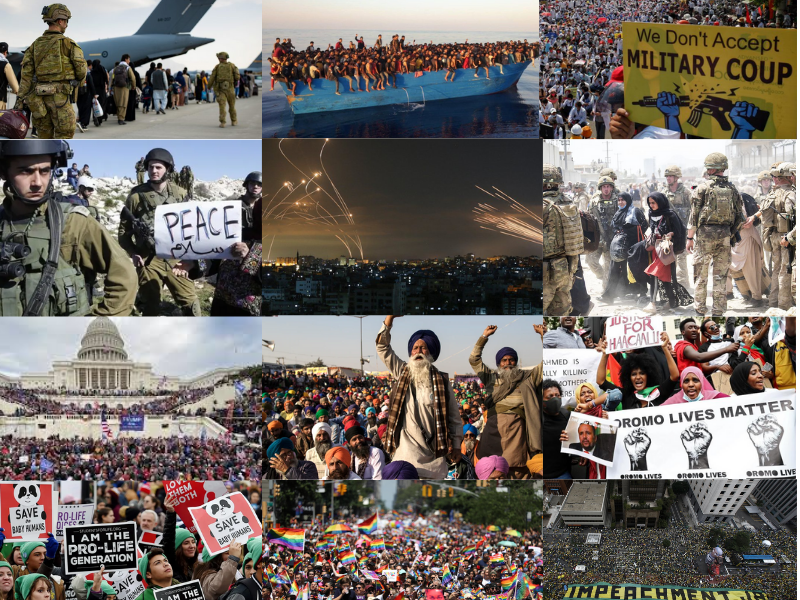
January 2022 | IPRI # 250
IPRI Comments
IPRI Team
Conflicts in 2021 : Through Regional Prisms
read more
NIAS-IPRI Workshop
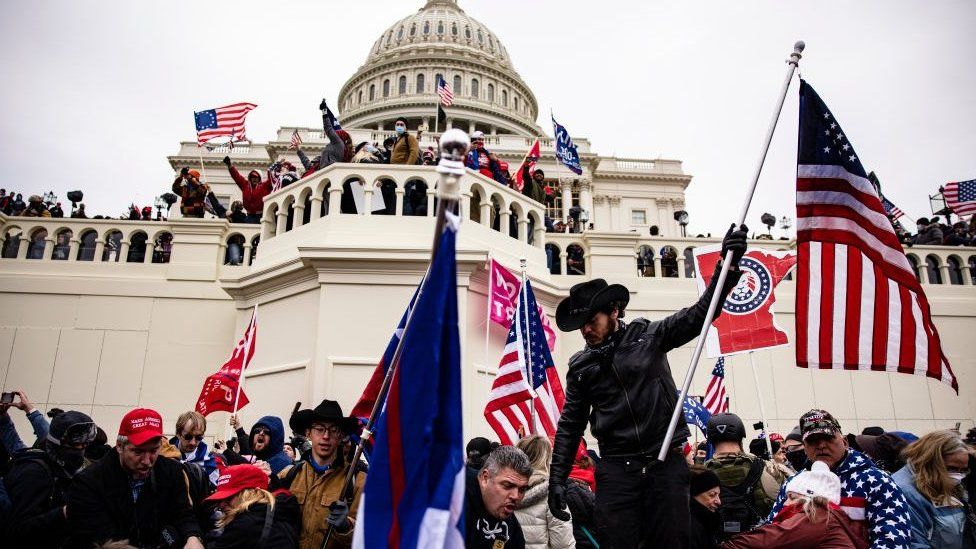
January 2022 | IPRI # 249
IPRI Briefs
Dr Shreya Upadhyay
State of Peace and Conflict in North America in 2021
read more
NIAS-IPRI Workshop
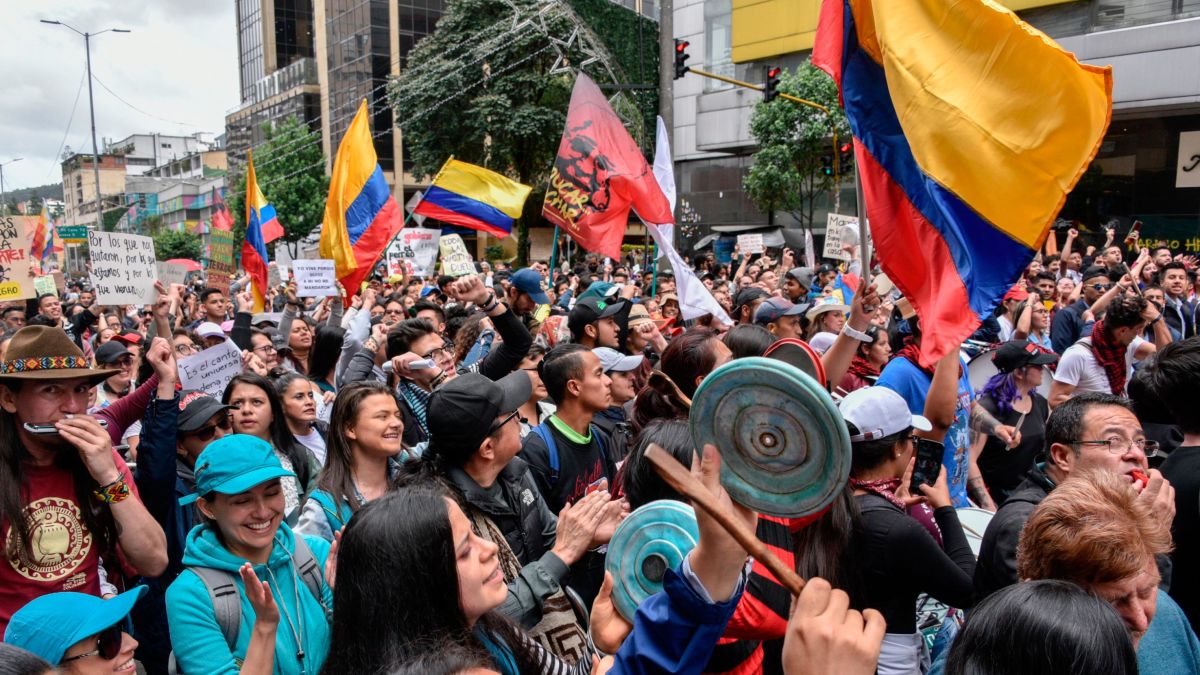
January 2022 | IPRI # 248
IPRI Briefs
Dr Aparaajita Pandey
State of Peace and Conflict in Latin America in 2021
read more
NIAS-IPRI Workshop
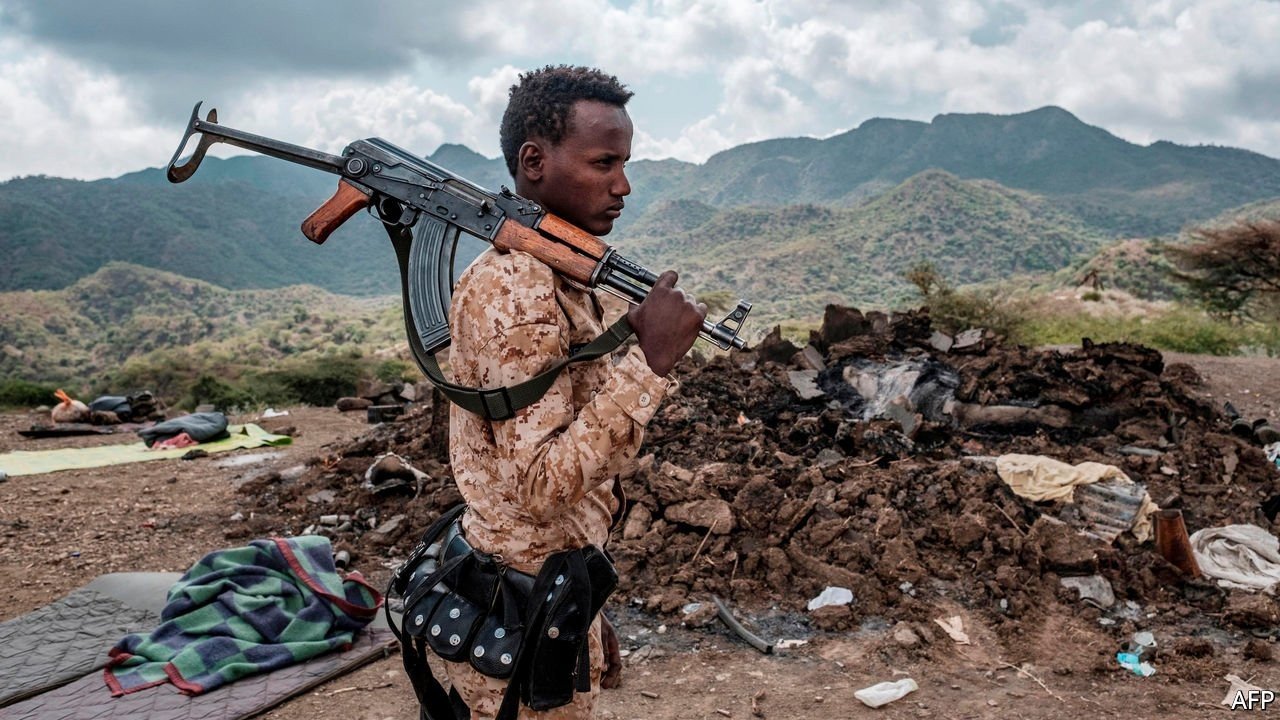
January 2022 | IPRI # 247
IPRI Briefs
Dr Shaji S
State of Peace and Conflict in Africa in 2021
read more
NIAS-IPRI Workshop
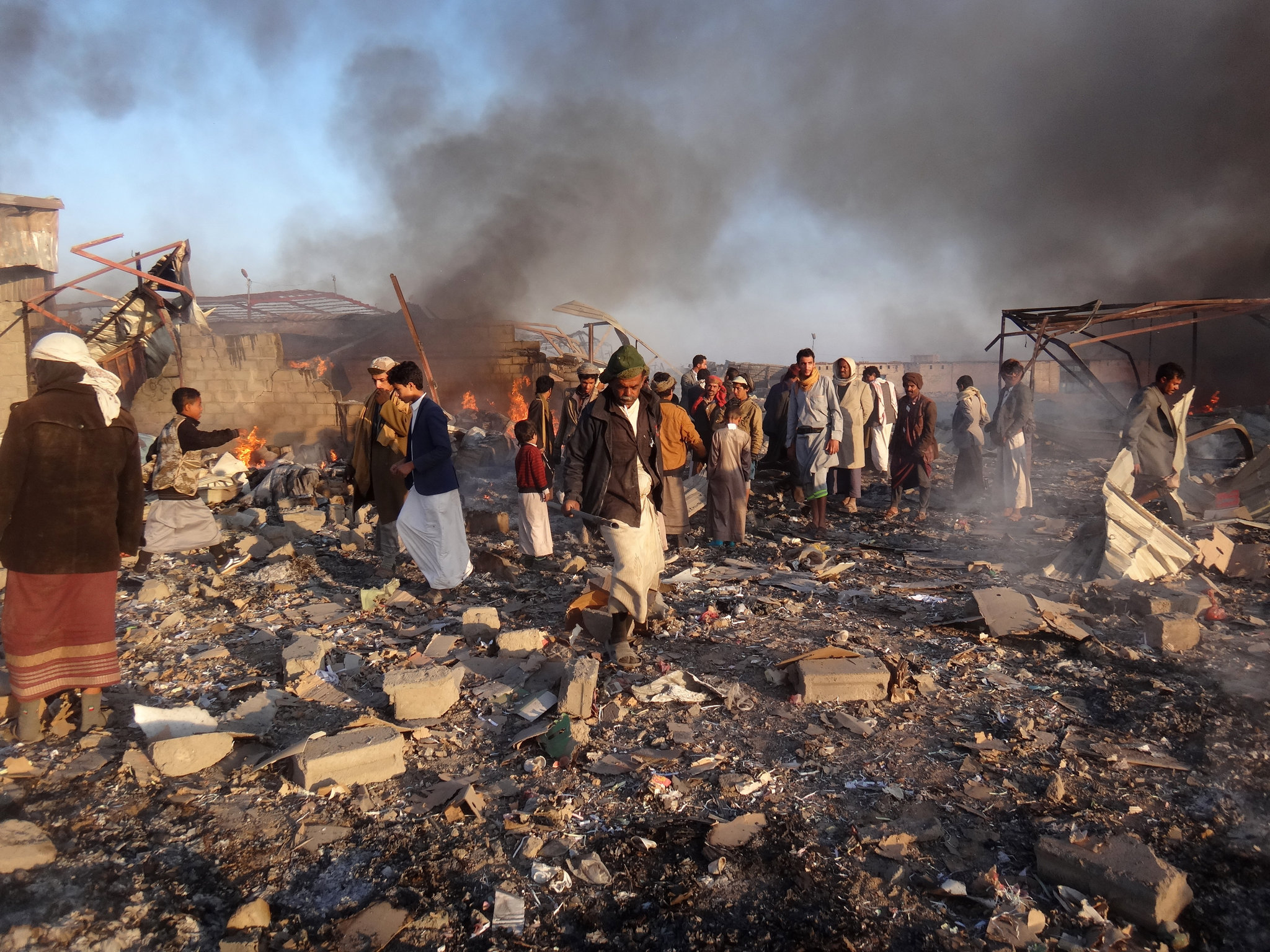
January 2022 | IPRI # 246
IPRI Briefs
Dr Stanly Johny
State of Peace and conflict in the Middle East in 2021
read more
NIAS-IPRI Workshop
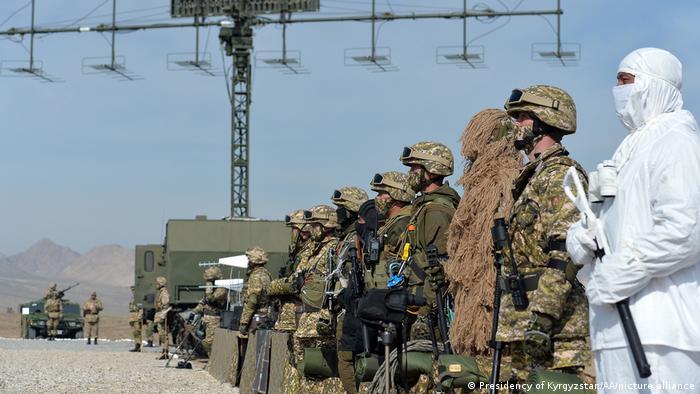
January 2022 | IPRI # 245
IPRI Briefs
Dr Athar Zafar
State of Peace and Conflict in Central Asia in 2021
read more
NIAS-IPRI Workshop
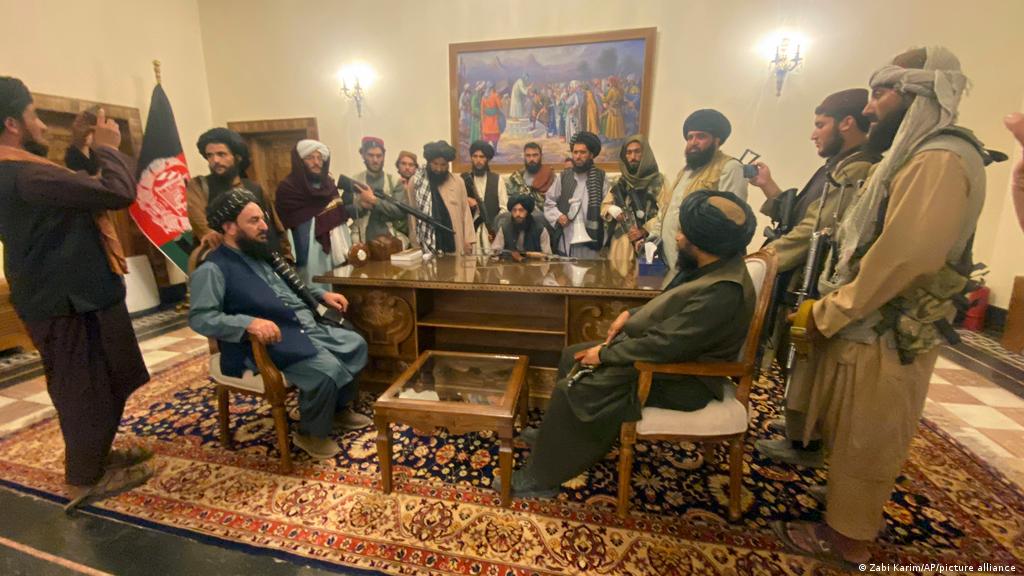
January 2022 | IPRI # 244
IPRI Briefs
Dr Anshuman Behera
State of Peace and Conflict in South Asia in 2021
read more
NIAS-IPRI Workshop
.jpg)
January 2022 | IPRI # 243
IPRI Briefs
Dr Bibhu Prasad Routray
State of Peace and Conflict in Southeast Asia in 2021
read more
NIAS-IPRI Workshop
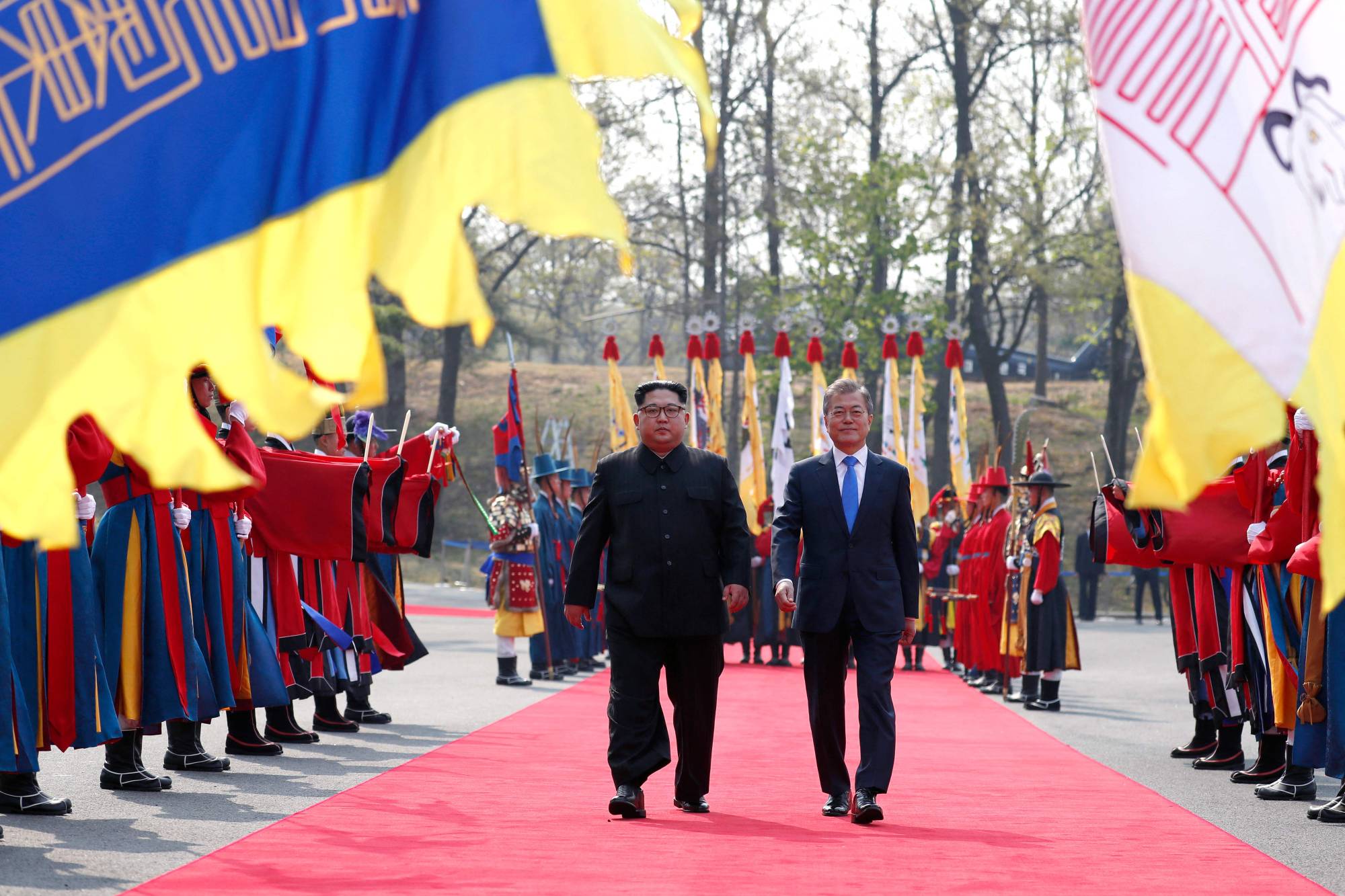
January 2022 | IPRI # 242
IPRI Briefs
Dr Sandip Kumar Mishra
State of Peace and Conflict in East Asia in 2021
read more
NIAS-IPRI Workshop
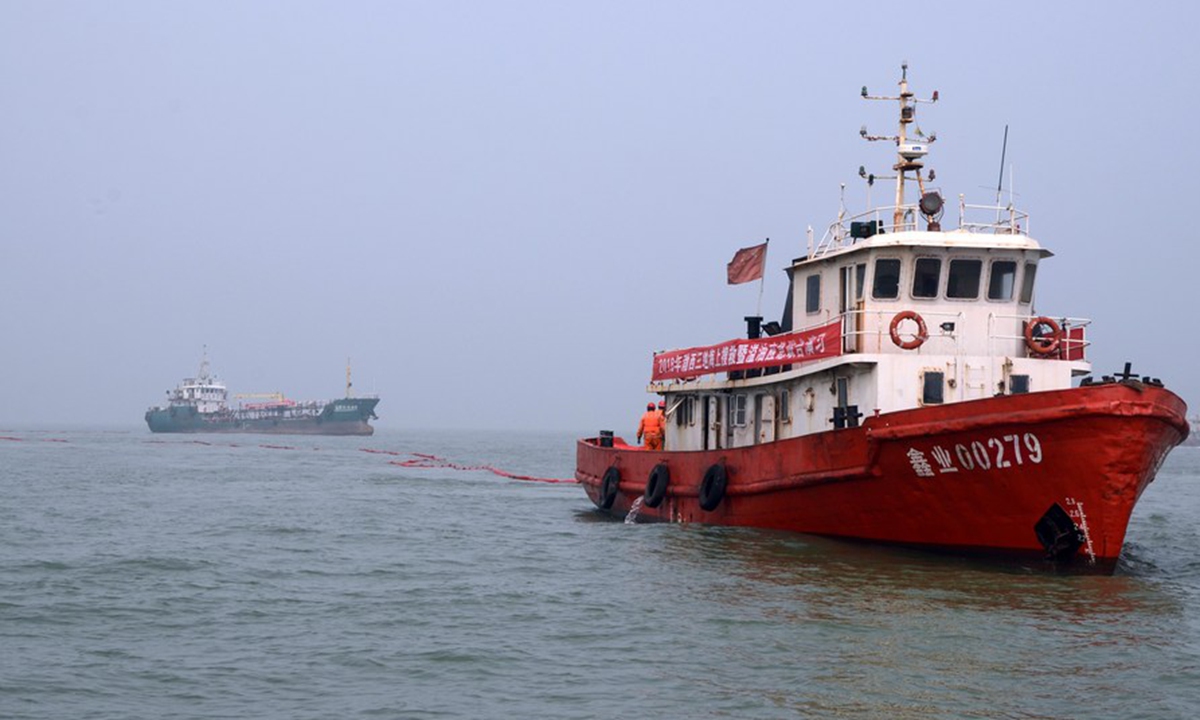
January 2022 | IPRI # 241
IPRI Briefs
Dr Anand V
State of Peace and Conflict in China in 2021
read more
Conflict Weekly
.jpg)
December 2021 | IPRI # 240
IPRI Comments
IPRI Team
Top 15 Conflicts in 2021
read more
Conflict Weekly
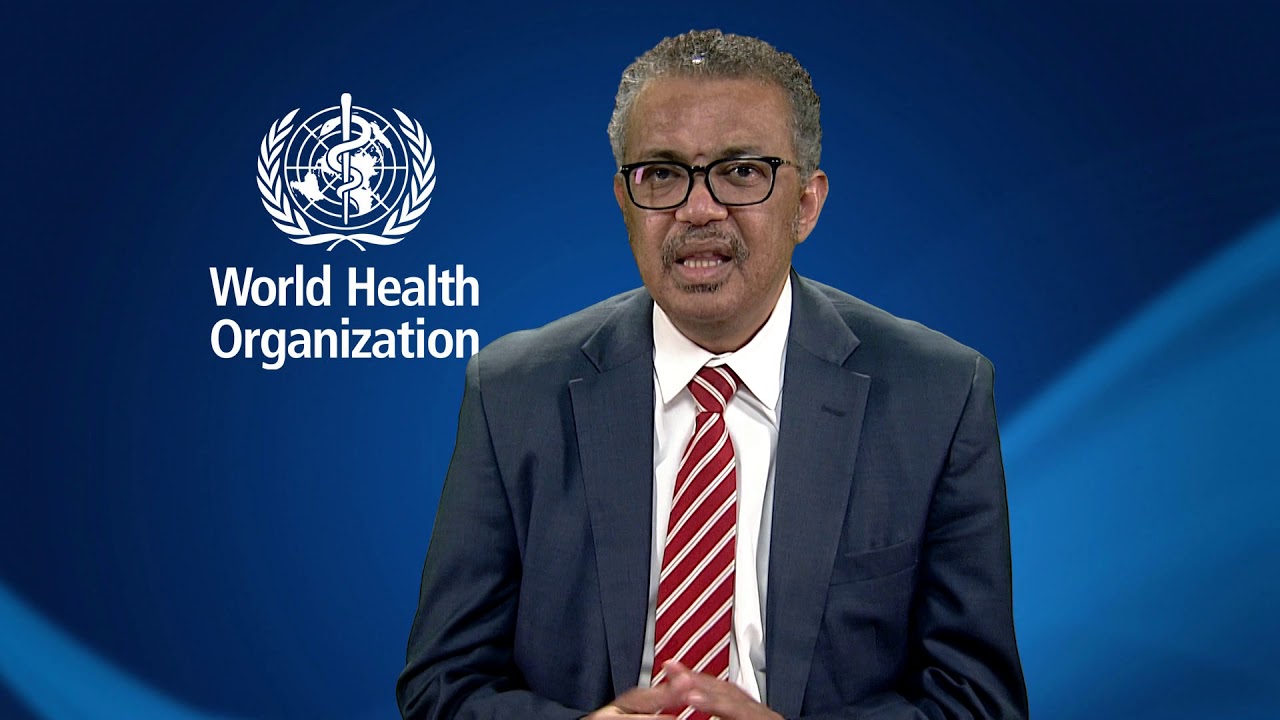
December 2021 | IPRI # 239
IPRI Comments
IPRI Team
New reports on the Omicron threat, and lifting sanctions on humanitarian aid to Afghanistan
read more
Conflict Weekly
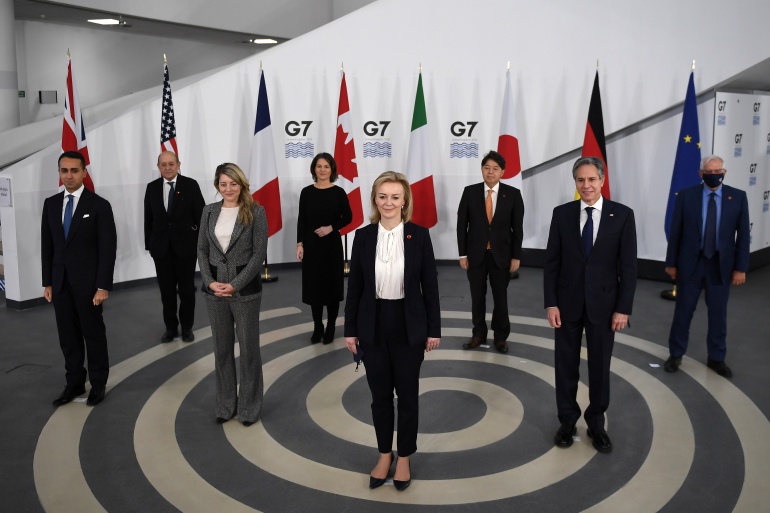
December 2021 | IPRI # 238
IPRI Comments
IPRI Team
West warns Russia over Ukrainian aggression and South Korea and North Korean agree on end-of-war declaration in principle
read more
NIAS Africa Monitor
.jpeg)
December 2021 | IPRI # 237
IPRI Comments
Harshita Rathore
Famine in Ethiopia: The government's refusal to acknowledge, worsens the crisis
read more
Conflict Weekly
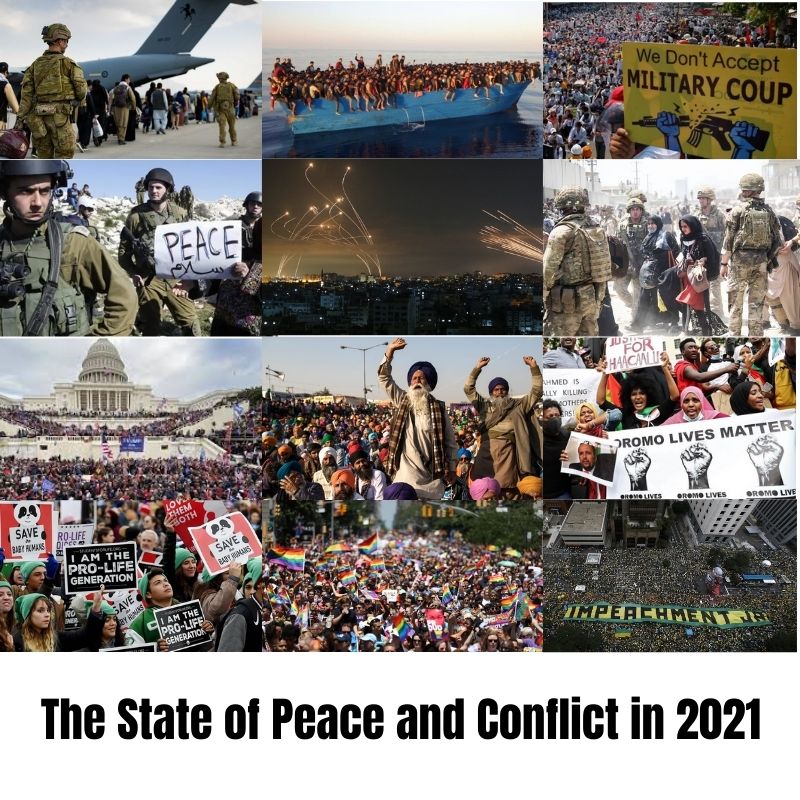
December 2021 | IPRI # 236
IPRI Comments
IPRI Team
Conflict Weekly: 100th Issue
read more
Conflict Weekly
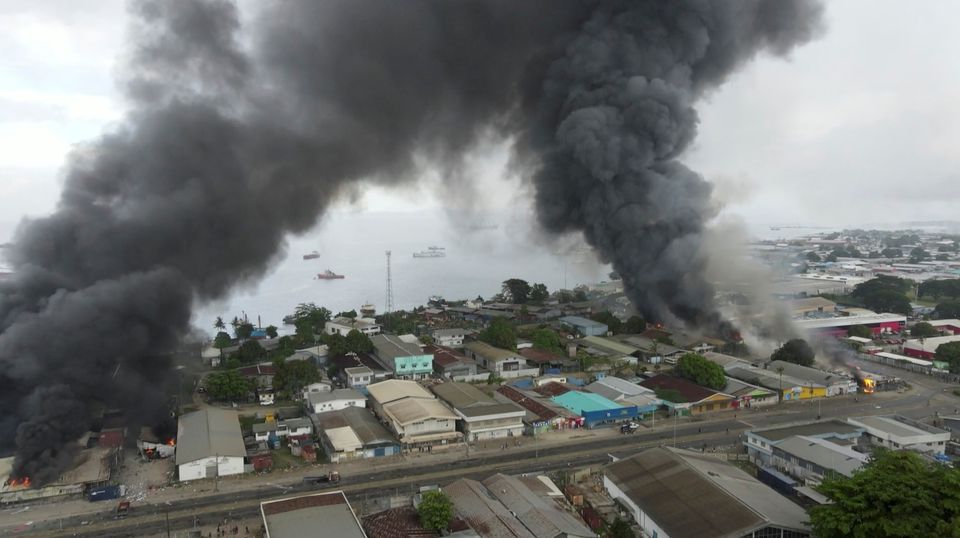
December 2021 | IPRI # 235
IPRI Comments
IPRI Team
Unrest in the Solomon Islands, and the 12 million missing children in China
read more
Conflict Weekly
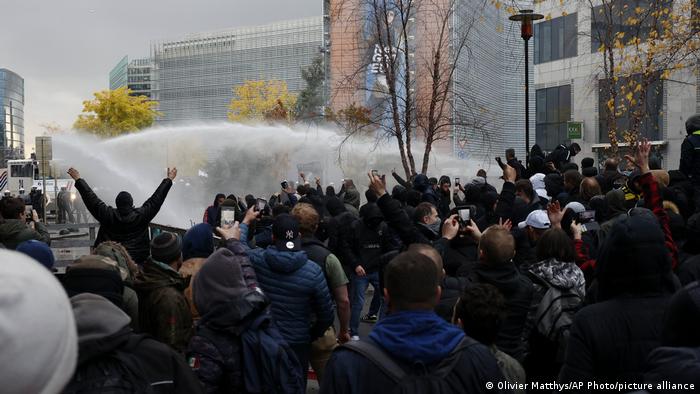
November 2021 | IPRI # 234
IPRI Comments
IPRI Team
Anti-lockdown protests in Europe, Farmers' protests in India, and Continuing instability in Sudan
read more
Conflict Weekly
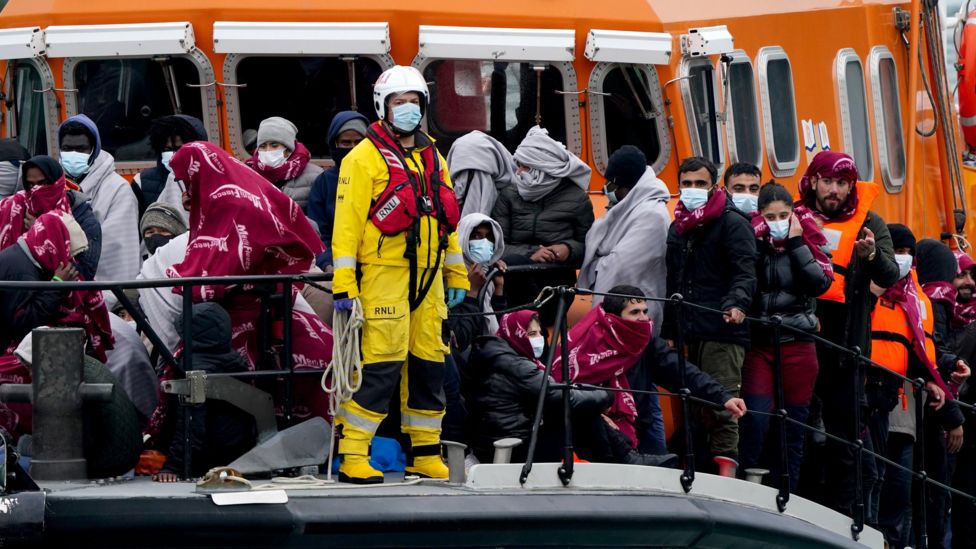
November 2021 | IPRI # 223
IPRI Comments
IPRI Team
Europe's other migrant crisis, and Protests in Cuba and Thailand
read more
Conflict Weekly
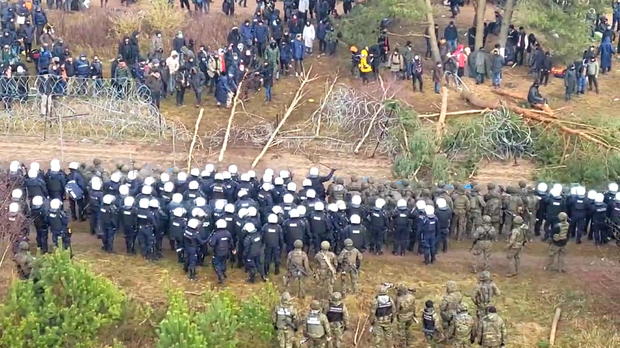
November 2021 | IPRI # 222
IPRI Comments
IPRI Team
The migrant threat to Europe from Belarus and Ceasefire with the TTP in Pakistan
read more
Conflict Weekly
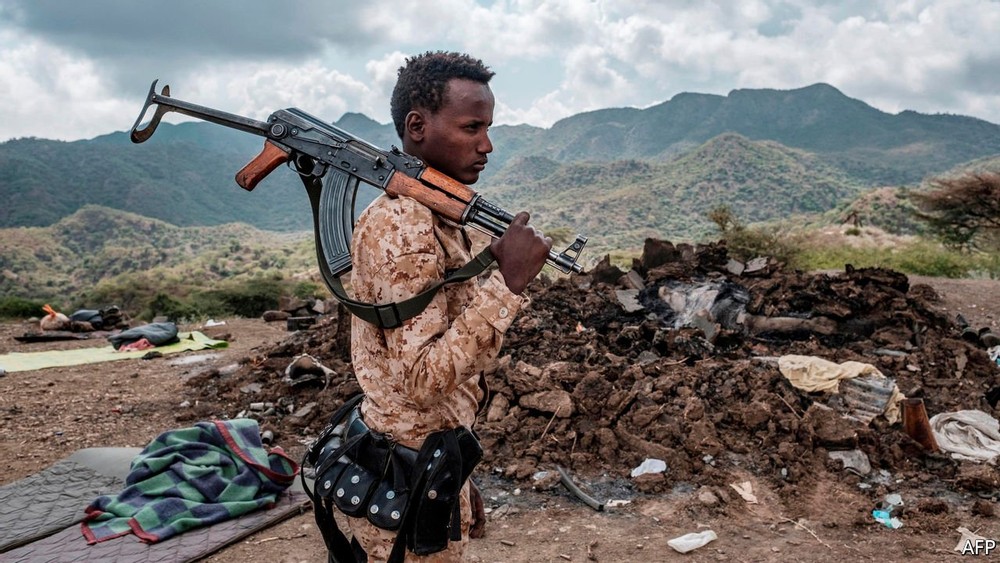
November 2021 | IPRI # 221
IPRI Comments
IPRI Team
One year of Ethiopian conflict and UK-France fishing row
read more
Conflict Weekly
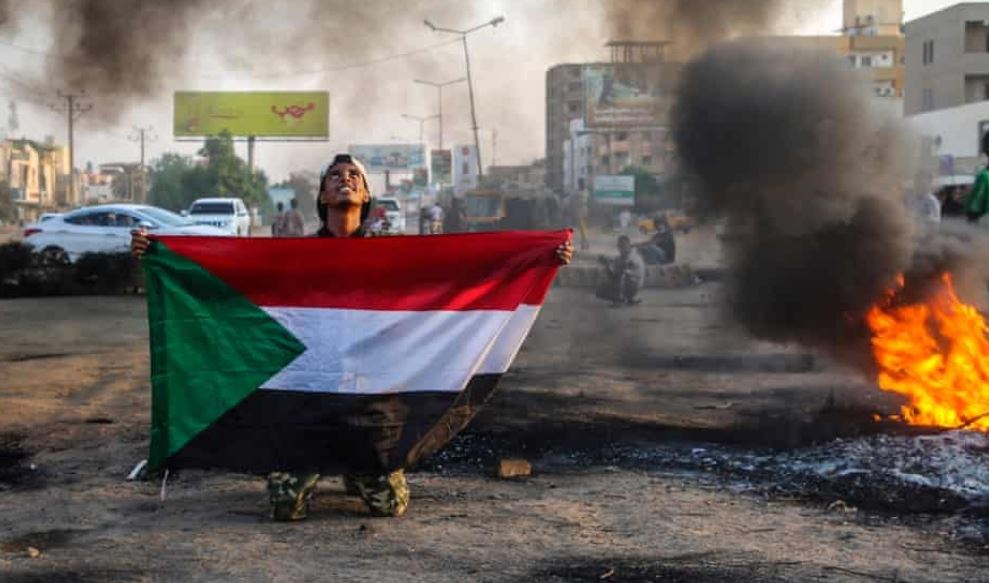
October 2021 | IPRI # 220
IPRI Comments
IPRI Team
Coup in Sudan, Pressure on Myanmar's military regime, and the Migrant game by Belarus
read more
October 2021 | IPRI # 219
IPRI Comments
Vandana Mishra
The Texas abortion law: Five reasons why it is draconian
read more
Pakistan Reader Comments
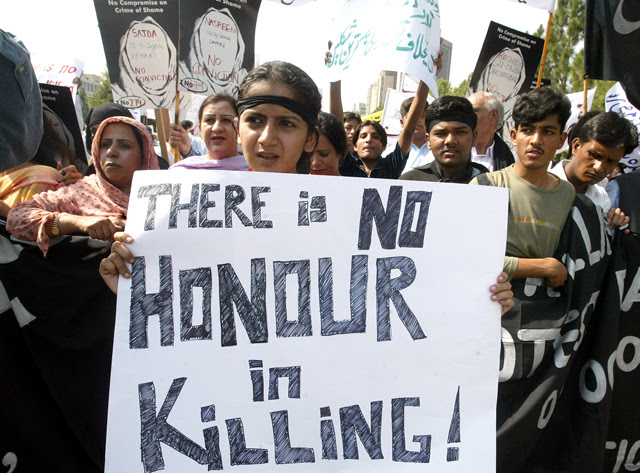
October 2021 | IPRI # 218
IPRI Comments
Apoorva Sudhakar
No honour in honour killing
read more
Conflict Weekly
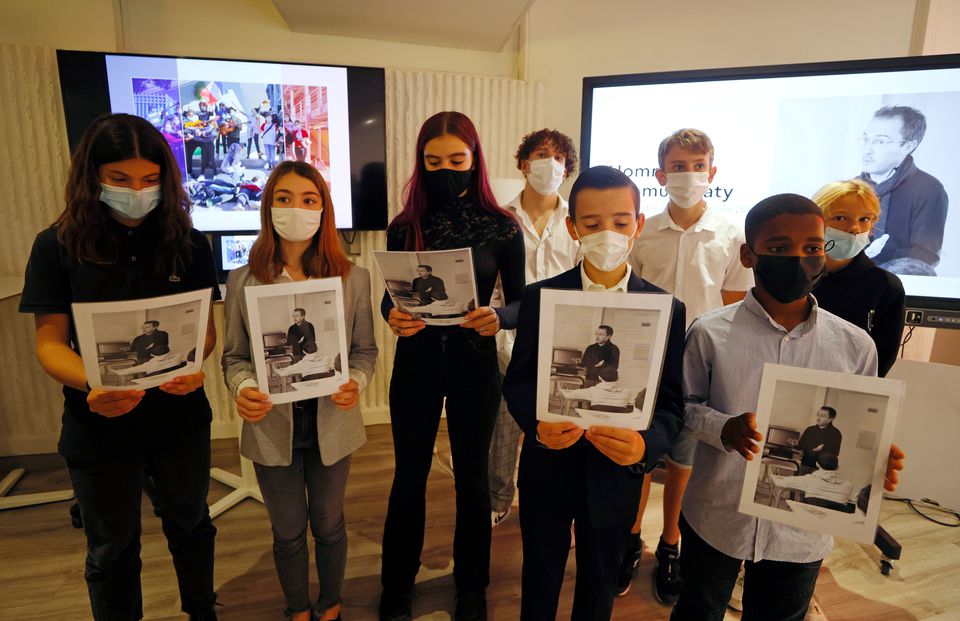
October 2021 | IPRI # 217
IPRI Comments
IPRI Team
One year after Samuel Paty's killing, Kidnapping in Haiti, and Instability in Sudan
read more
Conflict Weekly
.jpg)
October 2021 | IPRI # 216
IPRI Comments
IPRI Team
ISIS violence in Afghanistan, and Targeted killings in J&K
read more
Pakistan Reader Comments
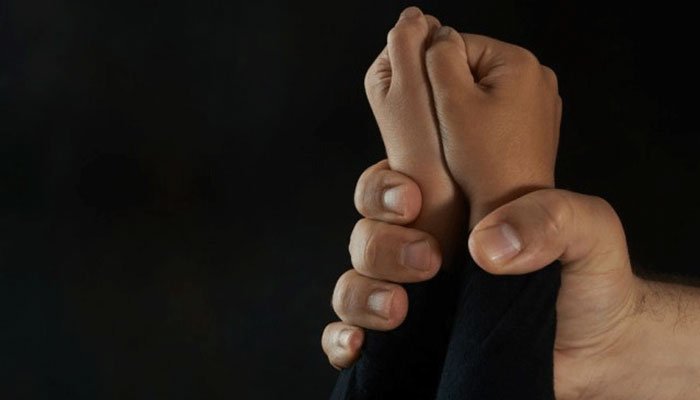
October 2021 | IPRI # 215
IPRI Comments
Apoorva Sudhakar
Rising child abuse in Pakistan: Five reasons why
read more
Pakistan Reader Comments
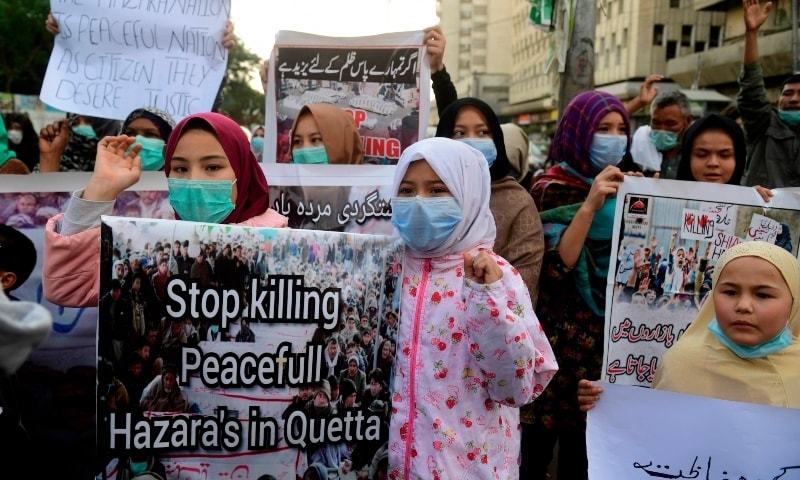
October 2021 | IPRI # 214
IPRI Comments
Abigail Miriam Fernandez
Hazara Persecution in Pakistan: No end in sight
read more
Pakistan Reader Comments
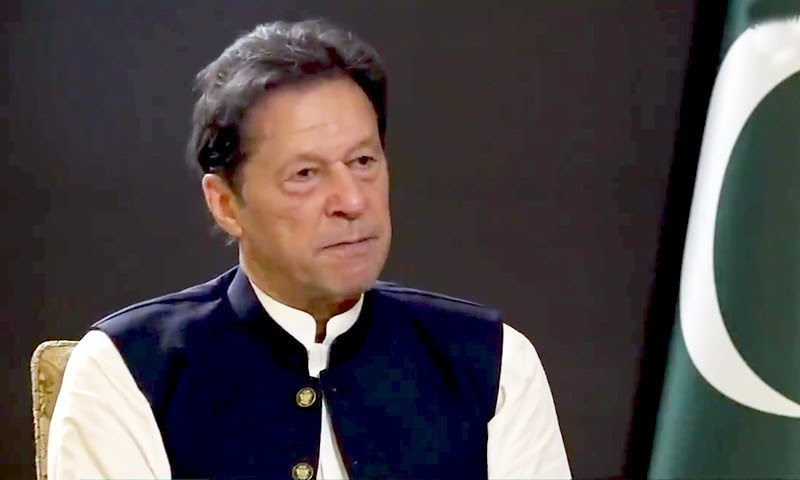
October 2021 | IPRI # 213
IPRI Comments
D. Suba Chandran
Talking to the Pakistani Taliban: What did Imran say? And what does it mean? Is the rest of Pakistan ready for the same?
read more
Pakistan Reader Comments
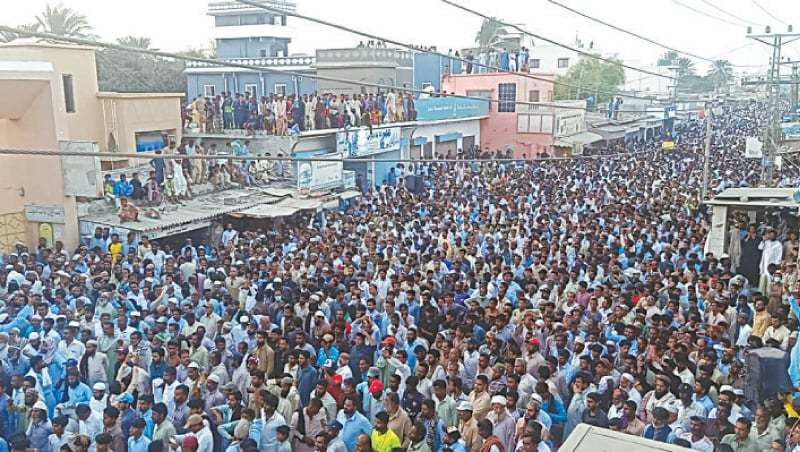
October 2021 | IPRI # 212
IPRI Comments
D. Suba Chandran
Protests in Gwadar: Who and Why
read more
Conflict Weekly
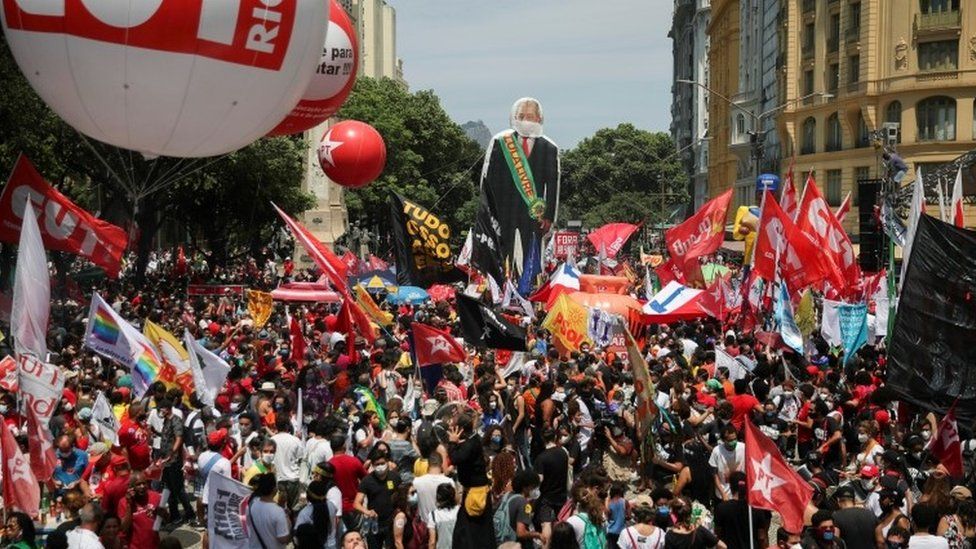
October 2021 | IPRI # 211
IPRI Comments
IPRI Team
Anti-Bolsonaro protests in Brazil, UK-France fishing row, Talks with the TTP in Pakistan, and the anti-abortion law protests in the US
read more
Conflict Weekly
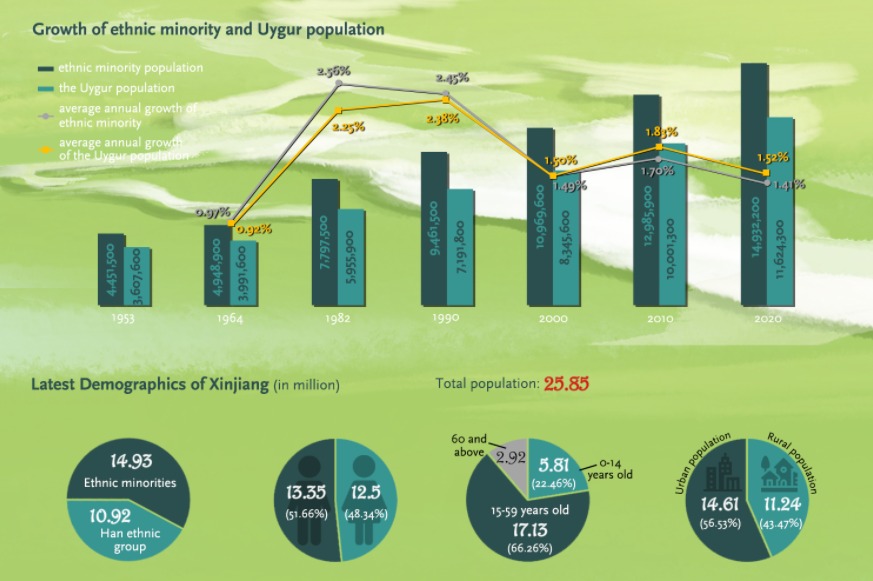
September 2021 | IPRI # 210
IPRI Comments
IPRI Team
The Chinese White Paper on Xinjiang, and the Haitian migrant crisis in the US
read more
NIAS-IPRI Brief
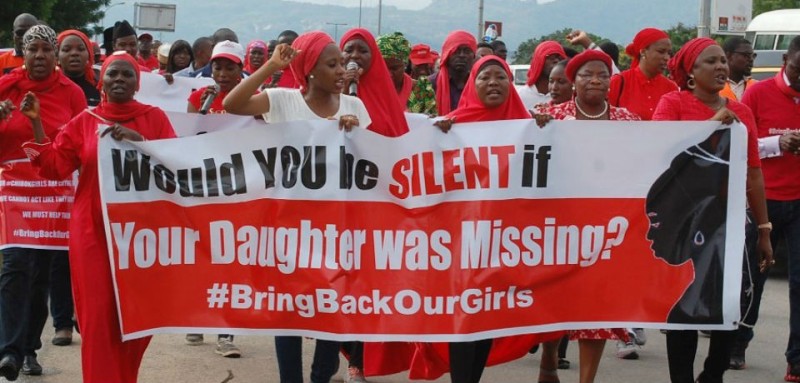
September 2021 | IPRI # 209
IPRI Briefs
Apoorva Sudhakar
Africa’s Stolen Future:Child abductions, lost innocence, and a glaring reflection of State failure in Nigeria
read more
Afghanistan
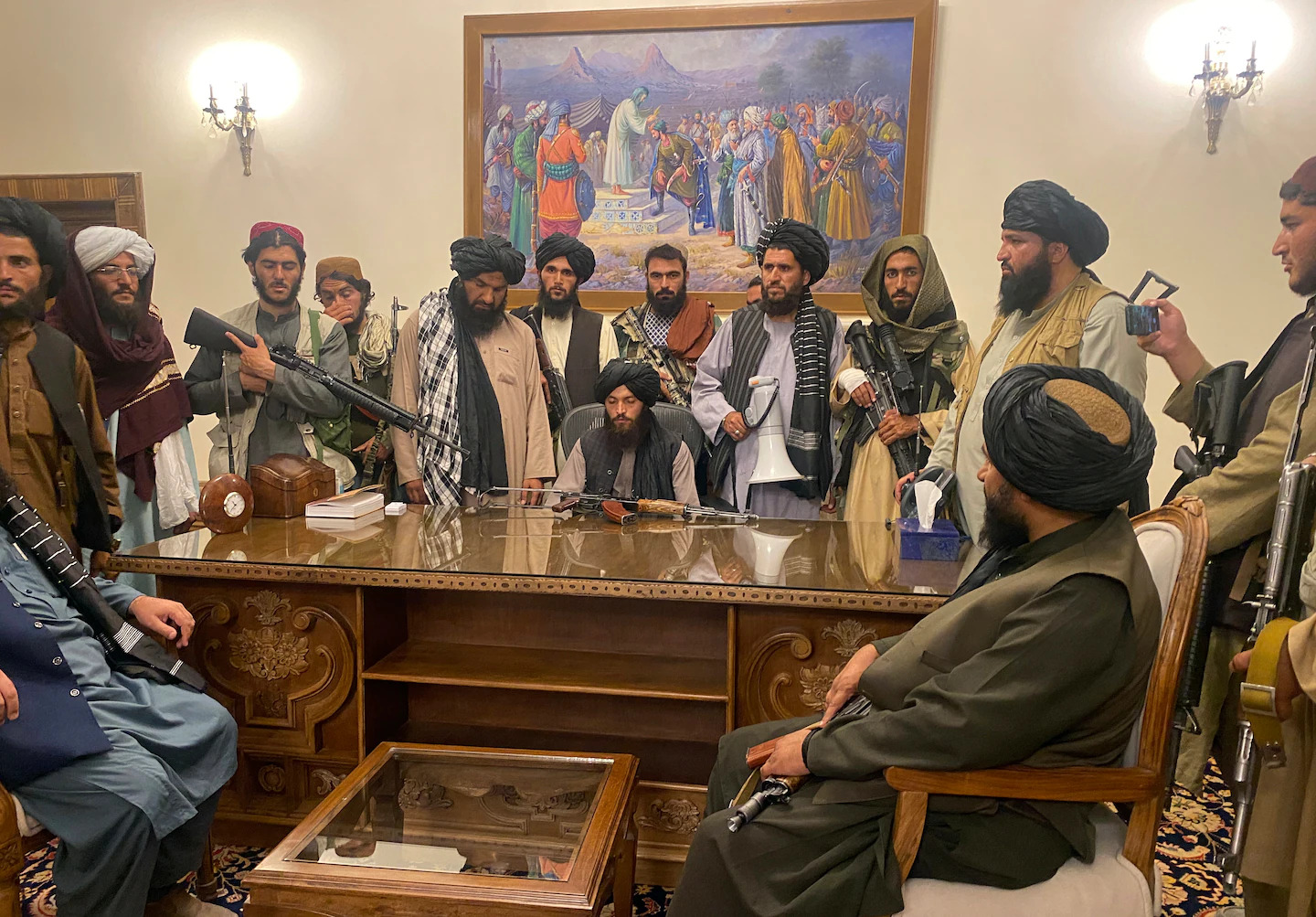
September 2021 | IPRI # 208
IPRI Comments
Vineeth Daniel Vinoy
Who is who in the interim Taliban government? And, what would be the government structure?
read more
Conflict Weekly
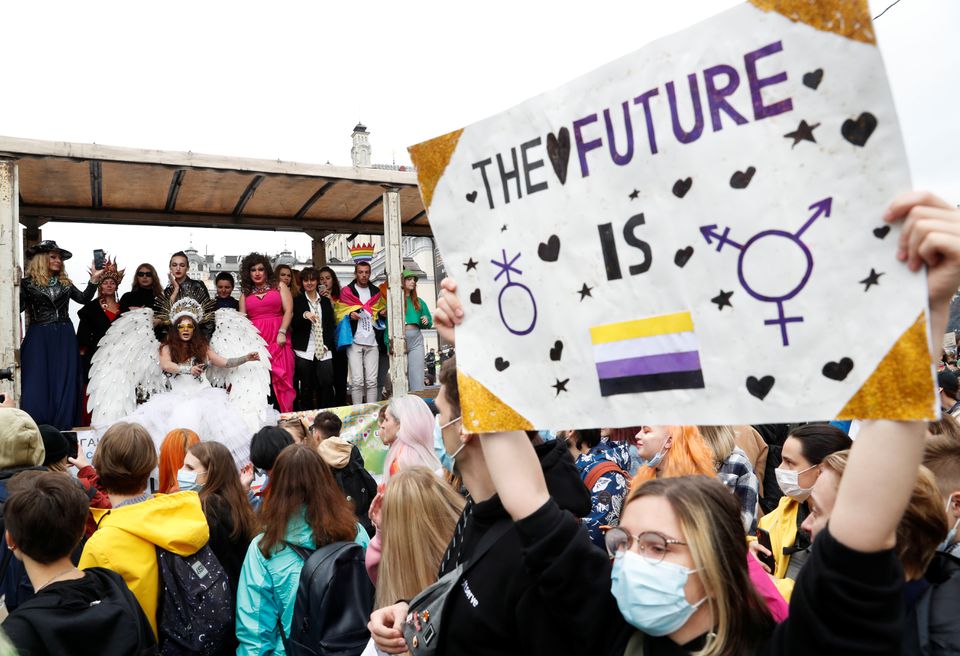
September 2021 | IPRI # 207
IPRI Comments
IPRI Team
Pride marches in Europe, Jail term for Hotel Rwanda hero, and continuing Houthi-led violence in Yemen
read more
Conflict Weekly
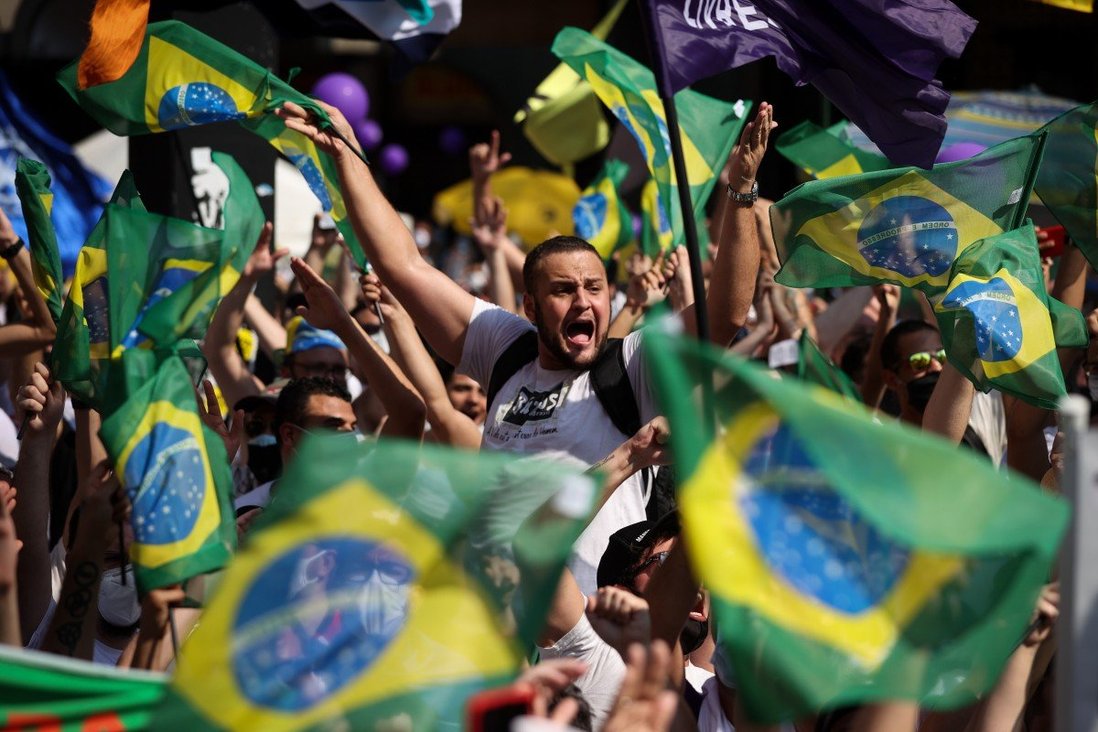
September 2021 | IPRI # 206
IPRI Comments
IPRI Team
Protests in Europe and Brazil, and an impending humanitarian crisis in Afghanistan
read more
Latin America
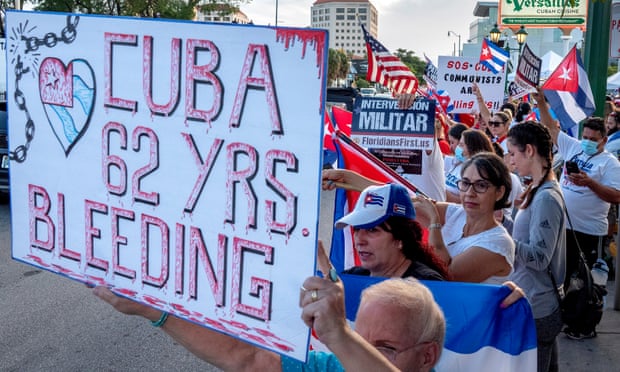
September 2021 | IPRI # 205
IPRI Comments
Lokendra Sharma
Two months of Cuban protests: Is the ‘revolution’ ending?
read more
Conflict Weekly
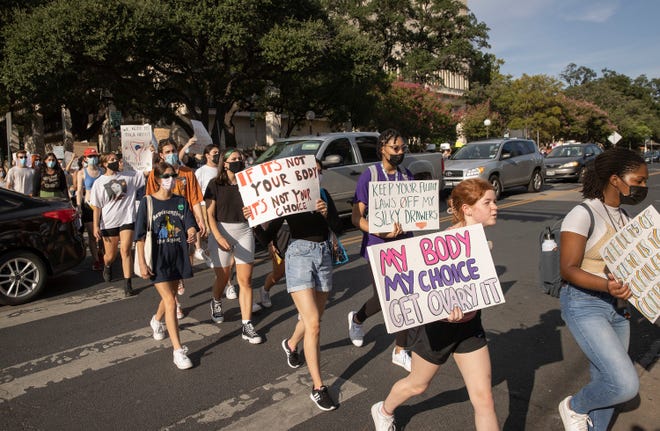
September 2021 | IPRI # 204
IPRI Comments
IPRI Team
Texas' abortion ban, Return of the Thai protests, the Taliban government, and the Guinea coup
read more
Conflict Weekly

September 2021 | IPRI # 203
IPRI Comments
IPRI Team
The US exit from Afghanistan, the Houthi violence in Yemen, and Hurricane Ida in the US
read more
Conflict Weekly
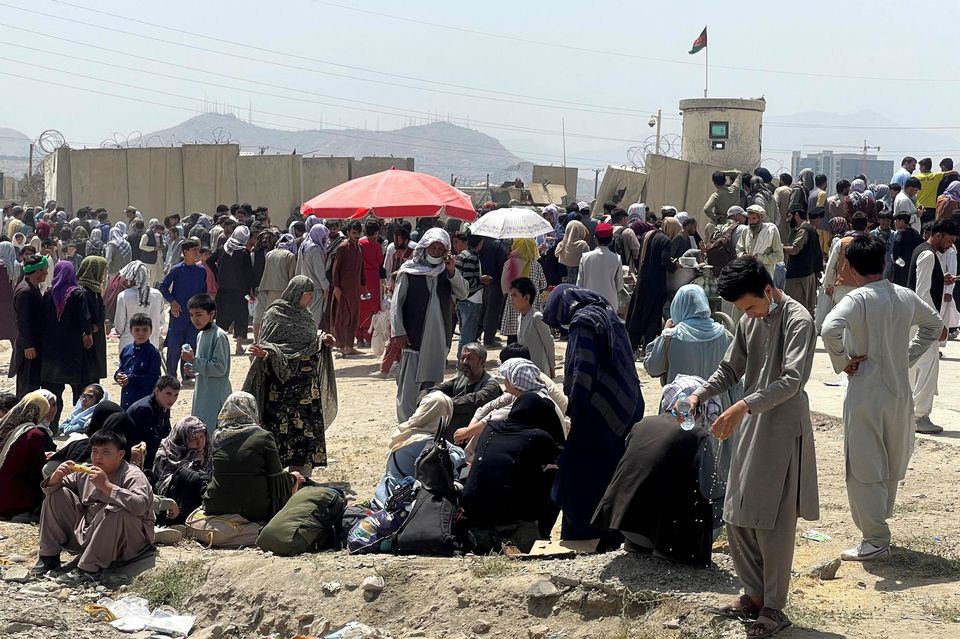
August 2021 | IPRI # 202
IPRI Comments
IPRI Team
Chaotic evacuation in Kabul, Crimea Summit on seven years of Russian occupation, anti-lockdown protests in Australia, and continuing kidnappings in Africa
read more
Conflict Weekly
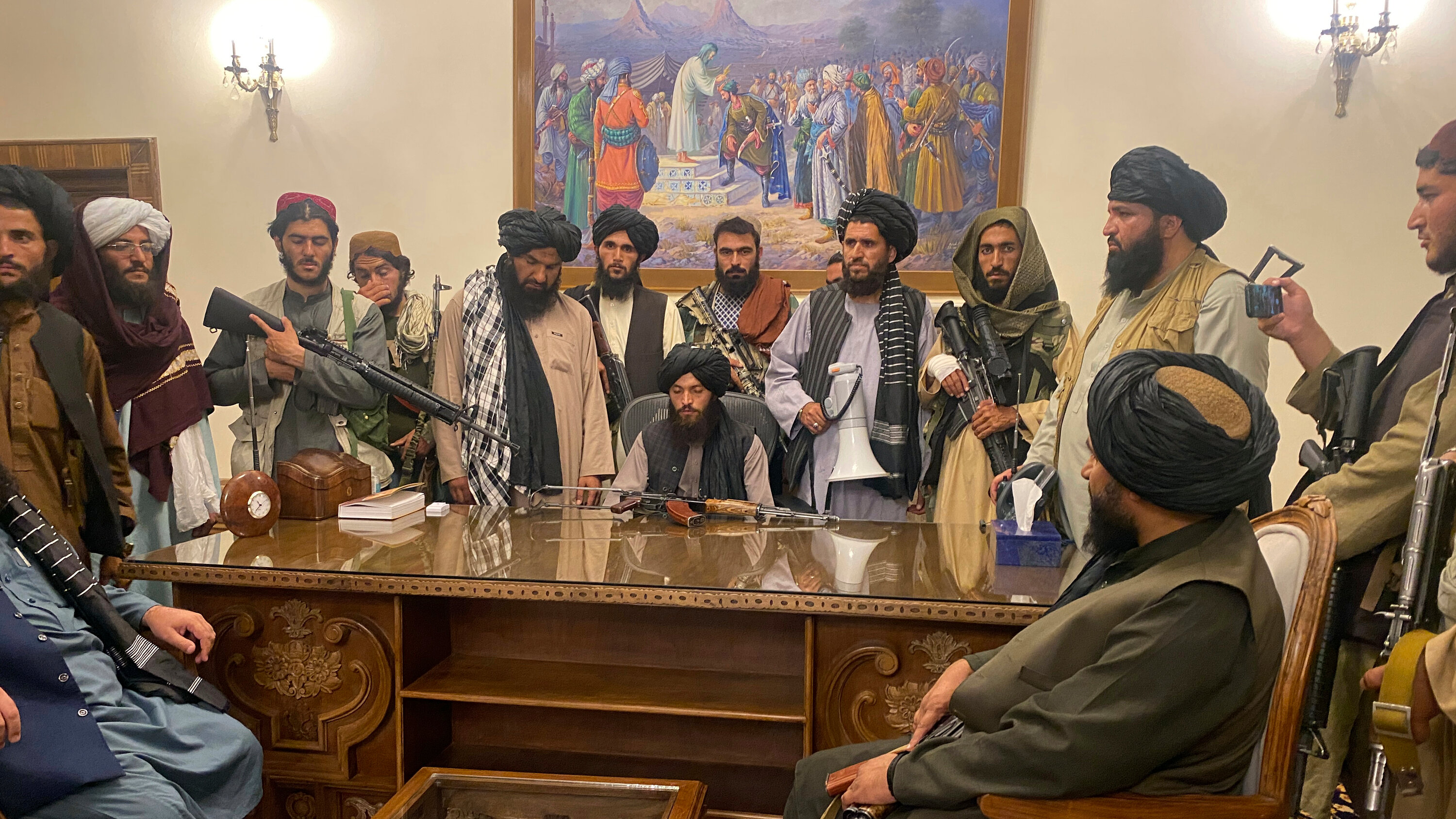
August 2021 | IPRI # 201
IPRI Comments
IPRI Team
Return of the Taliban and the fall of Afghanistan
read more
Conflict Weekly
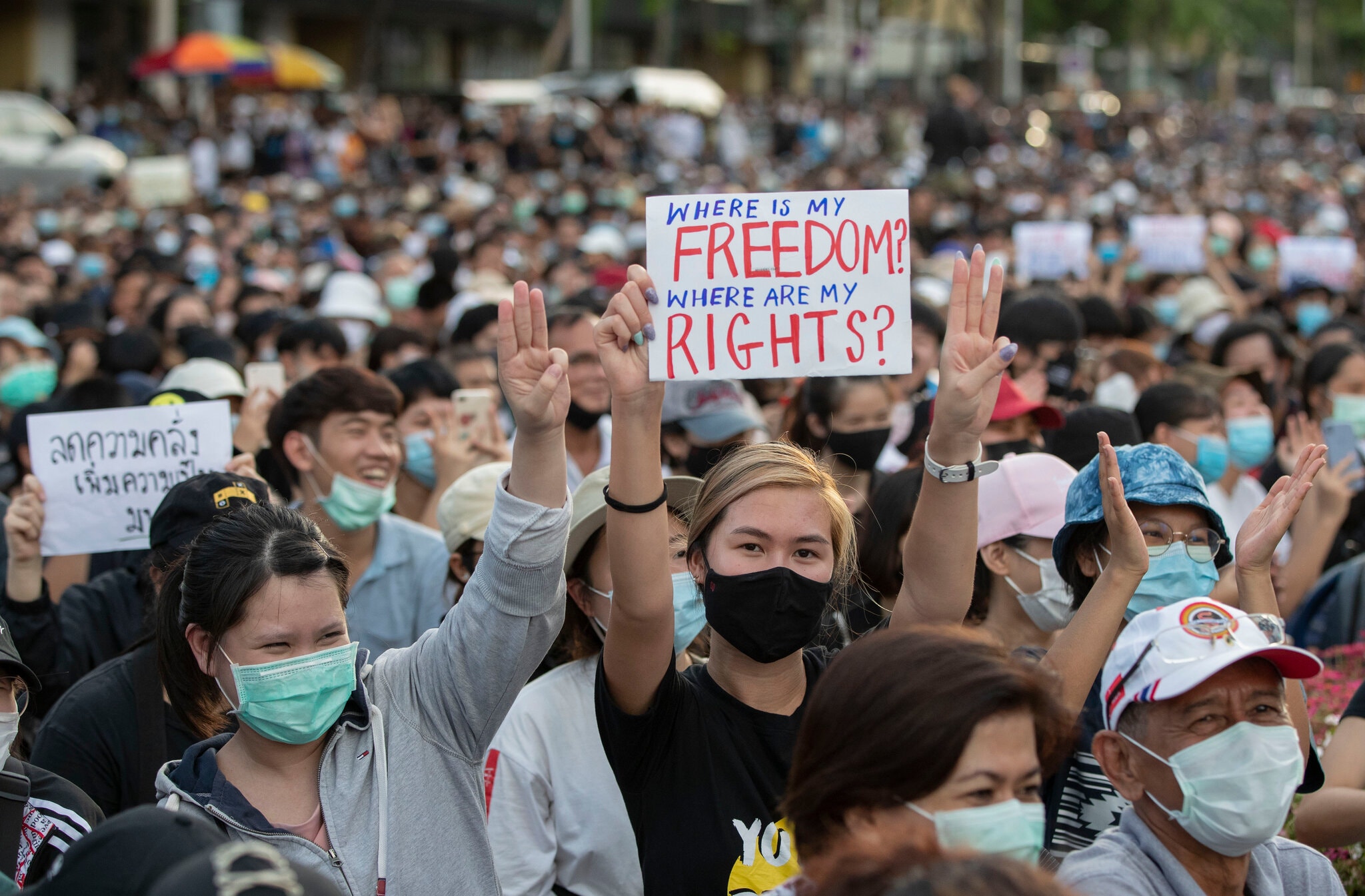
August 2021 | IPRI # 200
IPRI Comments
IPRI Team
Protests return to Thailand, Taliban gains in Afghanistan, Pandemic action triggers protests in Europe, and new Climate Change report warns Code-Red
read more
Conflict Weekly
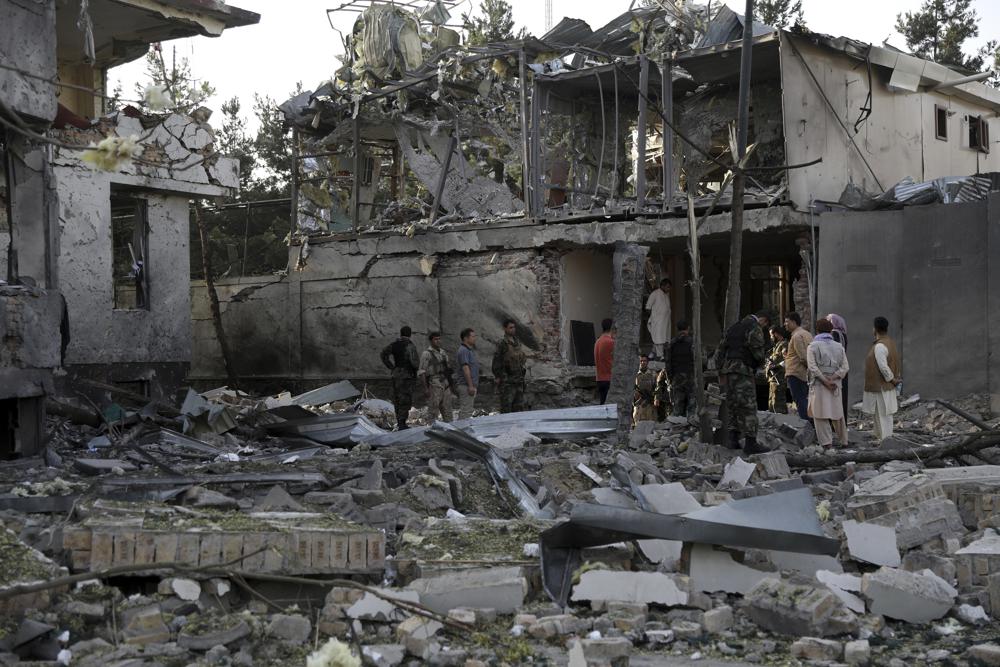
August 2021 | IPRI # 199
IPRI Comments
IPRI Team
Taliban offensive, New Zealand's apology over the Pacific communities, Peru's new problem, and an inter-State clash in India's Northeast
read more
Conflict Weekly
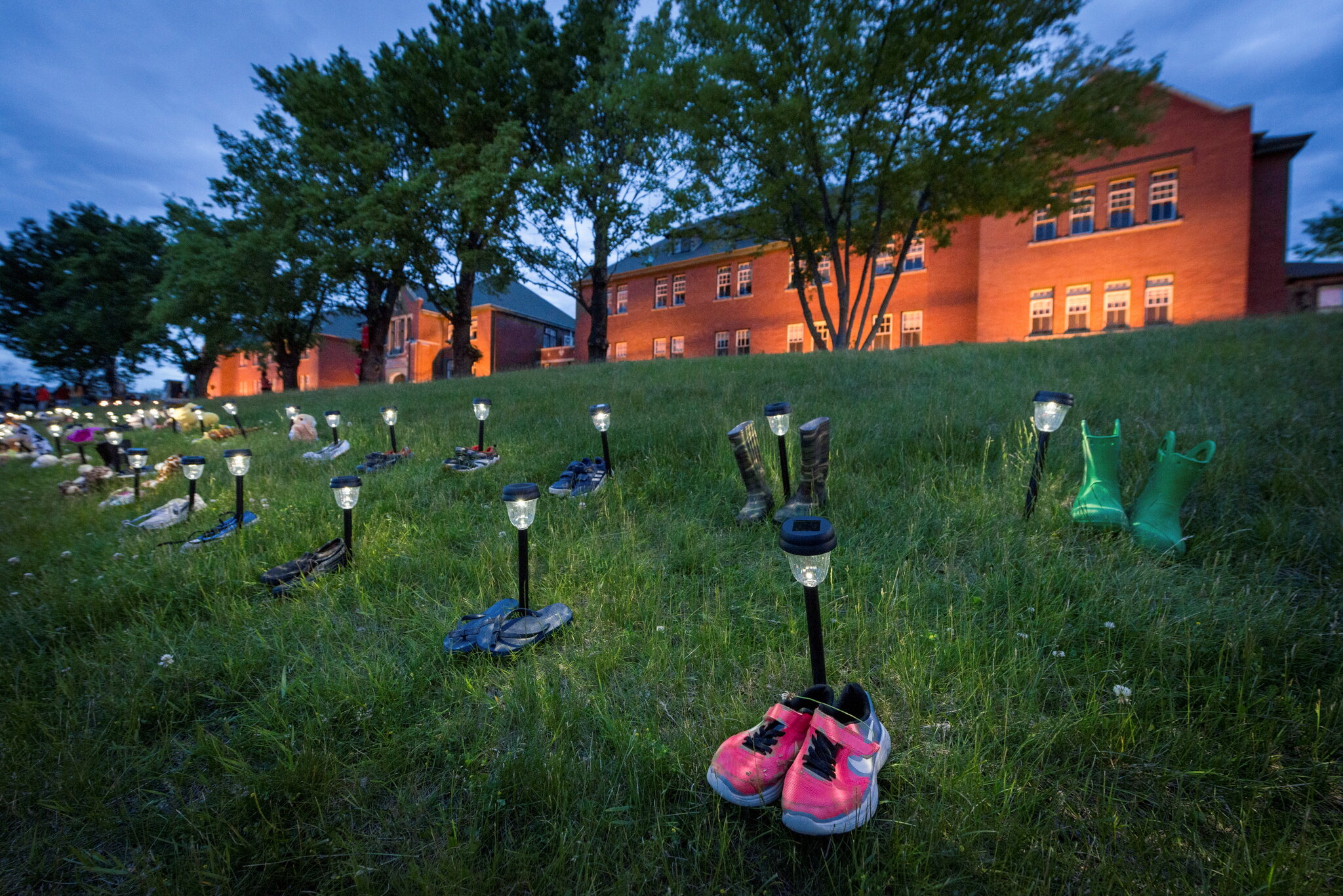
July 2021 | IPRI # 198
IPRI Comments
IPRI Team
France's anti-extremism bill, Canada's burning churches, and Tunisia's new political crisis
read more
NIAS Africa Monitor
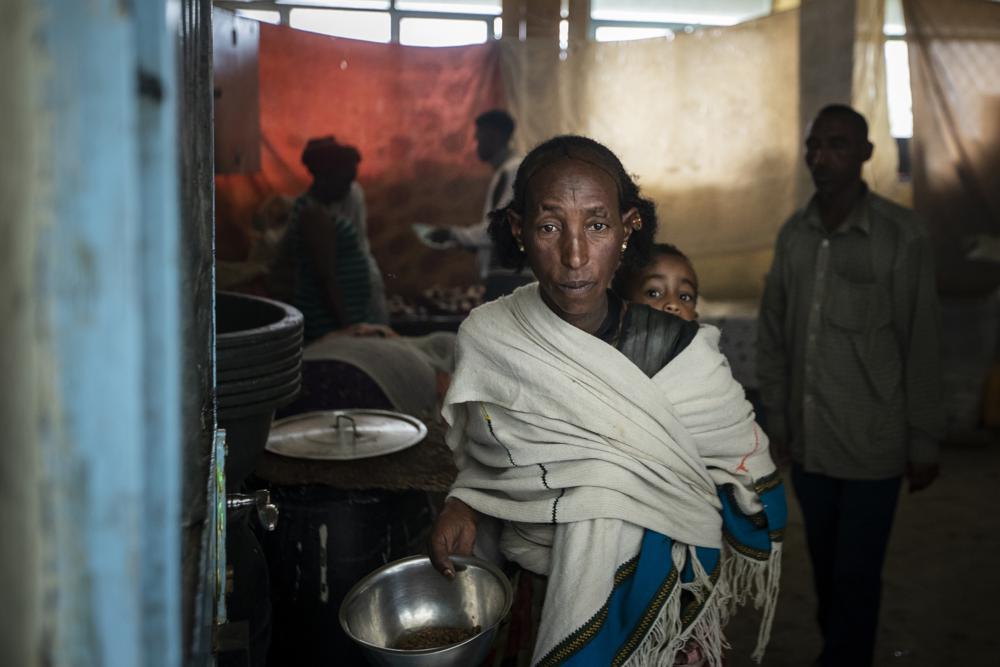
July 2021 | IPRI # 197
IPRI Comments
Abigail Miriam Fernandez
Impending famine in Tigray, should make Ethiopia everyone's problem
read more
NIAS Africa Monitor
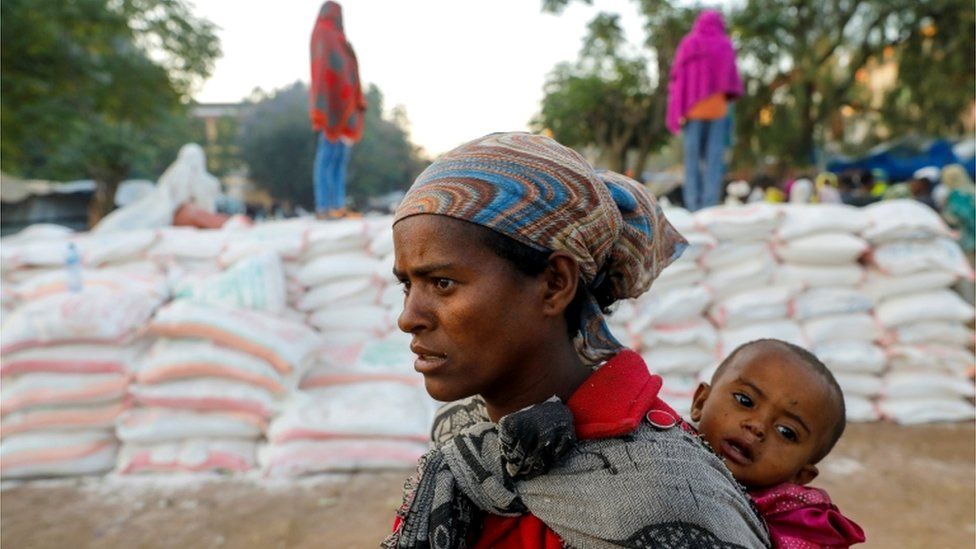
July 2021 | IPRI # 196
IPRI Comments
Anu Maria Joseph
Too late and too little is Ethiopia's international problem
read more
NIAS Africa Monitor
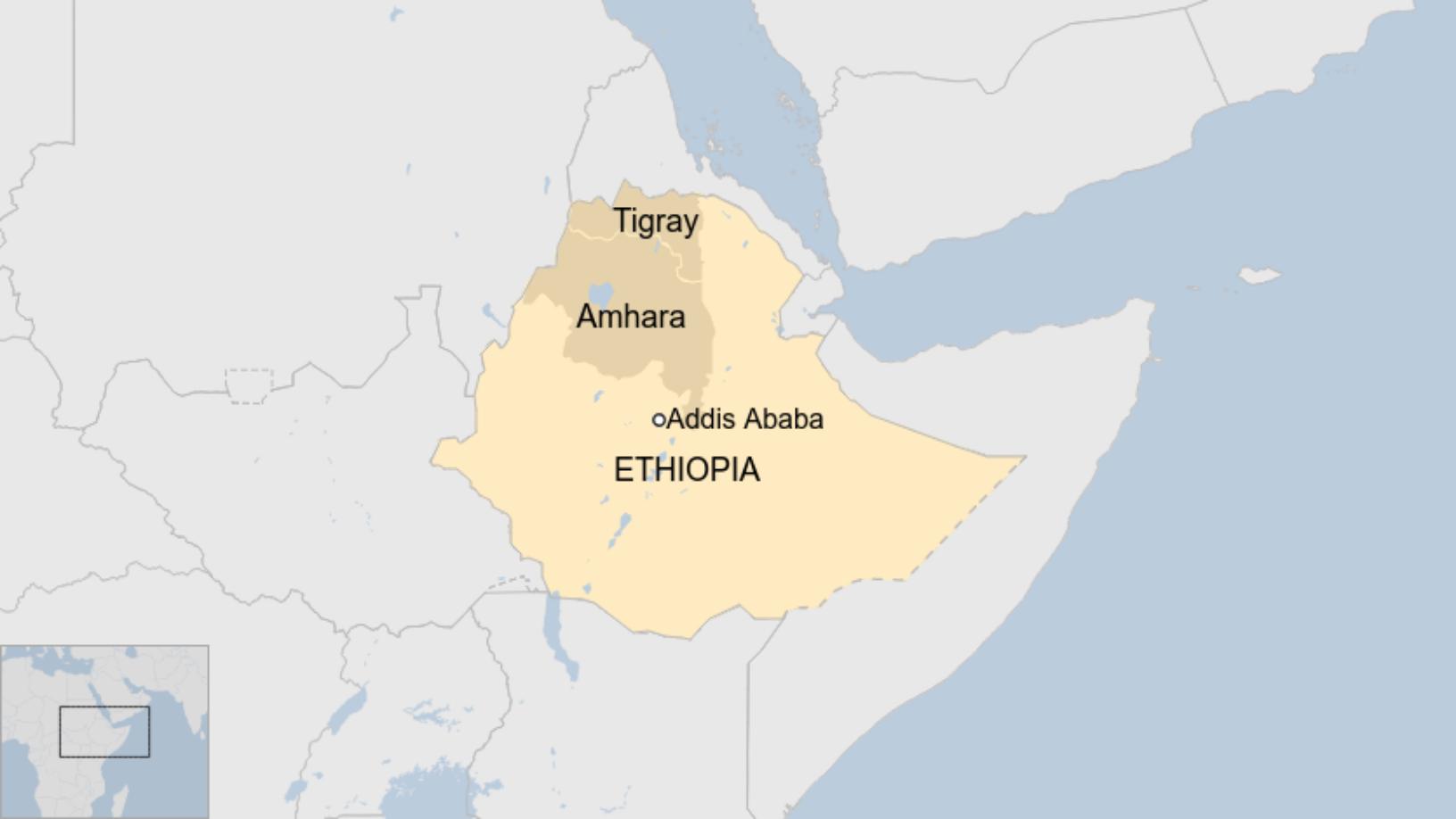
July 2021 | IPRI # 195
IPRI Comments
Sankalp Gurjar
Africa's Ethiopia Problem
read more
NIAS Africa Monitor
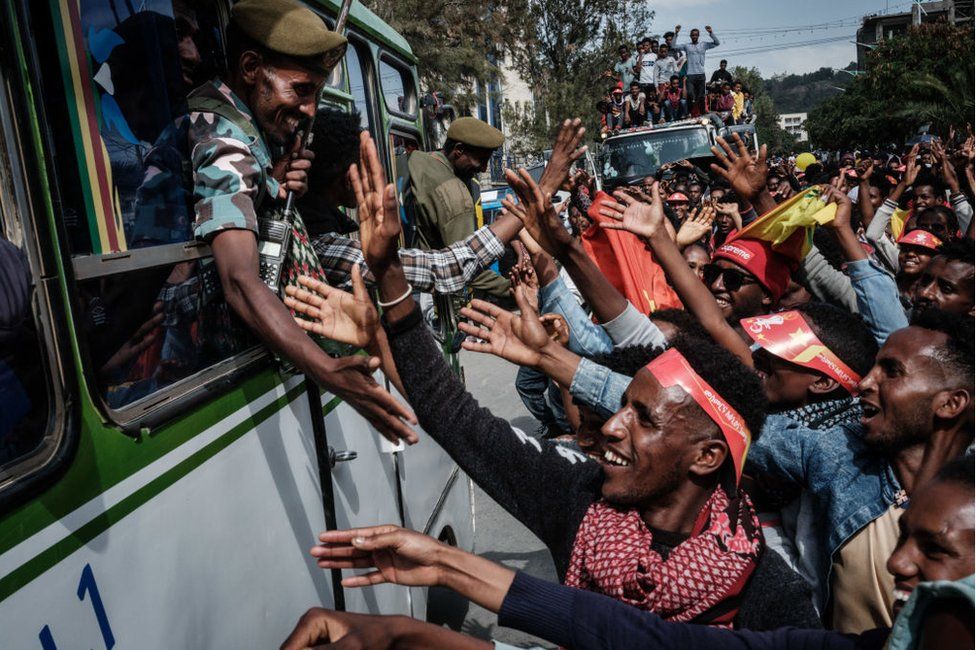
July 2021 | IPRI # 194
IPRI Comments
Apoorva Sudhakar
Ethiopia's Tigray problem is Tigray's Ethiopia problem
read more
Afghanistan
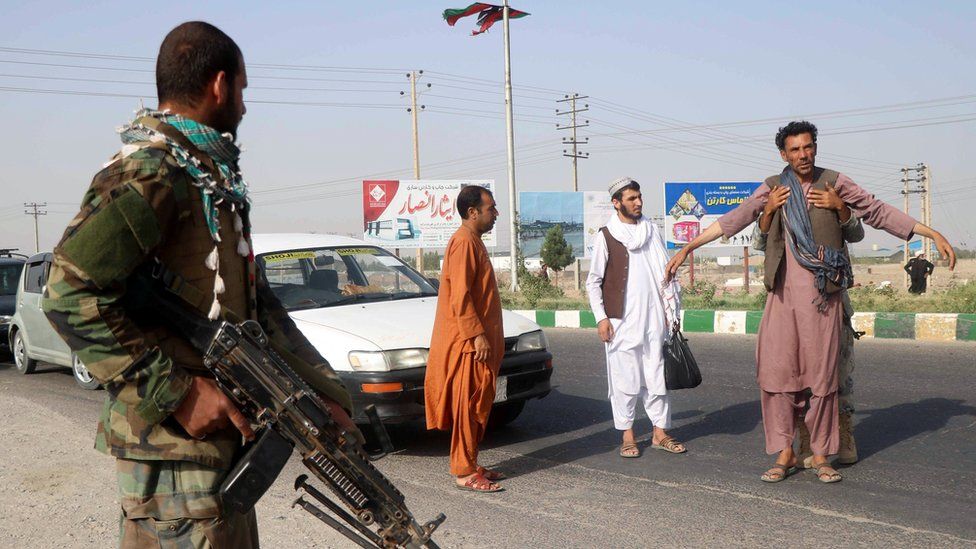
July 2021 | IPRI # 193
IPRI Comments
Abigail Miriam Fernandez
Five reasons why Afghanistan is closer to a civil war
read more
NIAS Africa Monitor
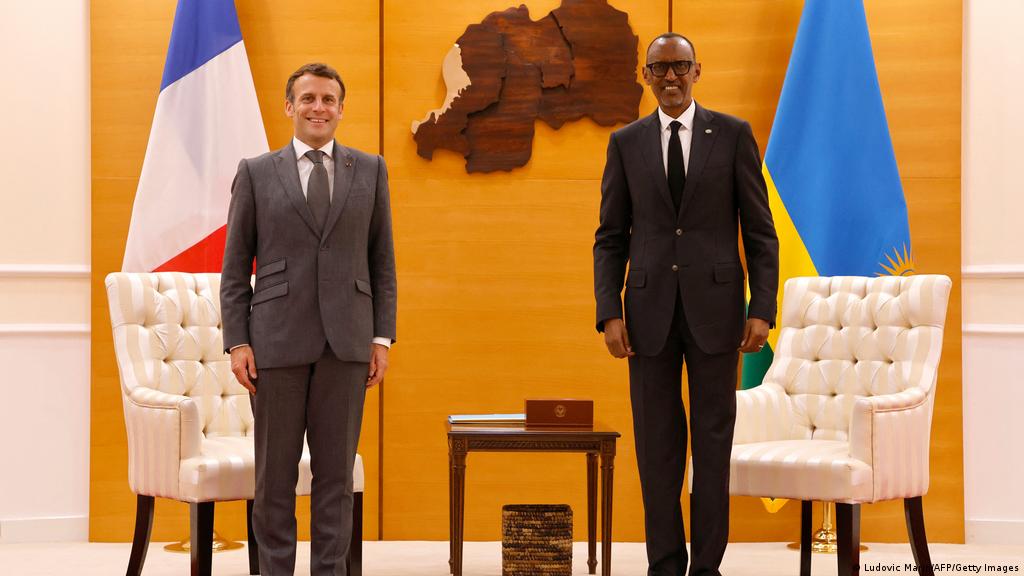
July 2021 | IPRI # 192
IPRI Comments
Anu Maria Joseph
Beyond the apology to Rwanda: In Africa, is France still a 'silent colonizer'?
read more
NIAS Africa Monitor
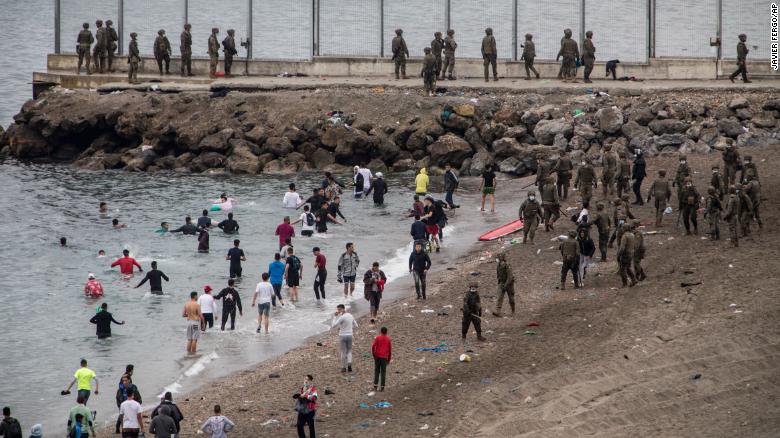
July 2021 | IPRI # 191
IPRI Comments
Mohamad Aseel Ummer
Migration in Africa: Origin, Drivers and Destinations
read more
NIAS Africa Monitor
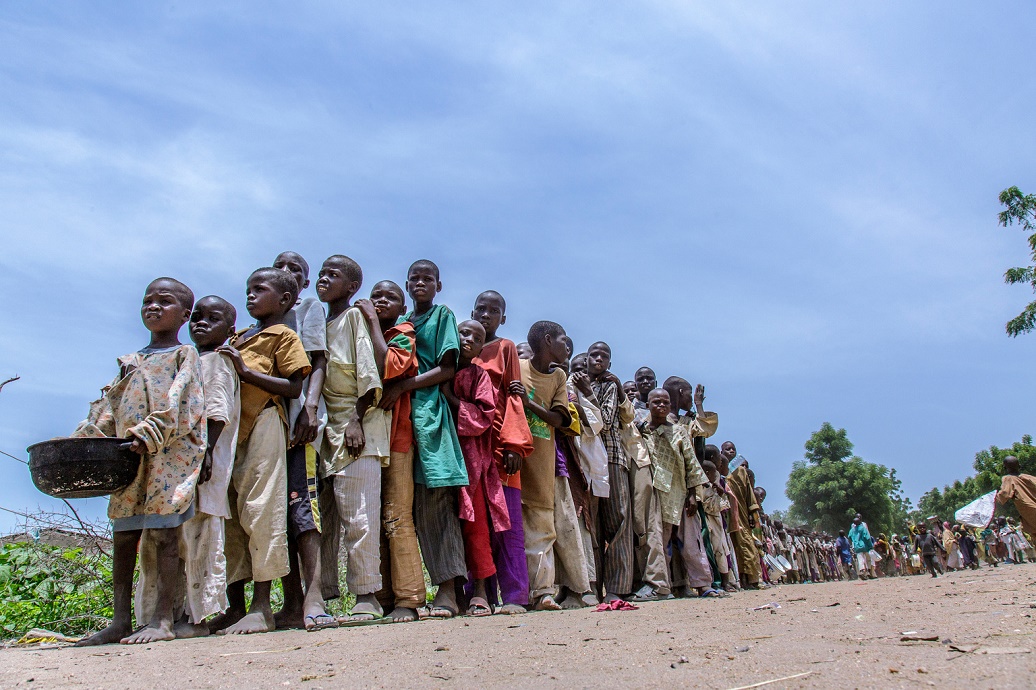
July 2021 | IPRI # 190
IPRI Comments
Apoorva Sudhakar
15 of the 23 global hunger hotspots are in Africa:Three reasons why
read more
NIAS Africa Monitor
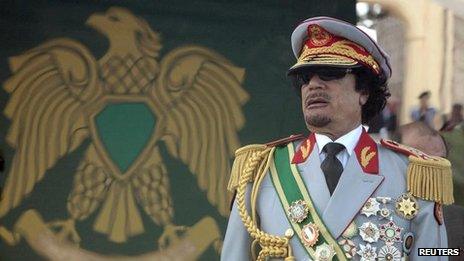
July 2021 | IPRI # 189
IPRI Comments
Apoorva Sudhakar
Libya: A new unity government and rekindled hope, a decade after the fall of Gaddafi
read more
Conflict Weekly

July 2021 | IPRI # 188
IPRI Comments
IPRI Team
Floods in Germany, Wildfires in Siberia and the Pegasus Spyware
read more
Conflict Weekly
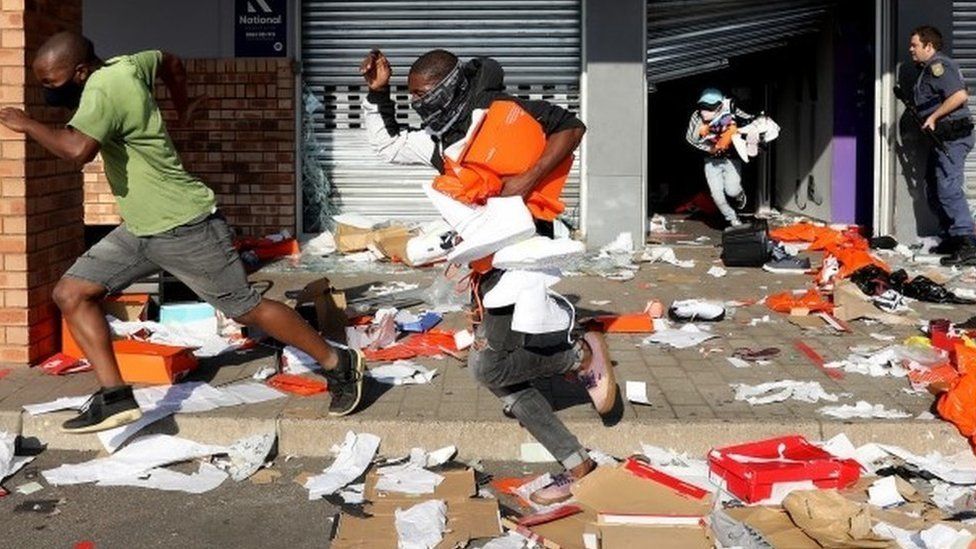
July 2021 | IPRI # 184
IPRI Comments
IPRI Team
Anti-government protests in Cuba, Pro-Zuma protests in South Africa, and remembering the Srebrenica massacre
read more
Conflict Weekly
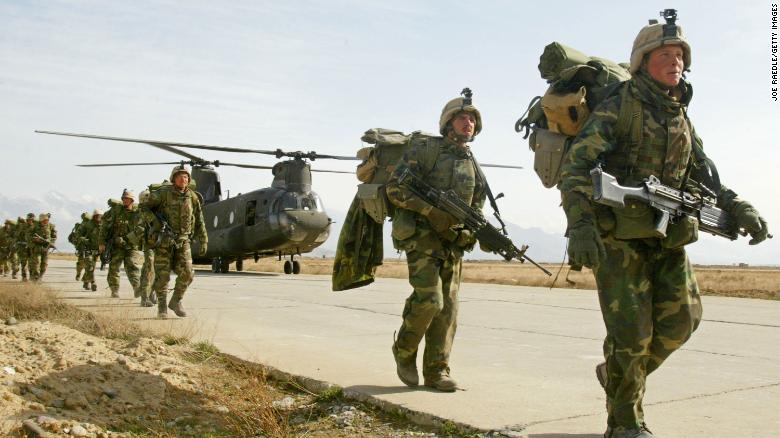
July 2021 | IPRI # 183
IPRI Comments
IPRI Team
Taliban offensive in Afghanistan, Protests in Colombia, and the Heat WaveÂ
read more
Conflict Weekly
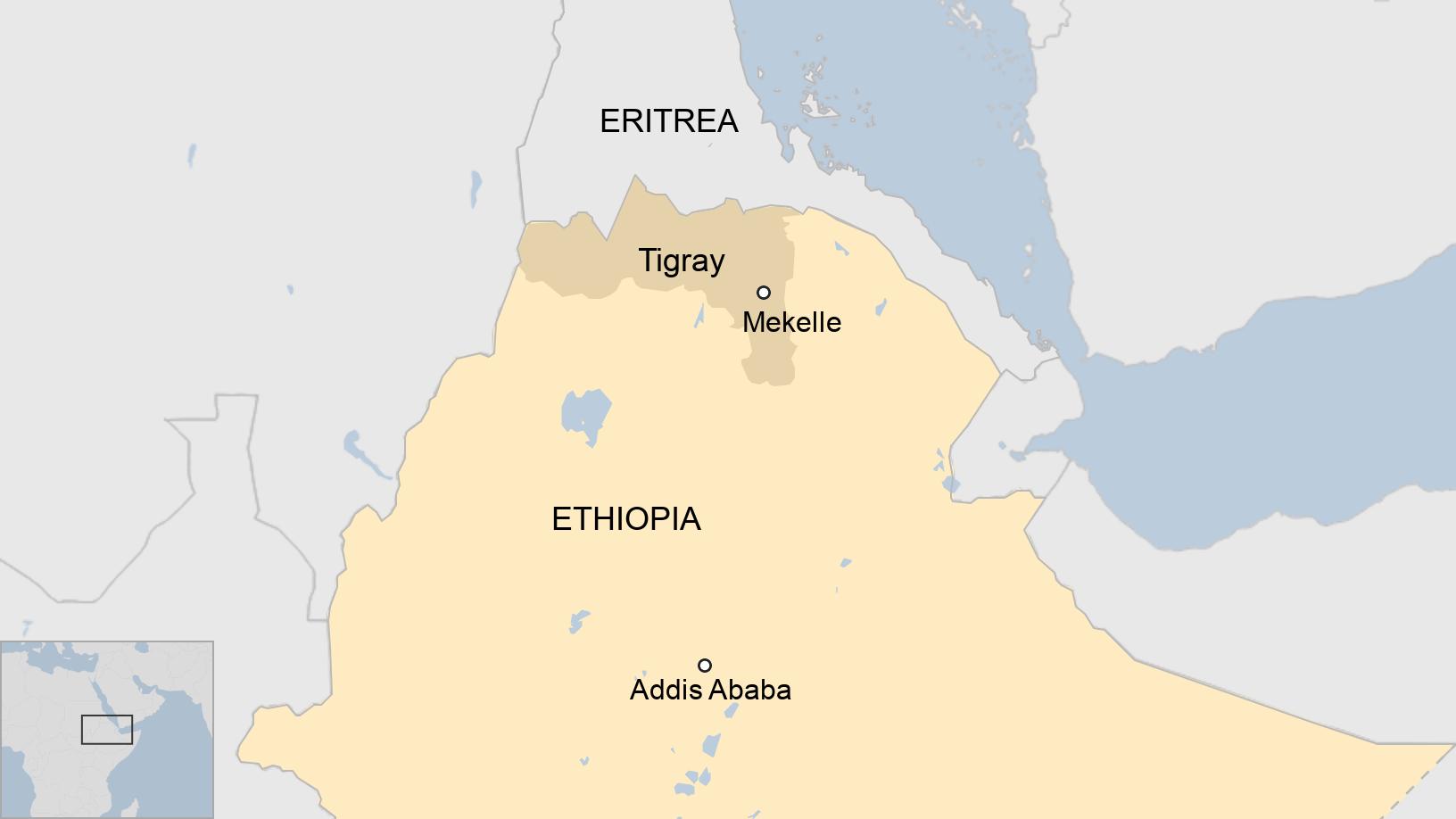
June 2021 | IPRI # 182
IPRI Comments
IPRI Team
Ceasefire in Ethiopia, Berlin Conference on Libya and the World Drug Report
read more
Conflict Weekly
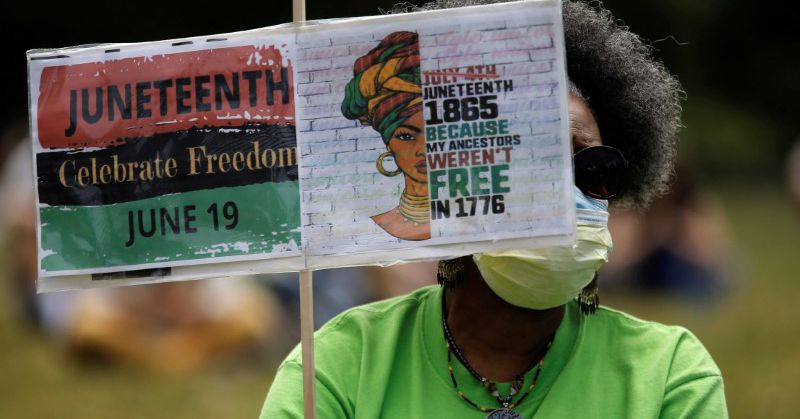
June 2021 | IPRI # 181
IPRI Comments
IPRI Team
The US Juneteenth, UN resolution on Myanmar and Global Peace Index
read more
Europe
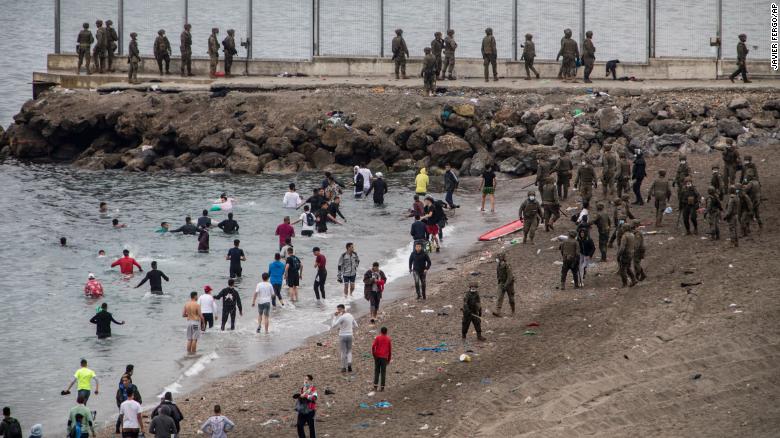
June 2021 | IPRI # 180
IPRI Comments
Chetna Vinay Bhora
Spain, Morocco and the rise of rightwing politics in Europe over immigration
read more
Southeast Asia
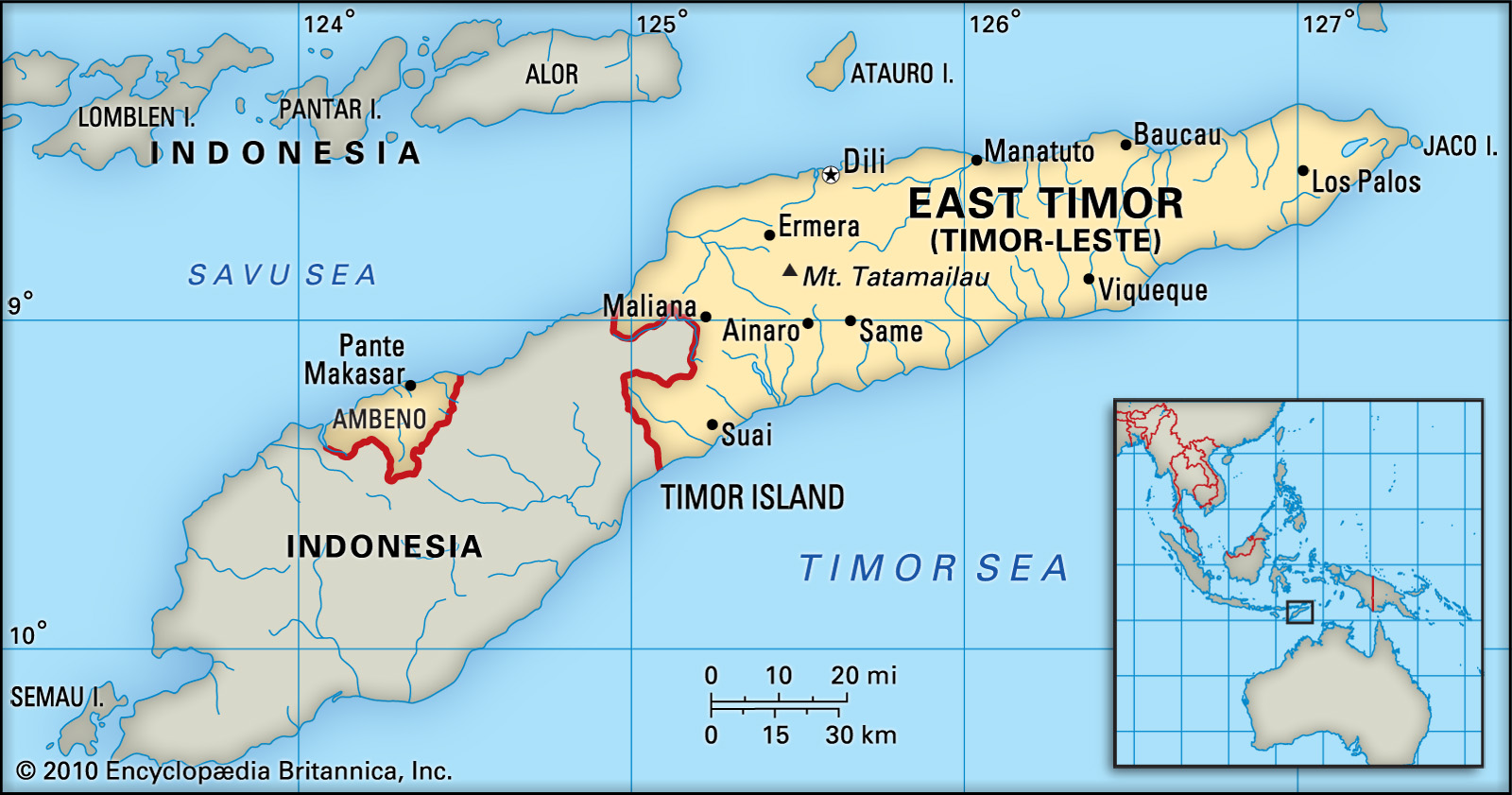
June 2021 | IPRI # 179
IPRI Comments
Anju Joseph
Timor Leste: Instability continues, despite 19 years of independence
read more
Conflict Weekly
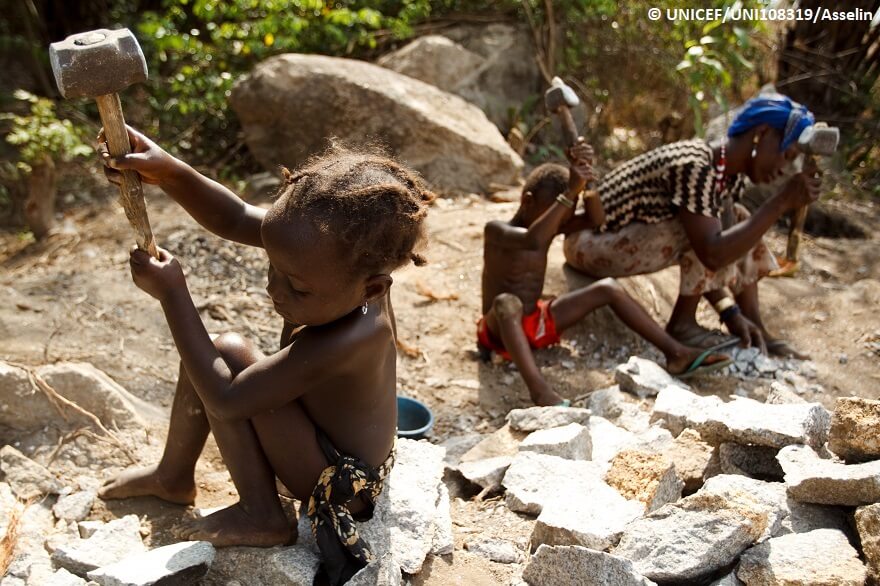
June 2021 | IPRI # 178
IPRI Comments
IPRI Team
Three new reports on Child labour, Ethiopia and Xinjiang, Tensions in Belfast, and the Suu Kyi trial
read more
Conflict Weekly
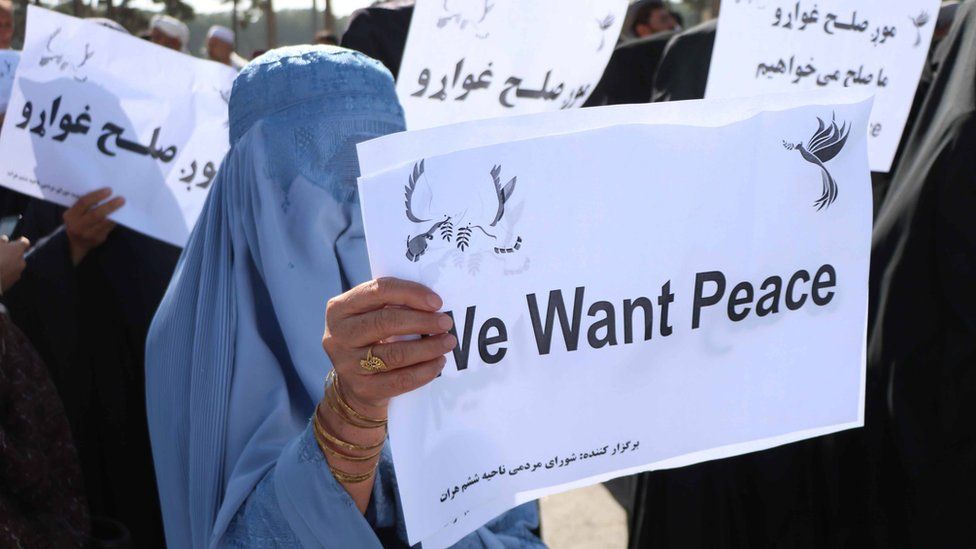
June 2021 | IPRI # 177
IPRI Comments
IPRI Team
The UN report on Taliban-al Qaeda links, Denmark on relocating refugee camps, Burkino Faso massacre, Arctic melt, and Afghan trilateral dialogue
read more
Israel-Palestine Conflict
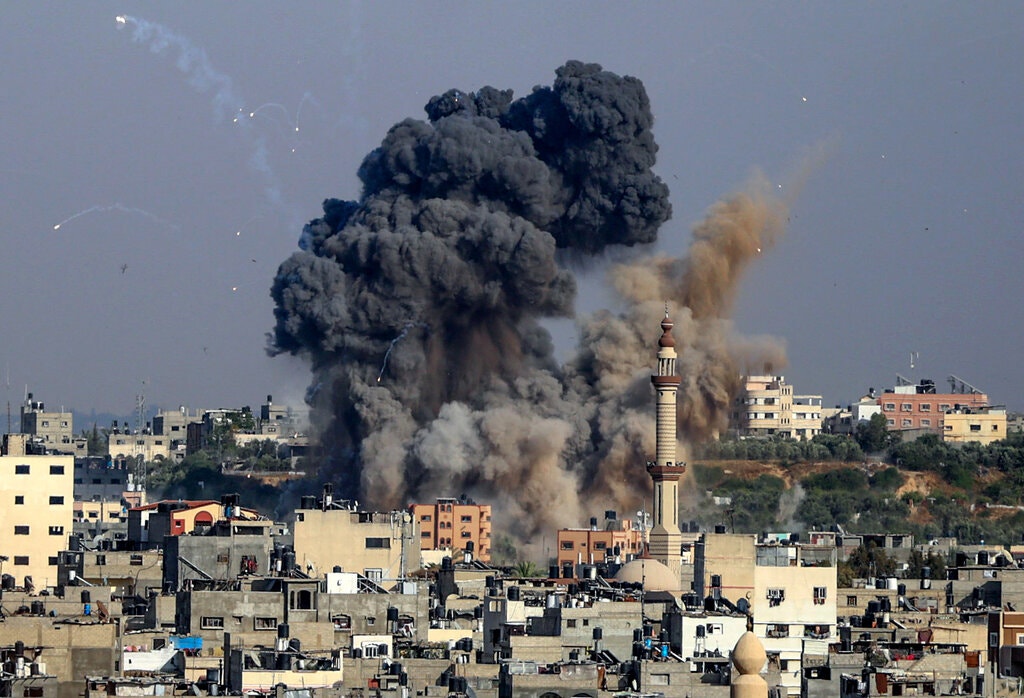
June 2021 | IPRI # 176
IPRI Comments
Udbhav Krishna P
Revisiting the recent violence: Three takeaways
read more
Gender Peace and Conflict
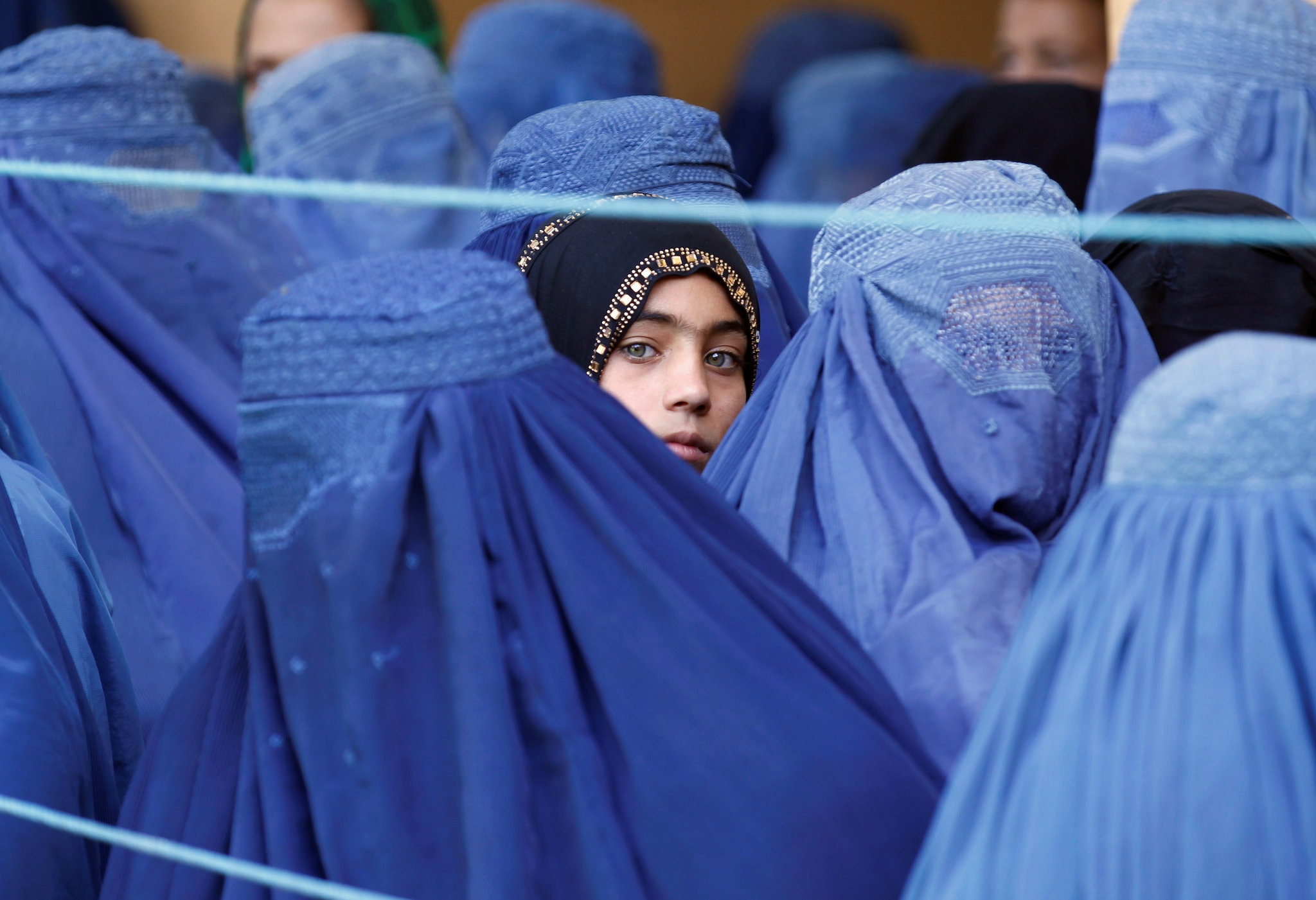
June 2021 | IPRI # 175
IPRI Comments
Vibha Venugopal
The return of Taliban will be bad news for women
read more
Nepal
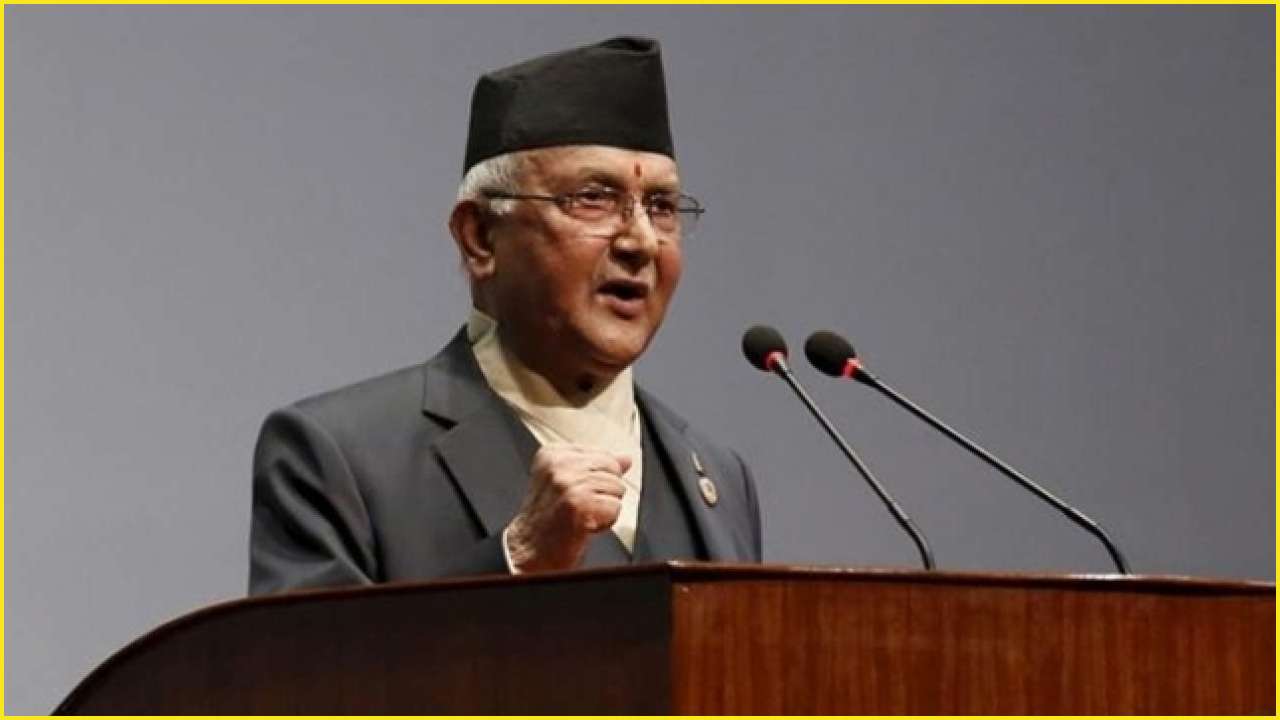
June 2021 | IPRI # 174
IPRI Comments
Sourina Bej
Fresh election-call mean unending cycle of instability
read more
Conflict Weekly
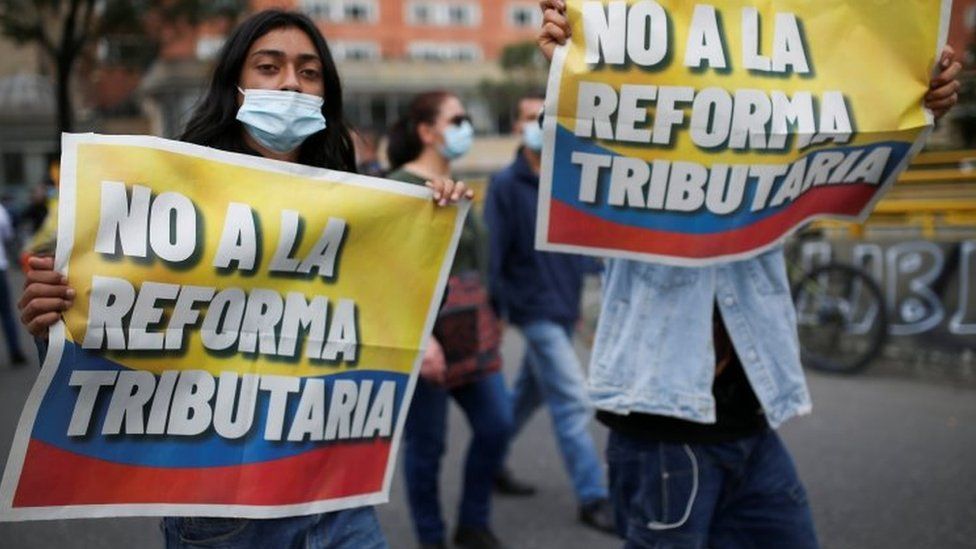
June 2021 | IPRI # 173
IPRI Comments
IPRI Team
Continuing protests in Colombia, another mass abduction in Nigeria, and a controversial election in Syria
read more
Conflict Weekly
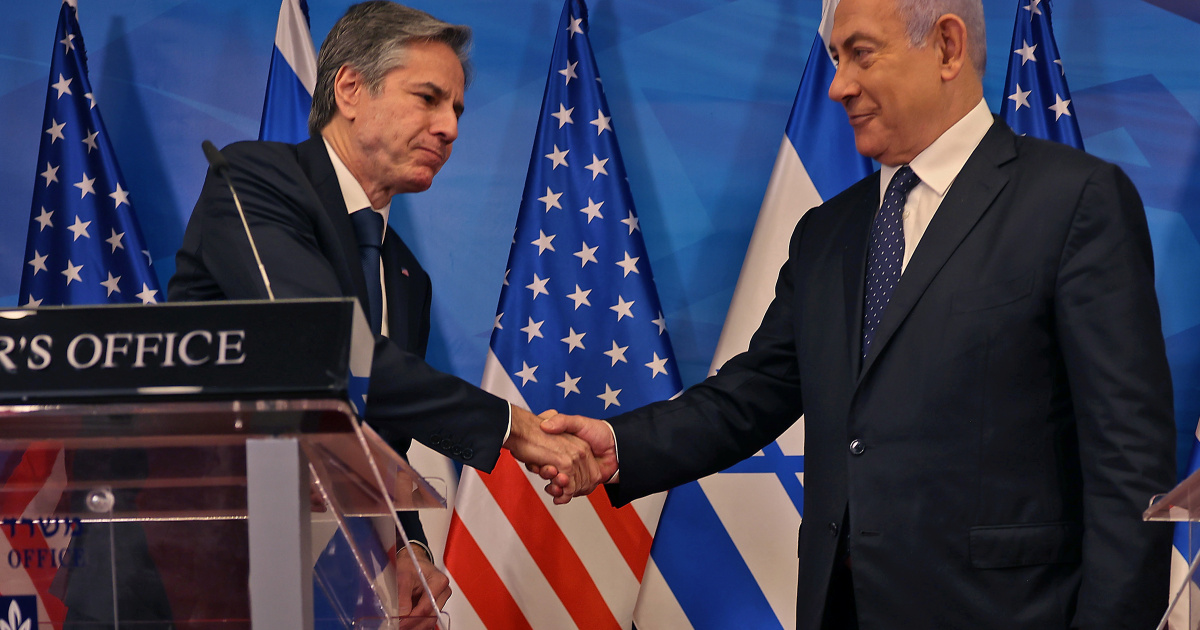
May 2021 | IPRI # 172
IPRI Comments
IPRI Team
Ceasefire in Israel, NLD ban in Myanmar and a new Belarus crisis
read more
Conflict Weekly
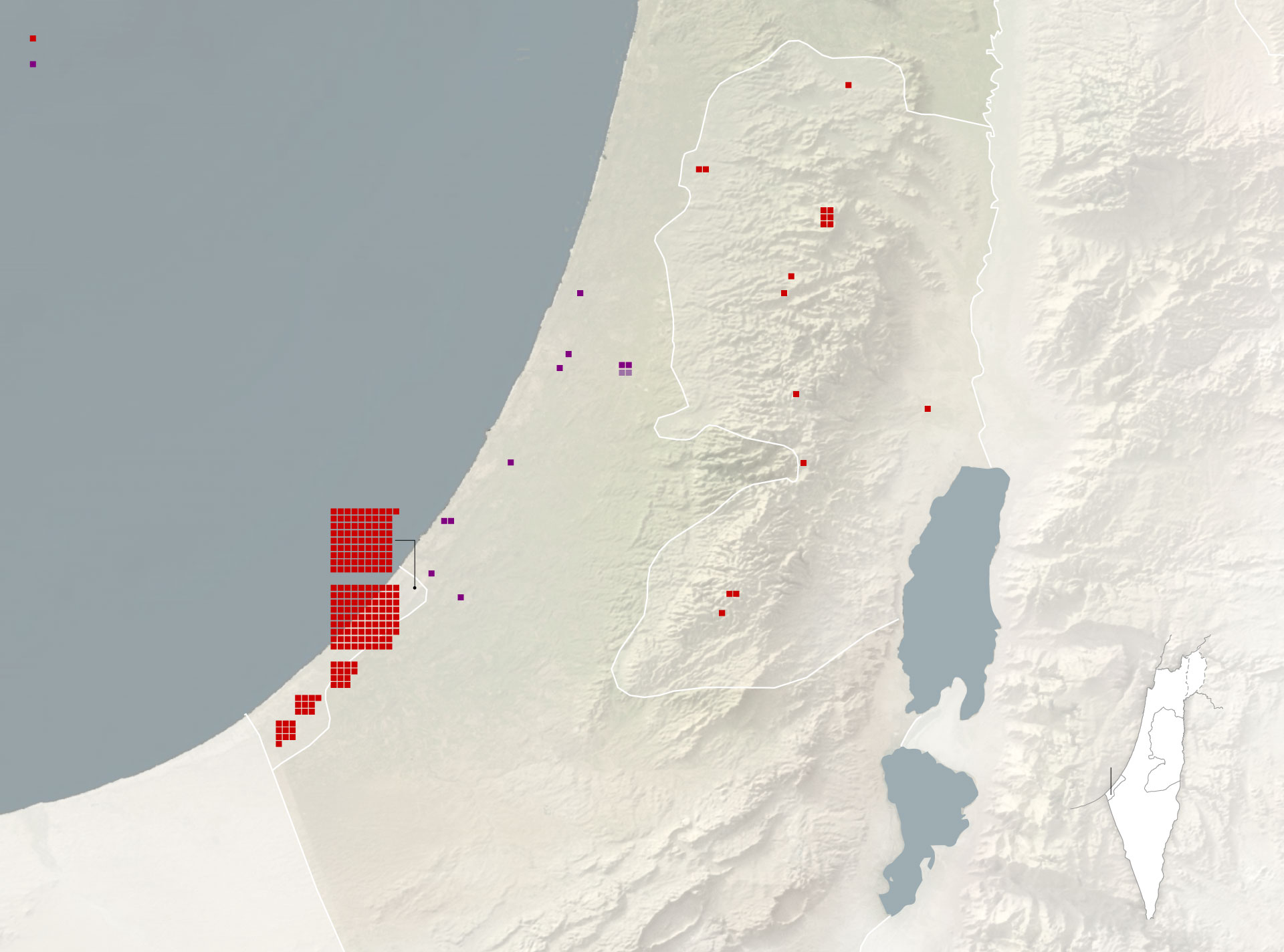
May 2021 | IPRI # 171
IPRI Comments
IPRI Team
Elusive ceasefire in Israel-Palestine conflict, a migration crisis in Spain, three weeks of protests in Colombia, and the rise of Ransomware reign
read more
The Maldives
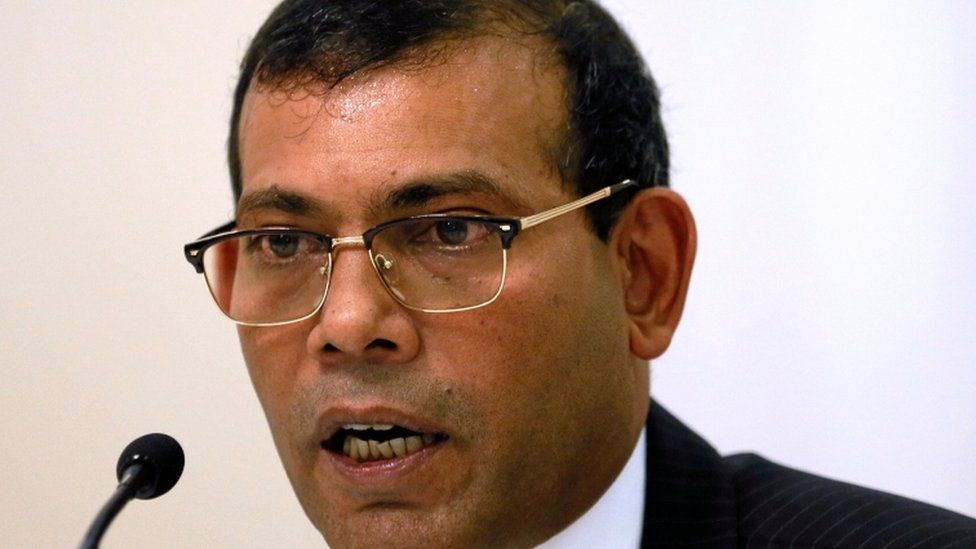
May 2021 | IPRI # 170
IPRI Comments
N Manoharan
The bomb attack on Mohamed Nasheed. Is it political or jihadist?
read more
Conflict Weekly
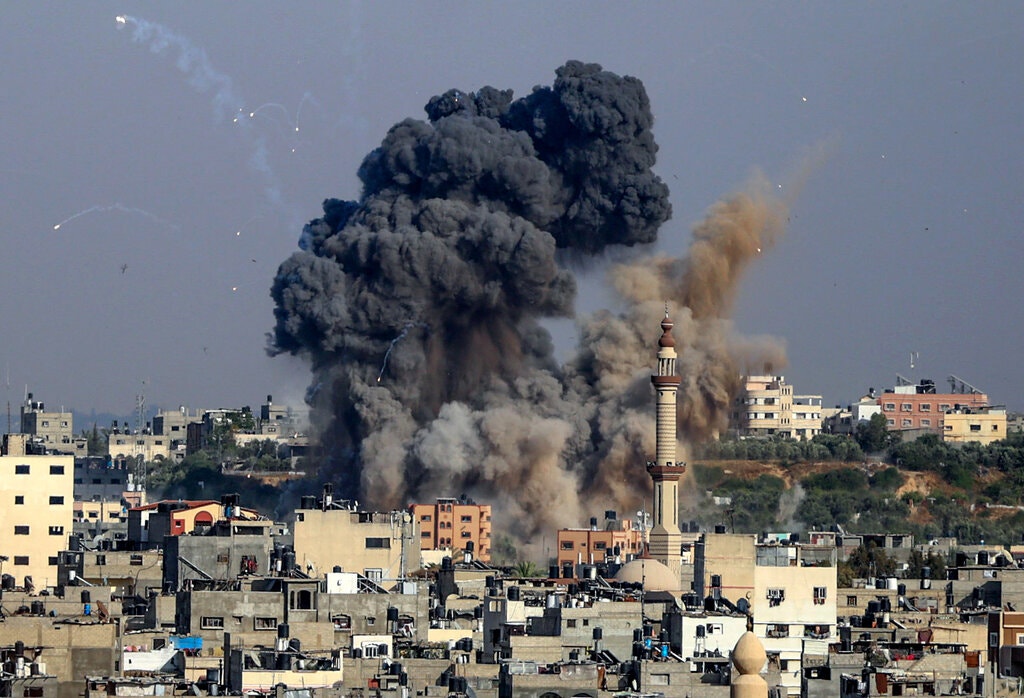
May 2021 | IPRI # 169
IPRI Comments
IPRI Team
Escalating Israel-Palestine violence, an attack and a ceasefire in Afghanistan, and the fallouts of Scotland election for the UK
read more
Australia's indigenous communities
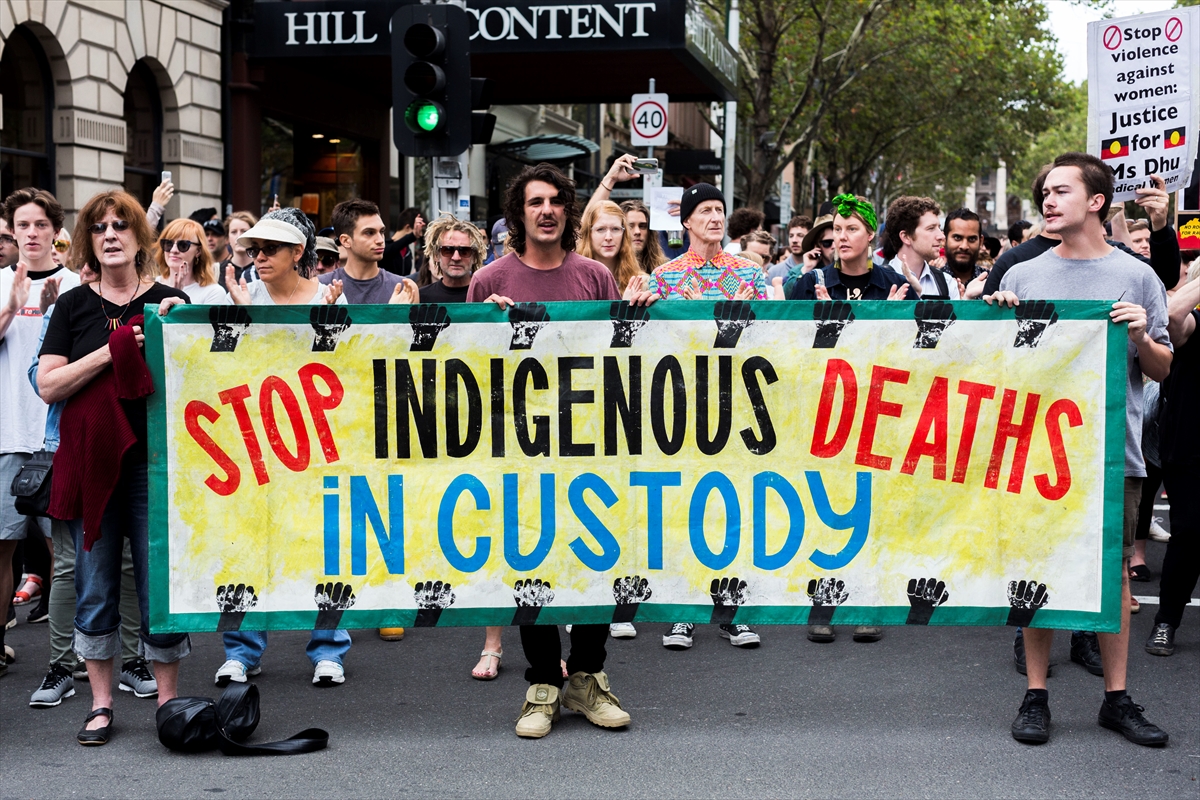
May 2021 | IPRI # 168
IPRI Comments
Avishka Ashok
The systemic oppression continues despite three decades of the Royal Commission report
read more
Africa
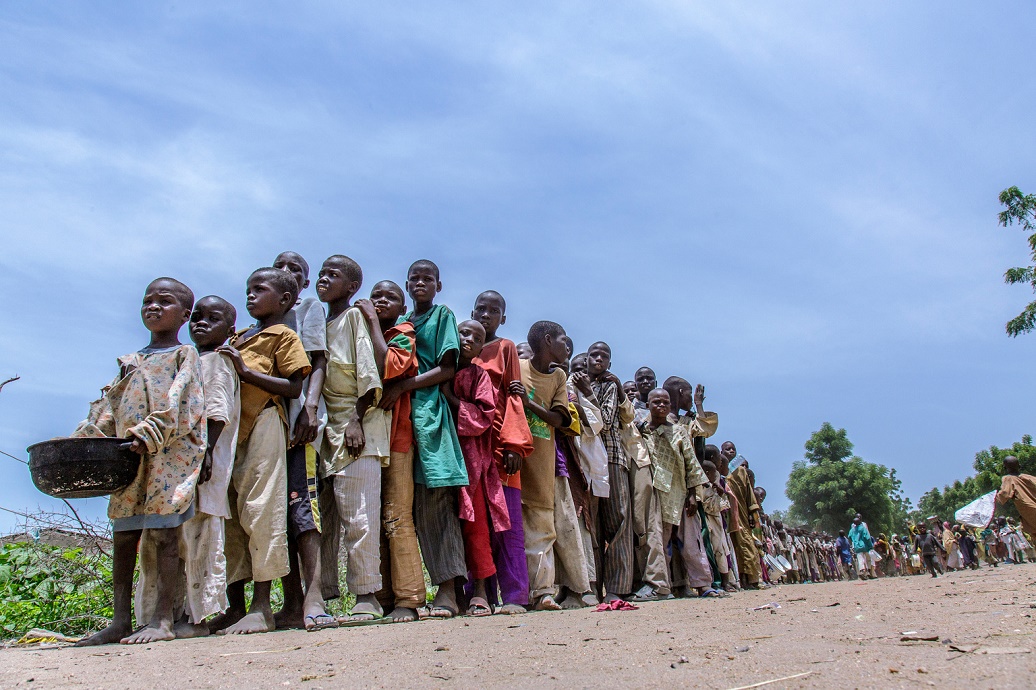
May 2021 | IPRI # 167
IPRI Comments
Apoorva Sudhakar
15 of the 23 global hunger hotspots are in Africa. Three reasons why
read more
AfghanistanÂ
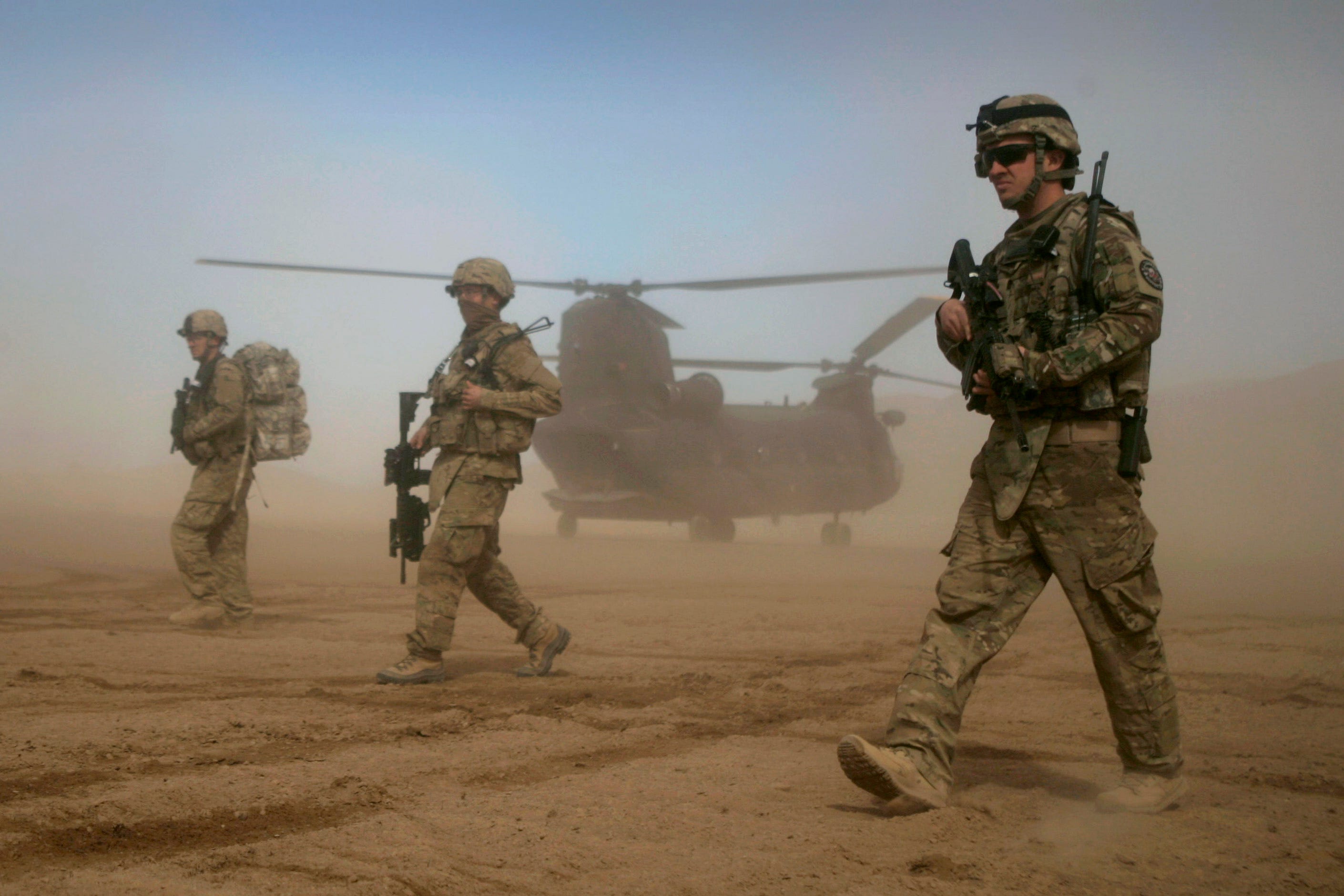
May 2021 | IPRI # 166
IPRI Comments
Abigail Miriam Fernandez
The US decision to withdraw is a call made too early. Three reasons why
read more
Conflict Weekly
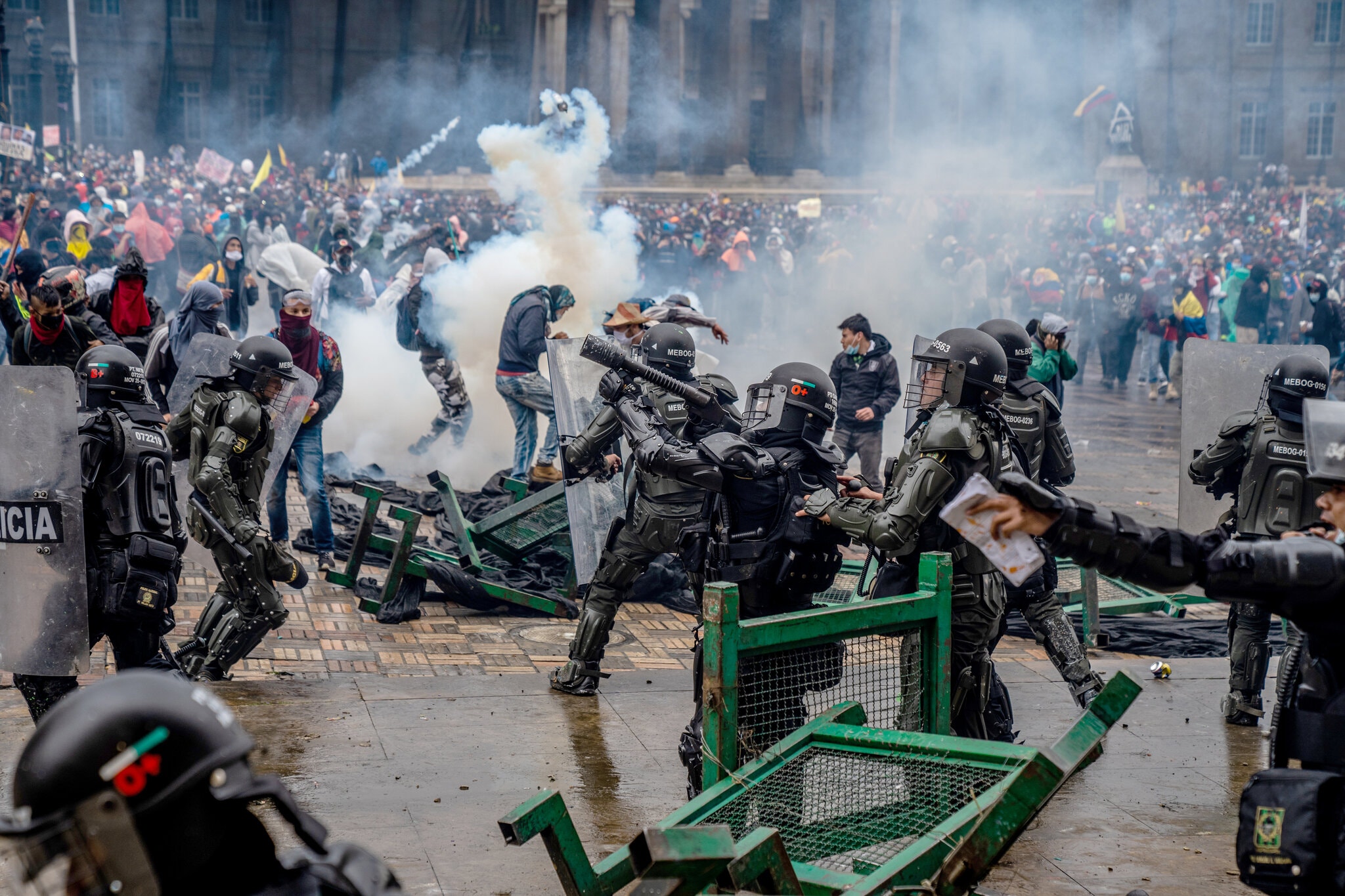
May 2021 | IPRI # 165
IPRI Comments
IPRI Team
Violent protests in Colombia, US troops withdrawal in Afghanistan, and the battle for Marib in Yemen
read more
Conflict Weekly
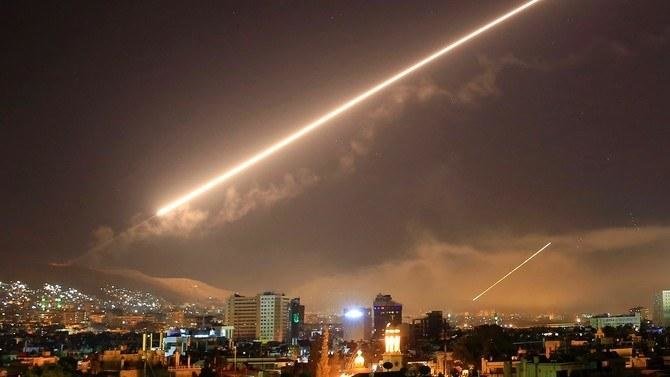
April 2021 | IPRI # 164
IPRI Comments
IPRI Team
Israel-Syria missile strikes, Clashes in Somalia and Afghan meetings in Pakistan
read more
Conflict Weekly
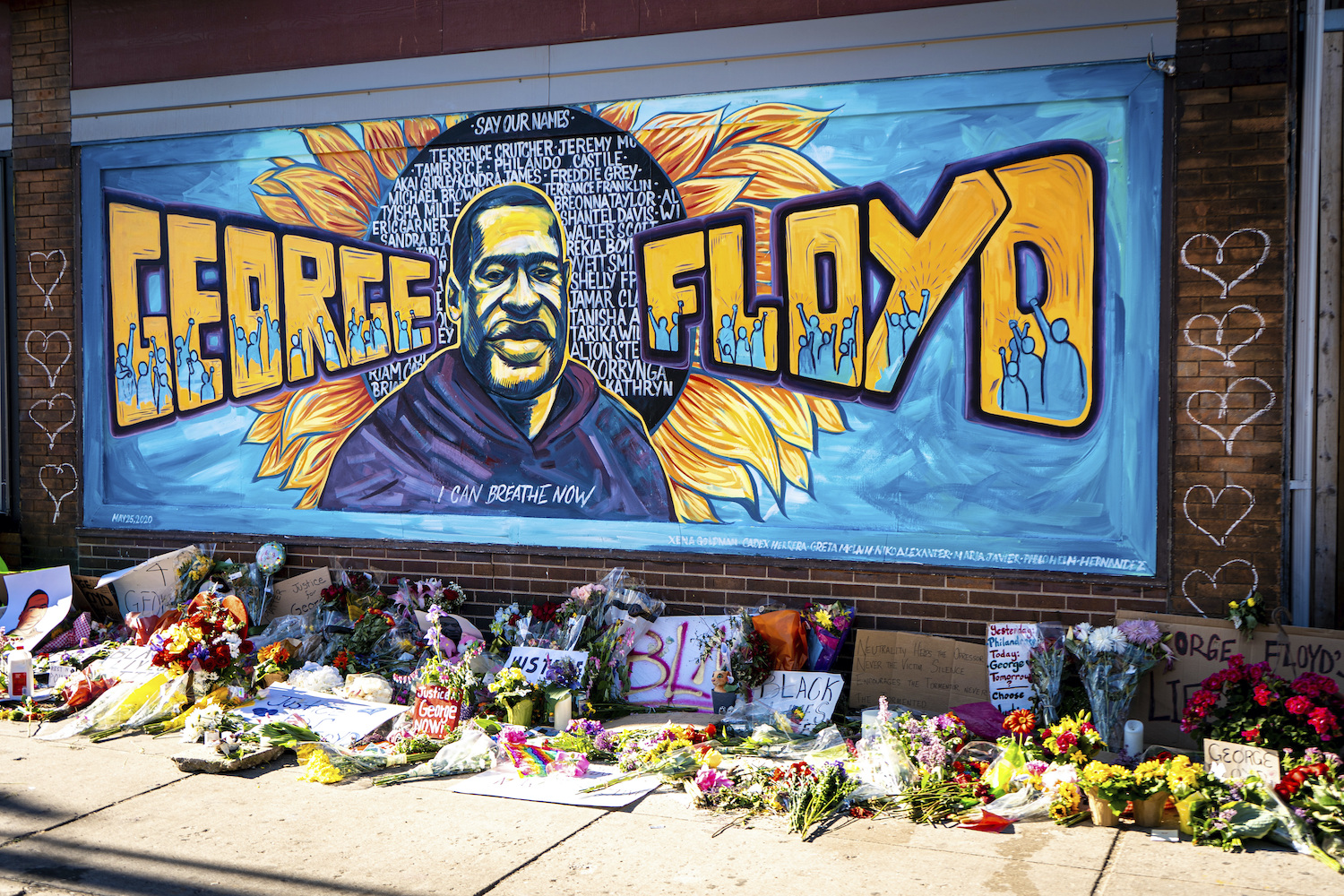
April 2021 | IPRI # 163
IPRI Comments
IPRI Team
George Floyd murder trial, Fukushima water release controversy, anti-France protests in Pakistan, Report on the Rwandan genocide and another Loya Jirga in Afghanistan
read more
Conflict Weekly
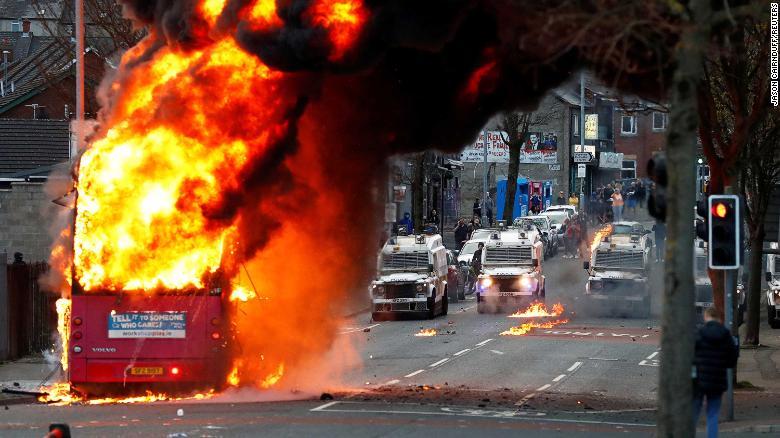
April 2021 | IPRI # 162
IPRI Comments
IPRI Team
Riots in Northern Ireland, Sabotage on an Iranian nuclear facility, and a massacre in Ethiopia
read more
Conflict Weekly
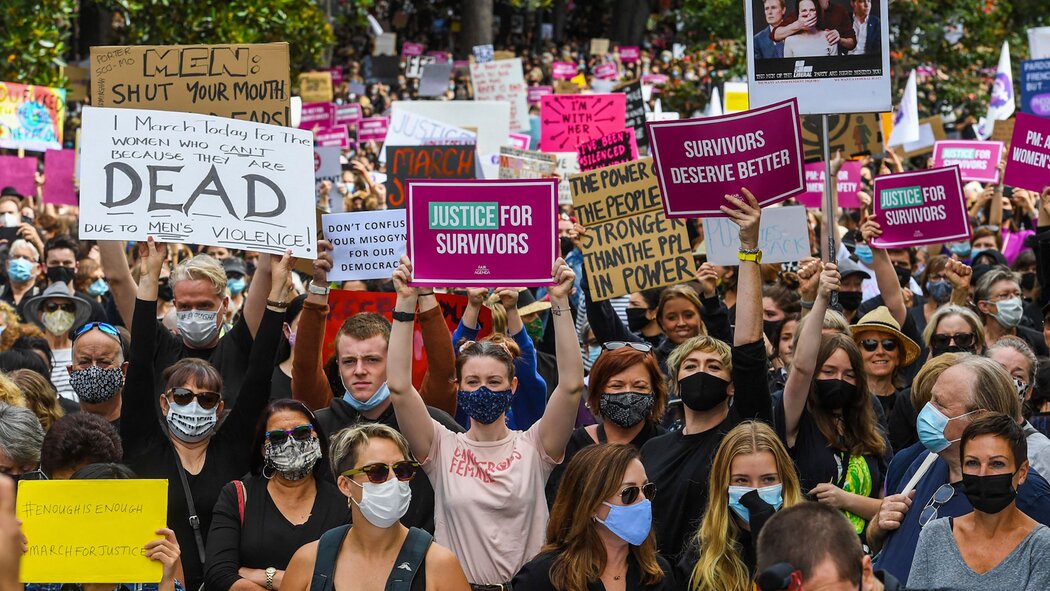
April 2021 | IPRI # 161
IPRI Comments
IPRI Team
Global gender gap report, Grand Ethiopian Renaissance Dam talks failure, Maoist attack in India, Border tensions between Russia and Ukraine, and the Security forces take control of Palma in Mozambique
read more
Conflict Weekly
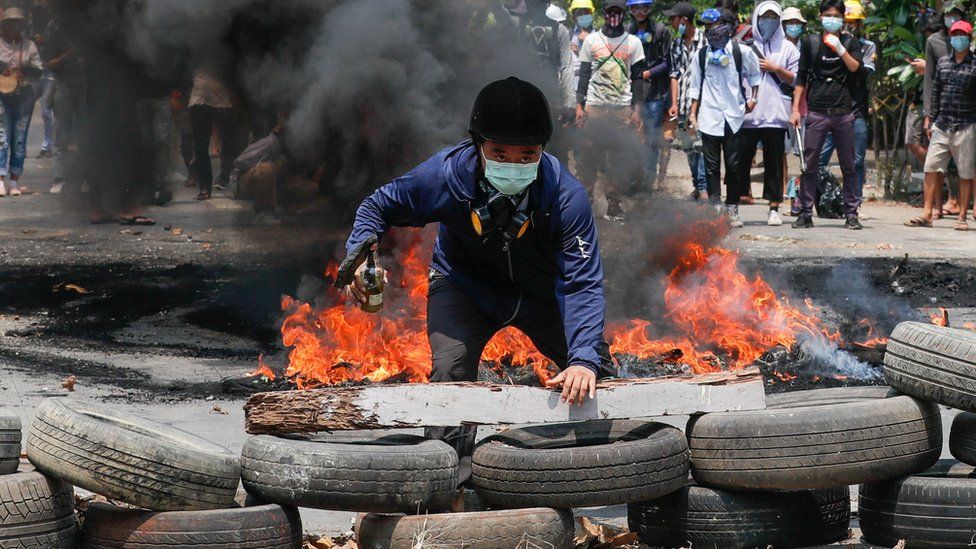
March 2021 | IPRI # 160
IPRI Comments
IPRI Team
Bloody Week in Myanmar, a Suicide attack in Indonesia and an Insurgency in Mozambique
read more
Conflict Weekly
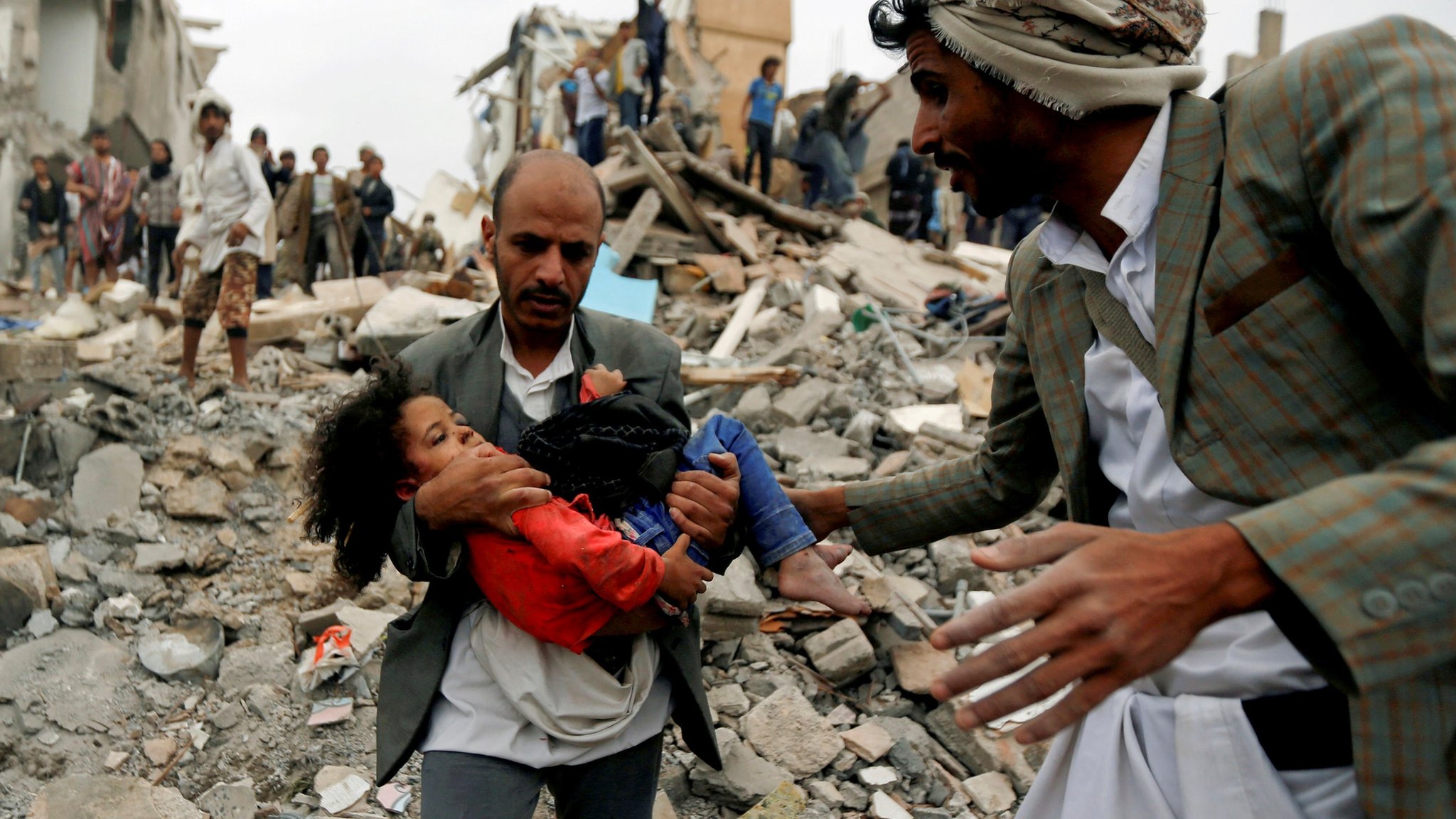
March 2021 | IPRI # 159
IPRI Comments
IPRI Team
Sanctions on China, Saudi Arabia ceasefire in Yemen, the UNHRC resolution on Sri Lanka, and a massacre in Niger
read more
Conflict Weekly #62
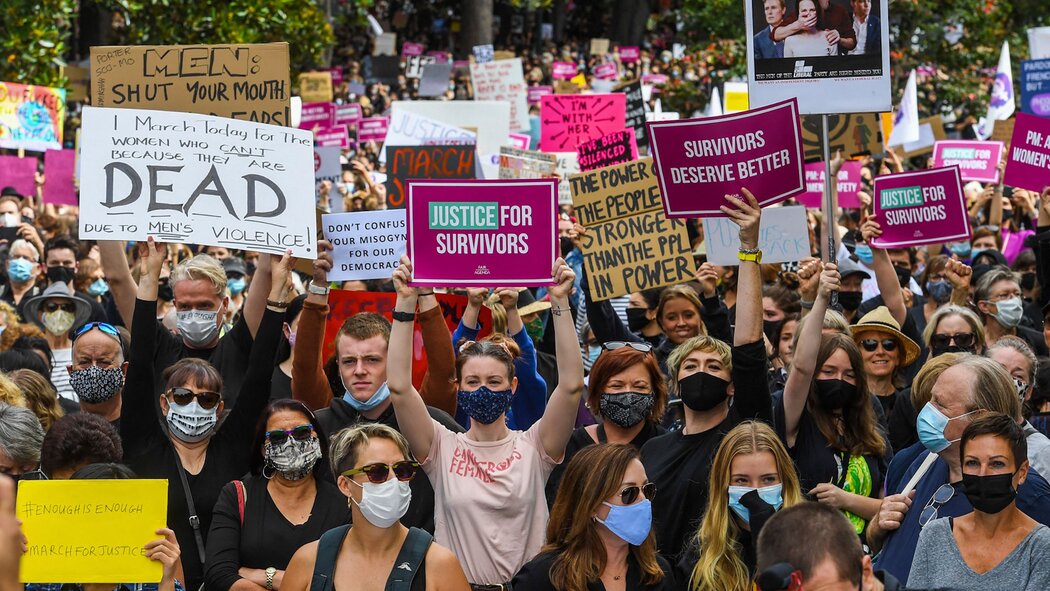
March 2021 | IPRI # 158
IPRI Comments
IPRI Team
Gender Protests in Australia, Expanding Violence in Myanmar and Anti-protests bill in the UK
read more
Conflict Weekly # 61
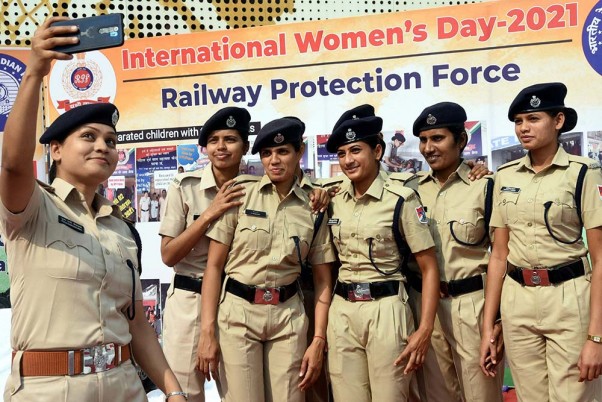
March 2021 | IPRI # 157
IPRI Comments
IPRI Team
Women’s Day, Swiss Referendum, Myanmar Violence, George Floyd Trial and Lebanon Protests
read more
Conflict Weekly #60
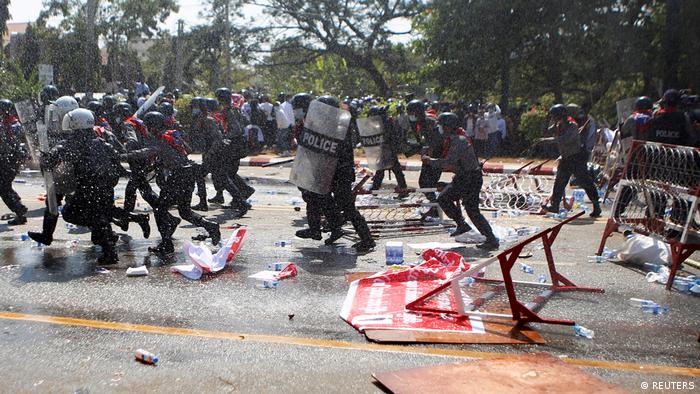
March 2021 | IPRI # 156
IPRI Comments
IPRI Team
From Myanmar and Hong Kong in Asia to Nigeria in Africa: Seven conflicts this week
read more
Conflict Weekly # 59
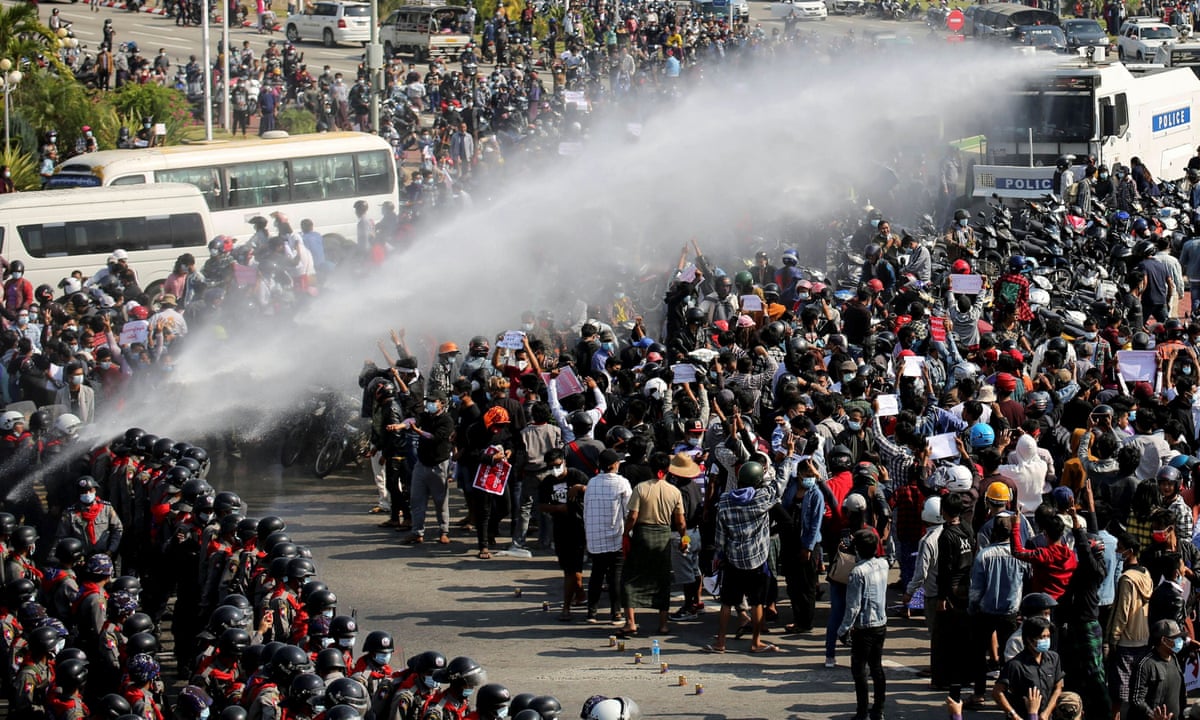
February 2021 | IPRI # 155
IPRI Comments
IPRI Team
Continuing Protests in Myanmar, ‘Comfort Women’ issue in South Korea and Abductions in Nigeria
read more
Ethiopia
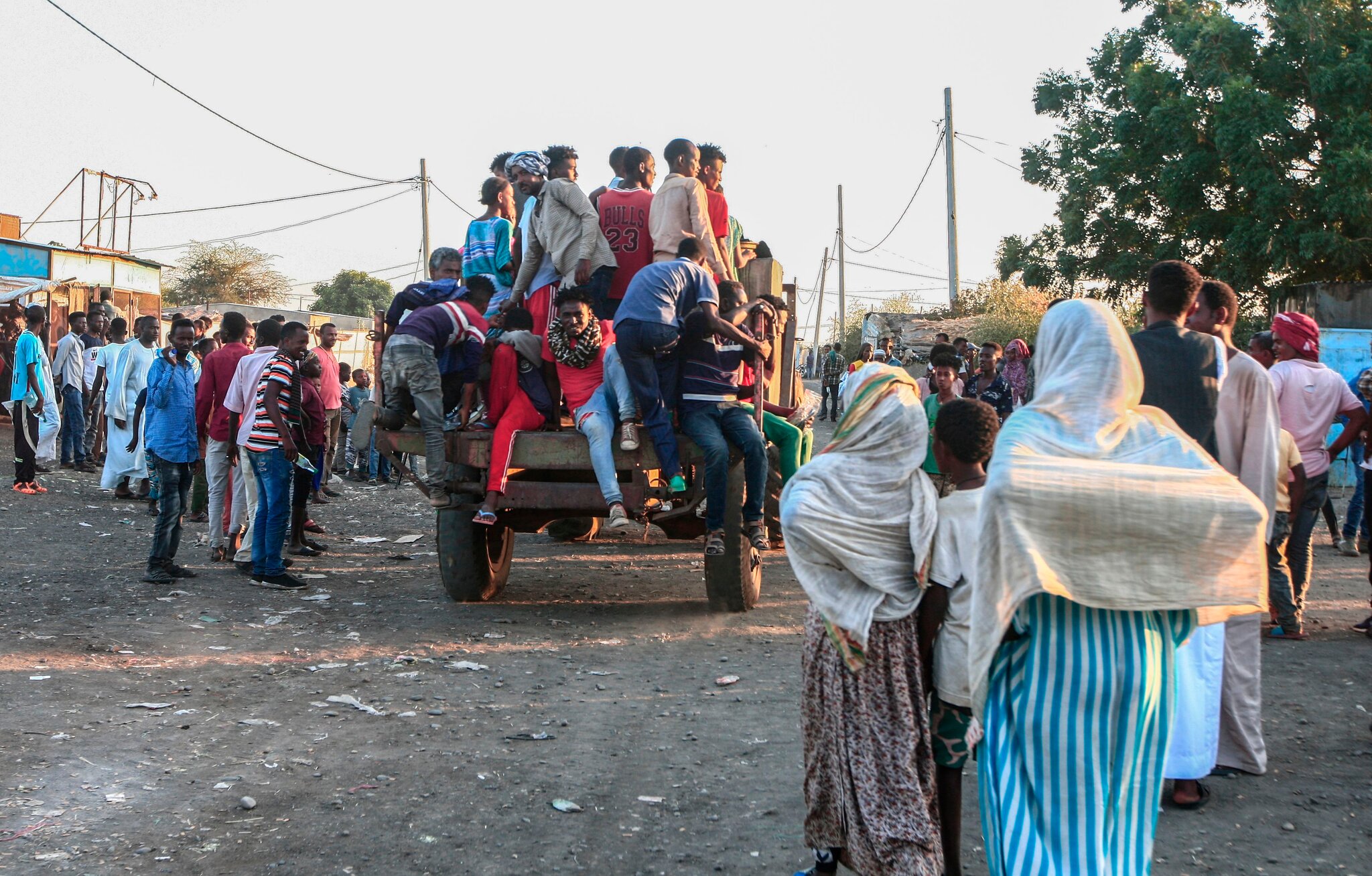
February 2021 | IPRI # 154
IPRI Comments
Apoorva Sudhakar
Five fallouts of the military offensive in Tigray
read more
Afghanistan
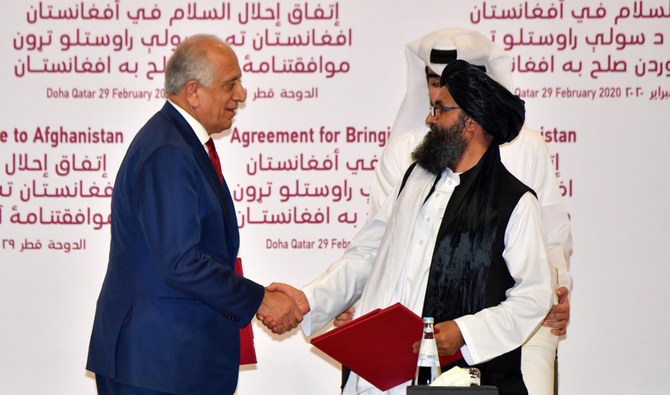
February 2021 | IPRI # 153
IPRI Comments
Abigail Miriam Fernandez
The recent surge in targeted killing vs the troops withdrawal
read more
Abortions, Legislations and Gender Protests
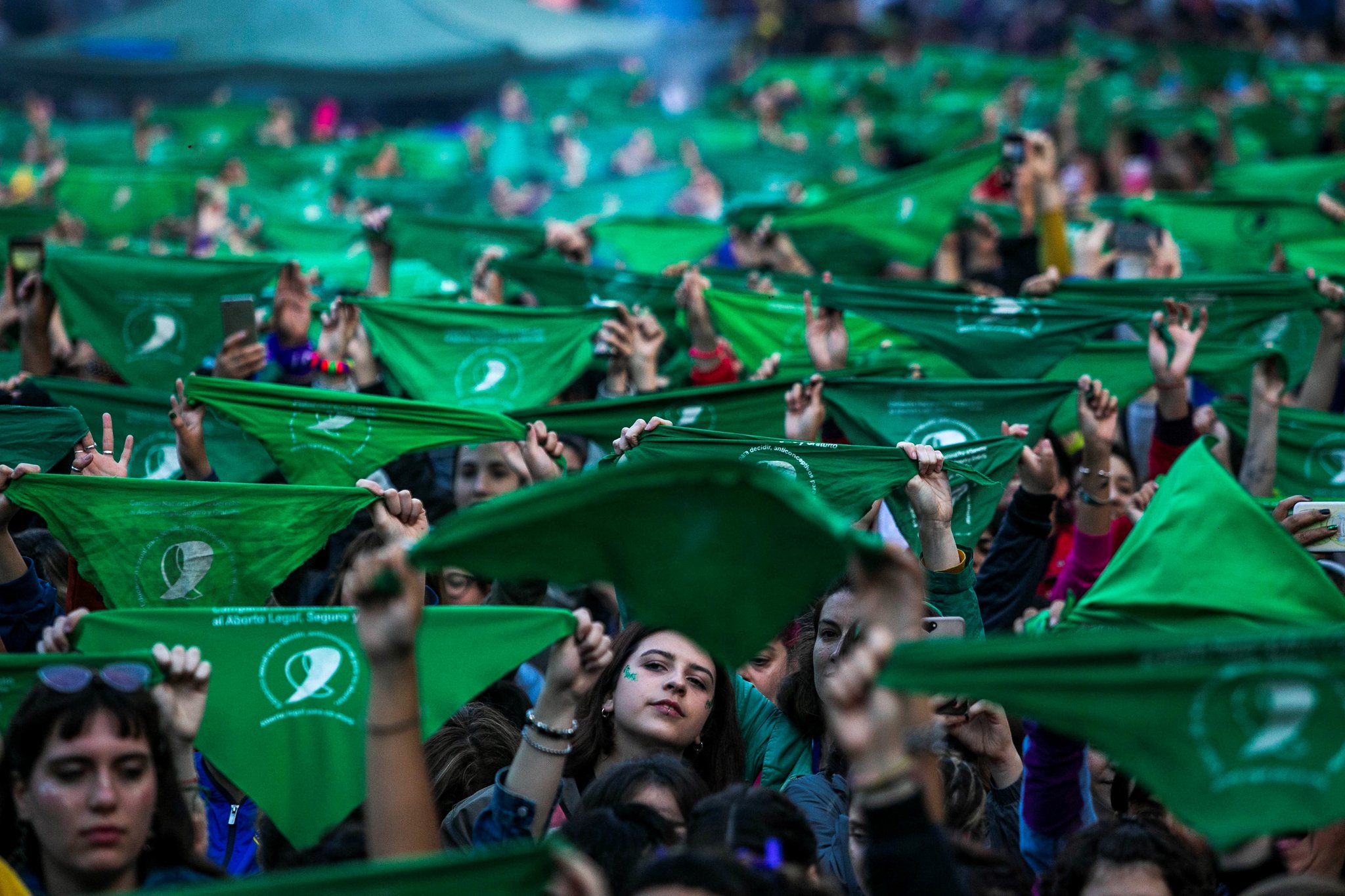
February 2021 | IPRI # 152
IPRI Comments
Avishka Ashok
In Argentina, an extraordinarily progressive law on abortion brings the Conservatives to protest
read more
Abortions, Legislations and Gender Protests
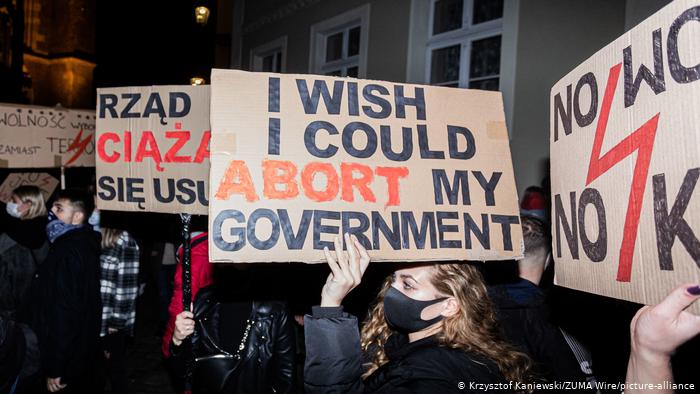
February 2021 | IPRI # 151
IPRI Comments
Harini Madhusudan
In Poland, the protests against the abortion law feed into anti-government sentiments
read more
Abortions, Legislations and Gender Protests
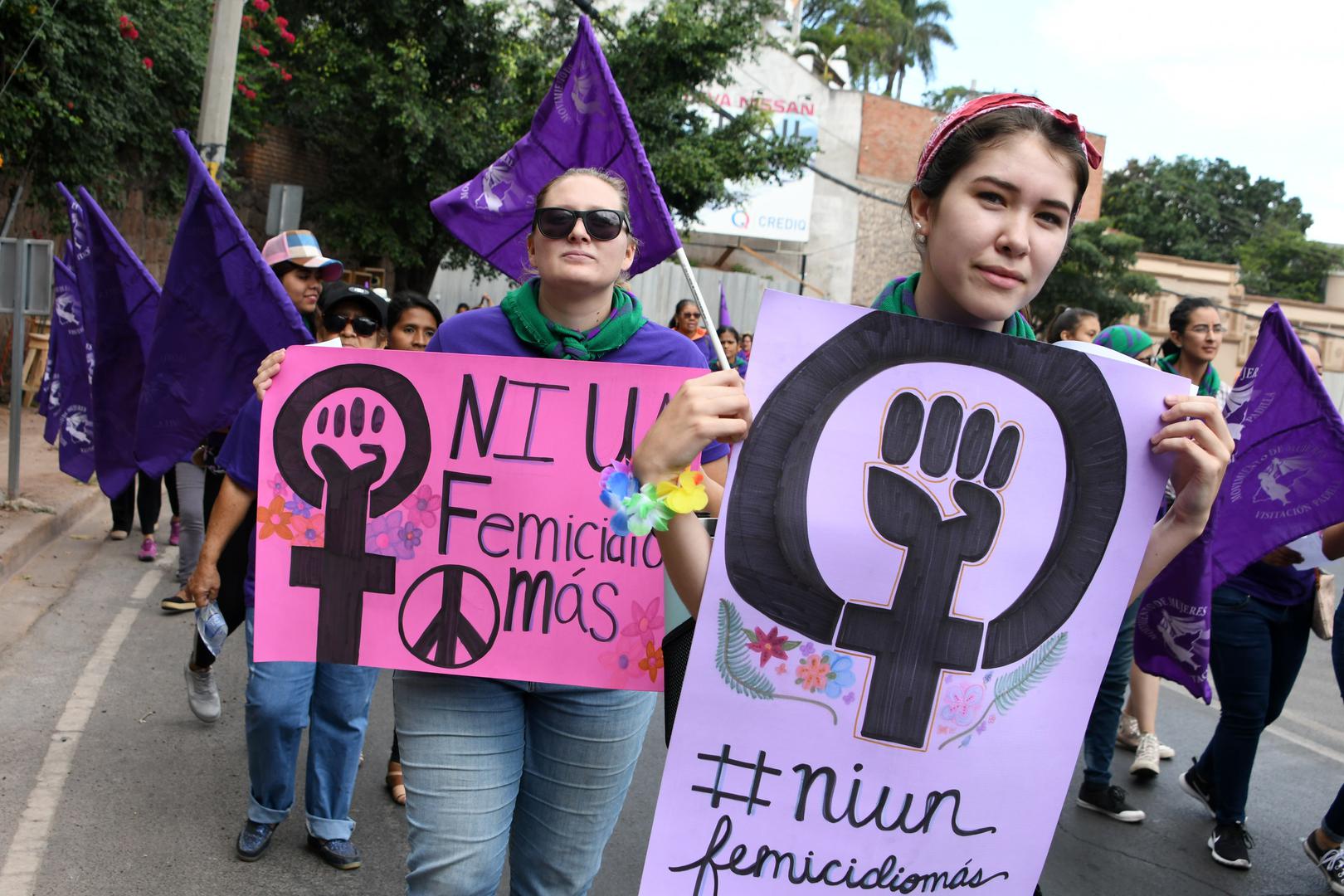
February 2021 | IPRI # 150
IPRI Comments
Abigail Miriam Fernandez
In Honduras, a move towards a permanent ban on abortion laws
read more
Abortions, Legislations and Gender Protests
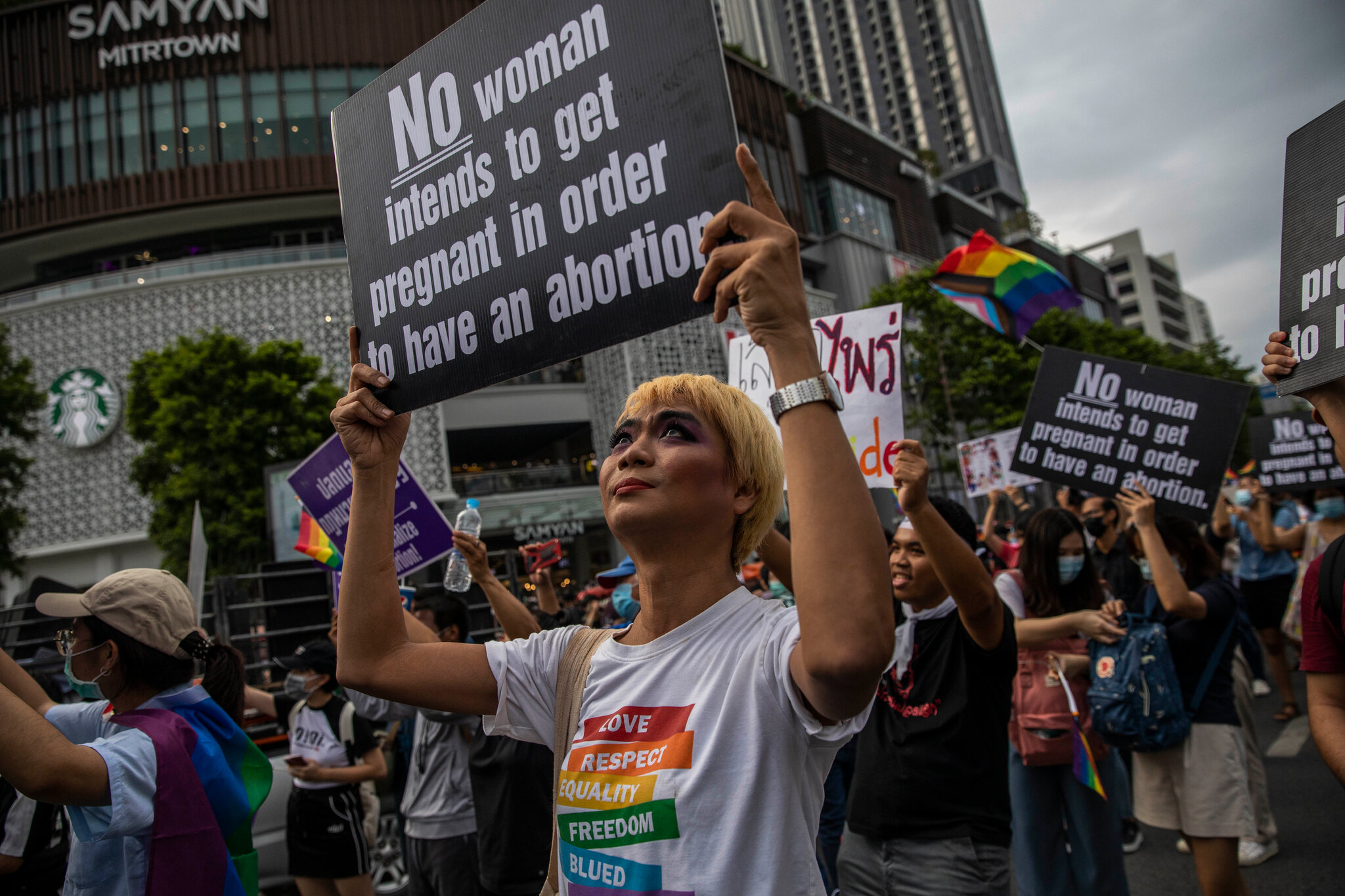
February 2021 | IPRI # 149
IPRI Comments
Sukanya Bali
In Thailand, the new abortion law poses more questions
read more
Myanmar
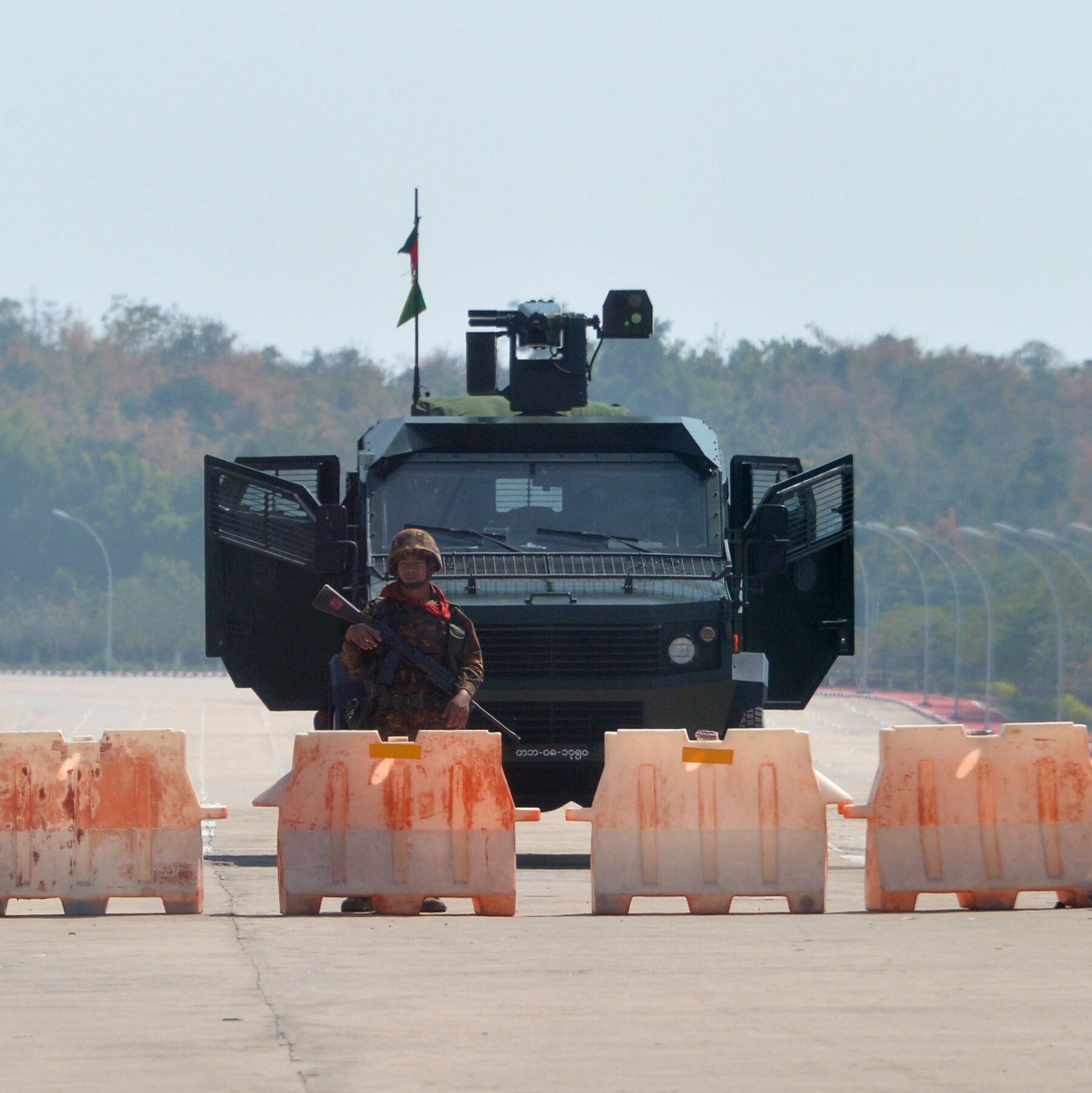
February 2021 | IPRI # 148
IPRI Comments
Aparupa Bhattacherjee
Civilian protests vs military: Three factors will decide the outcome in Myanmar
read more
Conflict Weekly # 58
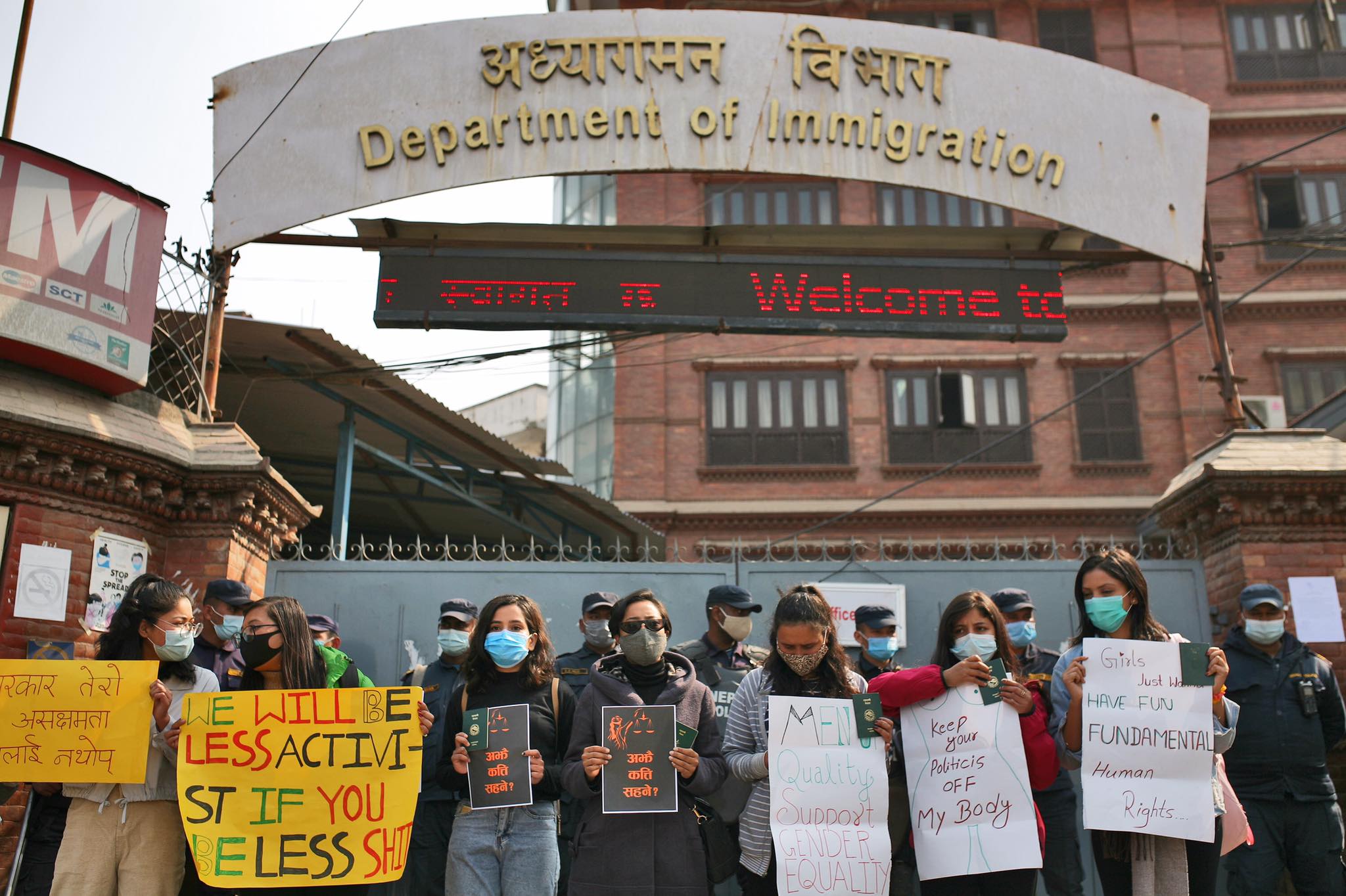
February 2021 | IPRI # 147
IPRI Comments
IPRI Team
Anti-Separatism bill in France, Protests in Nepal against a gender-specific law, Surge in targetted killings in Afghanistan, and Instability continues in Ethiopia
read more
Conflict Weekly #57
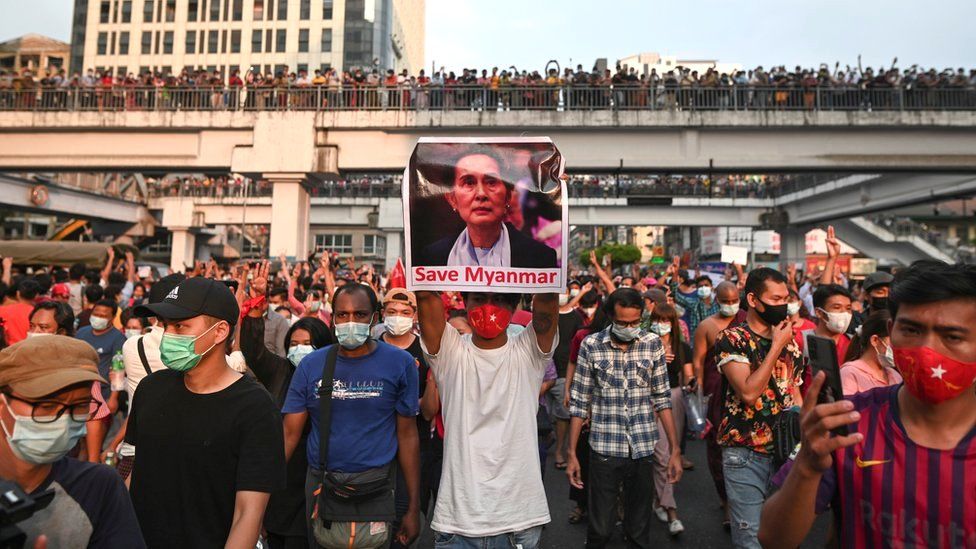
February 2021 | IPRI # 146
IPRI Comments
IPRI Team
Anti-Coup protests in Myanmar, a new US strategy on Yemen, and the US-Iran differences on nuclear roadmap
read more
India and Sri Lanka
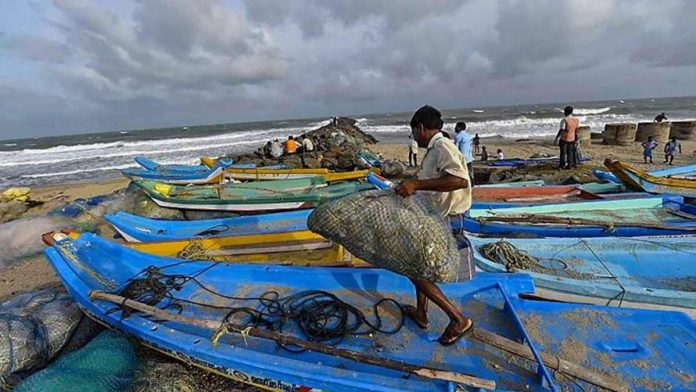
February 2021 | IPRI # 145
IPRI Comments
N Manoharan and Drorima Chatterjee
Five ways India can detangle the fishermen issue with Sri Lanka
read more
Conflict Weekly #56
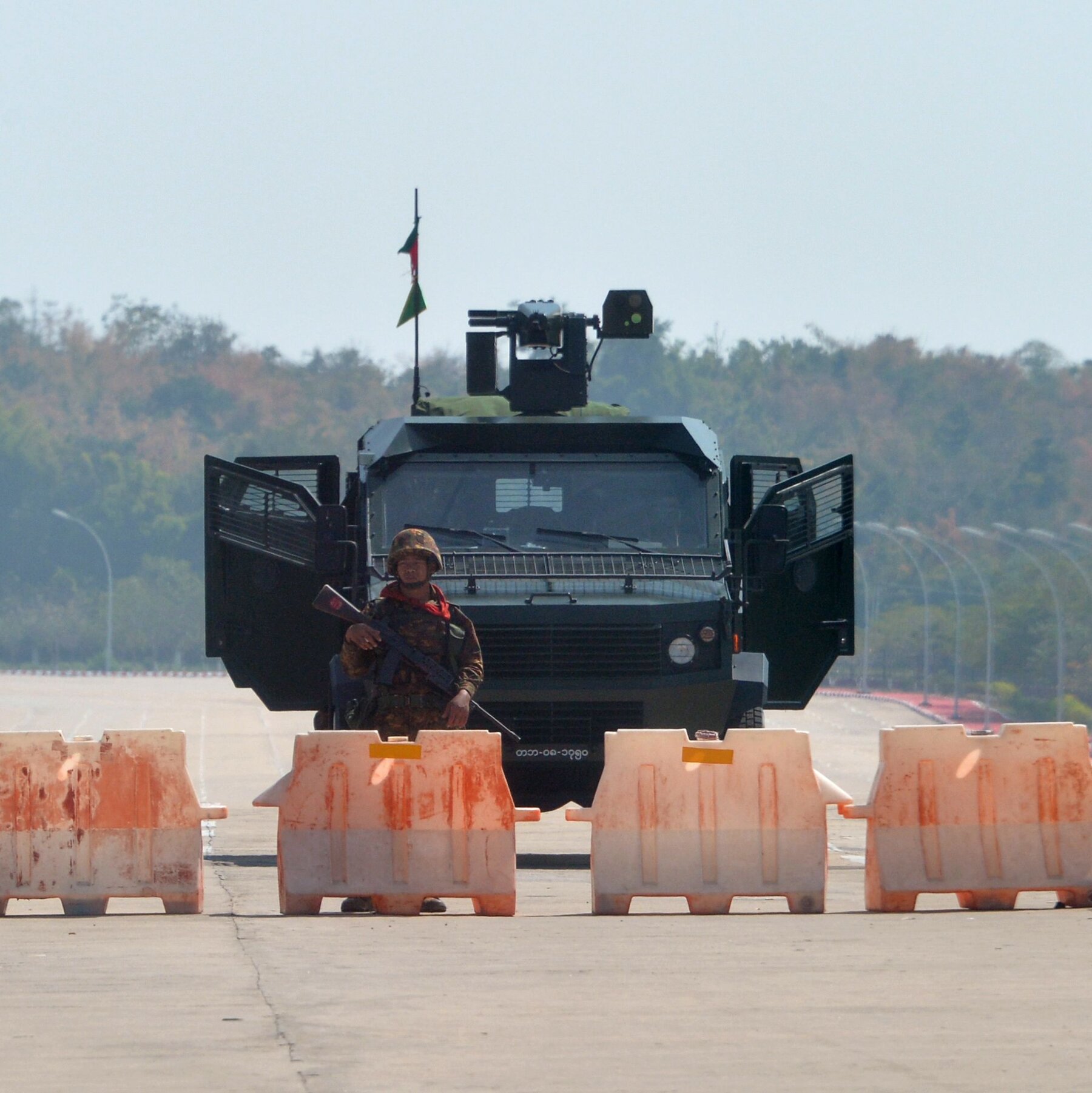
February 2021 | IPRI # 144
IPRI Comments
IPRI Team
Coup in Myanmar and Protests in Russia
read more
Conflict Weekly #55
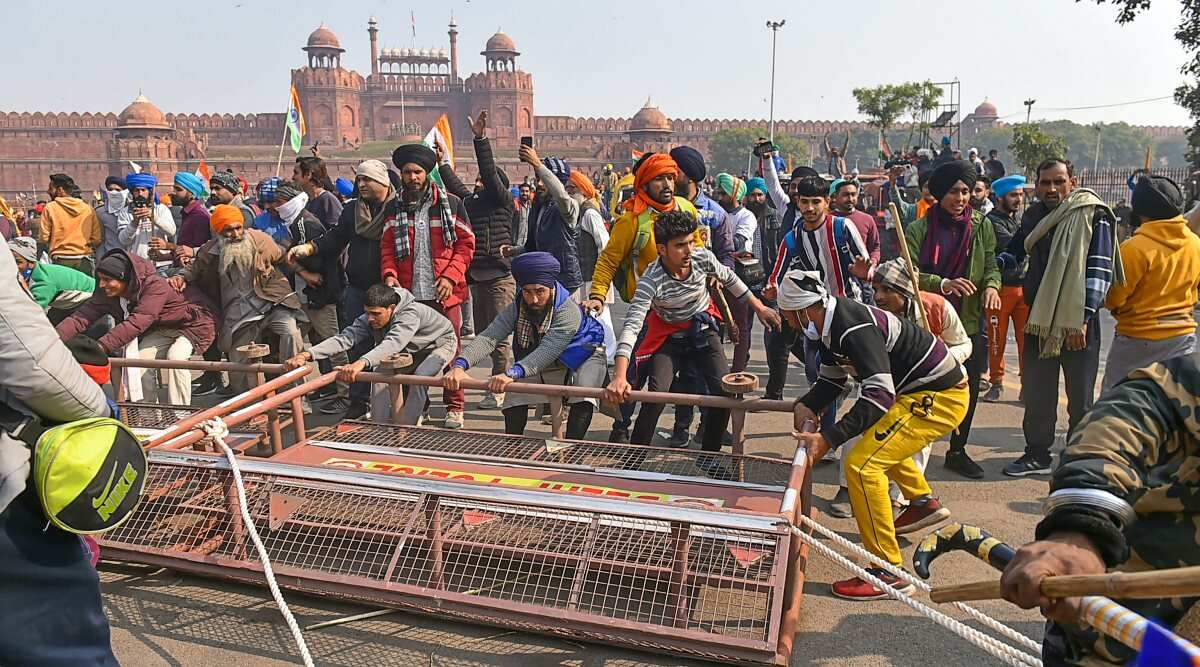
January 2021 | IPRI # 143
IPRI Comments
IPRI Team
Farmers' protests in India, Vaccine Wars, another India-China border standoff, and Navalny's imprisonment
read more
Conflict Weekly # 54
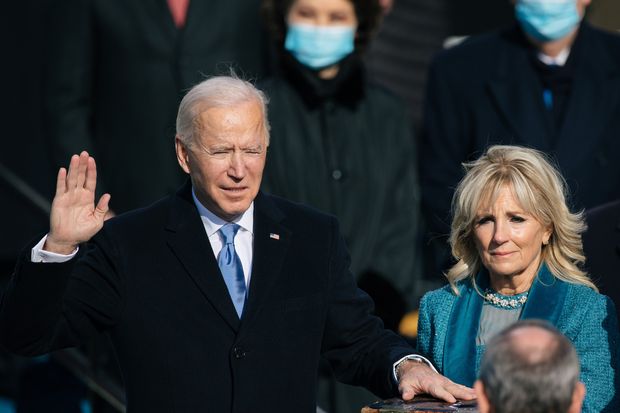
January 2021 | IPRI # 142
IPRI Comments
IPRI Team
New President in the US, new Chinese Village in Arunachal Pradesh, new Israeli settlement in West Bank, and another massacre in Sudan
read more
Conflict Weekly # 53
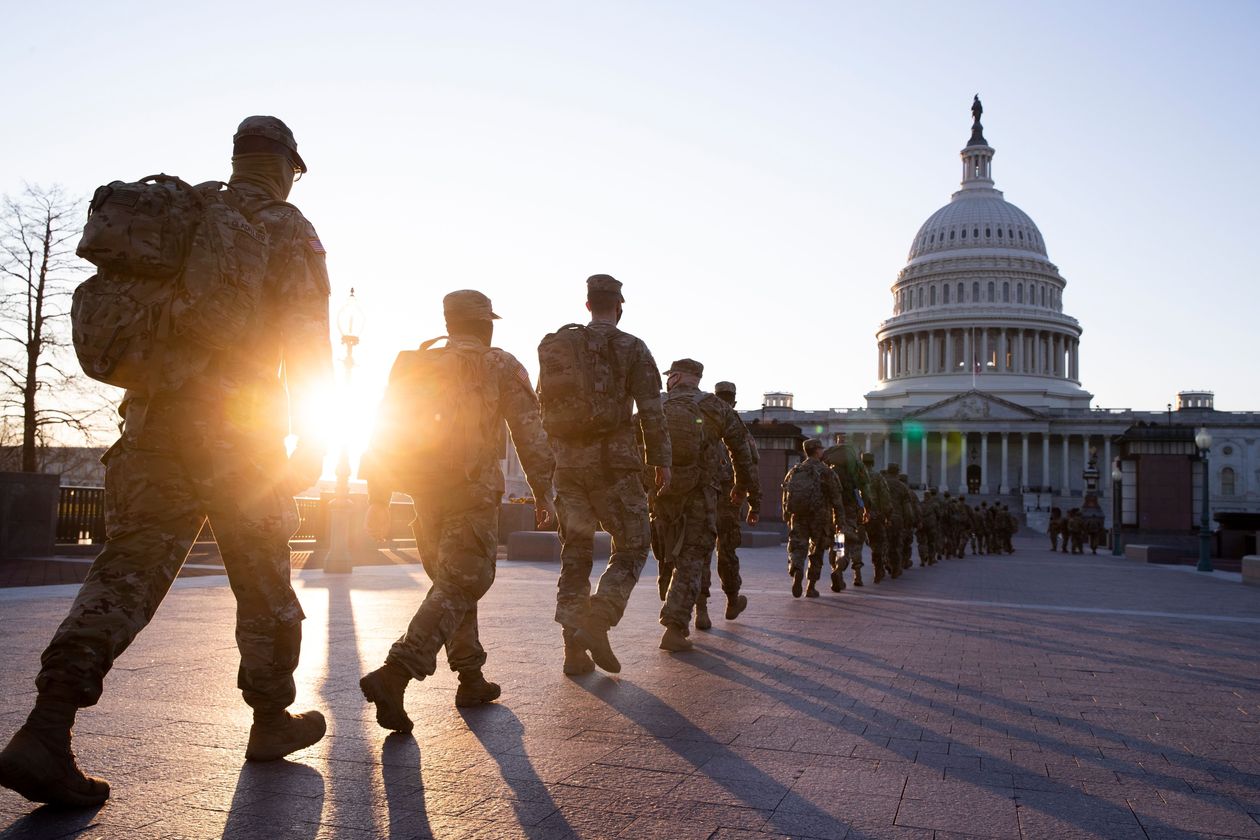
January 2021 | IPRI # 141
IPRI Comments
IPRI Team
Trump impeached by the US House, Hazara miners buried in Pakistan, Farm laws stayed in India, and the Crisis escalation in CAR
read more
Conflict Weekly # 52
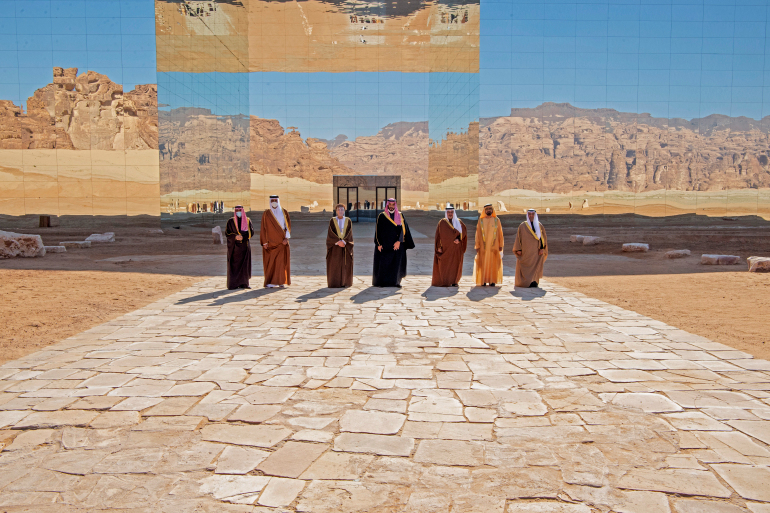
January 2021 | IPRI # 140
IPRI Comments
IPRI Team
GCC lifts Qatar blockade, Iran decides to enrich uranium, Argentina legalizes abortion, French soldiers targeted in Mali, and the AFSPA extended in India's Northeast
read more
Conflicts around the World in 2020
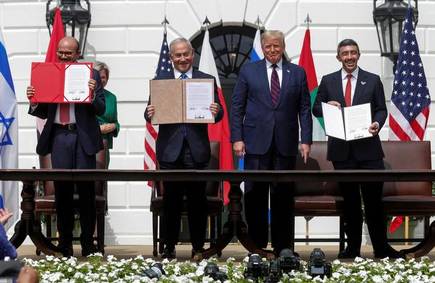
December 2020 | IPRI # 139
IPRI Comments
Lakshmi V Menon
The Middle East: The Abraham Accords may be the deal of the century, but comes with a heavy Palestinian cause Â
read more
Conflicts around the World in 2020
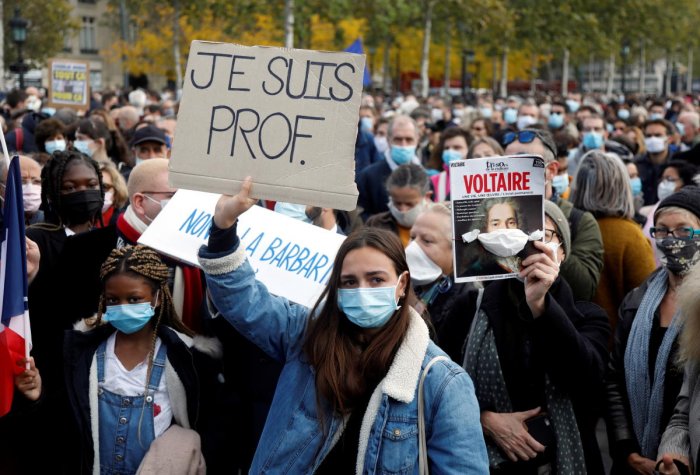
December 2020 | IPRI # 138
IPRI Comments
Sourina Bej
France:  Needs to rethink  the state-religion relation in battling extremism
read more
Conflicts around the World in 2020
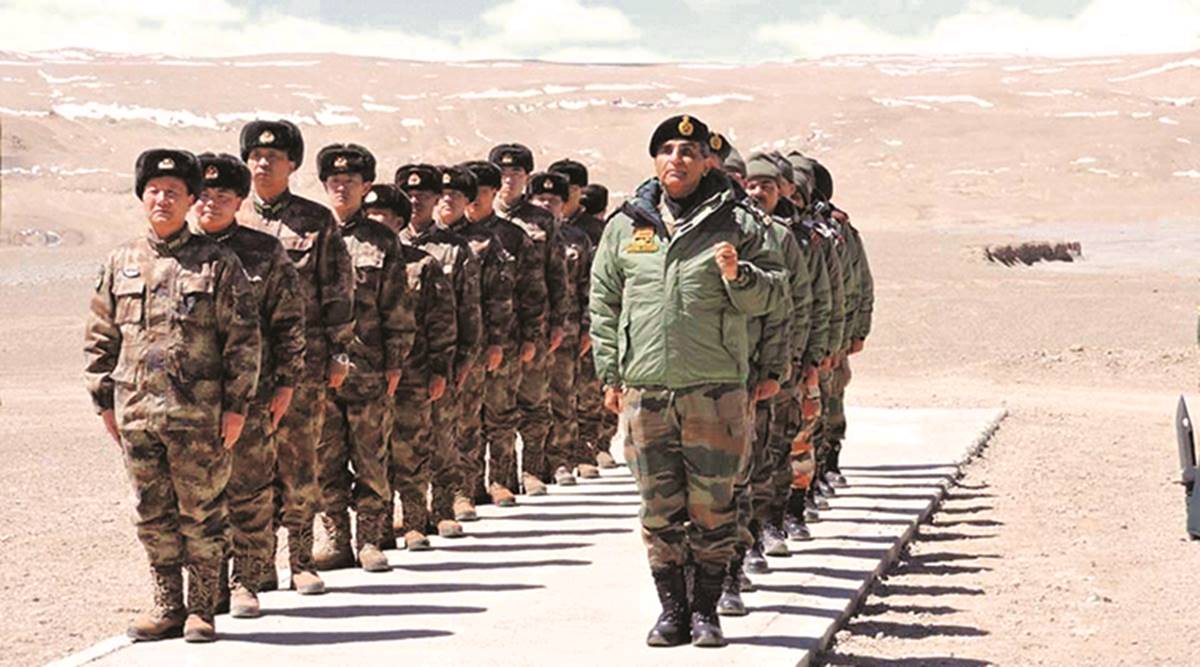
December 2020 | IPRI # 137
IPRI Comments
Teshu Singh
India and China: A tense border with compromise unlikely
read more
Conflicts around the World in 2020
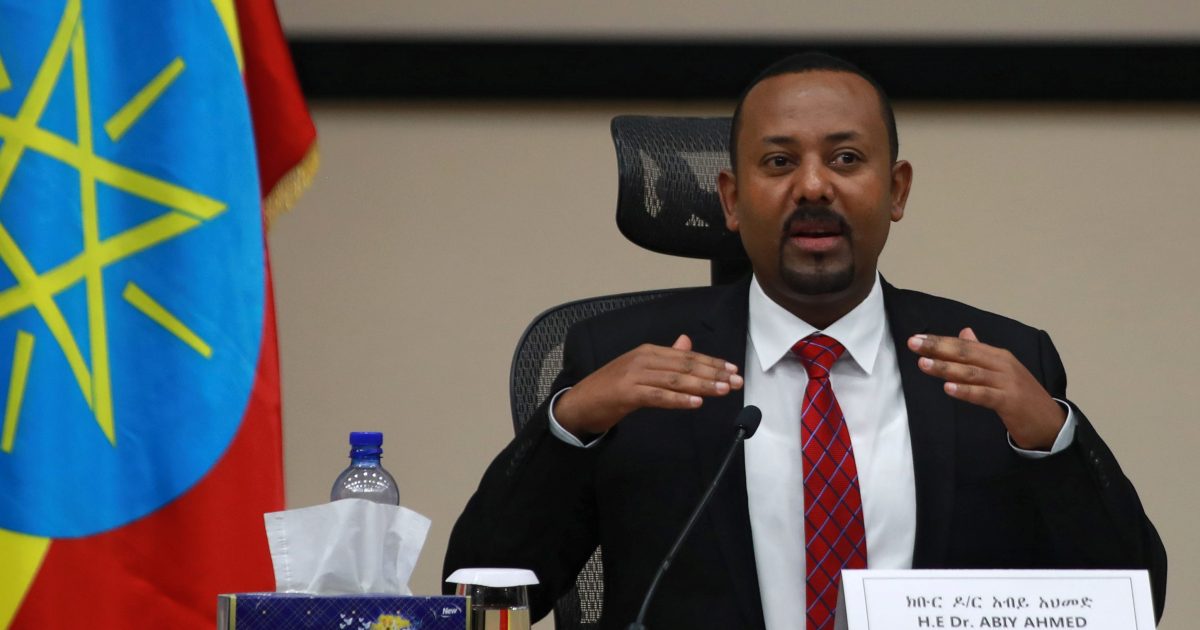
December 2020 | IPRI # 136
IPRI Comments
Apoorva Sudhakar
Ethiopia: The conflict in Tigray and the regional fallouts
read more
Conflicts around the World in 2020
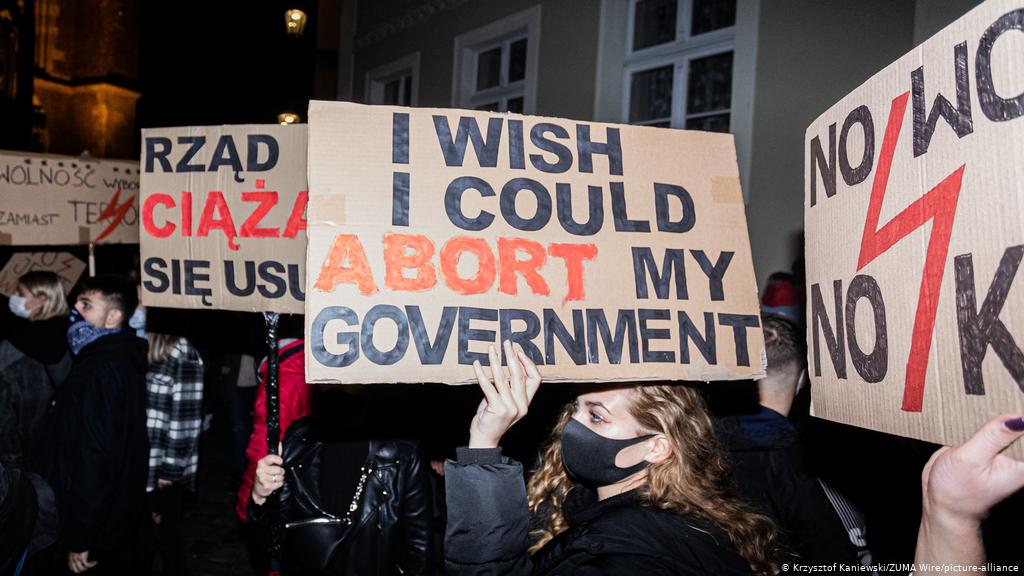
December 2020 | IPRI # 135
IPRI Comments
Kamna Tiwary
Europe: From anti-government protests in Belarus to ‘United for Abortion’ in PolandÂ
read more
Conflicts around the World in 2020
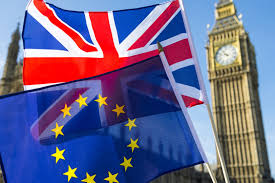
December 2020 | IPRI # 134
IPRI Comments
Harini Madhusudan
Brexit: A year of the UK-EU transition talks and finally, a DealÂ
read more
Conflicts around the World in 2020
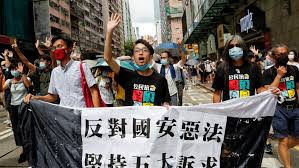
December 2020 | IPRI # 133
IPRI Comments
Mallika Devi
Hong Kong: Slow Strangulation of Protests, Security Law and China's victory
read more
Conflicts around the World in 2020

December 2020 | IPRI # 132
IPRI Comments
Aparupa Bhattacherjee
Thailand: For the pro-democracy protests, it is a long march aheadÂ
read more
Conflicts around the World in 2020
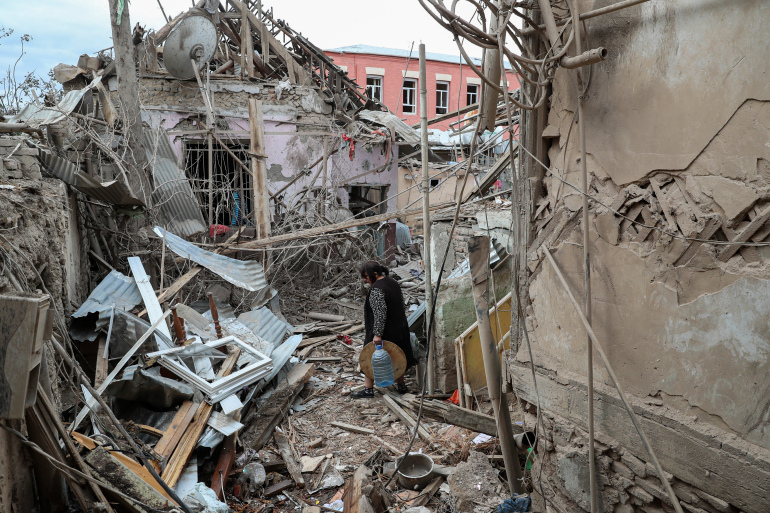
December 2020 | IPRI # 131
IPRI Comments
Abigail Miriam Fernandez
Nagorno-Karabakh: Rekindled fighting, Causalities and a Ceasefire
read more
Conflict Weekly
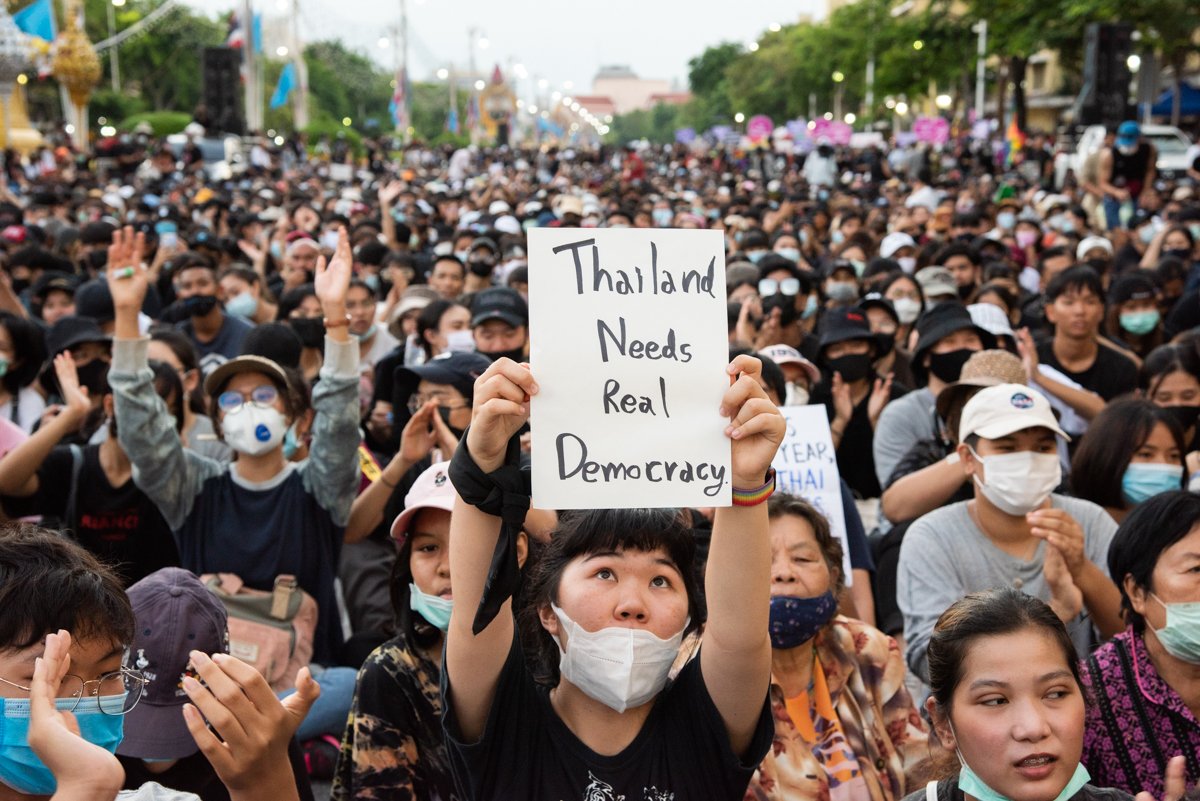
December 2020 | IPRI # 130
IPRI Comments
IPRI Team
Hot on the Conflict Trails: Top Ten Conflicts in 2020
read more
Conflict Weekly
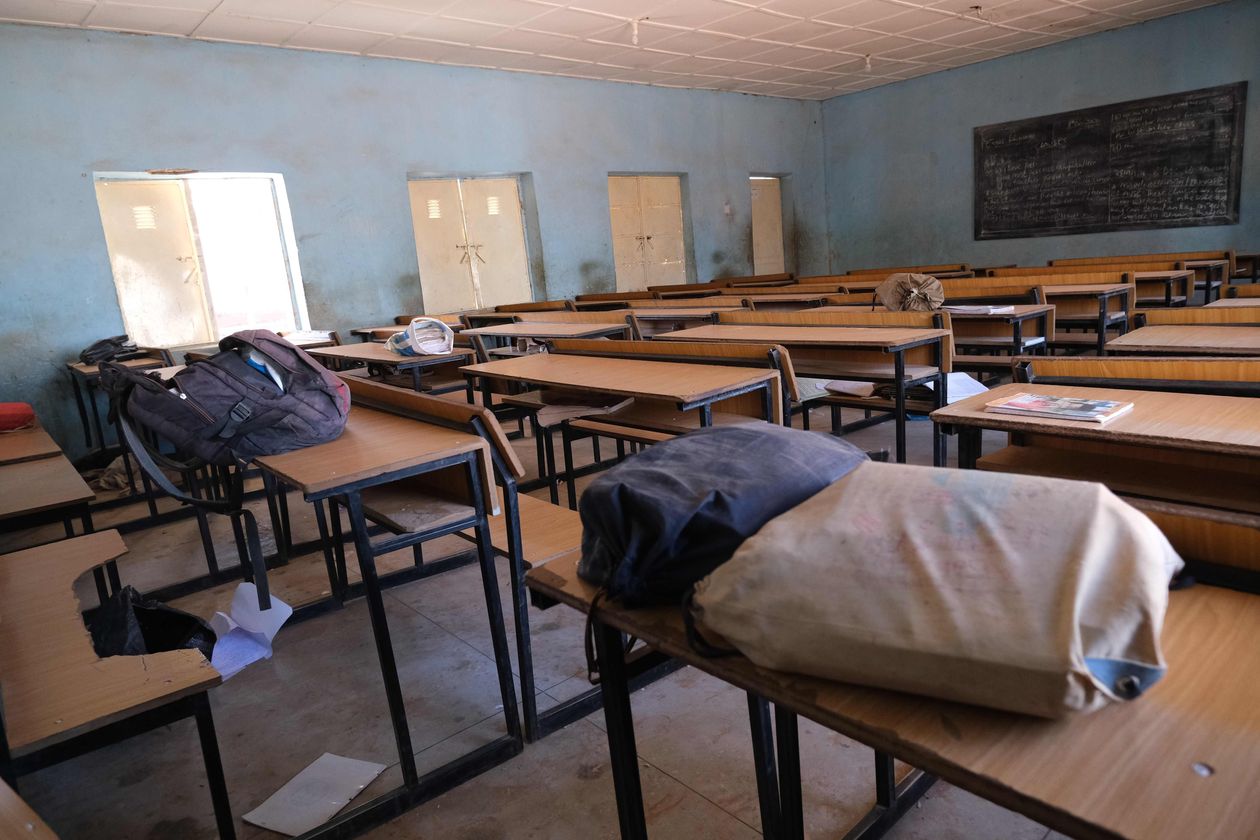
December 2020 | IPRI # 129
IPRI Comments
IPRI Team
Boko Haram abductions in Nigeria, Violence in Afghanistan and Farmers' protest in India
read more
Gender Peace and Conflict
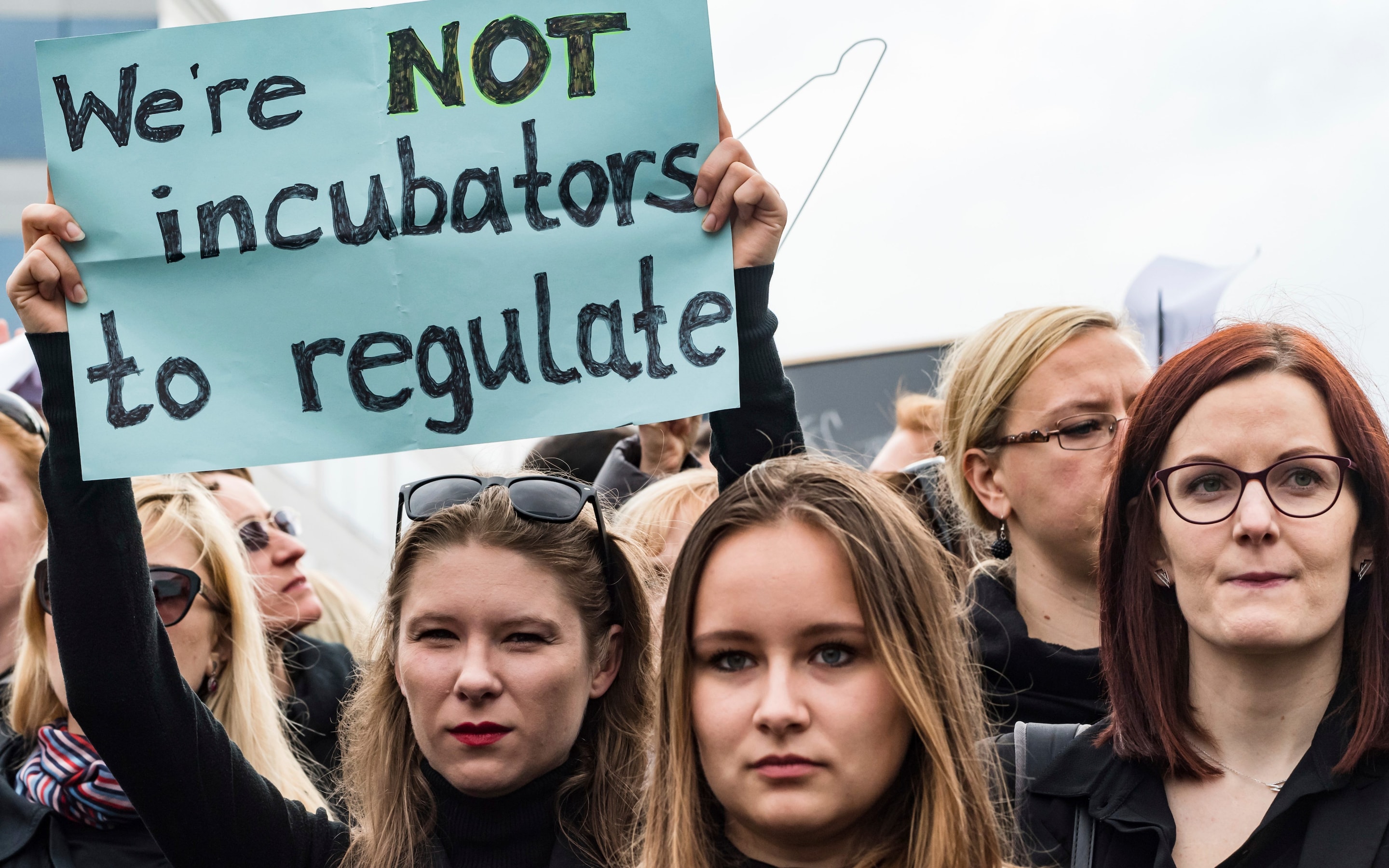
December 2020 | IPRI # 128
IPRI Comments
Pushpika Sapna Bara
From Poland to India: More attacks on abortion rights coincide with the emergence of right
read more
Conflict Weekly
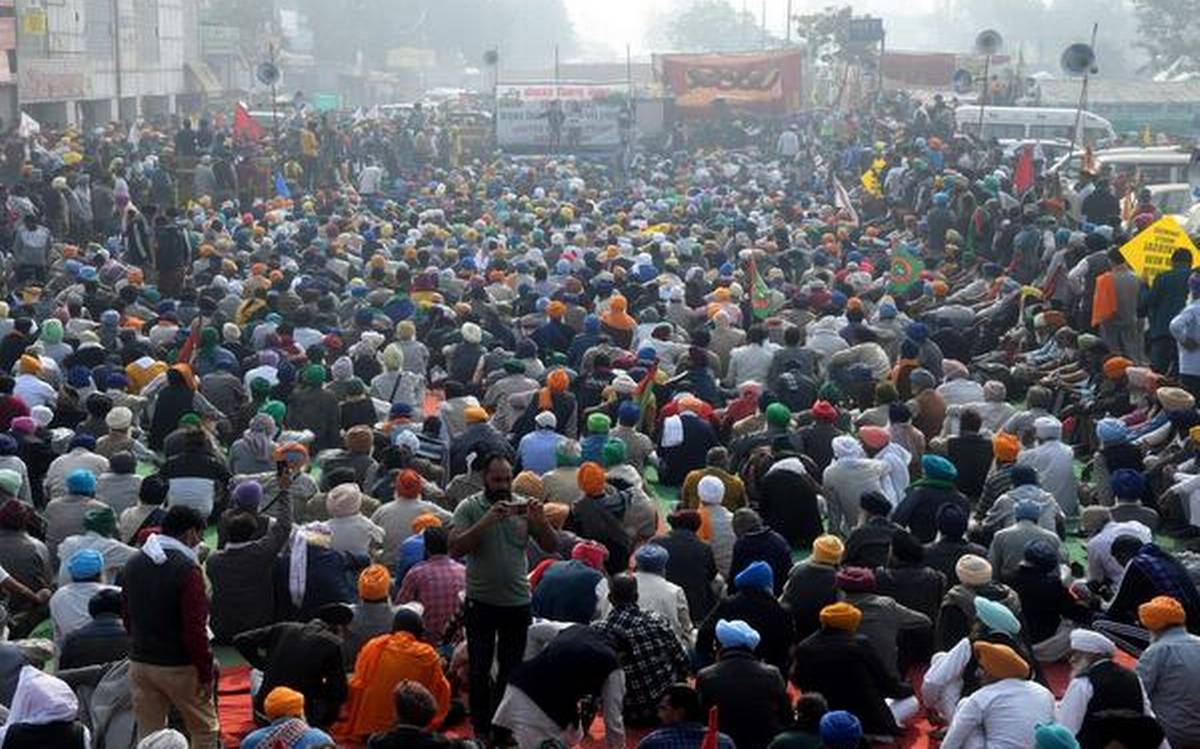
December 2020 | IPRI # 127
IPRI Comments
IPRI Team
Farmers protest in India, Radicals target idols in Bangladesh, UK reaches out to the EU and Saudi Arabia to mend ties with Qatar
read more
Conflict Weekly
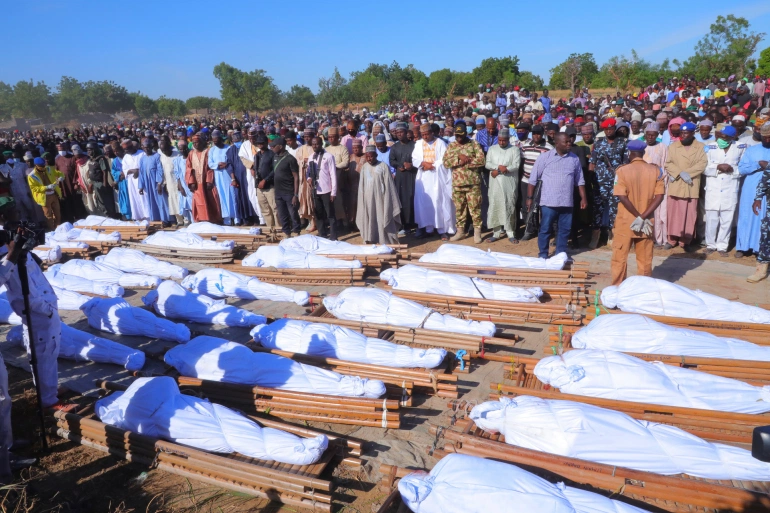
December 2020 | IPRI # 126
IPRI Comments
IPRI Team
An assassination in Iran, Massacre in Nigeria and Suicide bombings in Afghanistan
read more
The Friday Backgrounder
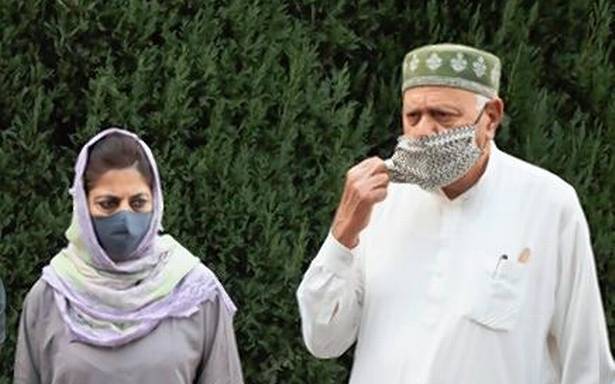
November 2020 | IPRI # 125
IPRI Comments
D Suba Chandran
J&K: Ensure the DDC elections are inclusive, free and fair
read more
Conflict Weekly
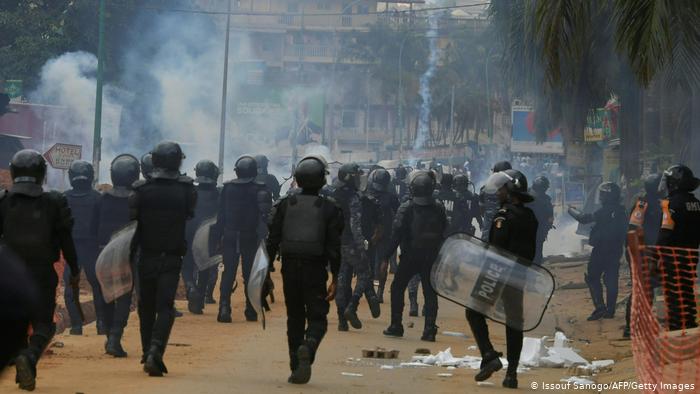
November 2020 | IPRI # 124
IPRI Comments
IPRI Team
Electoral violence in Africa, War crimes in Afghanistan, COVID's third global wave, and Protest escalation in Thailand
read more
Domestic turmoil and South Asia
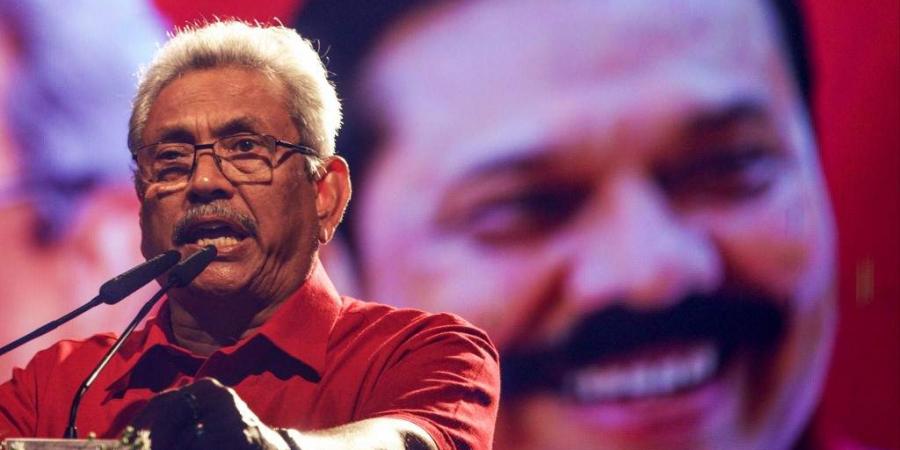
November 2020 | IPRI # 123
IPRI Comments
Chrishari de Alwis Gunasekare
Sri Lanka’s 20-Amendment is more than what was bargained for
read more
Conflict Weekly
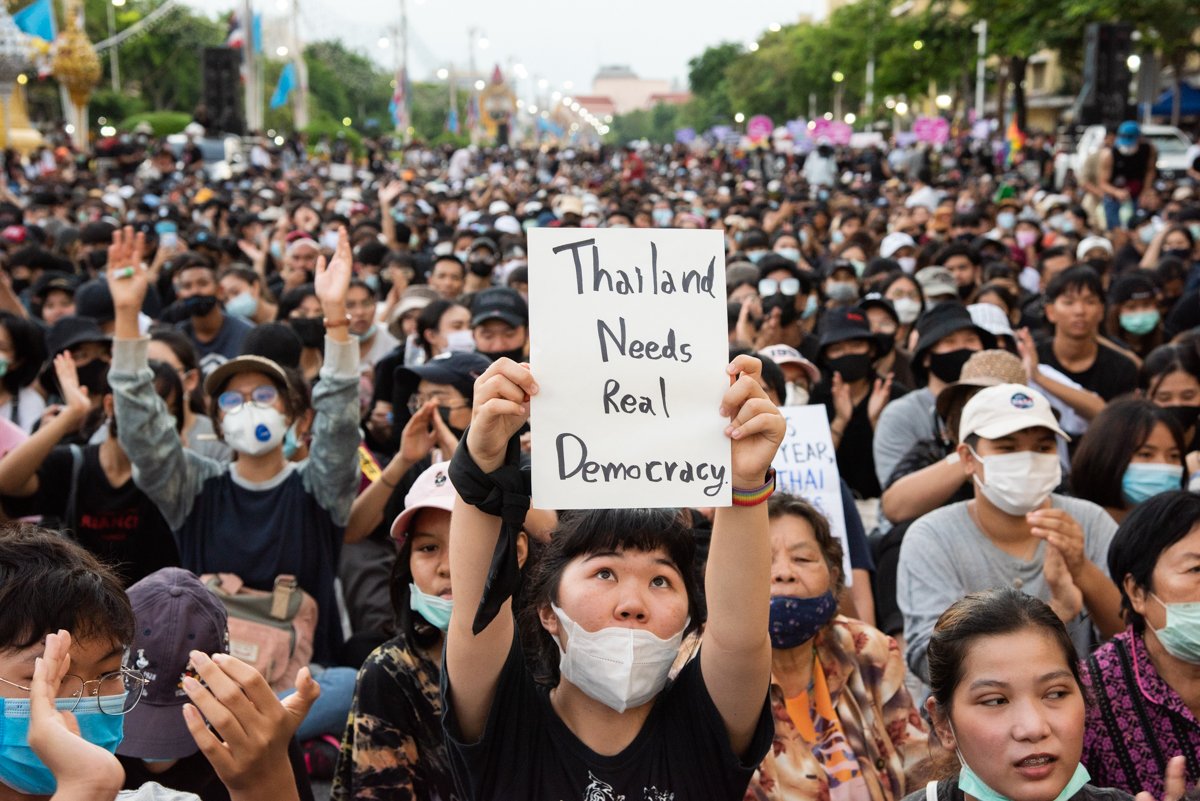
November 2020 | IPRI # 122
IPRI Comments
IPRI Team
The US troops withdrawal, Violent protests in Thailand, Refugee crisis in Ethiopia, Anti-France protests in Pakistan and the Indo-Pak tensions along the LoC
read more
The Friday Backgrounder
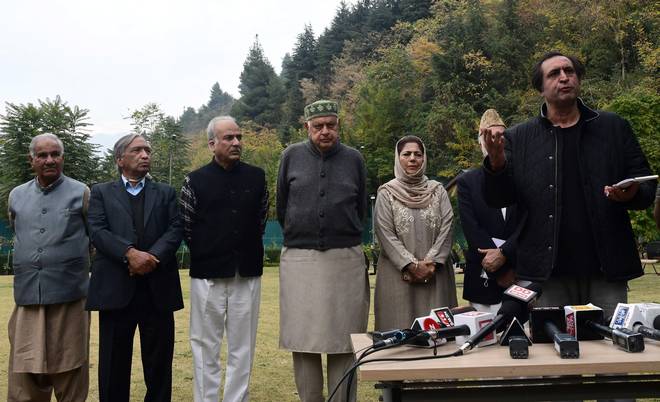
November 2020 | IPRI # 121
IPRI Comments
D Suba Chandran
J&K: The Gupkar Alliance decides to fight the DDC elections together. The ballot may be thicker than principle
read more
Conflict Weekly
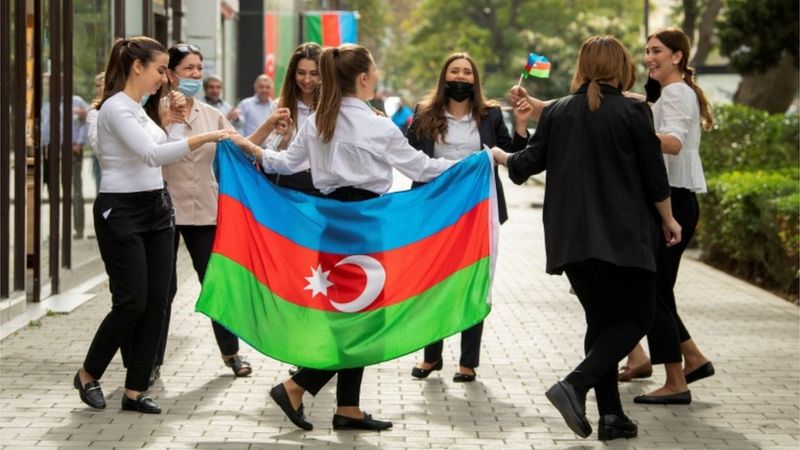
November 2020 | IPRI # 120
IPRI Comments
IPRI Team
A peace agreement in Nagorno-Karabakh and a brewing civil war in Ethiopia
read more
Conflict Weekly
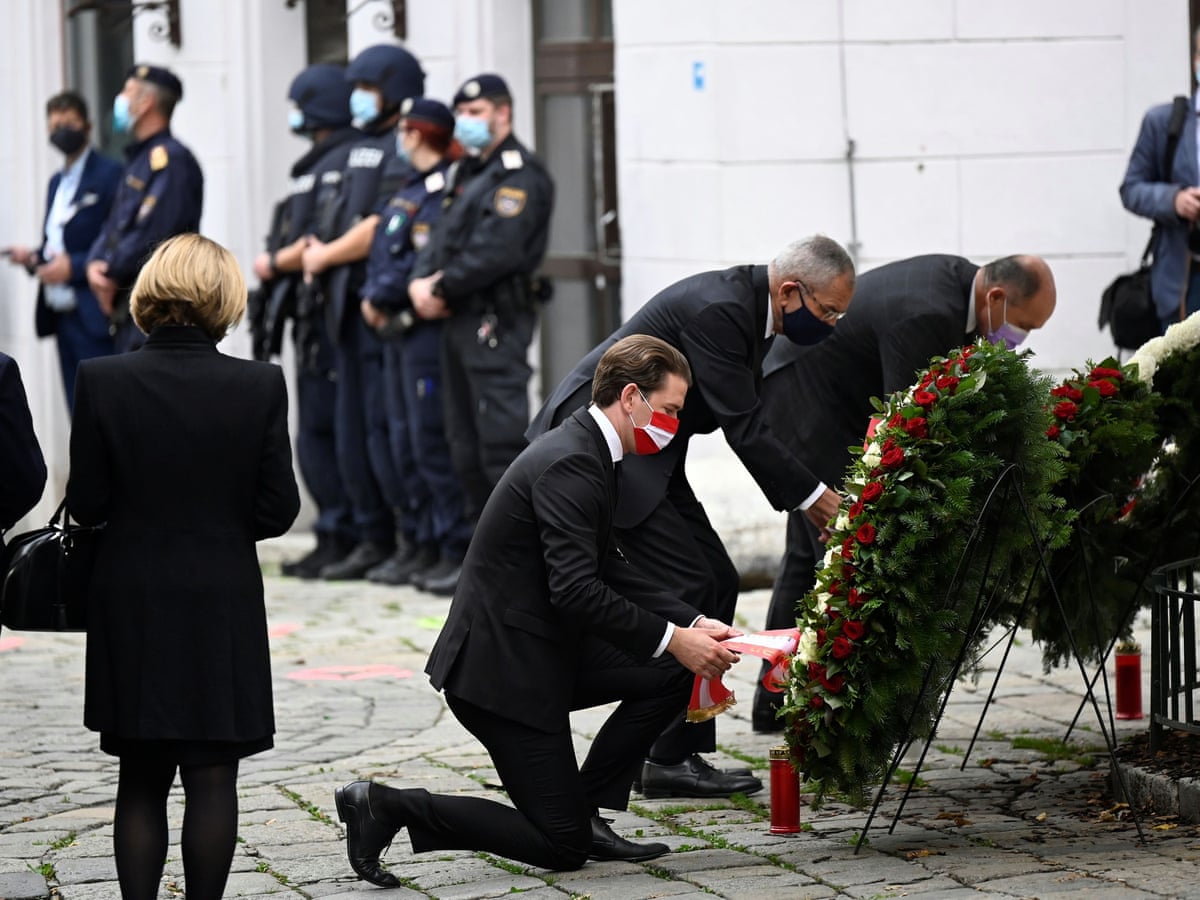
November 2020 | IPRI # 119
IPRI Comments
IPRI Team
IS terror in Vienna and Kabul, new controversy along Nepal-China border, and a boundary dispute in India’s Northeast
read more
J&K
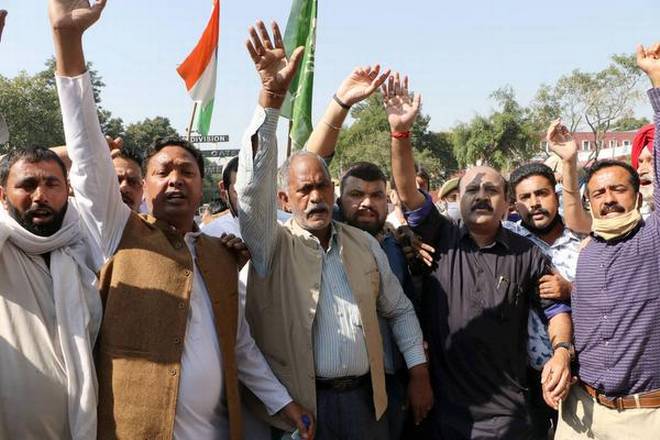
October 2020 | IPRI # 118
IPRI Comments
D Suba Chandran
The Friday Backgrounder: Union Government amends the land laws, and the Kashmiri Opposition protests. There is politics in both
read more
GENDER AND PEACEBUILDING DURING A PANDEMIC
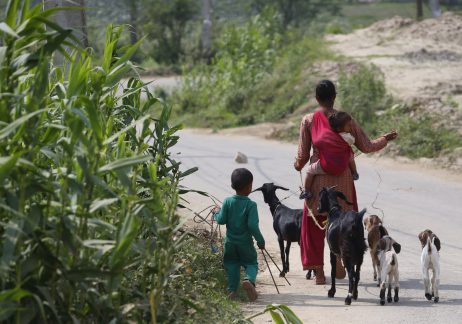
October 2020 | IPRI # 117
IPRI Comments
Kabi Adhikari
In Nepal, rising gender violence shadows COVID-19 pandemic
read more
GLOBAL PROTESTS MOVEMENT
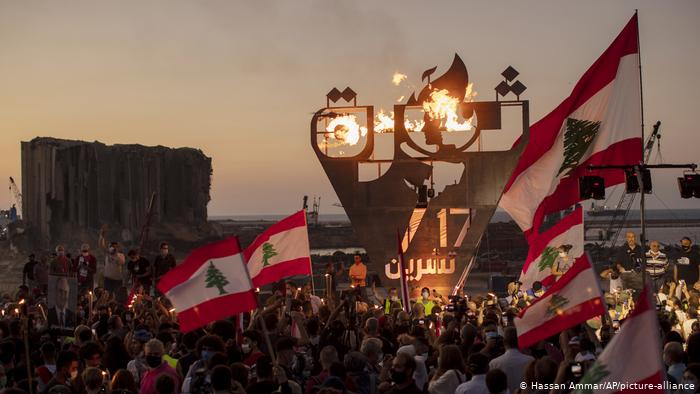
October 2020 | IPRI # 116
IPRI Comments
Apoorva Sudhakar
Lebanon: One year of protests; it is more setbacks and little reforms
read more
GENDER AND PEACEBUILDING DURING A PANDEMIC
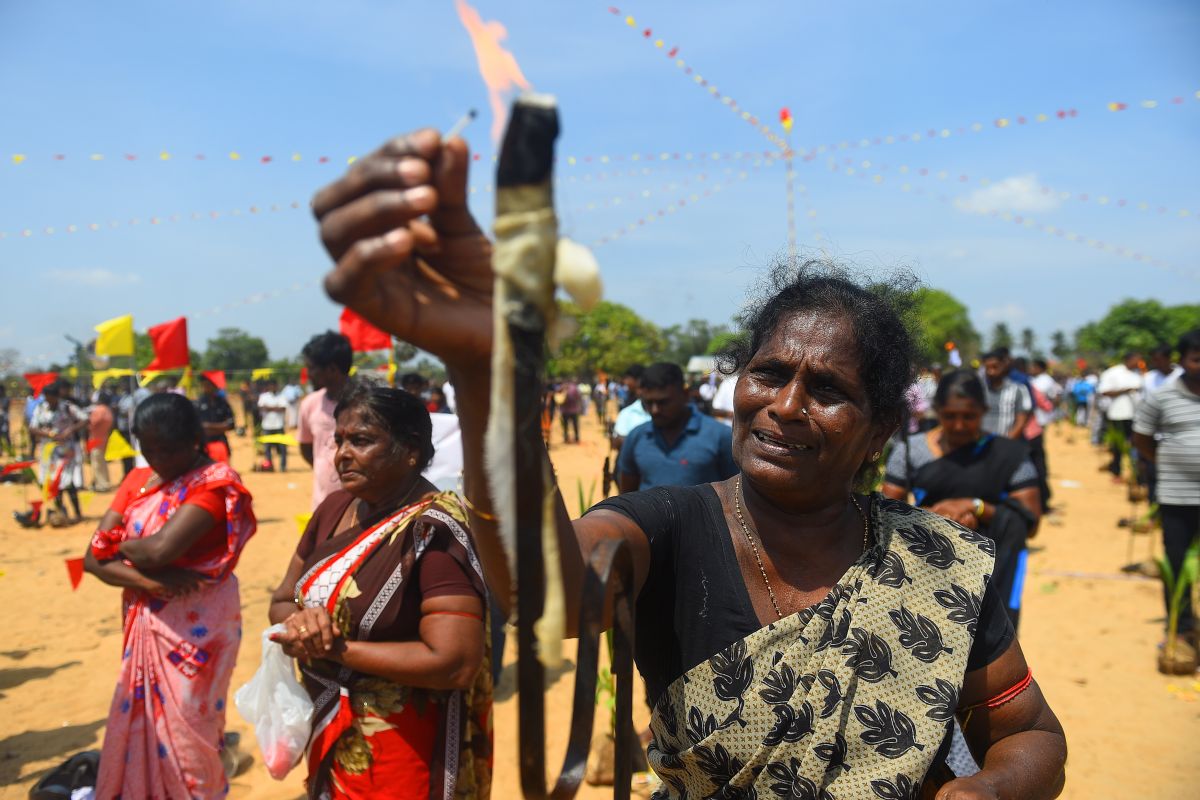
October 2020 | IPRI # 115
IPRI Comments
Chrishari de Alwis Gunasekare
In Sri Lanka, pandemic has eclipsed women’s role in peacebuilding
read more
J&K
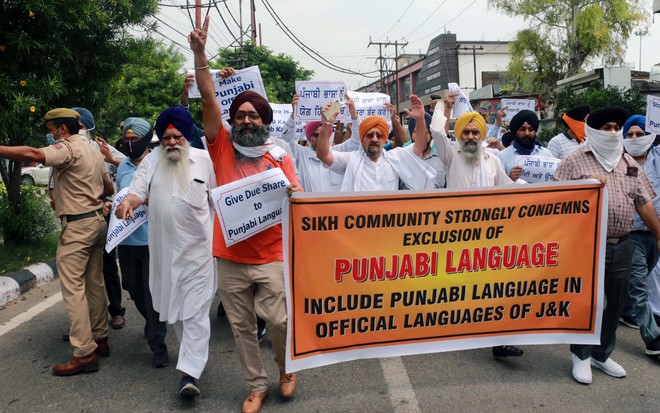
October 2020 | IPRI # 114
IPRI Comments
Akriti Sharma
The new demands within the State over the Official Language Act
read more
India's Northeast
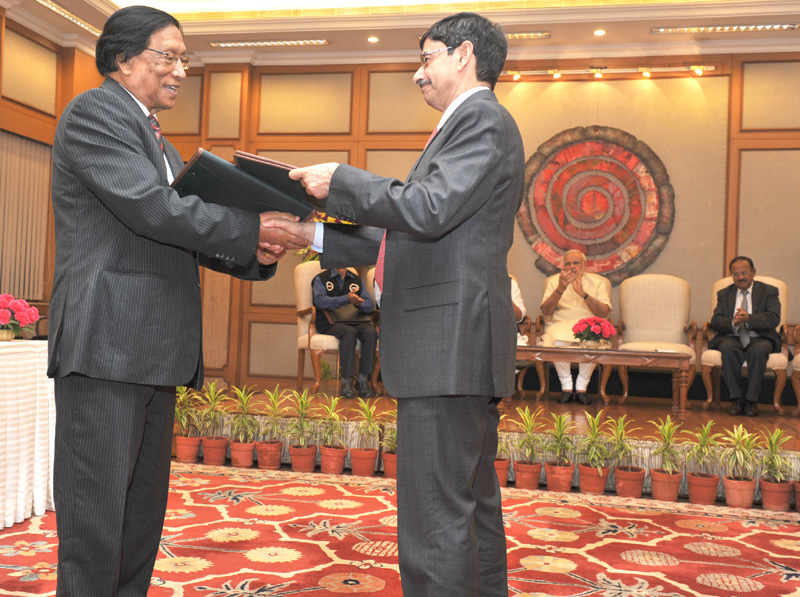
October 2020 | IPRI # 113
IPRI Comments
Sourina Bej
The Naga Peace talks: Caught in its own rhetoric, NSCN(IM) will lose its stakes
read more
J&K
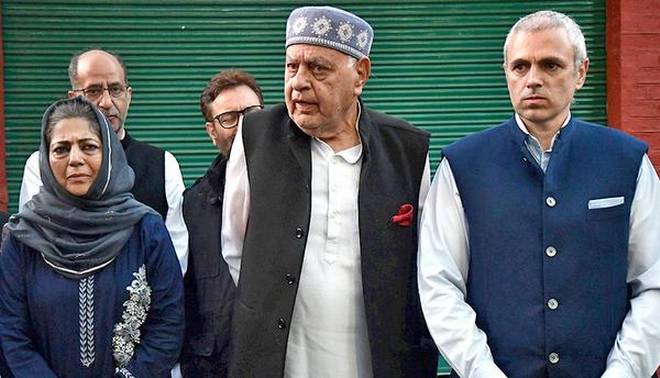
October 2020 | IPRI # 112
IPRI Comments
Akriti Sharma
The Gupkar Declaration: Vociferous Valley and an Indifferent Jammu
read more
The Friday Backgrounder
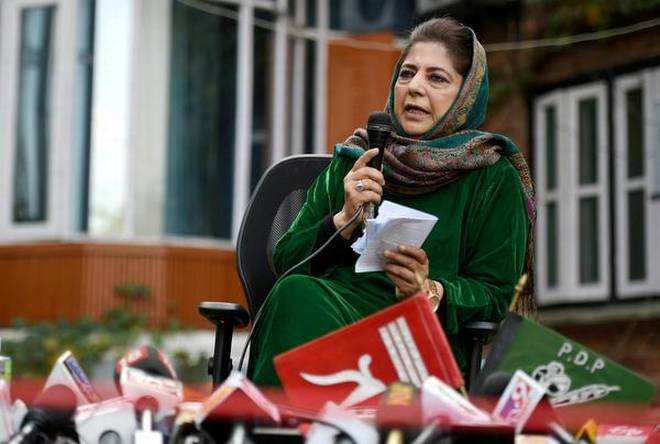
October 2020 | IPRI # 111
IPRI Comments
D. Suba Chandran
J&K: Flag, Constitution, Media Freedom and Local Elections
read more
Conflict Weekly
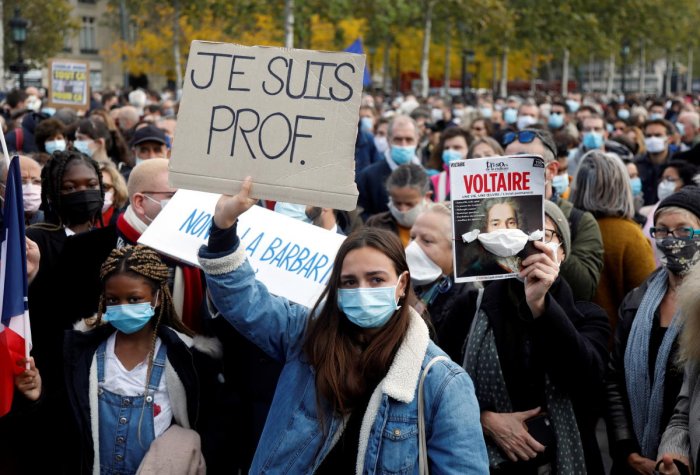
October 2020 | IPRI # 110
IPRI Comments
IPRI Team
Solidarity in France, Emergency withdrawn in Thailand, Terror tag removed in Sudan and Hunger in South Asia
read more
Conflict Weekly
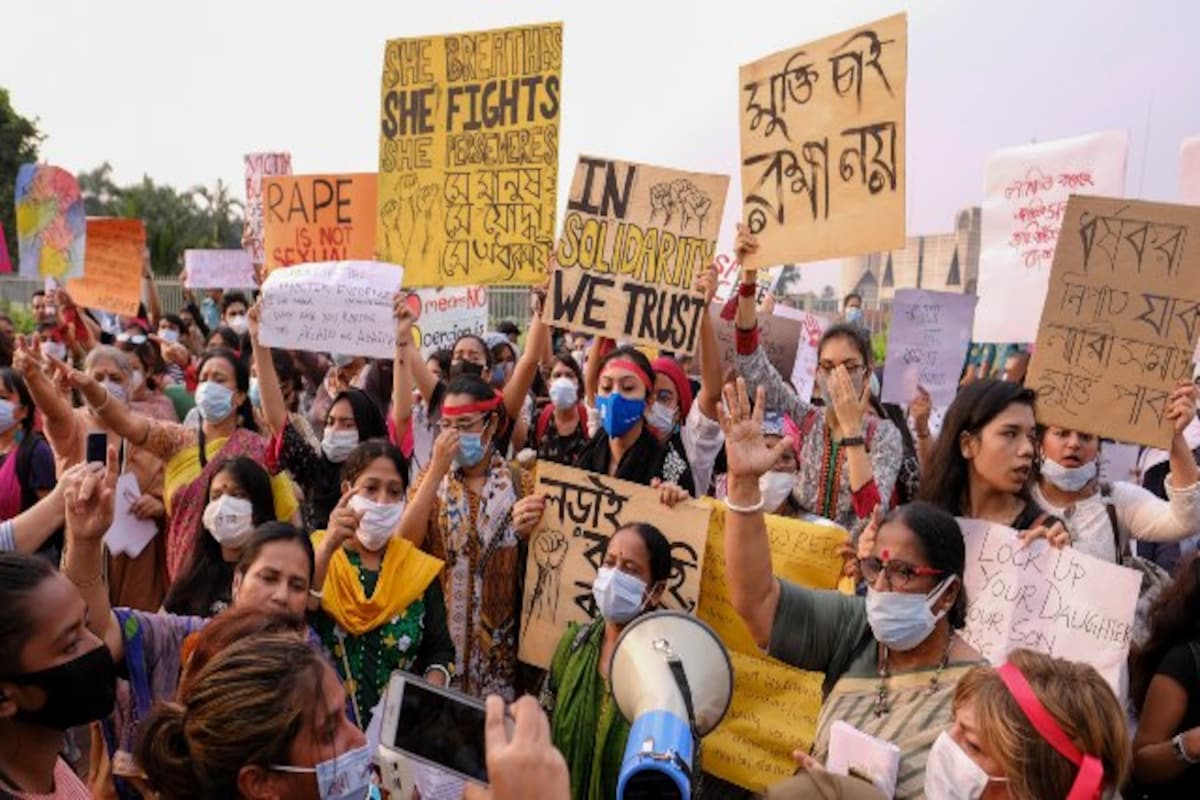
October 2020 | IPRI # 109
IPRI Comments
IPRI Team
Protests against sexual violence in Bangladesh, One year after Xi-Modi summit, Assassination of a Deobandi scholar in Pakistan and continuing violence in Yemen
read more
Conflict Weekly
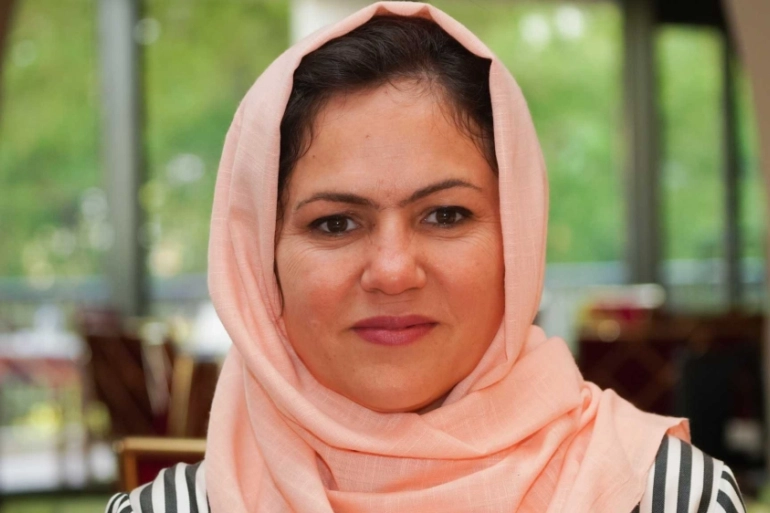
October 2020 | IPRI # 108
IPRI Comments
IPRI Team
An Afghan woman nominated for the Nobel and a Dalit woman assaulted in India. External actors get involved in the Nagorno-Karabakh conflict
read more
GENDER AND PEACEBUILDING DURING A PANDEMIC
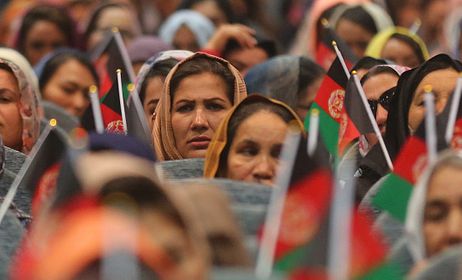
October 2020 | IPRI # 107
IPRI Comments
Fatemah Ghafori
In Afghanistan, women peacebuilders need more than a seat at the table
read more
GENDER AND PEACEBUILDING DURING A PANDEMIC
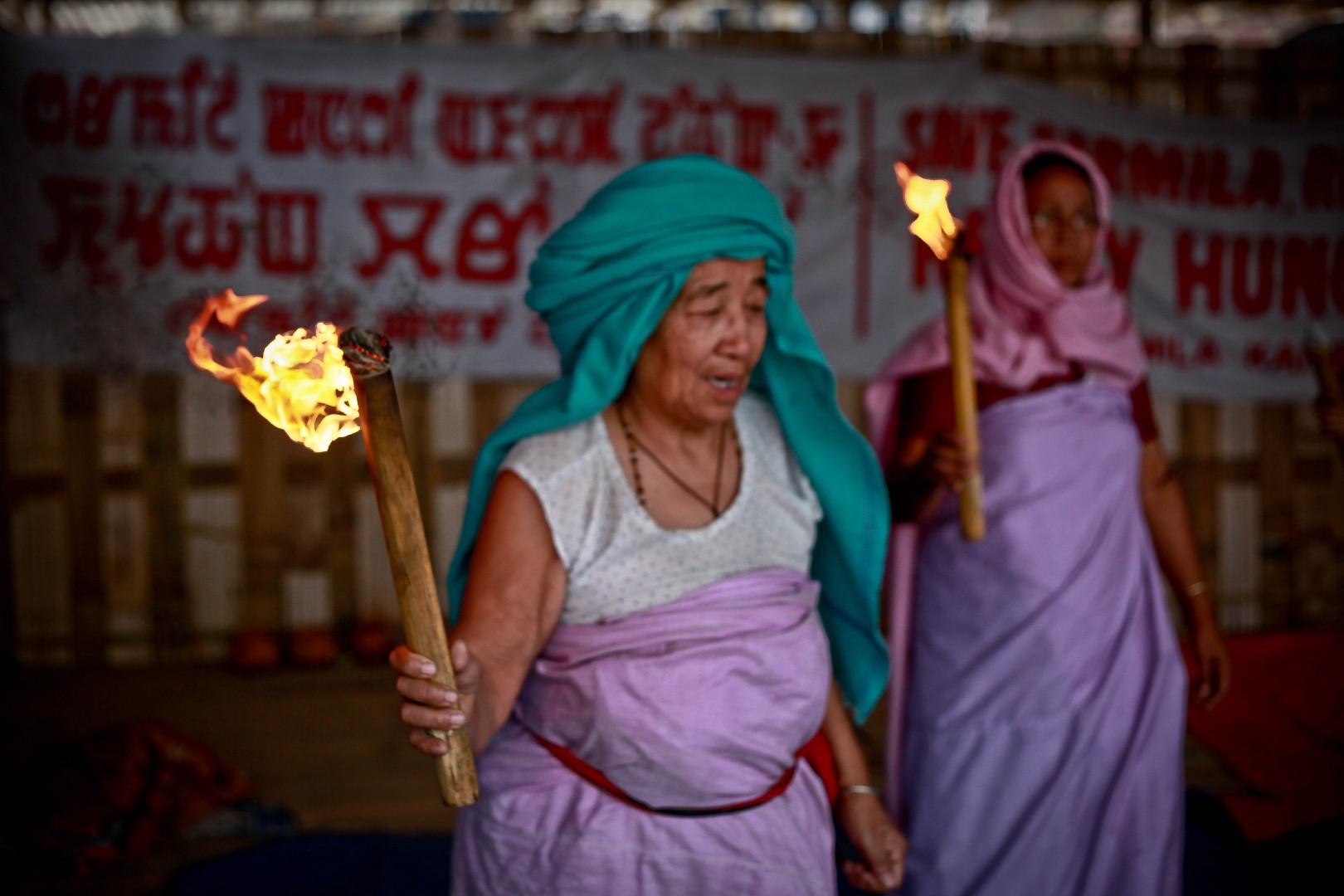
October 2020 | IPRI # 105
IPRI Comments
Pushpika Sapna Bara
In India, pandemic relegates women peacebuilders to the margins
read more
Conflict Weekly
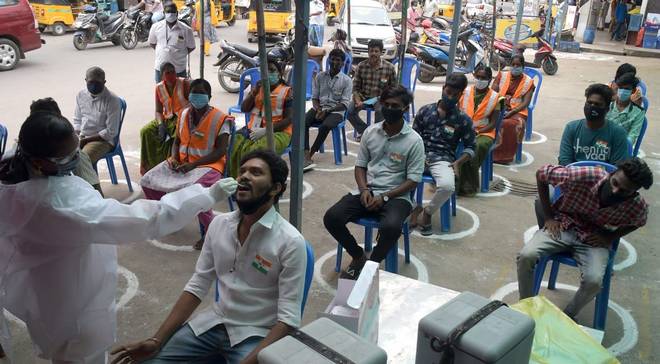
October 2020 | IPRI # 104
IPRI Comments
IPRI Team
Six million COVID cases in India, Abdullah Abdullah's visit to Pakistan, China's naval exercises in four seas, and the new tensions in Nagorno Karabakh
read more
Conflict Weekly
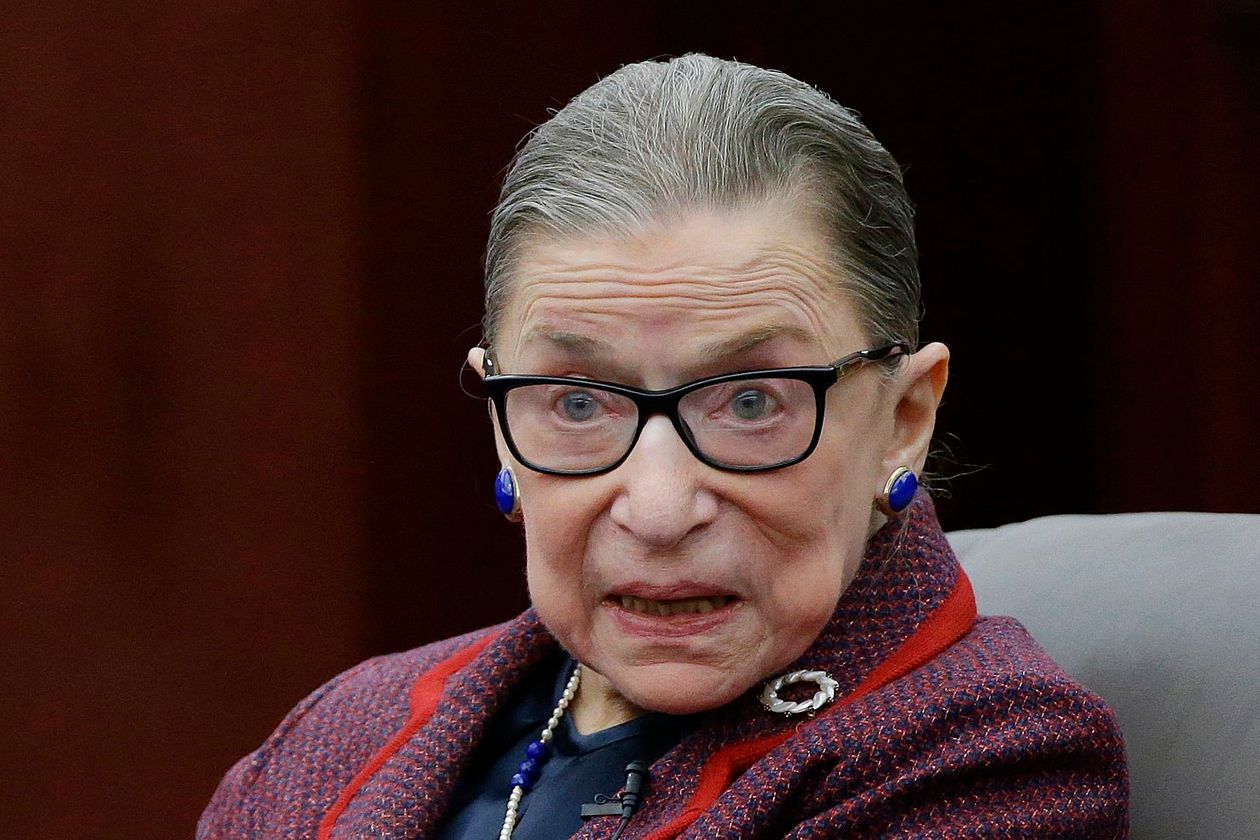
September 2020 | IPRI # 103
IPRI Comments
IPRI Team
Al Qaeda module in India, Naga Peace talks and the Polio problem in Pakistan
read more
Conflict Weekly
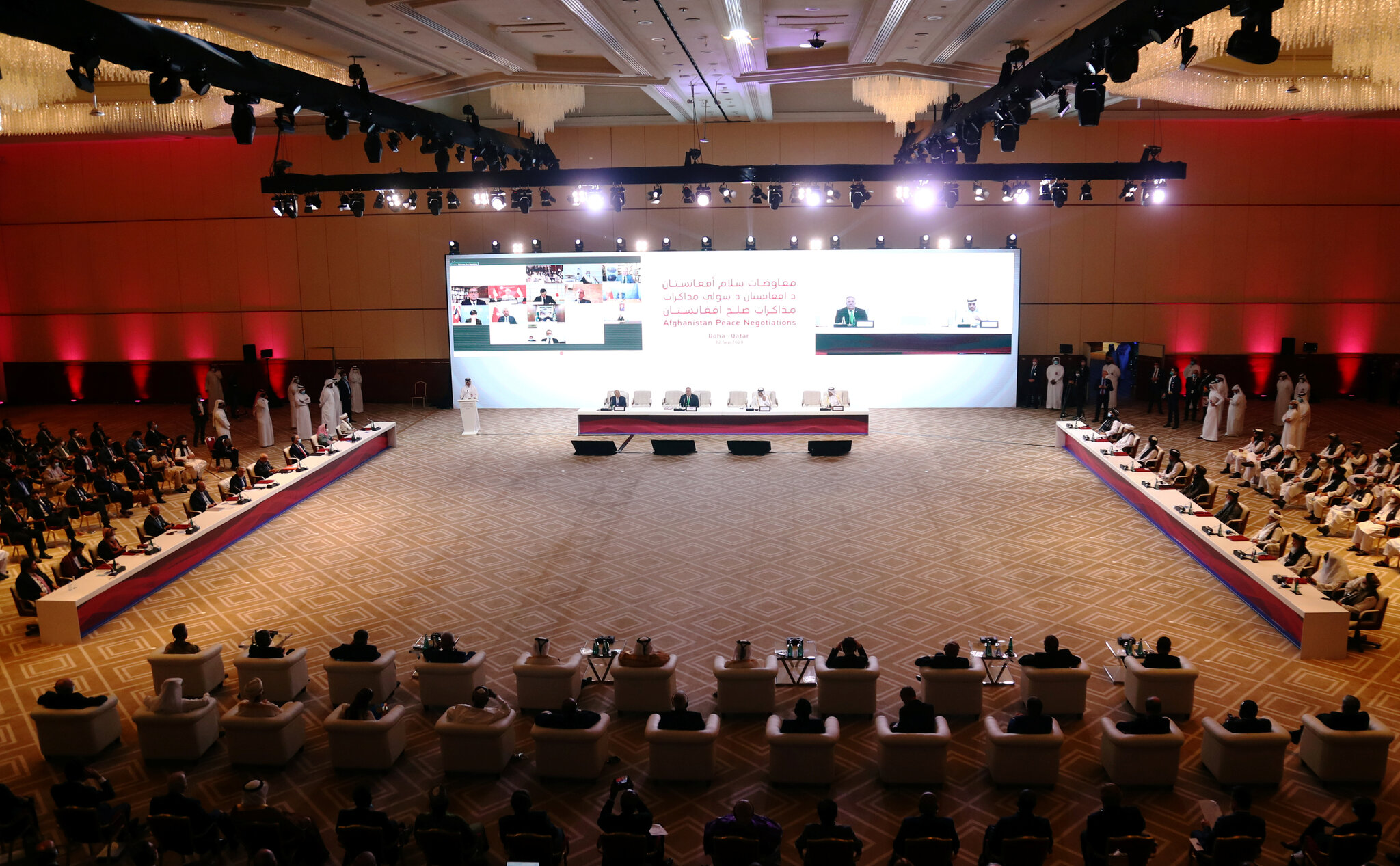
September 2020 | IPRI # 102
IPRI Comments
IPRI Team
The Afghan summit in Doha, India-China Five Points agreement, Women protest in Pakistan, New amendment in Sri Lanka and the Bahrain-Israel rapprochement
read more
The Middle East
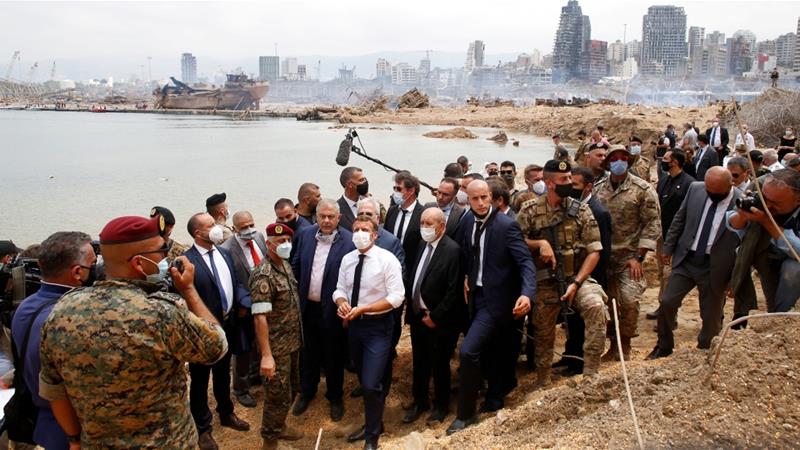
September 2020 | IPRI # 101
IPRI Comments
Samreen Wani
Lebanon: Can Macron's visit prevent the unravelling?
read more
Africa
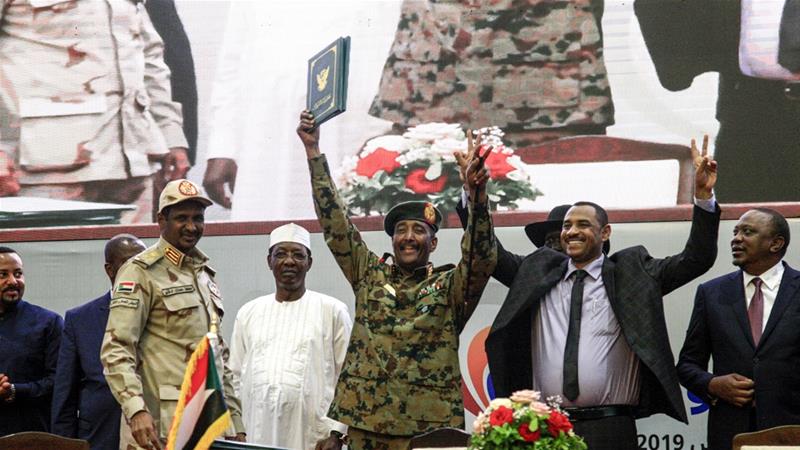
September 2020 | IPRI # 100
IPRI Comments
Sankalp Gurjar
In Sudan, the government signs an agreement with the rebels. However, there are serious challenges
read more
Conflict Weekly
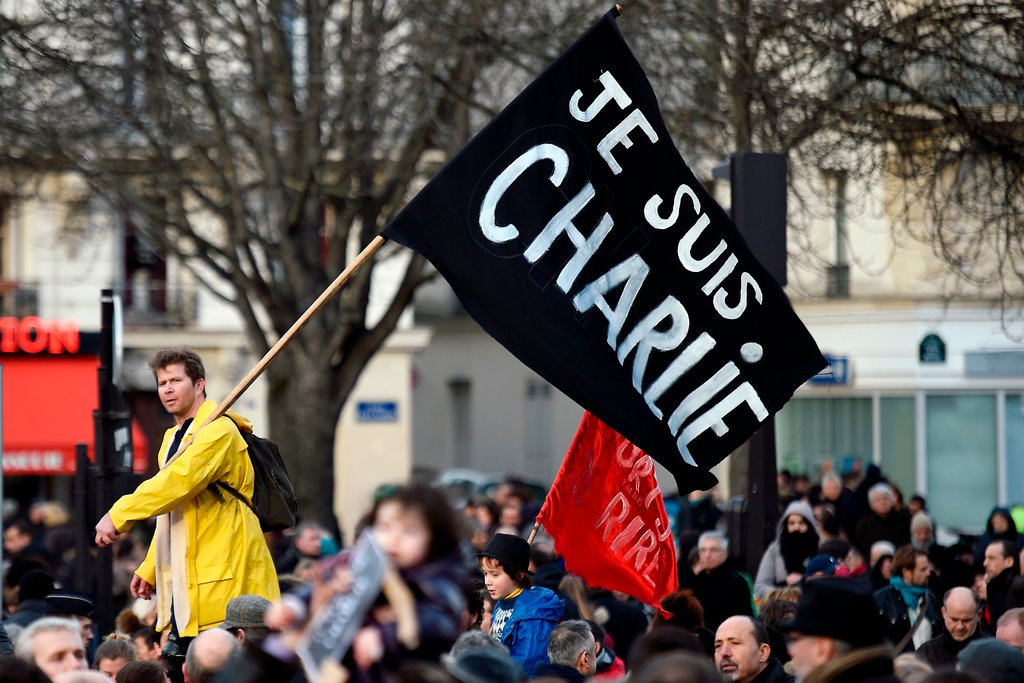
September 2020 | IPRI # 99
IPRI Comments
IPRI Team
Targeted Violence in Pakistan, Protests in Hong Kong and the Charlie Hebdo Trial in France
read more
The Friday Backgrounder
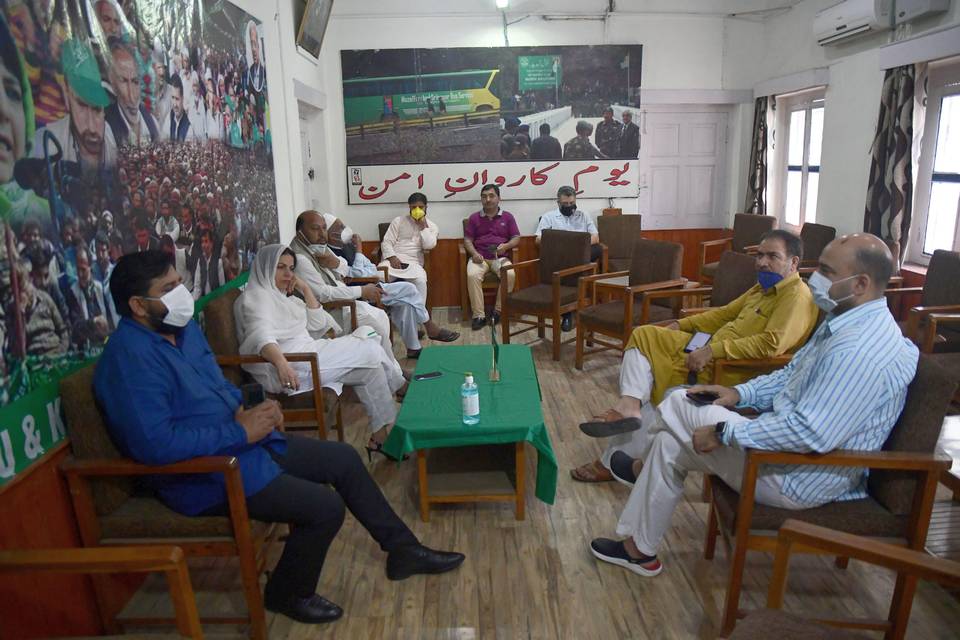
September 2020 | IPRI # 98
IPRI Comments
D. Suba Chandran
J&K: The PDP meeting, Muharram clashes and the Kashmiri parties vis-Ã -vis Pakistan
read more
Conflict Weekly

September 2020 | IPRI # 97
IPRI Comments
IPRI Team
Anti Racist Protests in the US and the Floods in Pakistan
read more
Discussion Report
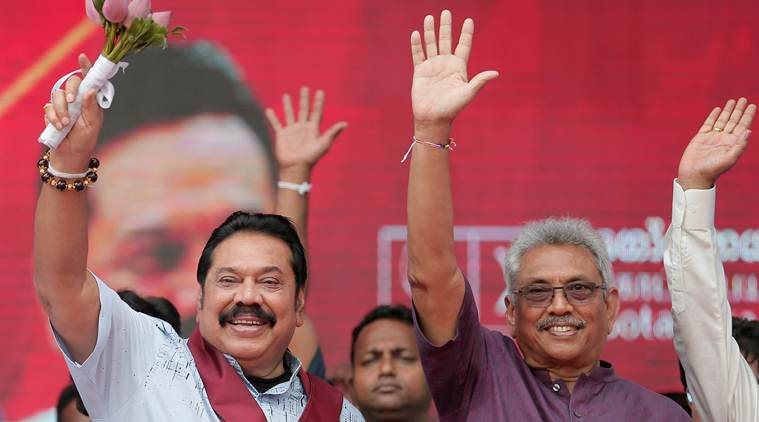
August 2020 | IPRI # 96
IPRI Comments
Sukanya Bali and Abigail Miriam Fernandez
Sri Lanka: Election Analysis, Expectations from the Government, Challenges Ahead, & a road map for India
read more
The Friday Backgrounder
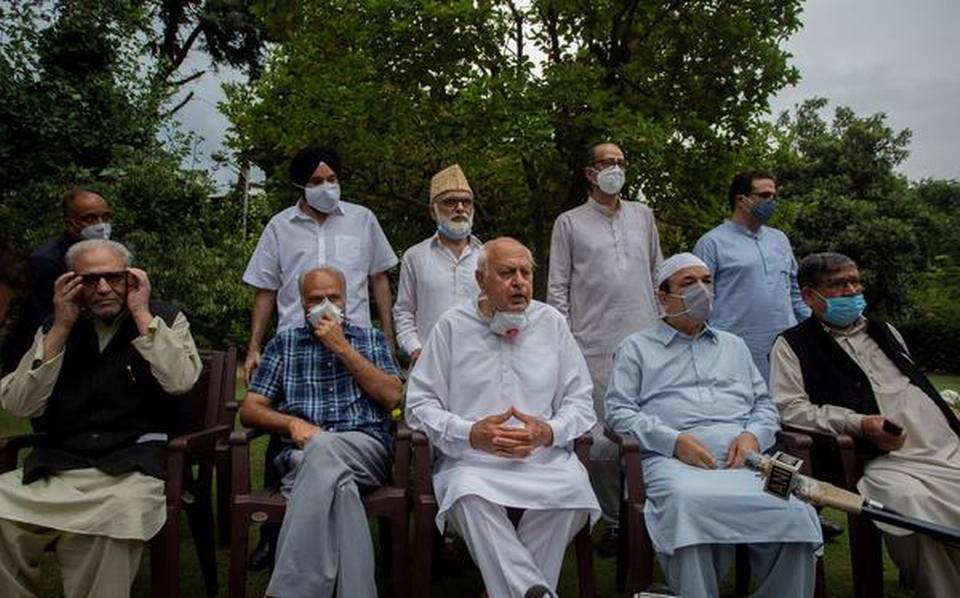
August 2020 | IPRI # 95
IPRI Comments
D Suba Chandran
J&K: The Gupkar Resolution is a good beginning. So is the NIA charge sheet on the Pulwama Attack.
read more
Conflict Weekly
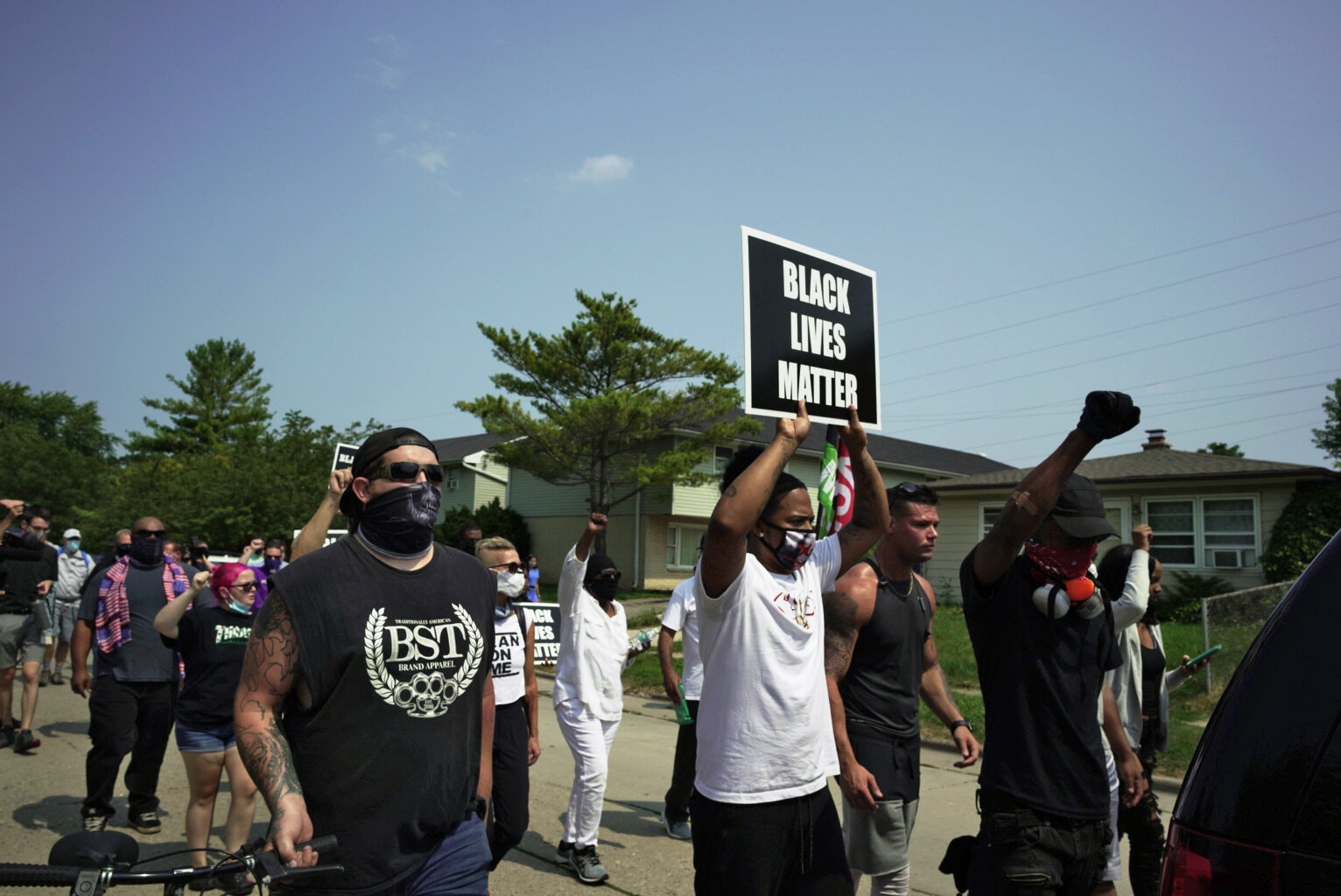
August 2020 | IPRI # 94
IPRI Comments
IPRI Team
Proposed amendment in Sri Lanka, Verdict on the gunman in New Zealand, Peace Conference in Myanmar and the Ceasefire troubles in Libya
read more
The Friday Backgrounder
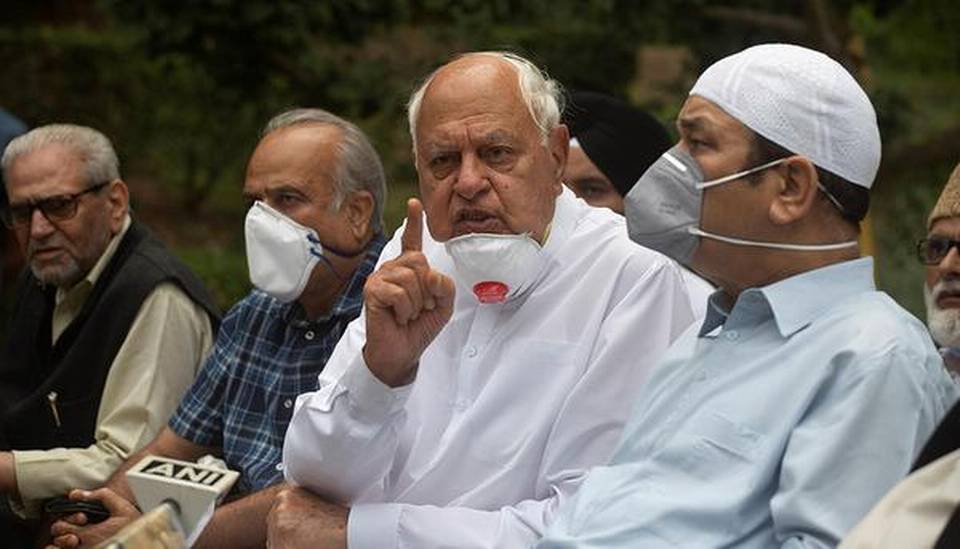
August 2020 | IPRI # 93
IPRI Comments
D. Suba Chandran
J&K: Baby steps taken. Now, time to introduce a few big-ticket items
read more
Conflict Weekly
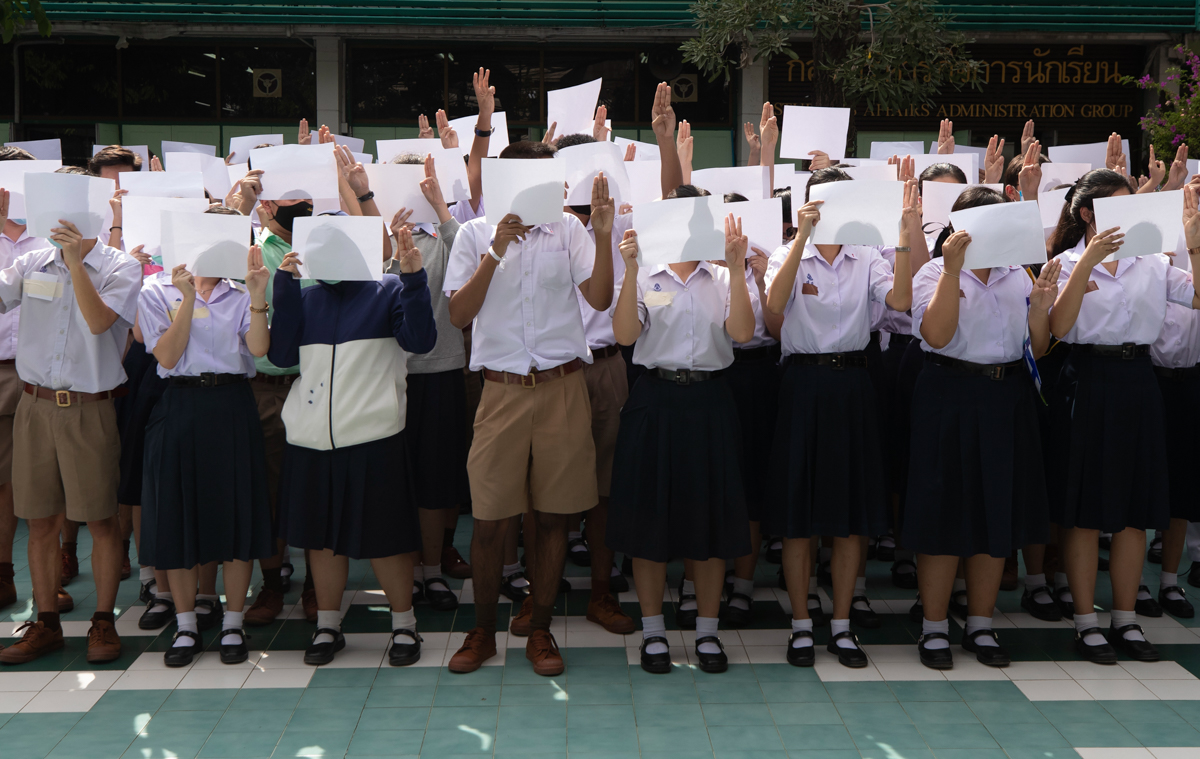
August 2020 | IPRI # 92
IPRI Comments
IPRI Team
Further trouble to the Naga Peace Talks, Taliban attack on woman negotiator, Protests in Thailand, Belarus and Bolivia, Israel-UAE Rapprochement, and the Oil Spill in Mauritius
read more
Friday Backgrounder
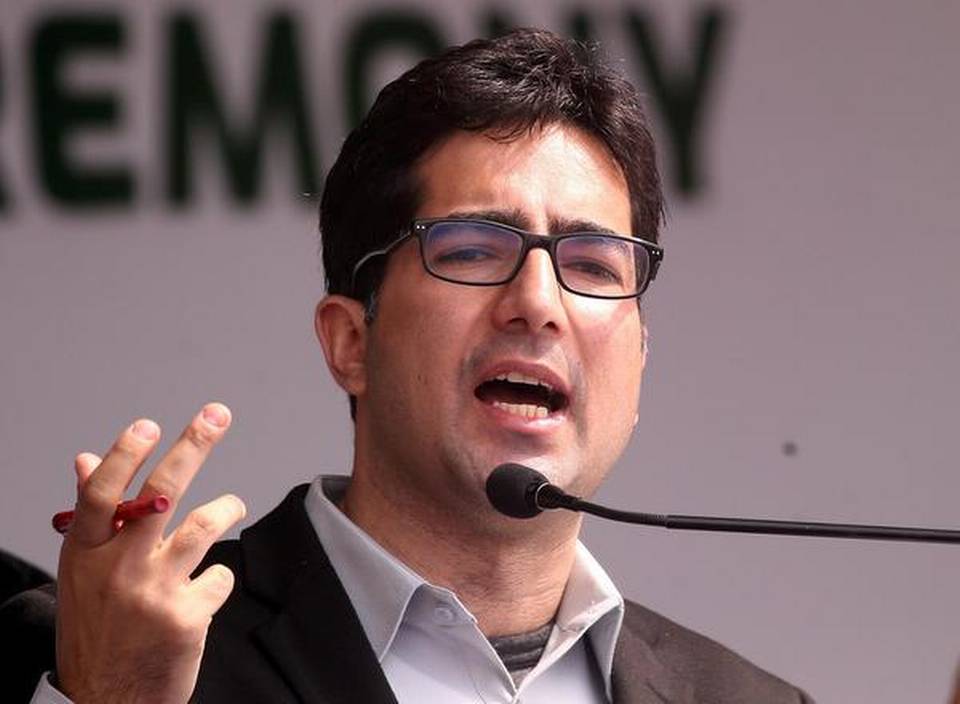
August 2020 | IPRI # 91
IPRI Comments
D Suba Chandran
J&K: Integration and Assimilation are not synonymous.
read more
Conflict Weekly
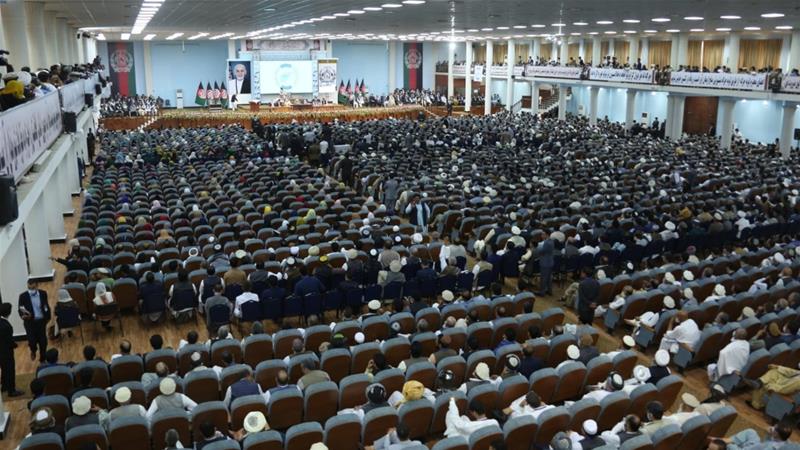
August 2020 | IPRI # 90
IPRI Comments
IPRI Team
Release of Taliban prisoners in Afghanistan, Troubles in Naga Peace Talks in India’s Northeast, and a deadly week in Lebanon
read more
Friday Backgrounder
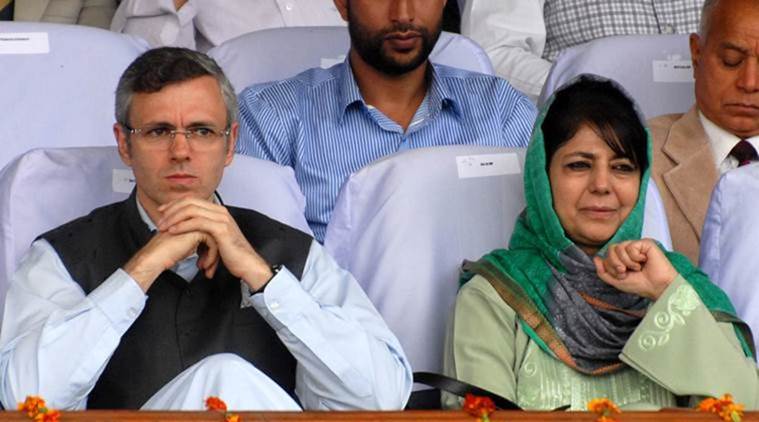
August 2020 | IPRI # 89
IPRI Comments
D Suba Chandran
J&K: One year later, is it time to change gears?
read more
Discussion Report
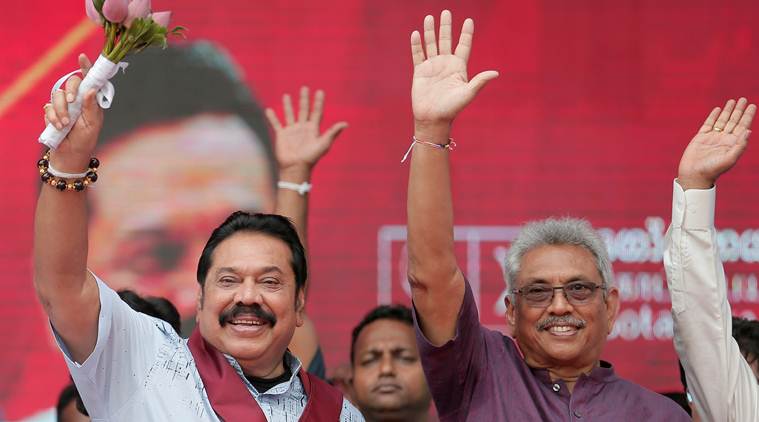
August 2020 | IPRI # 88
IPRI Comments
Chrishari de Alwis Gunasekare
Sri Lanka Elections 2020 - A Curtain Raiser: Issues, Actors, and Challenges
read more
Conflict Weekly
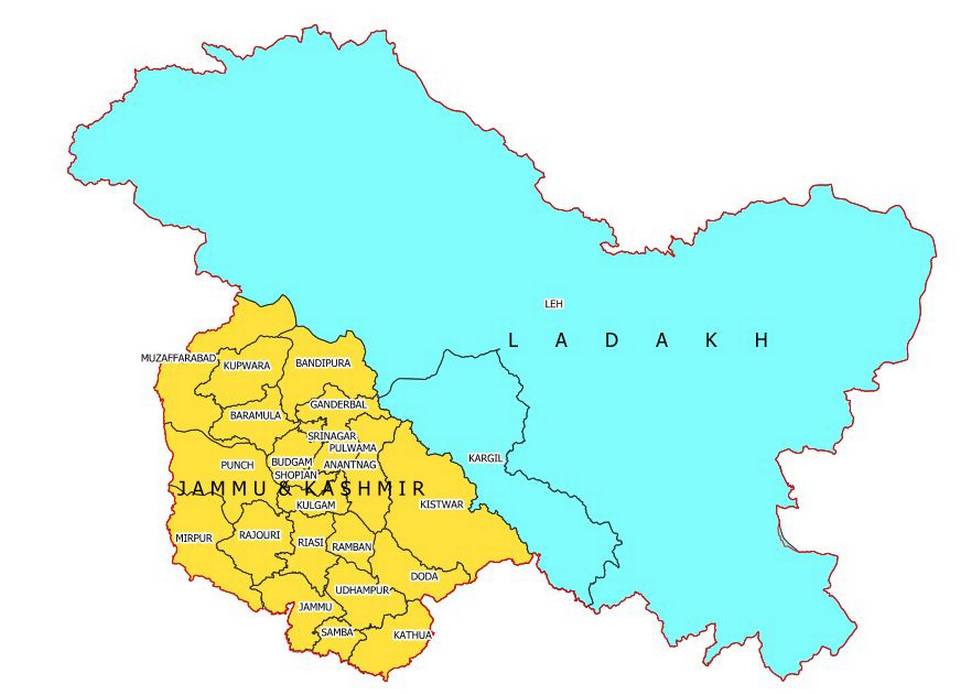
August 2020 | IPRI # 87
IPRI Comments
IPRI Team
J&K a year after 5 August 2019, Militant ambush in Manipur, Environmental protests in Northeast India, and the return of street protests in Iraq
read more
Friday Backgrounder
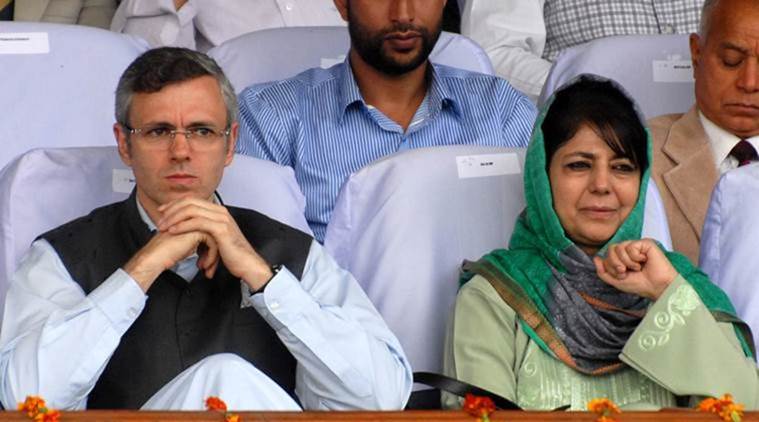
July 2020 | IPRI # 86
IPRI Comments
D Suba Chandran
J&K: Omar Abdullah complains, there is no space for mainstream leaders. Should there be one?
read more
Conflict Weekly 28
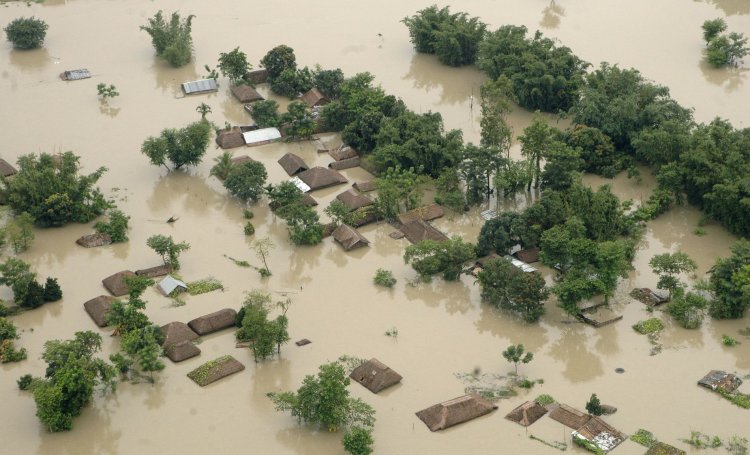
July 2020 | IPRI # 85
IPRI Comments
IPRI Team
Floods in Bihar, Nepal and Bangladesh, Abduction of a journalist in Pakistan, Neutralization of militants in Srinagar and the UNAMA report on Afghanistan
read more
WOMEN, PEACE AND TWENTY YEARS OF UNSC 1325
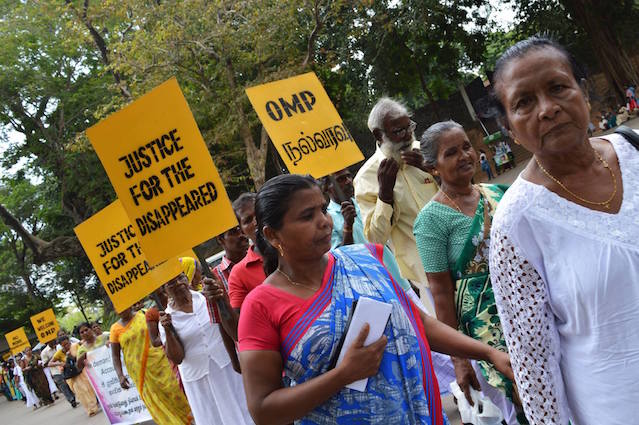
July 2020 | IPRI # 84
IPRI Comments
Chrishari de Alwis Gunasekare
In Sri Lanka, 20 years later women still await the return of post war normalcy
read more
Friday Backgrounder
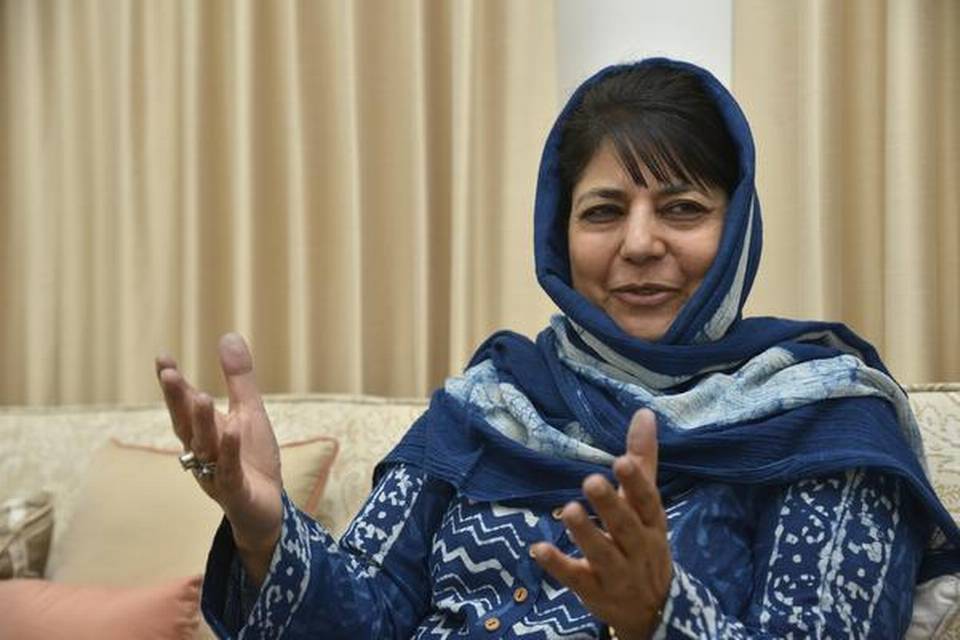
July 2020 | IPRI # 83
IPRI Comments
D. Suba Chandran
J&K: After the Hurriyat, is the PDP relevant in Kashmir politics today?
read more
Conflict Weekly 27
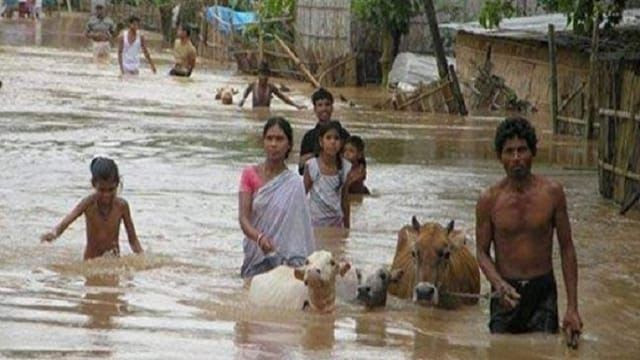
July 2020 | IPRI # 82
IPRI Comments
IPRI Team
Devastating floods in Assam, and a mob Lynching of cattle smugglers along India-Bangladesh border
read more
WOMEN, PEACE AND TWENTY YEARS OF UNSC 1325
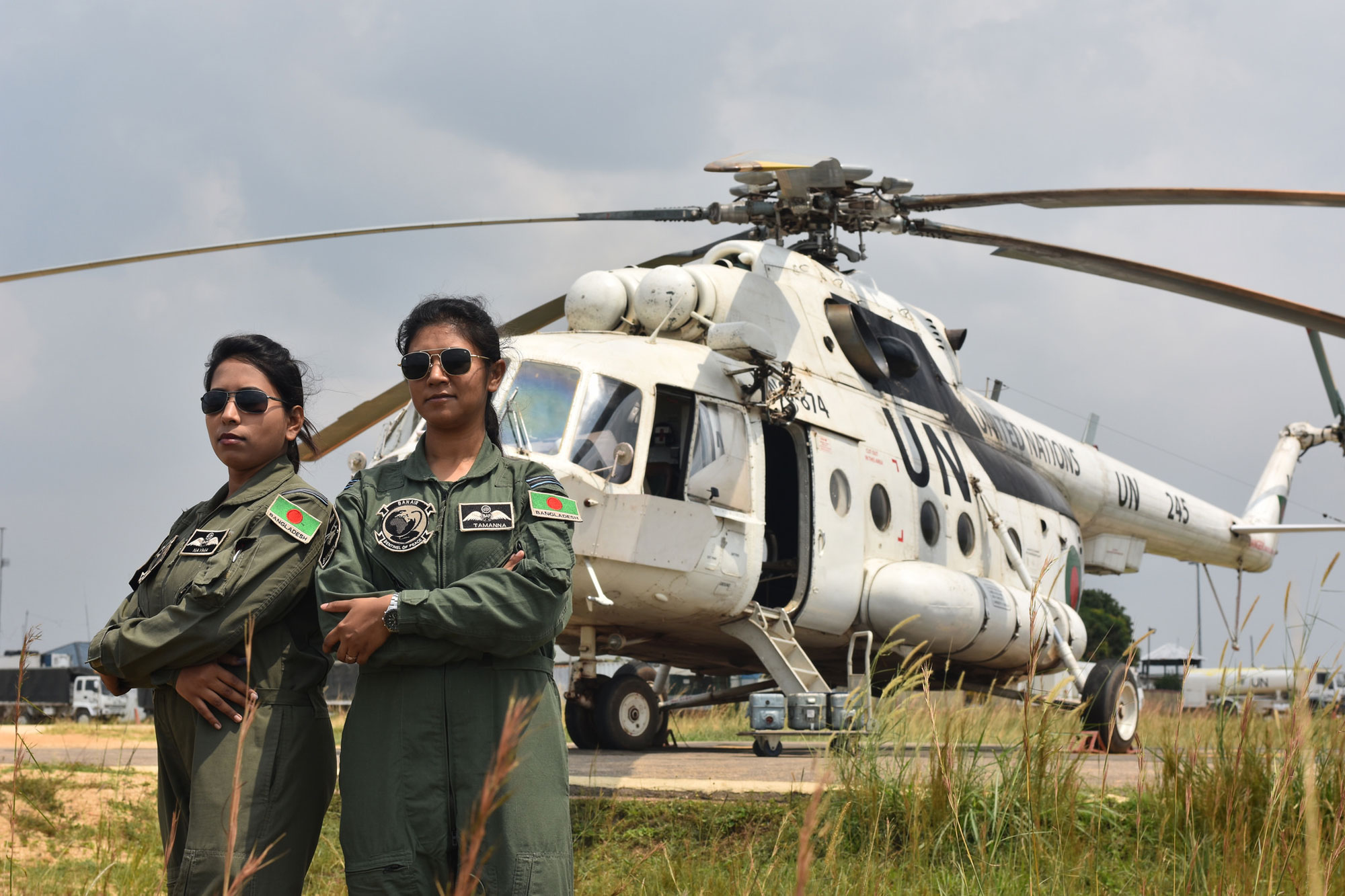
July 2020 | IPRI # 81
IPRI Comments
Mehjabin Ferdous
In Bangladesh, laws need to catch up with reality
read more
Conflict Weekly 26
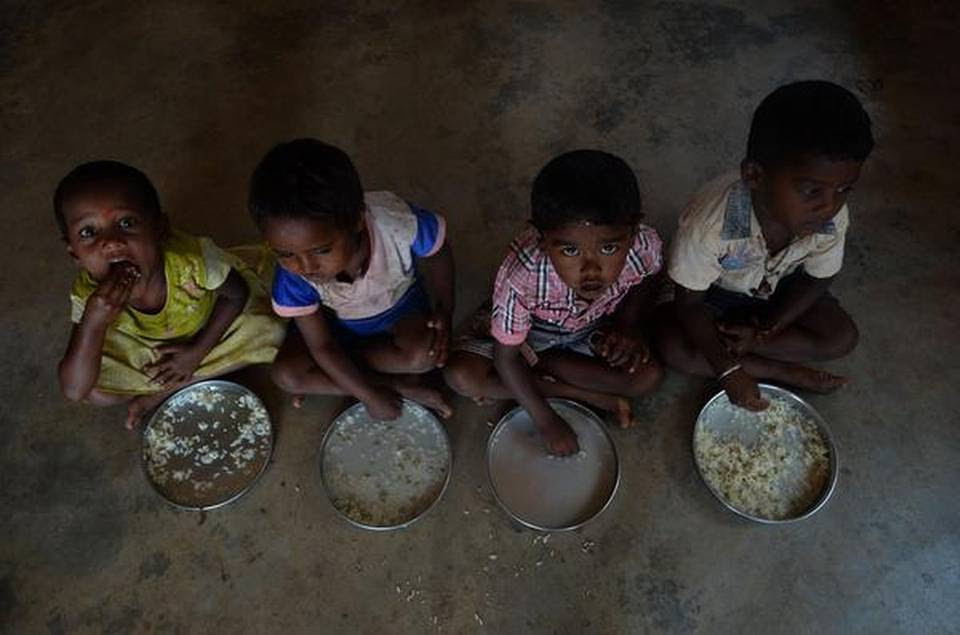
July 2020 | IPRI # 80
IPRI Comments
IPRI Team
Violence in India's Northeast, FGM ban in Sudan, the UN warning on Global Hunger & the Return of Global Protests
read more
Friday Backgrounder
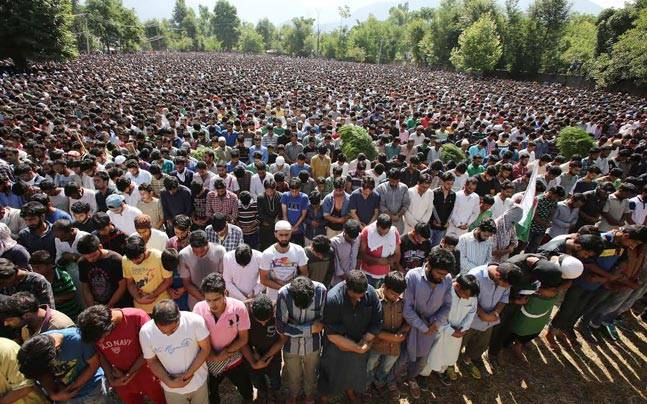
July 2020 | IPRI # 79
IPRI Comments
D Suba Chandran
J&K: Four years after Burhan Wani
read more
Conflict Weekly 25
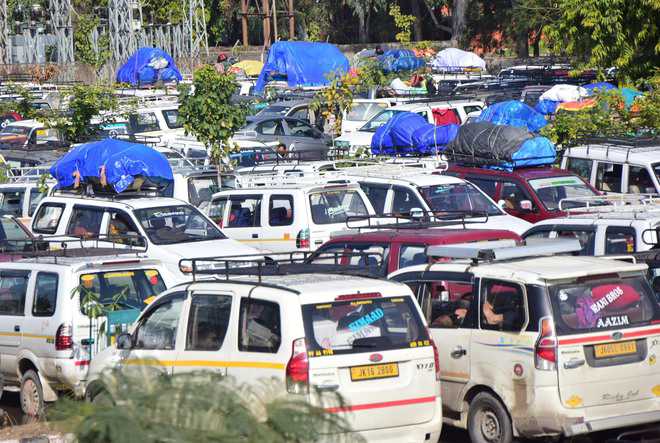
July 2020 | IPRI # 78
IPRI Comments
IPRI Team
Conflict and COVID in J&K, Dispute over constructing a temple in Islamabad, Return of the Indian fishermen into the Sri Lankan Waters, and the water conflict over River Nile in Africa
read more
Friday Backgrounder
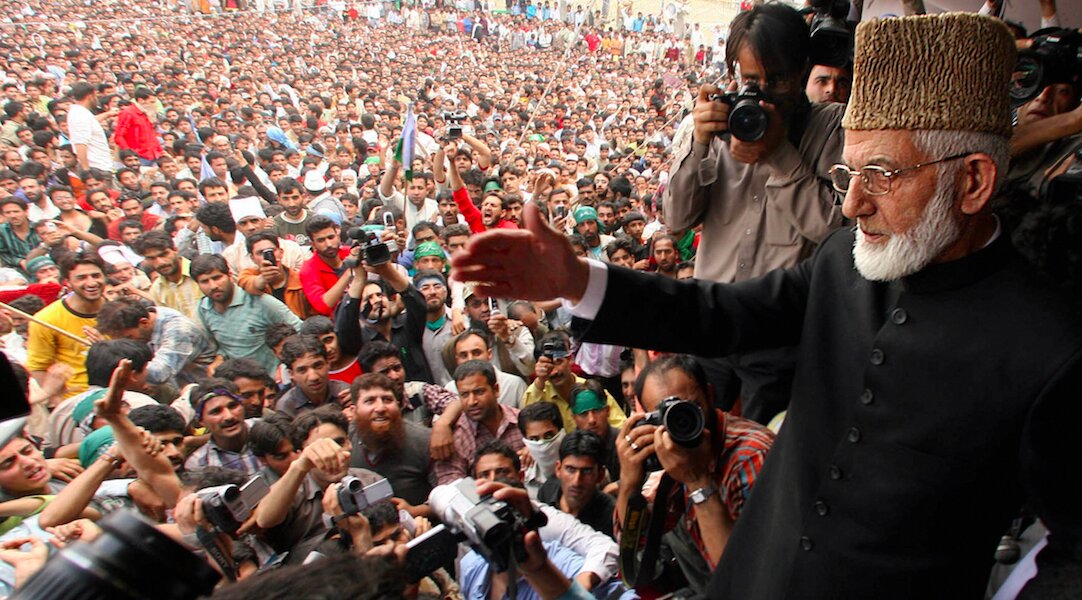
July 2020 | IPRI # 77
IPRI Comments
D. Suba Chandran
The Rise, Fall and Irrelevance of Geelani. And the Hurriyat
read more
Conflict Weekly 24
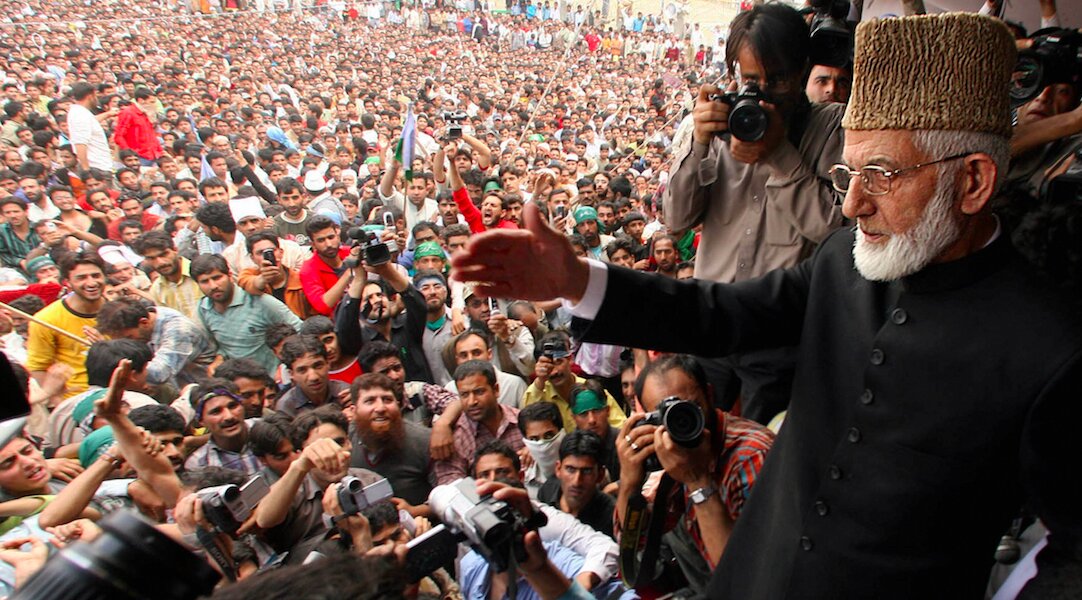
July 2020 | IPRI # 76
IPRI Comments
IPRI Team
Geelani's Exit and Continuing Violence in J&K, and the BLA attack on Pakistan stock exchange in Karachi
read more
June 2020 | IPRI # 75
IPRI Comments
Sudip Kumar Kundu
Cyclone Amphan: West Bengal, Odisha limp back to a distorted normalcy
read more
June 2020 | IPRI # 74
IPRI Comments
Abigail Miriam Fernandez
An olive branch to the PTM in Pakistan: Will the PTI heed to the Pashtun rights movement
read more
Conflict Weekly 23
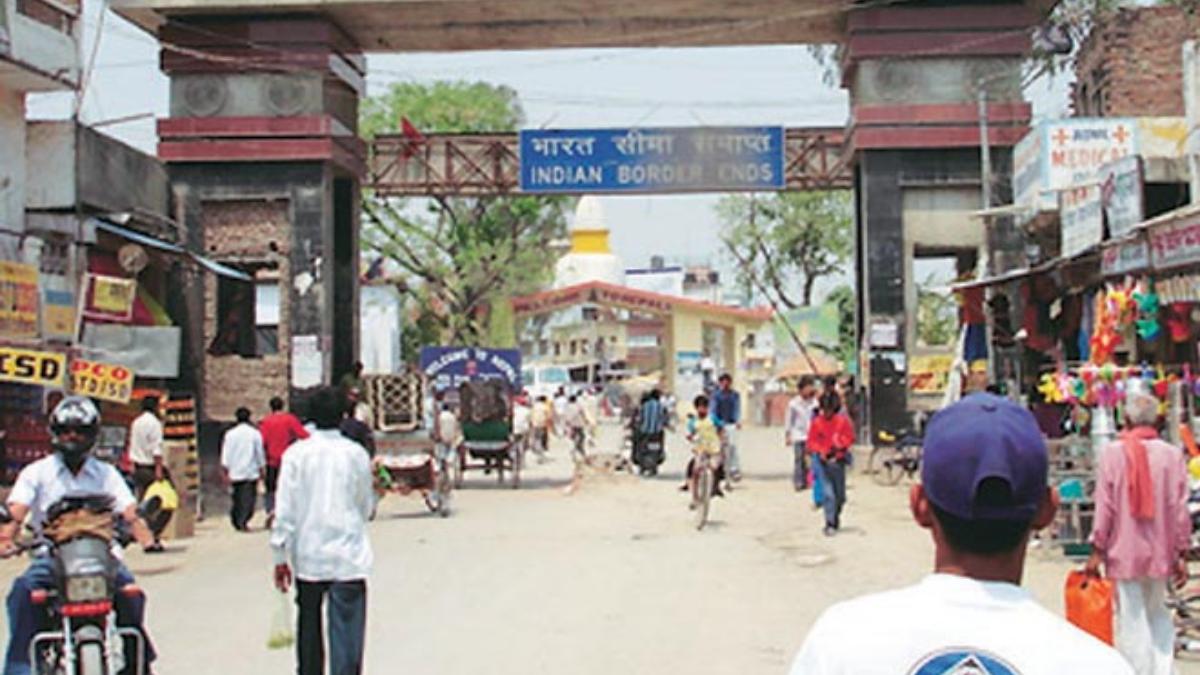
June 2020 | IPRI # 73
IPRI Comments
IPRI Team
Baloch Disappearance issue returns, Nepal tightens Citizenship rules, and Egypt enters the conflict in Libya
read more
Conflict Weekly 22
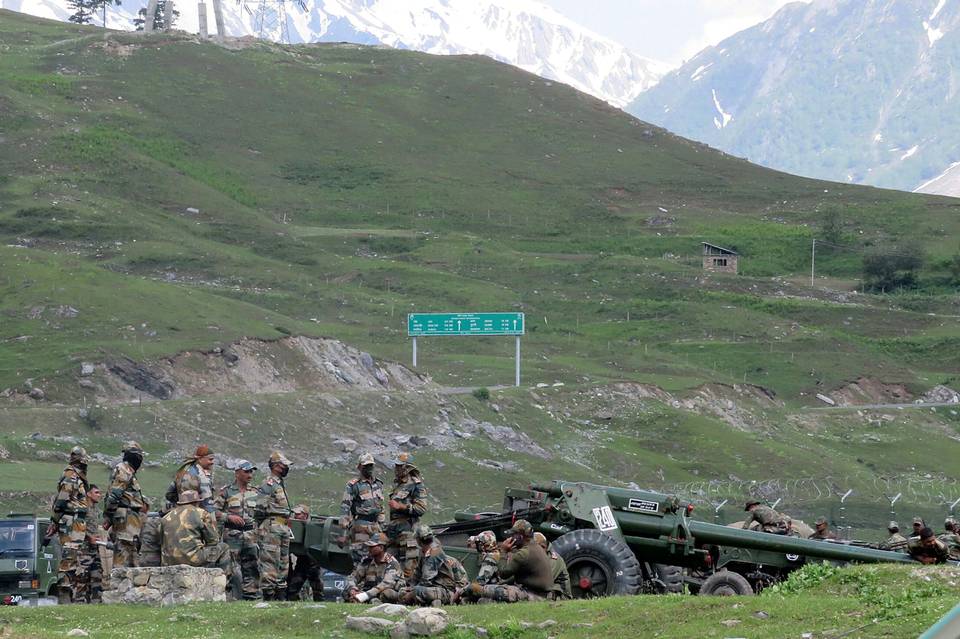
June 2020 | IPRI # 72
IPRI Comments
IPRI Team
Violence escalates along the India-China border, Cartographic tensions over India-Nepal border, Gas explosion in Assam and Deadly attacks by the Boko Haram in Nigeria
read more
Conflict Weekly 21
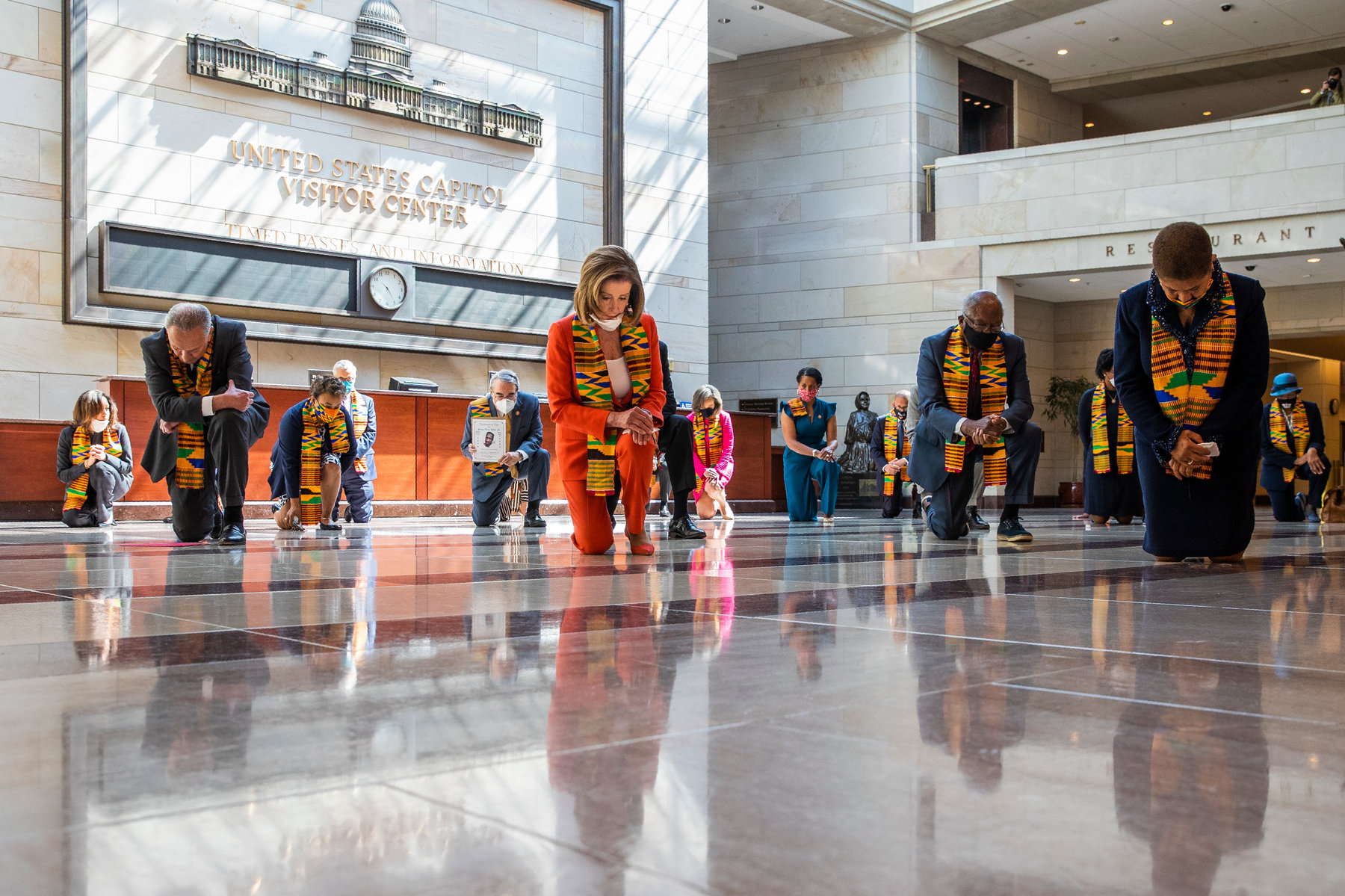
June 2020 | IPRI # 71
IPRI Comments
IPRI Team
Echoes of Black Lives Matter, Violence in Kashmir Valley, Rohingyas in the deep blue sea, One year of Hong Kong protests, Conflict in Libya and the human-wildlife conflict in South Asia
read more
Conflict Weekly 20
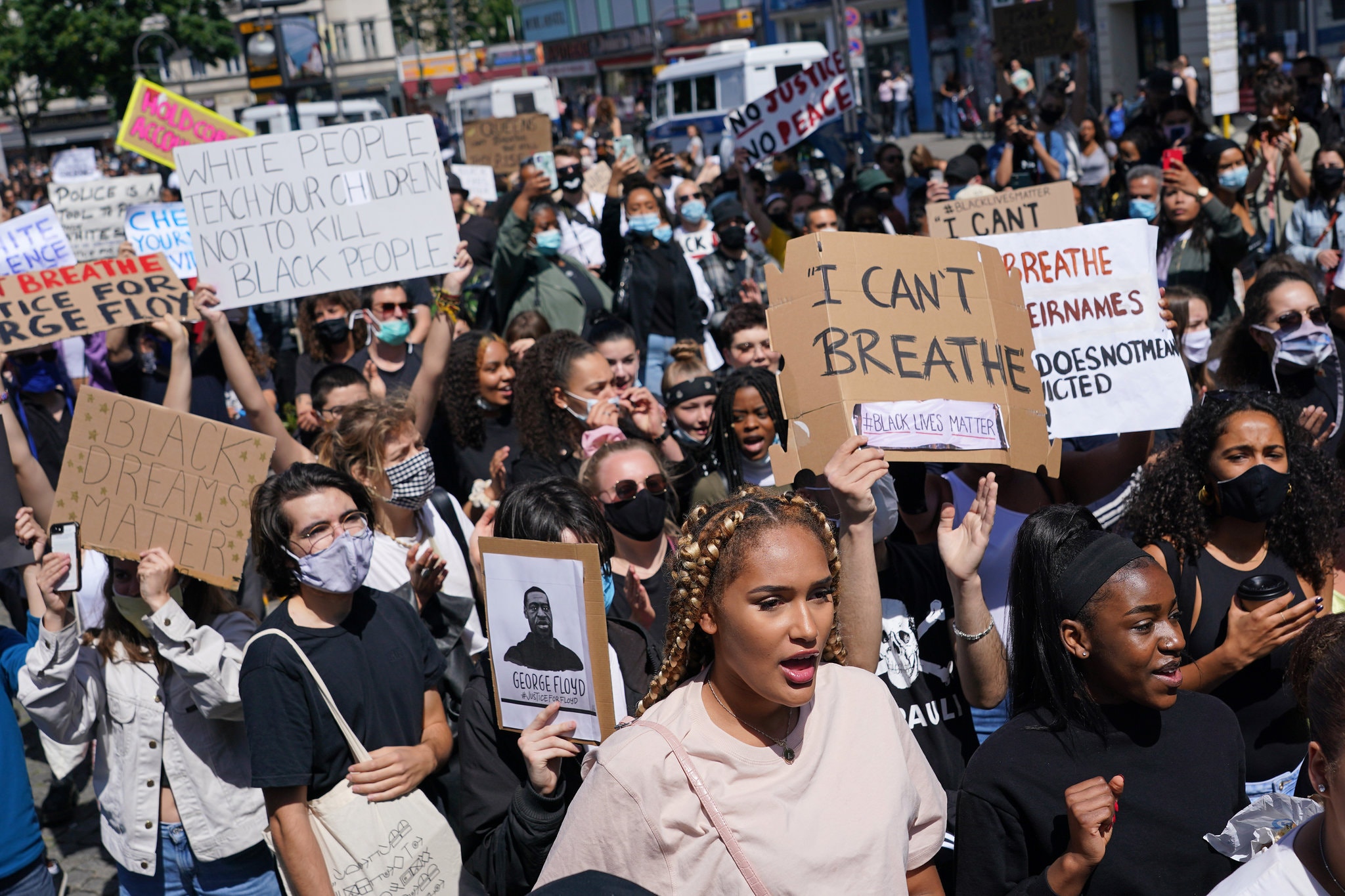
June 2020 | IPRI # 70
IPRI Comments
IPRI Team
A week of violence in the US, Afghanistan and Africa, Urban drivers of political violence, and anti-racism protests in Europe
read more
Conflict Weekly 19
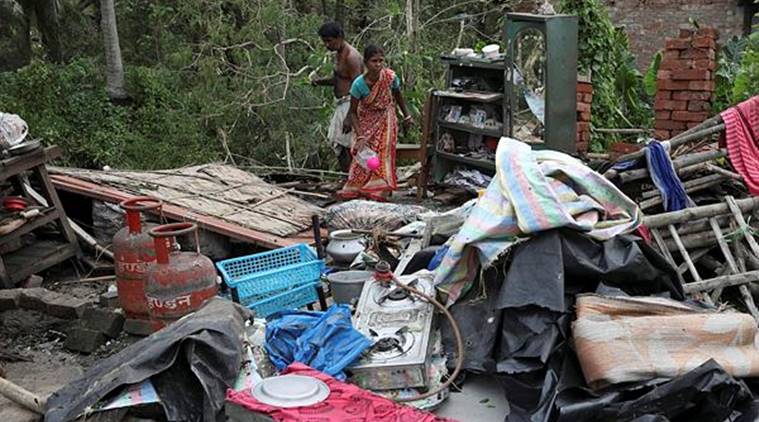
May 2020 | IPRI # 69
IPRI Comments
IPRI Team
Cyclone Amphan in the Bay of Bengal, Ceasefire in Afghanistan, Indo-Nepal border dispute in Kalapani, Honour Killing in Pakistan, New protests  in Hong Kong & the Anti-lockdown protests in Europe
read more
Conflict Weekly 18
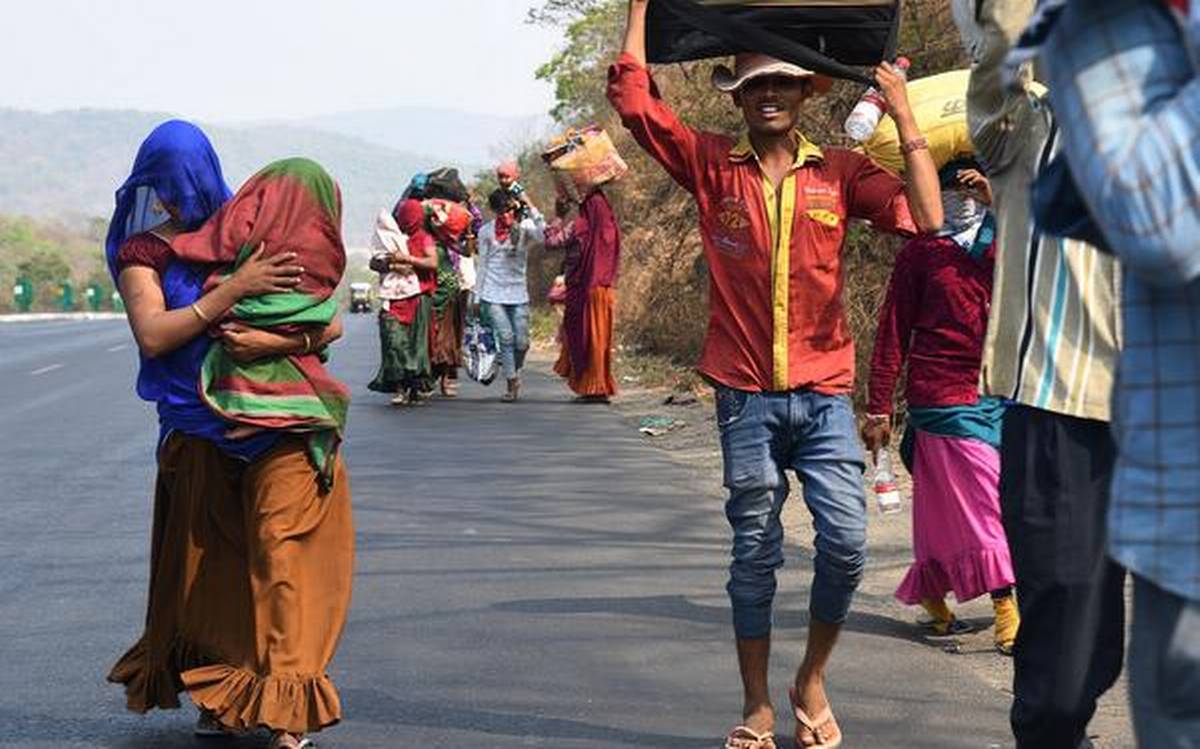
May 2020 | IPRI # 68
IPRI Comments
IPRI Team
Kalapani dispute in India-Nepal border, Migrants exodus in India, Continuing violence in Balochistan and KP
read more
Conflict Weekly 17
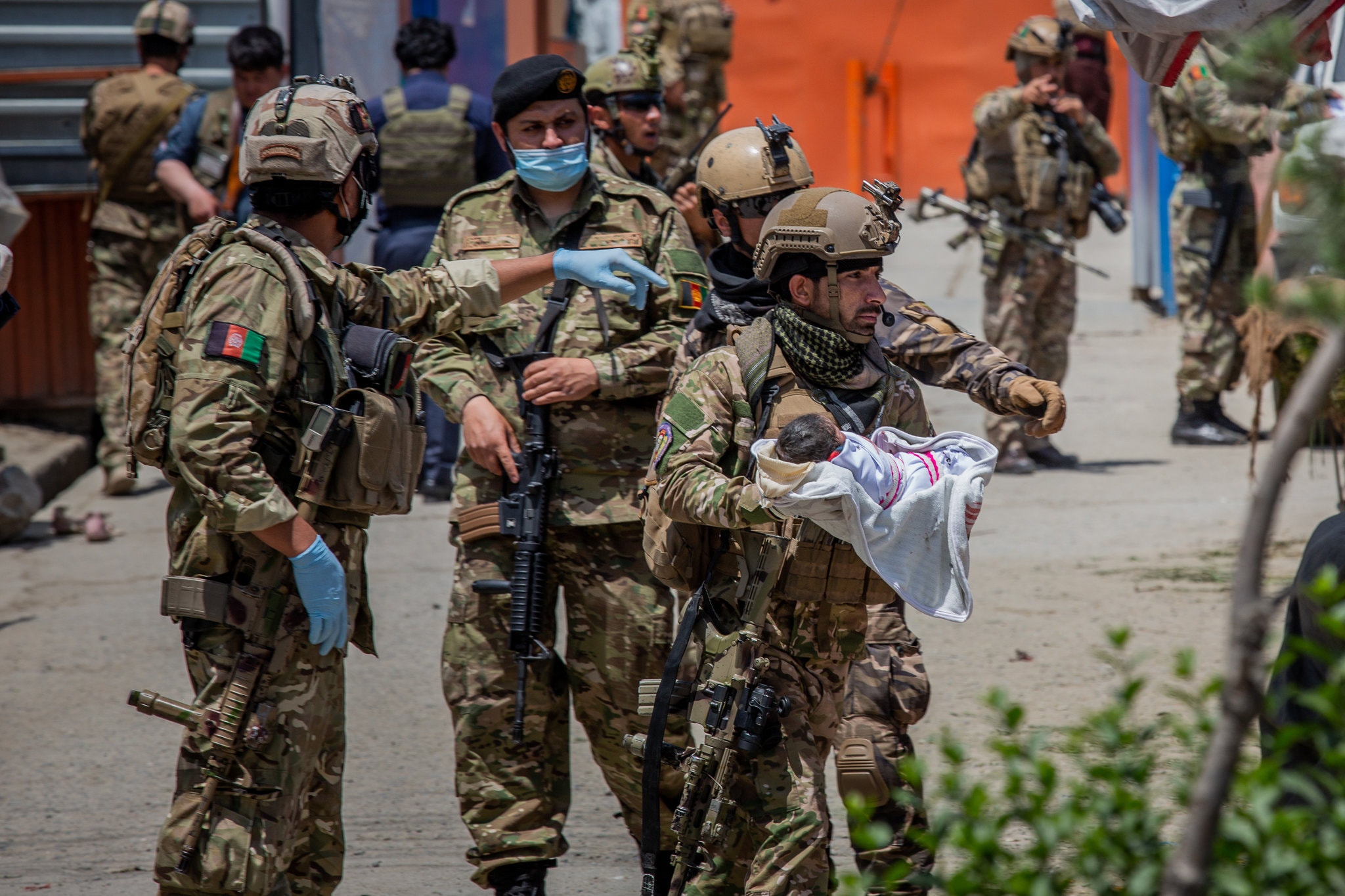
May 2020 | IPRI # 67
IPRI Comments
IPRI Team
The return of Hong Kong Protests, a new Ceasefire in Myanmar, China-Australia Tensions on COVID & Trade, and the Al Qaeda-Islamic State clashes in Africa
read more
Conflict Weekly 16
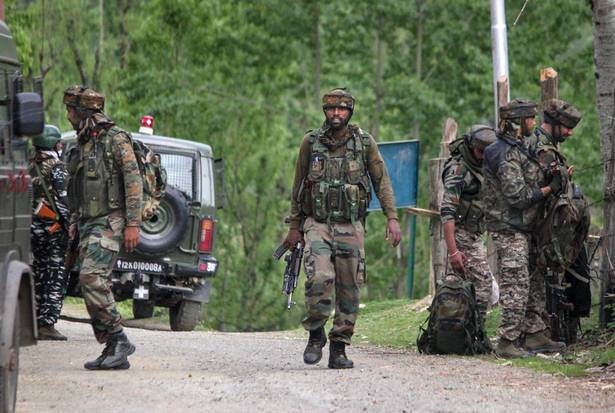
May 2020 | IPRI # 66
IPRI Comments
IPRI Team
The Binge-fighting in Kashmir Valley, SIGAR report on Afghanistan, Killing of a PTM leader in Pakistan, the US Religious Freedom watchlist, and Haftar's ceasefire call in Libya
read more
Conflict Weekly 15
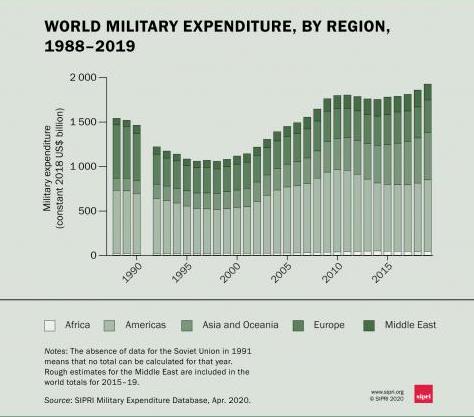
April 2020 | IPRI # 65
IPRI Comments
IPRI Team
Ceasefire and Self Rule in Yemen, Syrian war trial in Germany, SIPRI annual report on military spending, and Low civilian casualties in AfghanistanÂ
read more
One year after the Easter Attacks in Sri Lanka
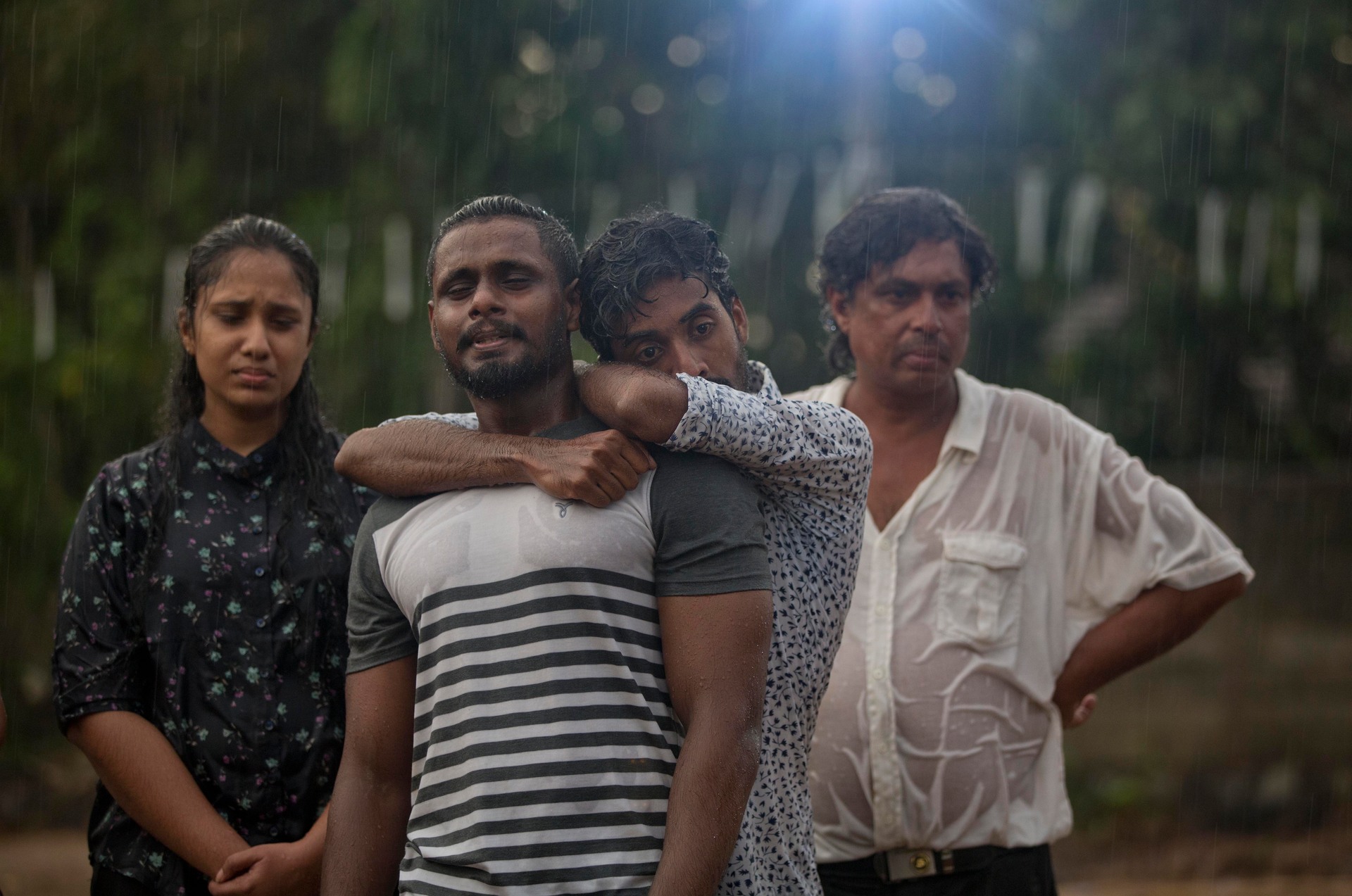
April 2020 | IPRI # 64
IPRI Comments
D Suba Chandran
Healing needs Forgiveness, Accountability, Responsibility and Justice
read more
One year after the Easter Attacks in Sri Lanka
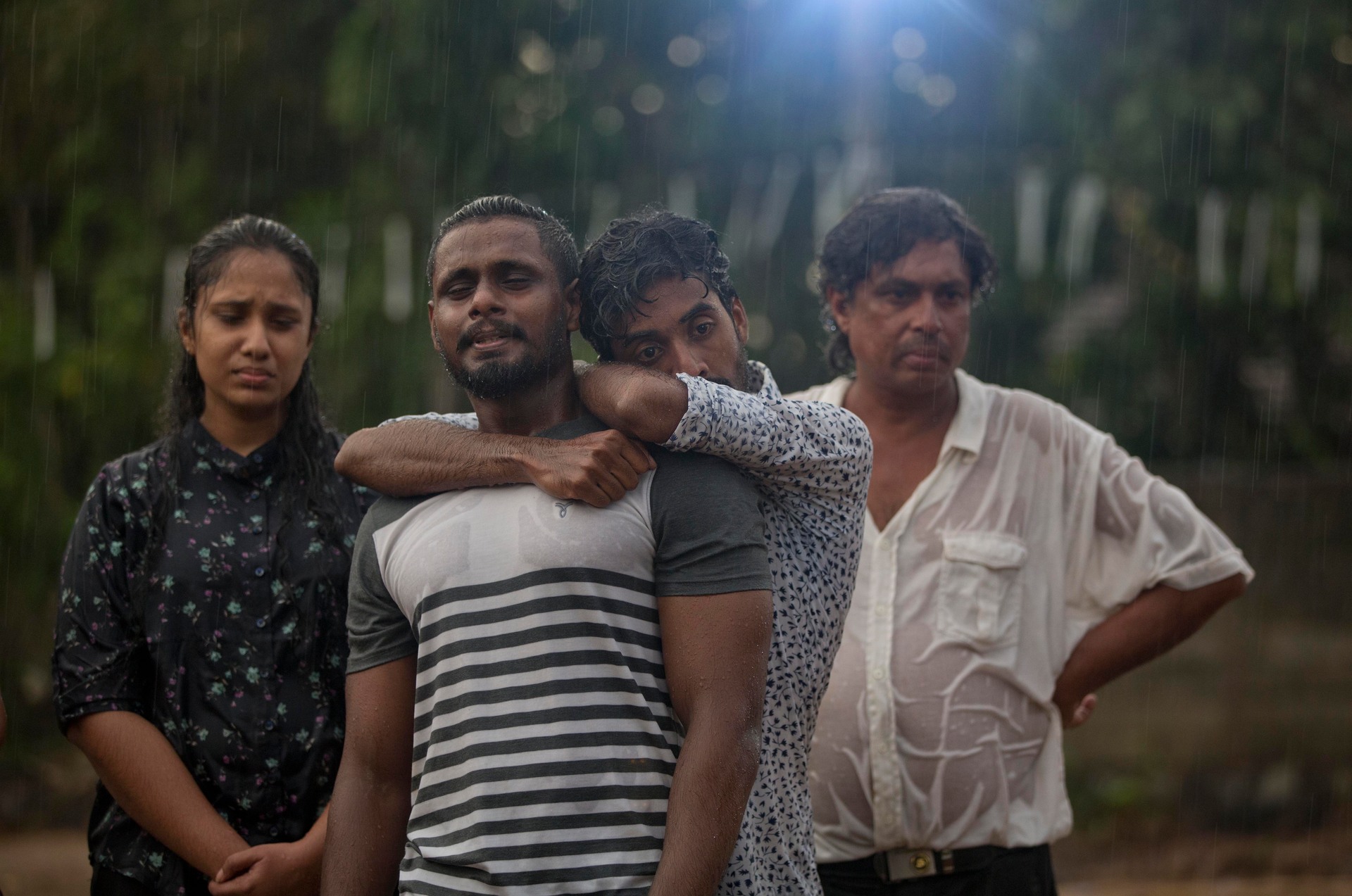
April 2020 | IPRI # 63
IPRI Comments
La Toya Waha
Have the Islamists Won?Â
read more
Conflict Weekly 14
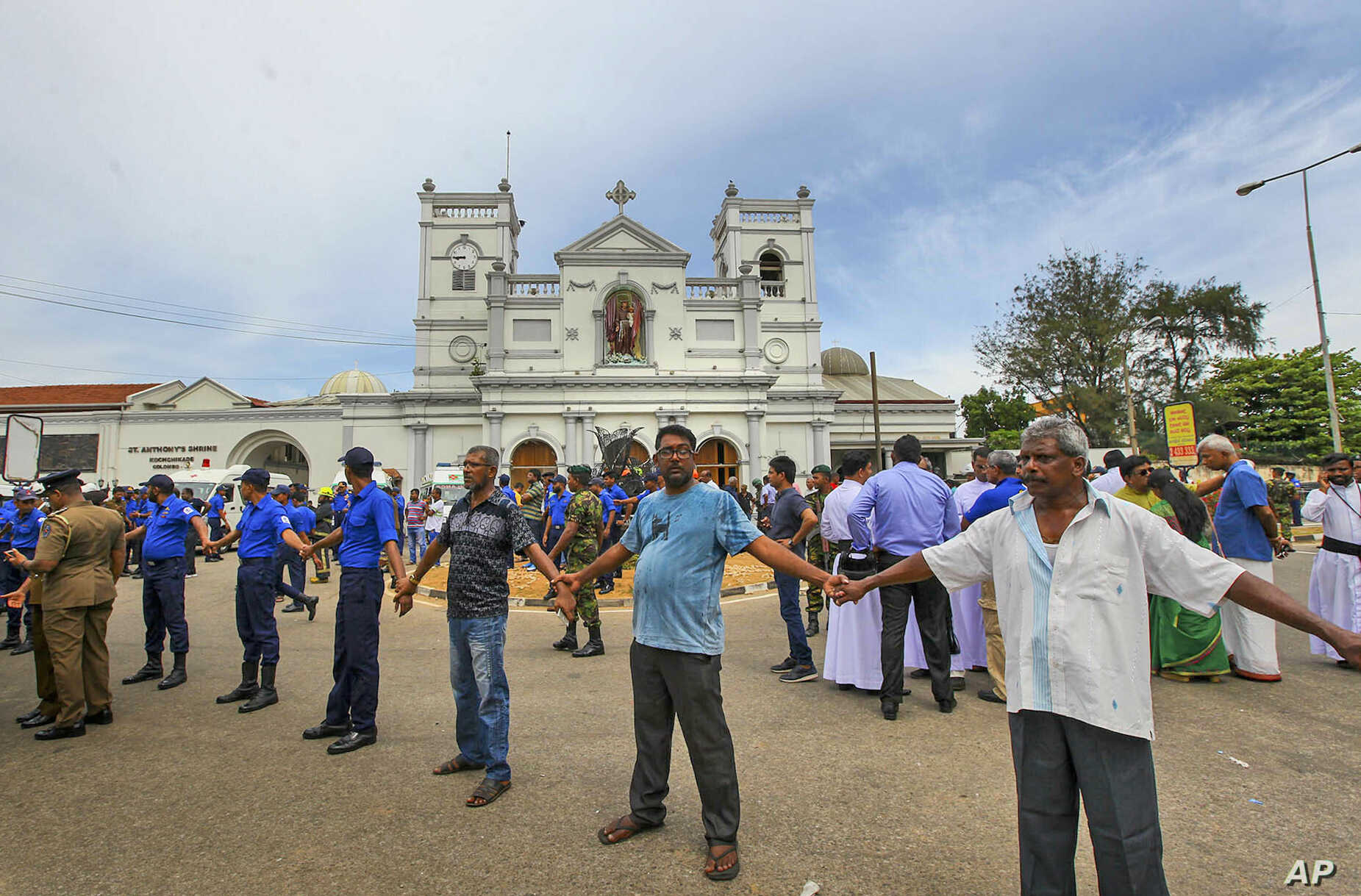
April 2020 | IPRI # 62
IPRI Comments
IPRI Team
A new wave of arrests in Hong Kong, One year after Easter Sunday attacks in Sri Lanka, ISIS violence in Mozambique, and the coming global Food Crisis
read more
COVID-19 and the Indian States
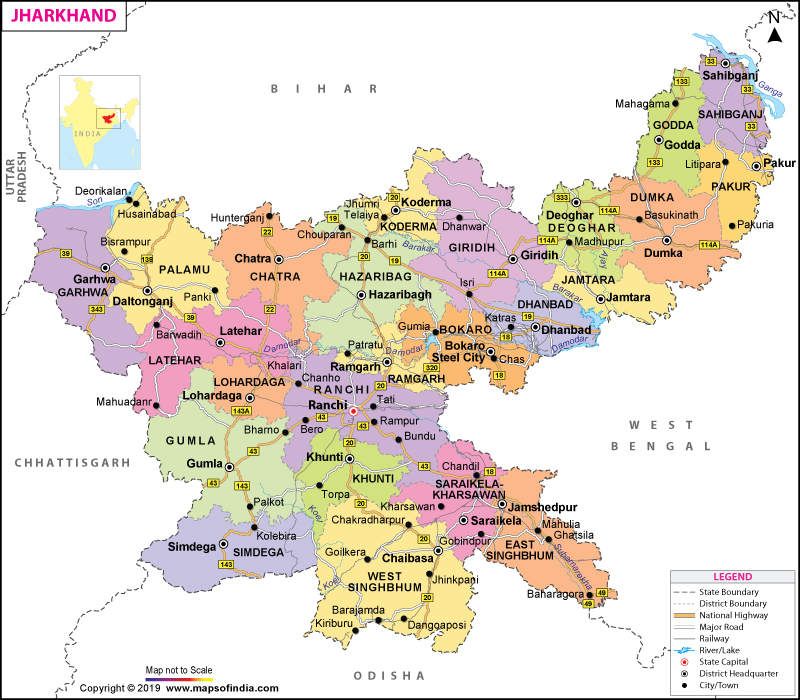
April 2020 | IPRI # 61
IPRI Comments
Alok Kumar Gupta
Jharkhand: Proactive Judiciary, Strong Civil Society Role, Rural Vigilantes
read more
COVID-19 and the Indian States
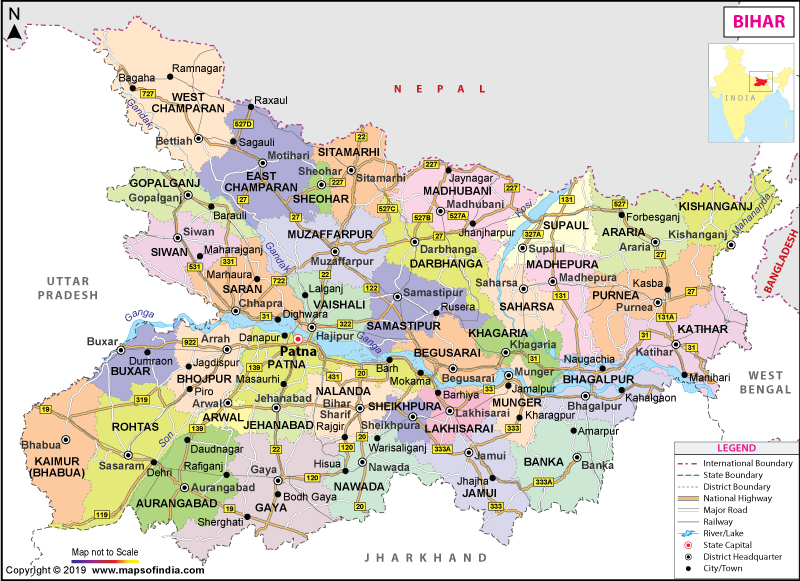
April 2020 | IPRI # 60
IPRI Comments
Alok Kumar Gupta
Bihar as Late Entrant: No Prompt Action, Punitive Measures, Migrant CrisisÂ
read more
COVID-19 and the Indian States

April 2020 | IPRI # 59
IPRI Comments
Anshuman Behera
Odisha’s Three Principles: Prepare for the Worst, Prepare Early, Prevent Loss of Lives
read more
COVID-19 and the Indian States
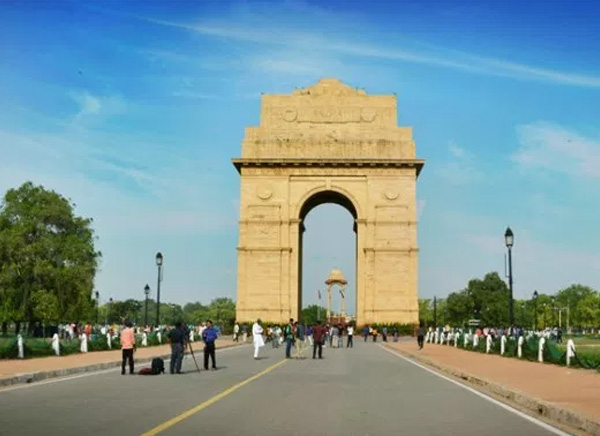
April 2020 | IPRI # 58
IPRI Comments
Niharika Sharma
New Delhi as Hotspot: Border Sealing, Curbing Fake News, Proactive leadership
read more
COVID-19 and the Indian States
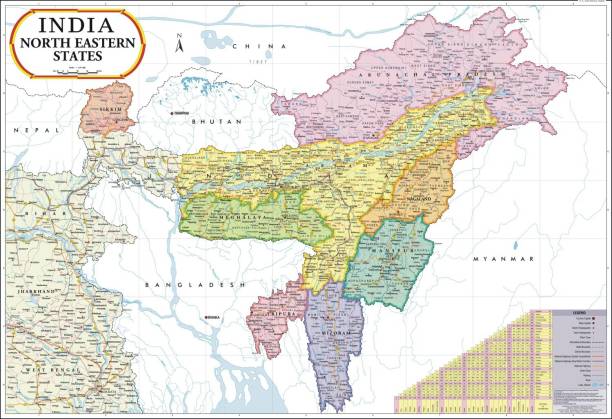
April 2020 | IPRI # 57
IPRI Comments
Vaishali Handique
Northeast India: Civil Society in Unison, Media against Racism, Government’s Timely PreparednessÂ
read more
COVID-19 and the Indian States
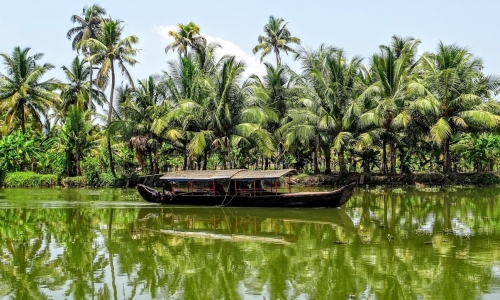
April 2020 | IPRI # 56
IPRI Comments
Shyam Hari P
Kerala: Past Lessons and War-Footing response by the administration
read more
COVID-19 and the Indian States
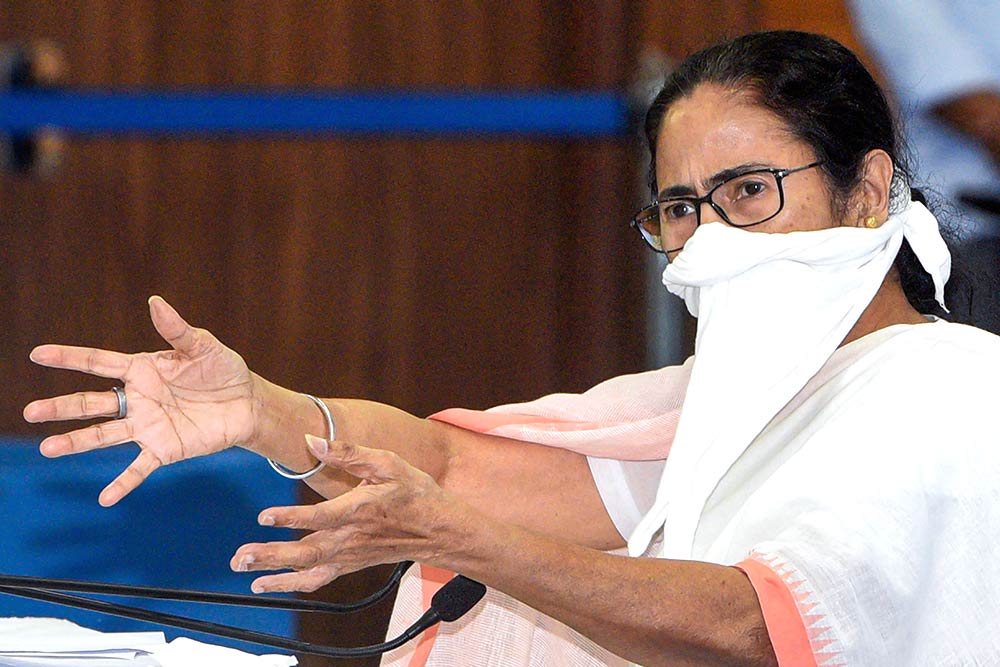
April 2020 | IPRI # 55
IPRI Comments
Shilajit Sengupta
West Bengal: Proactive Local Leadership, Early Lockdown and Decentralised Action
read more
COVID-19 and the Indian States

April 2020 | IPRI # 54
IPRI Comments
P Harini Sha
Tamil Nadu’s Three Pronged Approach: Delay Virus Spread, Community Preparedness, Welfare SchemesÂ
read more
COVID-19 and the Indian States
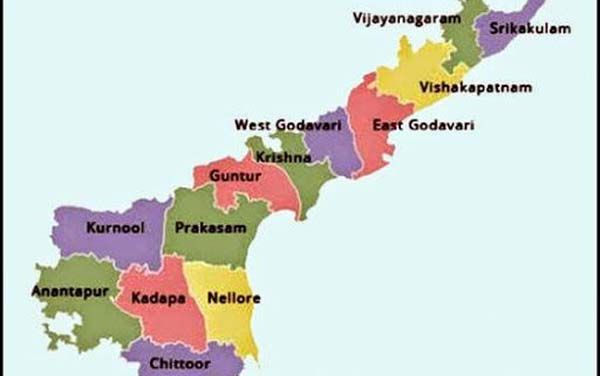
April 2020 | IPRI # 53
IPRI Comments
Hrudaya C Kamasani
Andhra Pradesh: Early course correction, Independent leadership and Targeted Mitigation Â
read more
ONE YEAR AFTER THE EASTER ATTACKS IN SRI LANKA
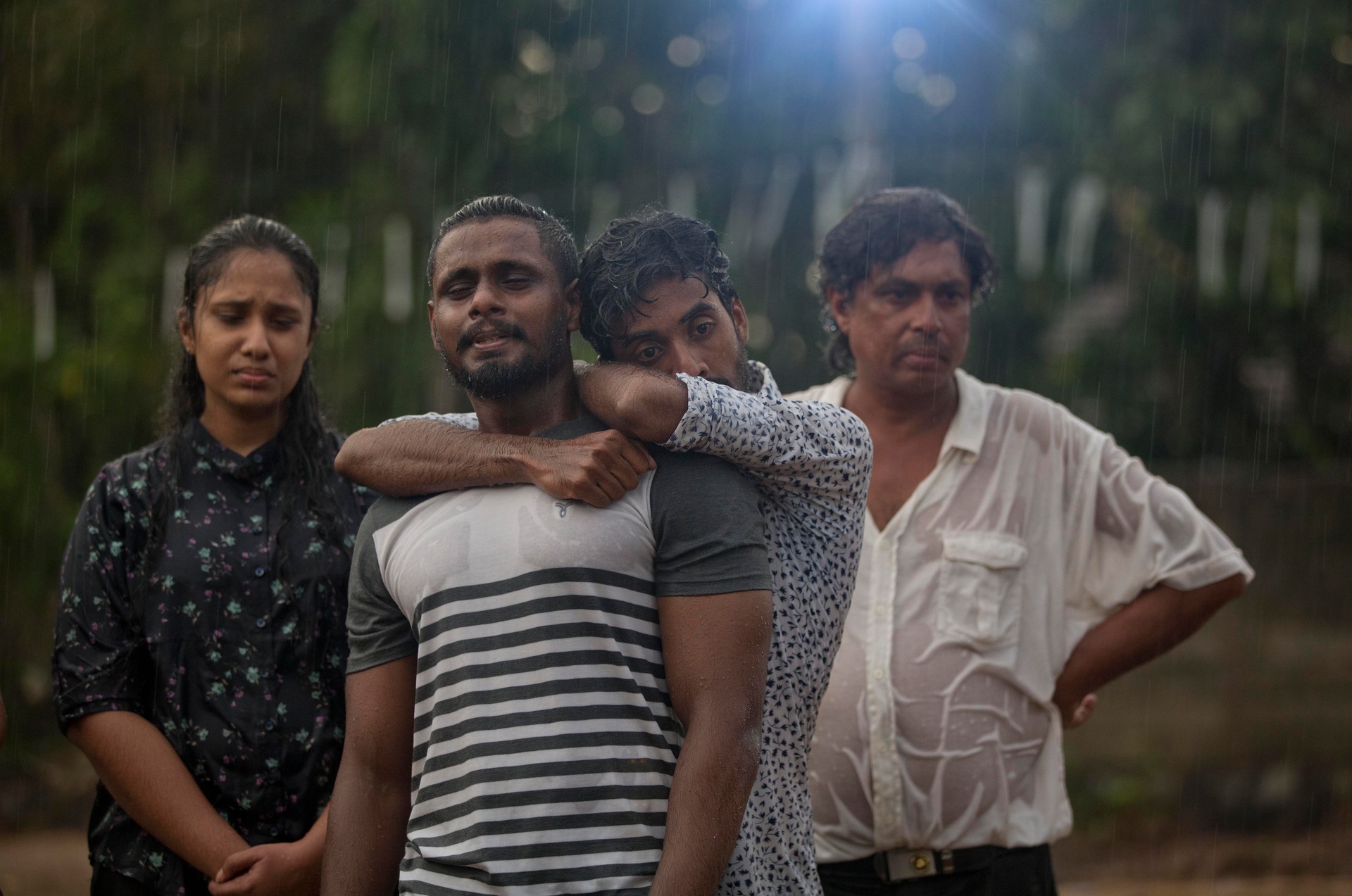
April 2020 | IPRI # 52
IPRI Comments
Sanduni Atapattu
Preventing hatred and suspicion would be a bigger struggle
read more
ONE YEAR AFTER THE EASTER ATTACKS IN SRI LANKA
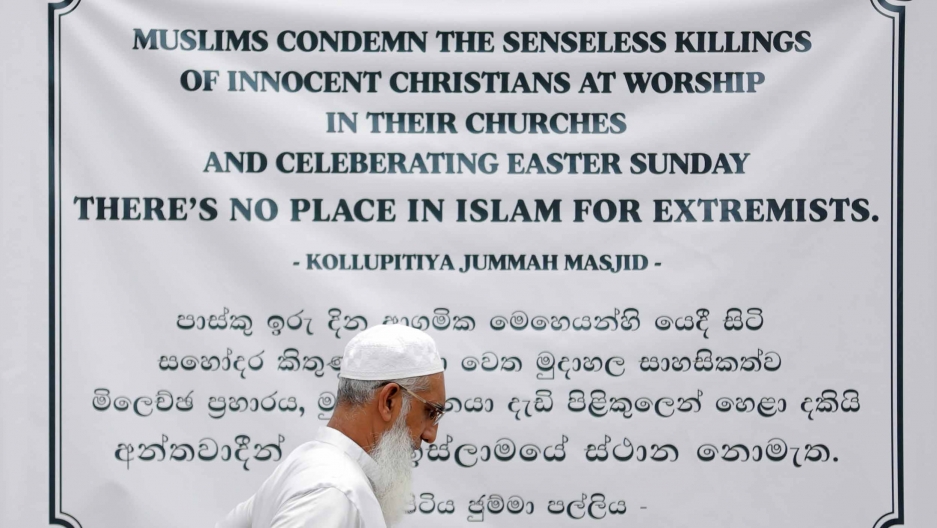
April 2020 | IPRI # 51
IPRI Comments
Chavindi Weerawansha
A majority in the minority community suffers, for the action of a few
read more
ONE YEAR AFTER THE EASTER ATTACKS IN SRI LANKA
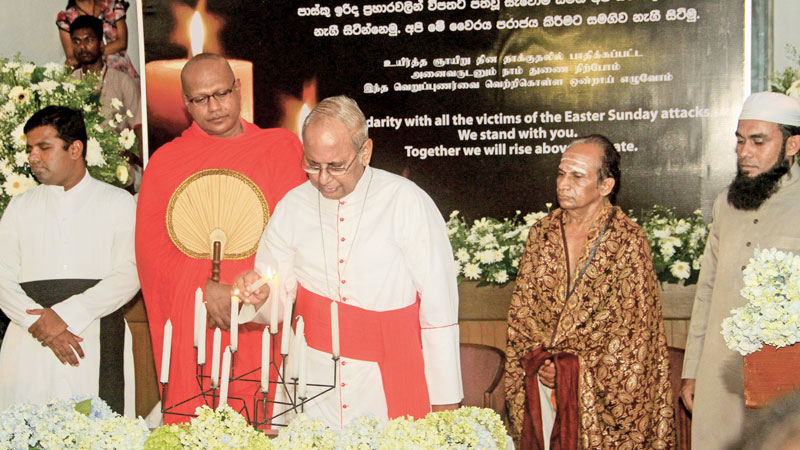
April 2020 | IPRI # 50
IPRI Comments
Chrishari de Alwis Gunasekare
The Cardinal sermons for peace, with a message to forgive
read more
ONE YEAR AFTER THE EASTER ATTACKS IN SRI LANKA
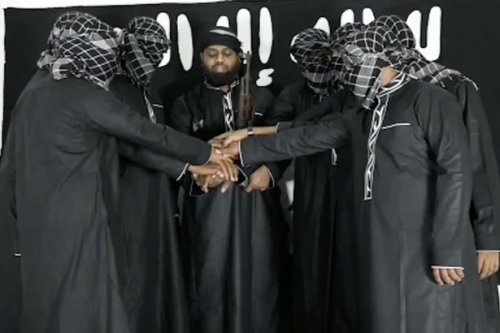
April 2020 | IPRI # 49
IPRI Comments
Aparupa Bhattacherjee
Who and Why of the Perpetrators
read more
ONE YEAR AFTER THE EASTER ATTACKS IN SRI LANKA
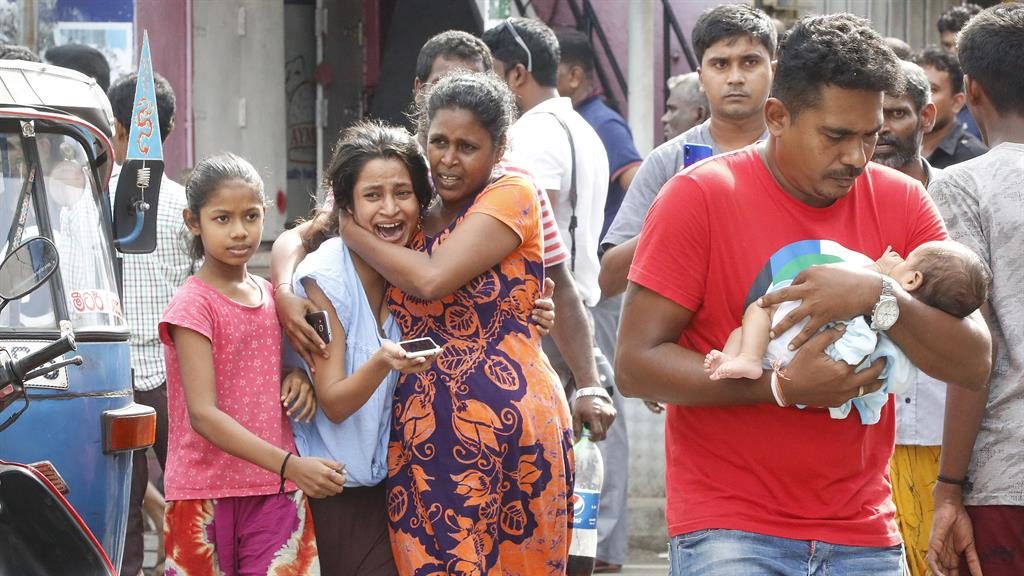
April 2020 | IPRI # 48
IPRI Comments
Natasha Fernando
In retrospect, where did we go wrong?
read more
ONE YEAR AFTER THE EASTER ATTACKS IN SRI LANKA
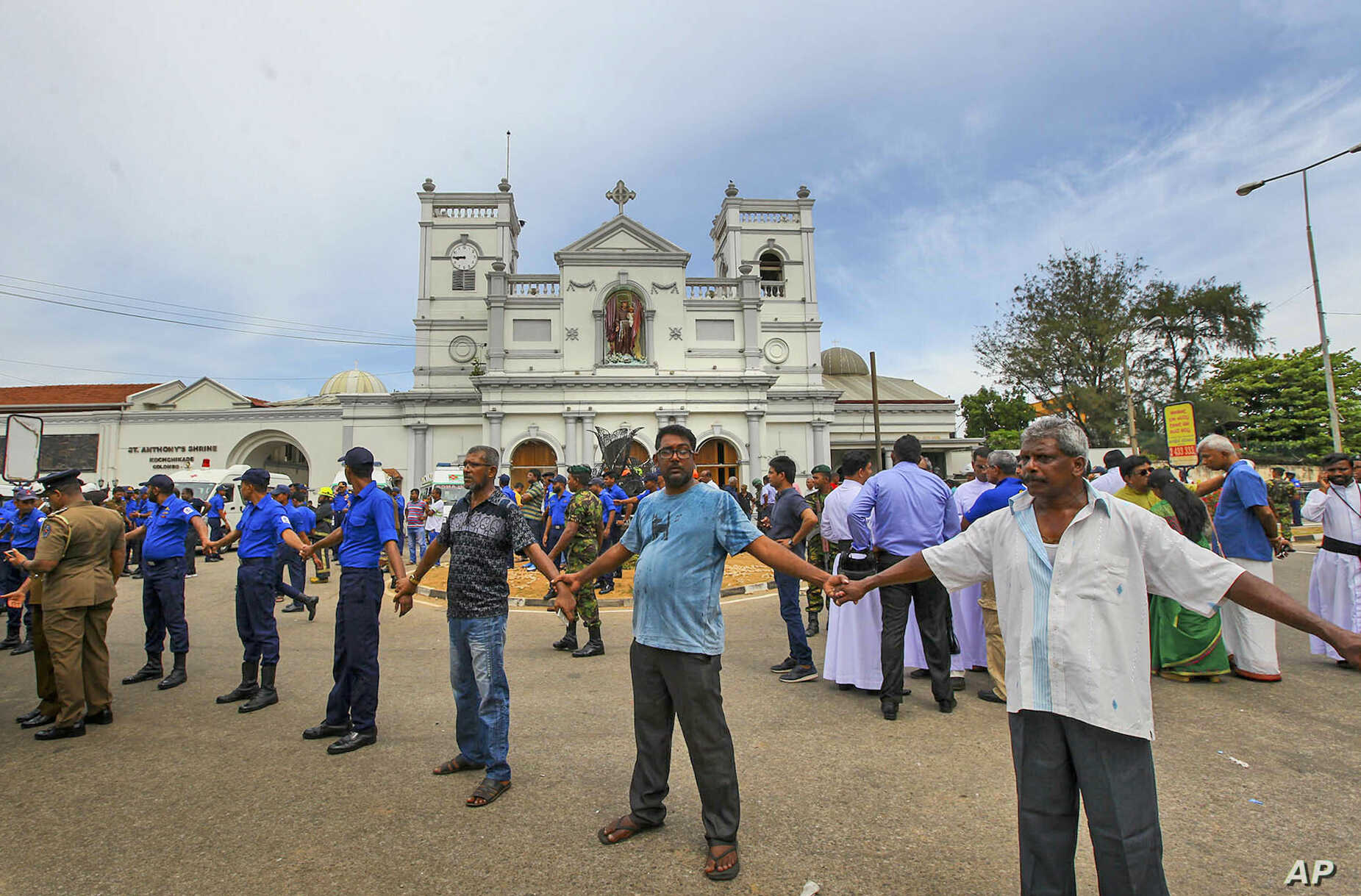
April 2020 | IPRI # 47
IPRI Comments
Ruwanthi Jayasekara
Build the power of Co-existence, Trust, Gender and Awareness
read more
ONE YEAR AFTER THE EASTER ATTACKS IN SRI LANKA
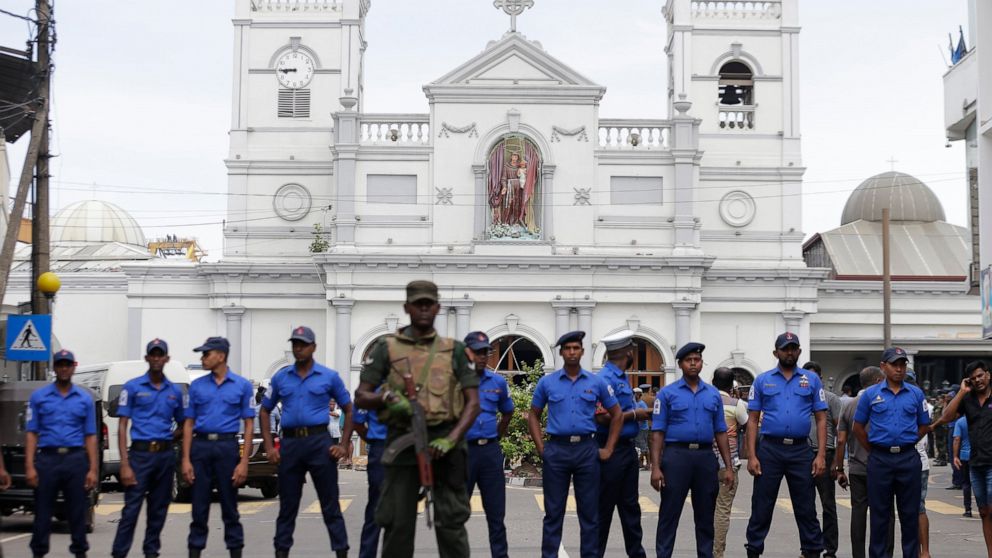
April 2020 | IPRI # 46
IPRI Comments
N Manoharan
New ethnic faultlines at macro and micro levels
read more
ONE YEAR AFTER THE EASTER ATTACKS IN SRI LANKA
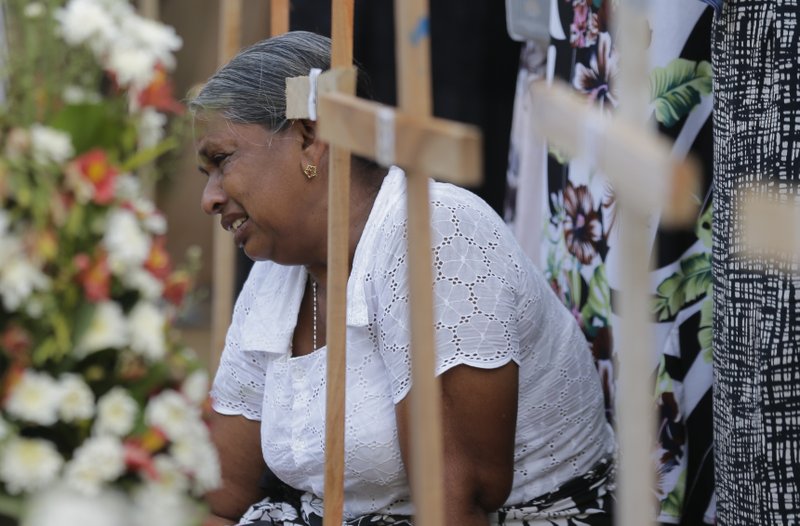
April 2020 | IPRI # 45
IPRI Comments
Asanga Abeyagoonasekera
A year has gone, but the pain has not vanished
read more
WOMEN, PEACE AND TWENTY YEARS OF UNSC 1325
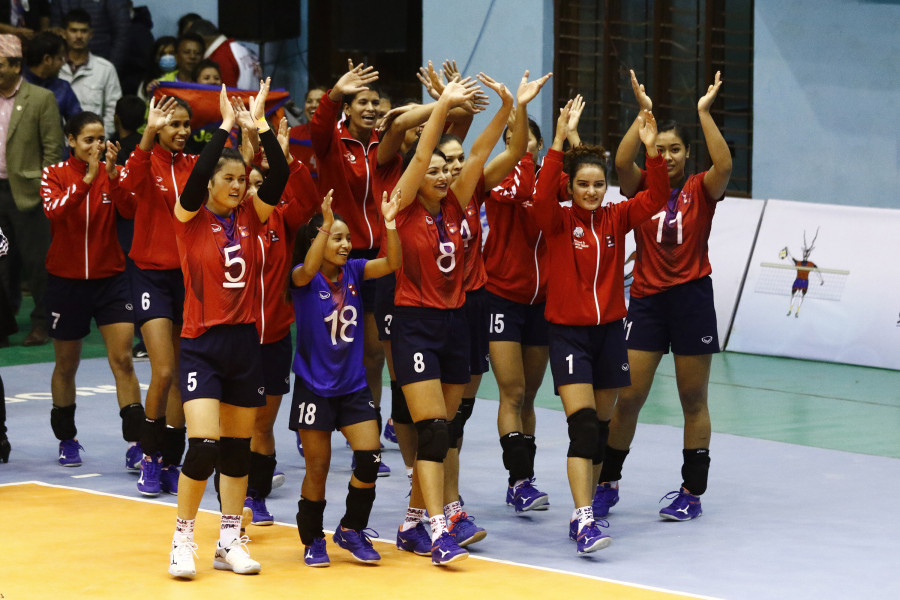
April 2020 | IPRI # 44
IPRI Comments
Kabi Adhikari
In Nepal, it is a struggle for the women out of the patriarchal shadows
read more
WOMEN, PEACE AND TWENTY YEARS OF UNSC 1325
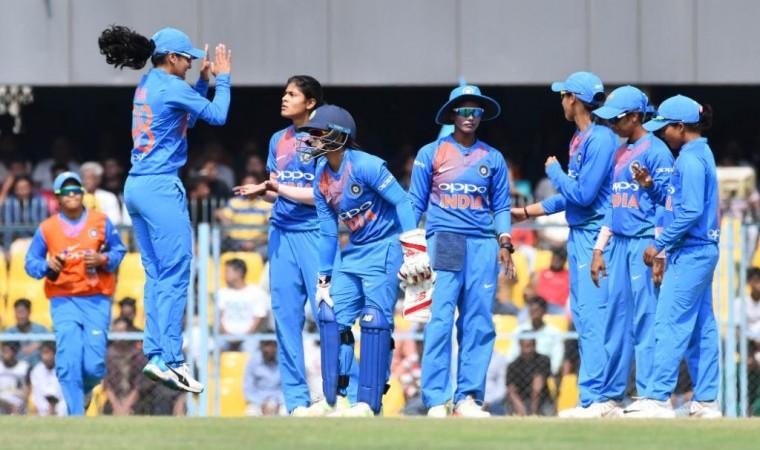
April 2020 | IPRI # 43
IPRI Comments
Jenice Jean Goveas
In India, the glass is half full for the women
read more
WOMEN, PEACE AND TWENTY YEARS OF UNSC 1325
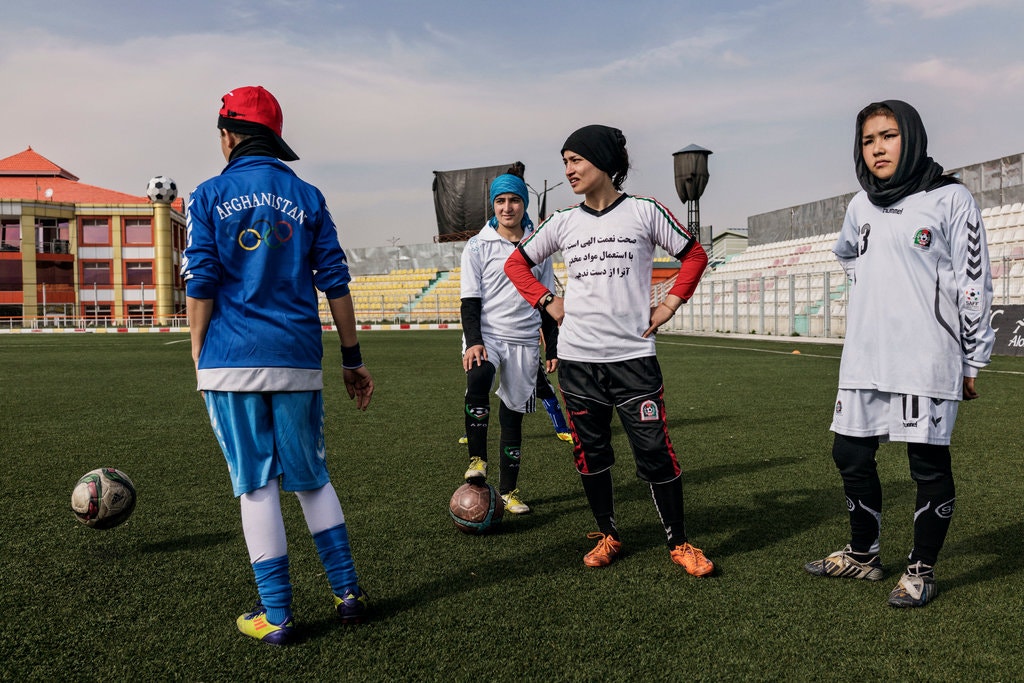
April 2020 | IPRI # 42
IPRI Comments
Fatemah Ghafori
In Afghanistan, there is no going back for the women
read more
Conflict Weekly 13
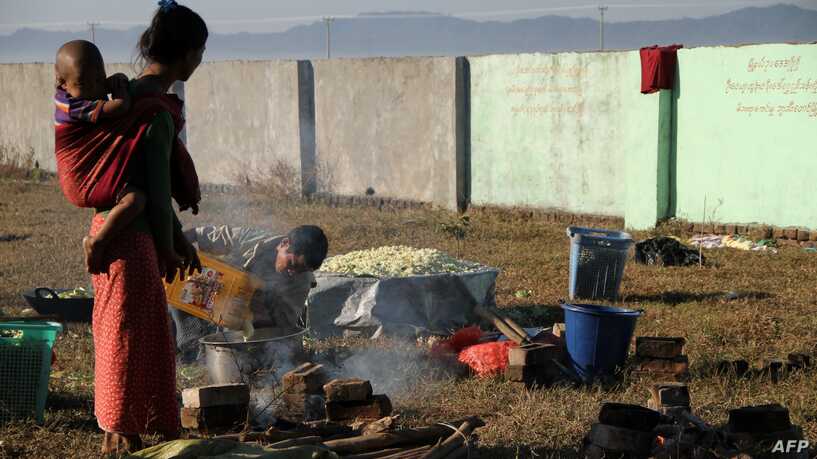
April 2020 | IPRI # 41
IPRI Comments
IPRI Team
Executing Mujib's killer in Bangladesh, Continuing conflicts in Myanmar, Questioning Government's sincerity in Naga Peace Deal, Releasing Taliban prisoners in Afghanistan, and a report on damming the Mekong river by China
read more
Conflict Weekly 12
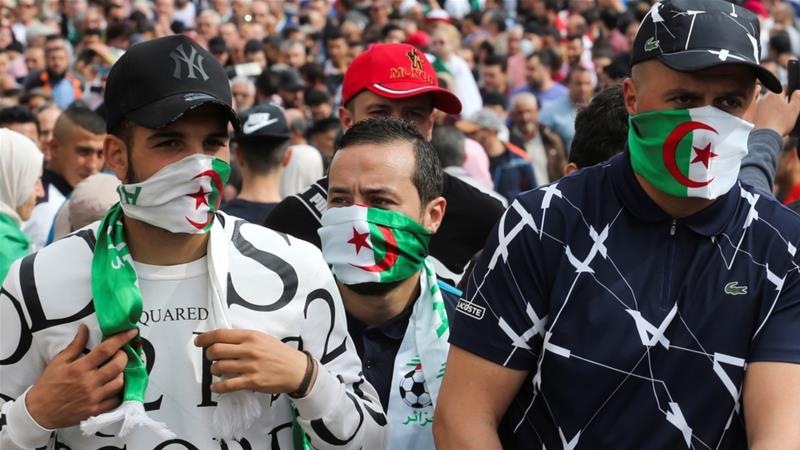
April 2020 | IPRI # 40
IPRI Comments
IPRI Team
Globally, Coronavirus increases Domestic Violence, deflates Global Protests, threatens Indigenous Communities and imperils the migrants. In South Asia, two reports question the Assam Foreign Tribunal and the Afghan Peace deal
read more
Afghanistan
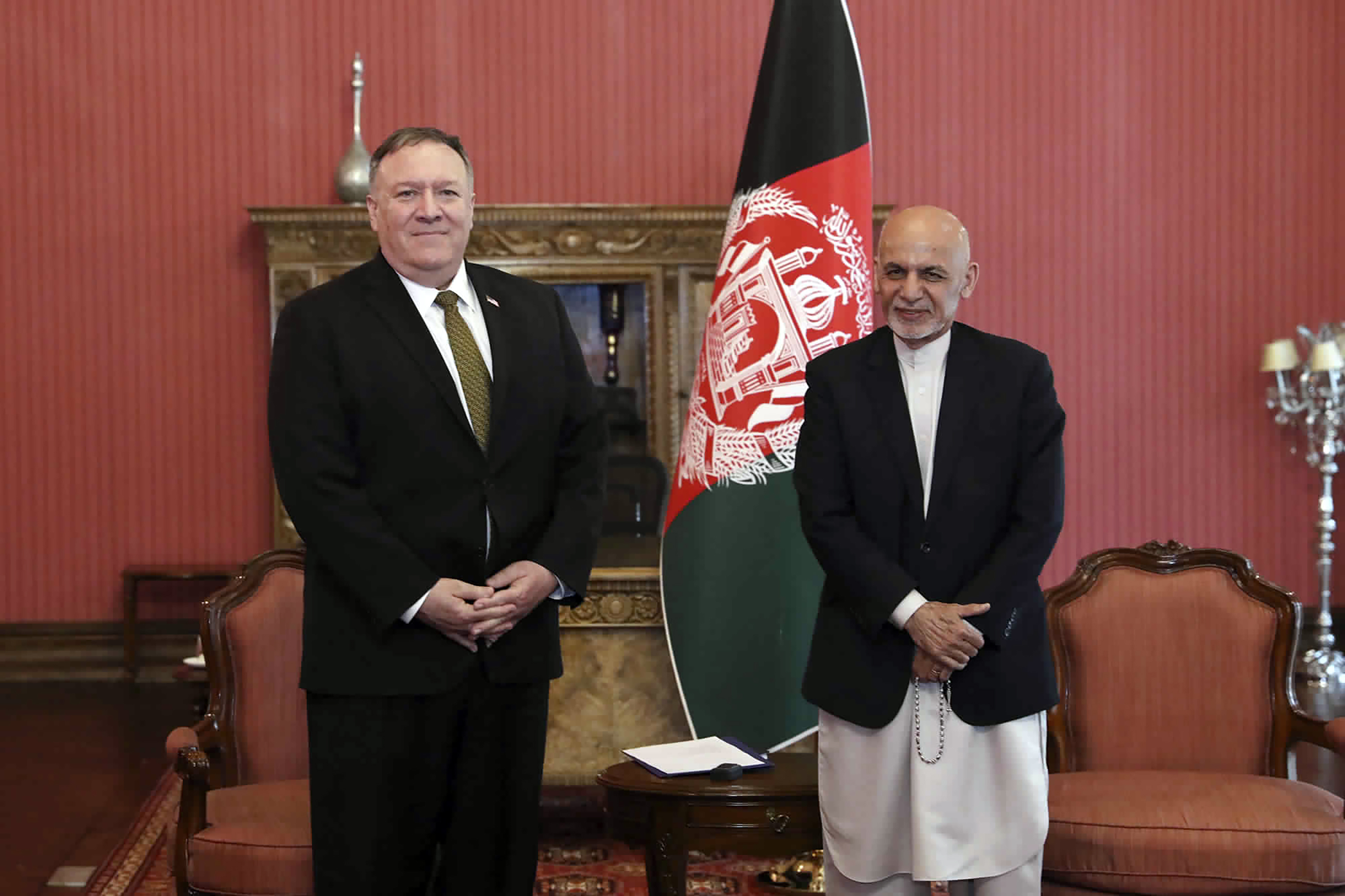
April 2020 | IPRI # 39
IPRI Comments
Sukanya Bali
One month after the deal with the Taliban: Problems Four, Progress None
read more
Conflict Weekly 11
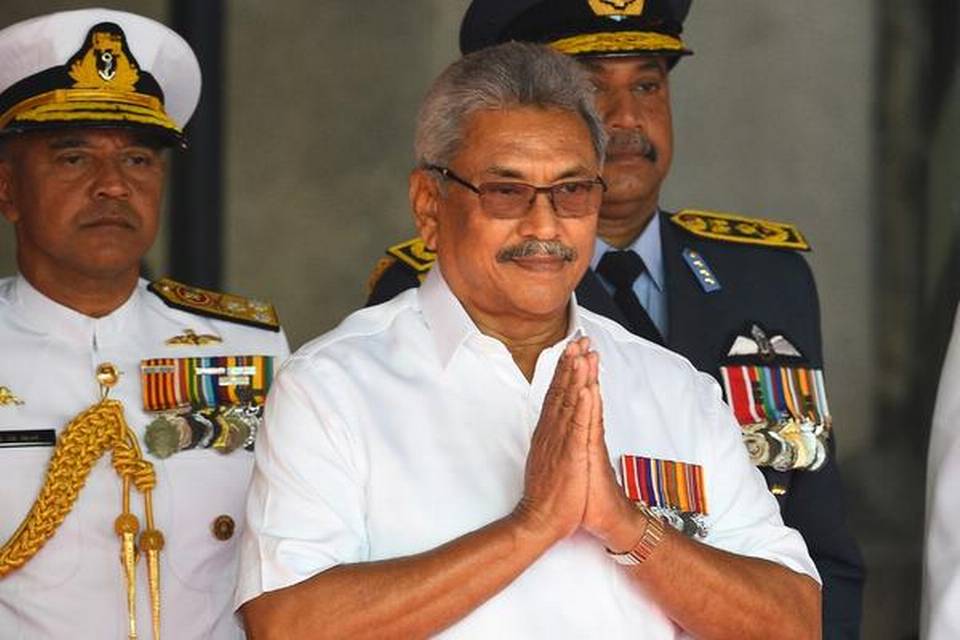
April 2020 | IPRI # 38
IPRI Comments
IPRI Team
Releasing a former soldier convicted of a war crime in Sri Lanka, Deepening of internal conflicts in Myanmar and the Taliban’s Deal is a smokescreen in Afghanistan
read more
Report Review
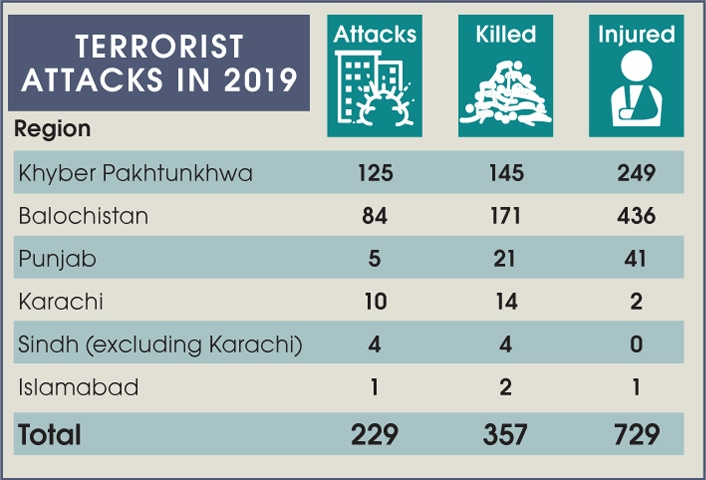
March 2020 | IPRI # 37
IPRI Comments
Lakshmi V Menon
Pakistan: Decline in Terrorism
read more
Conflict Weekly 10
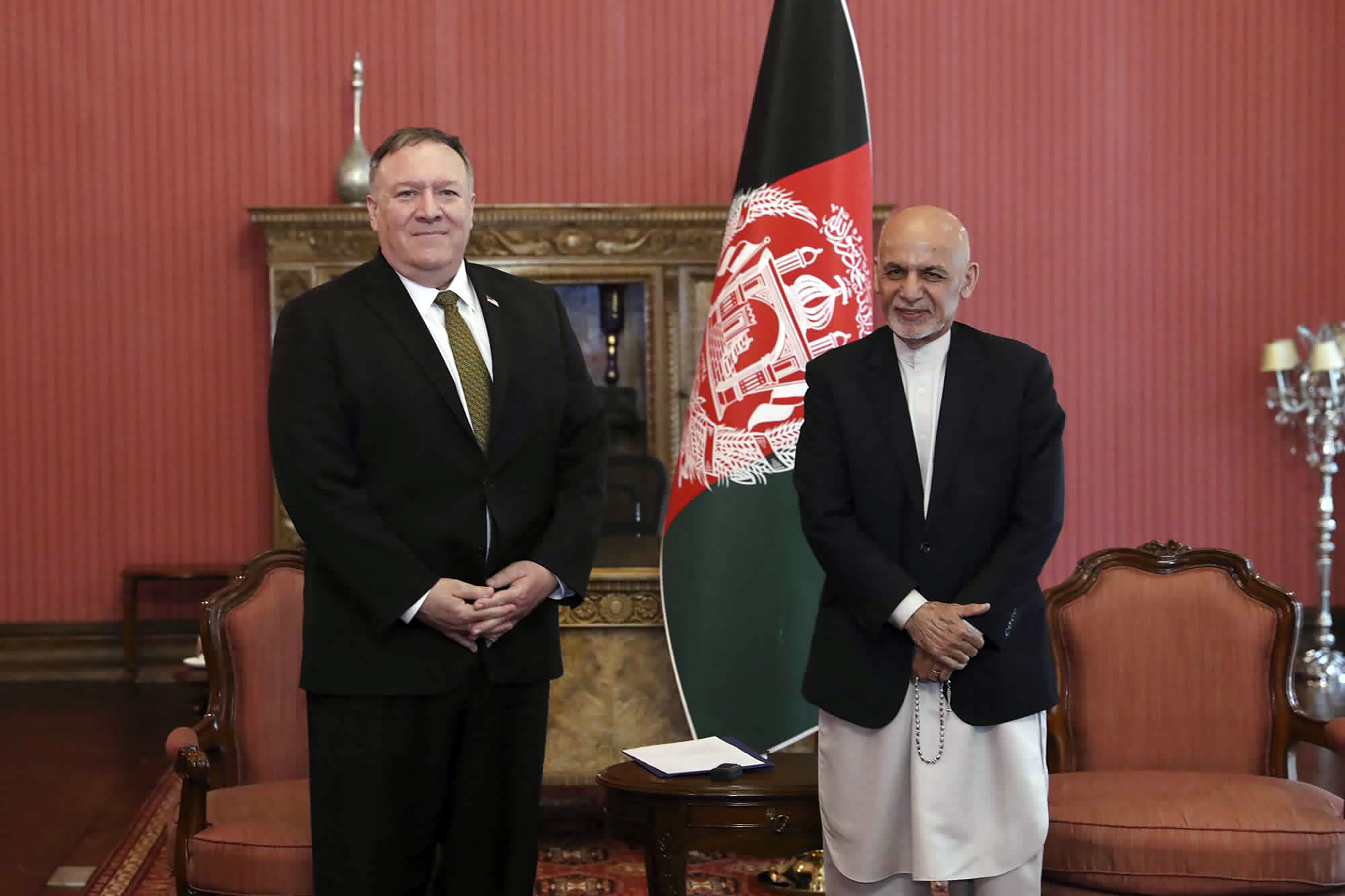
March 2020 | IPRI # 36
IPRI Comments
IPRI Team
More violence in Afghanistan, Naxal ambush in India, Federal-Provincial differences in Pakistan's Corona fight, and a new report on the impact of CoronaVirus on Conflicts
read more
Conflict Weekly 09
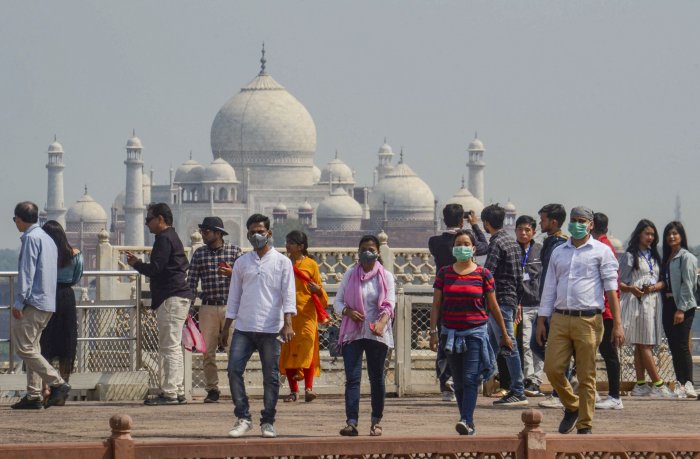
March 2020 | IPRI # 35
IPRI Comments
IPRI Team
The CoronaVirus: South Asia copes, China stabilises, Europe bleeds and the US wakes up finally
read more
Conflict Weekly 08
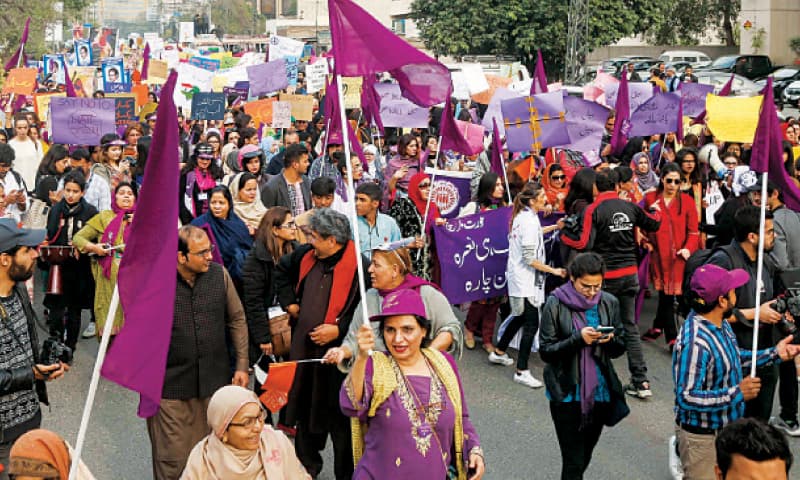
March 2020 | IPRI # 34
IPRI Comments
IPRI Team
Triumphant Women's march across Pakistan, Anti-CAA Protests in Dhaka, Â Two Presidents in Afghanistan, and Turkey-Russia Ceasefire in Syria
read more
Conflict Weekly 07
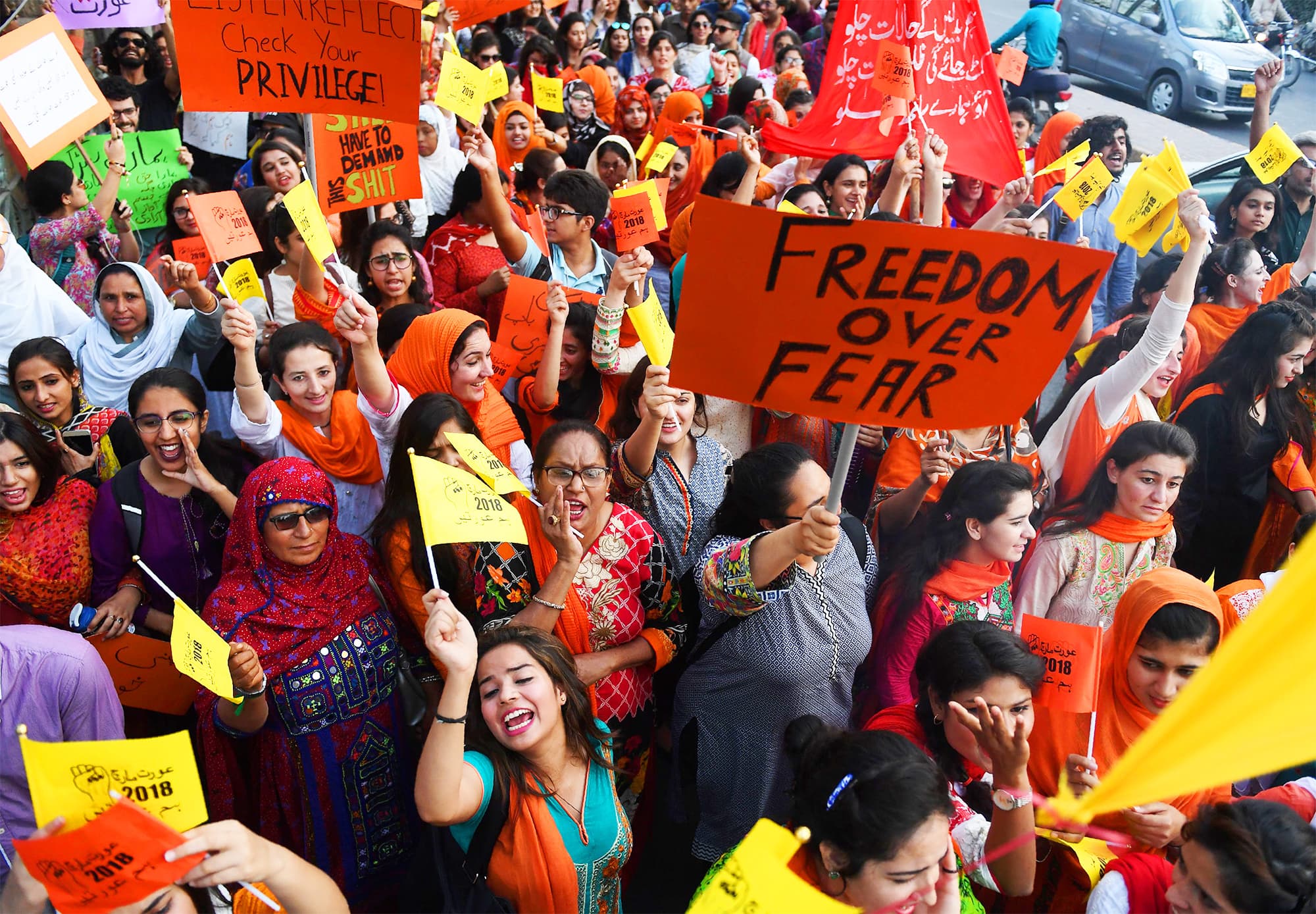
March 2020 | IPRI # 33
IPRI Comments
IPRI Team
Aurat March in Pakistan, US-Taliban Deal in Doha, Anti-CAA protest in Meghalaya, Sri Lanka’s withdrawal from the UNCHCR Resolution, and the problems of ceasefire in Syria and LibyaÂ
read more
Conflict Weekly 06
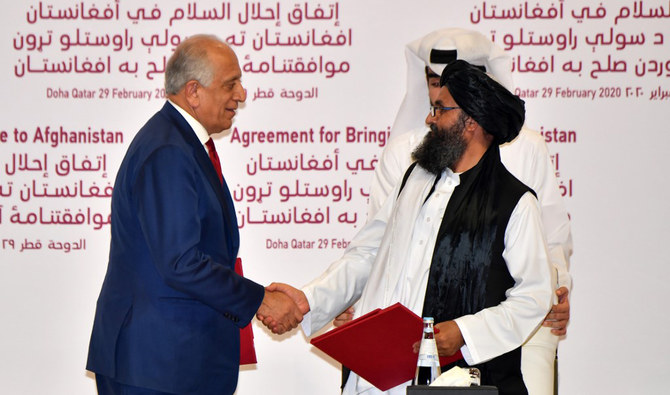
February 2020 | IPRI # 32
IPRI Comments
IPRI Team
Seven Days of Peace in Afghanistan, Violence in Delhi, Setback to Peace Talks on Libya and the Ceasefire in Gaza
read more
Conflict Weekly 05
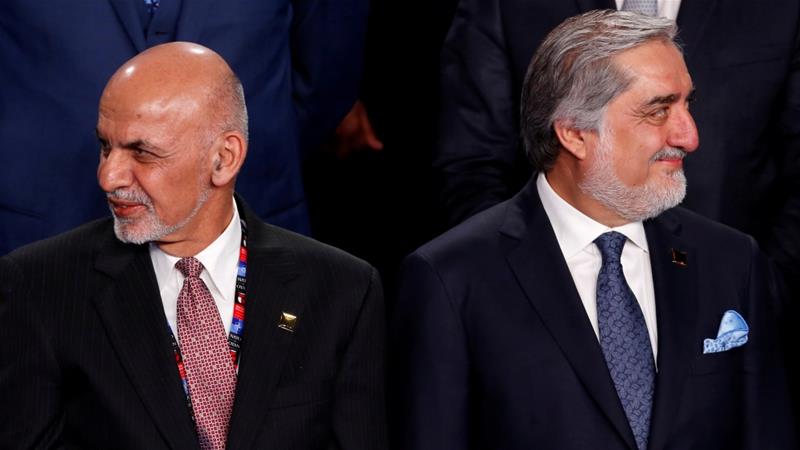
February 2020 | IPRI # 31
IPRI Comments
IPRI Team
Afghan Election Results, US-Taliban Deal, Hafiz Saeed Conviction, Quetta Suicide Attack, Assam Accord, Mexico Femicide and the Climate Change impact on Bird Species
read more
Conflict Weekly 04
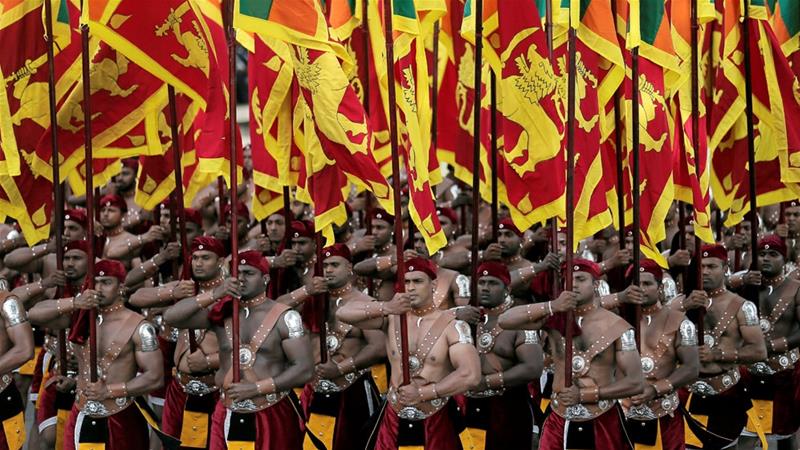
February 2020 | IPRI # 30
IPRI Comments
IPRI Team
Sri Lanka drops Tamil anthem, Assam looks for a new census for the indigenous Muslim population, Bangladesh faces a Rohingya boat tragedy and Israel witnesses resurgence of violence post-Trump deal
read more
Conflict Weekly 03
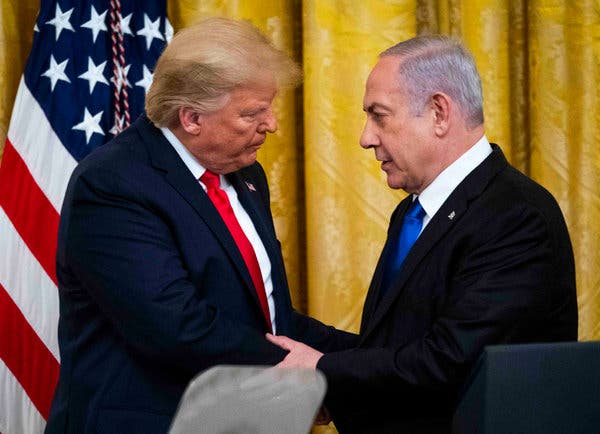
February 2020 | IPRI # 29
IPRI Comments
IPRI Team
Continuing Violence in Afghanistan, Bodo Peace Accord in Northeast India, Attack on the anti-CAA protesters in Delhi, and Trump's Middle East Peace Plan
read more
Conflict Weekly 02
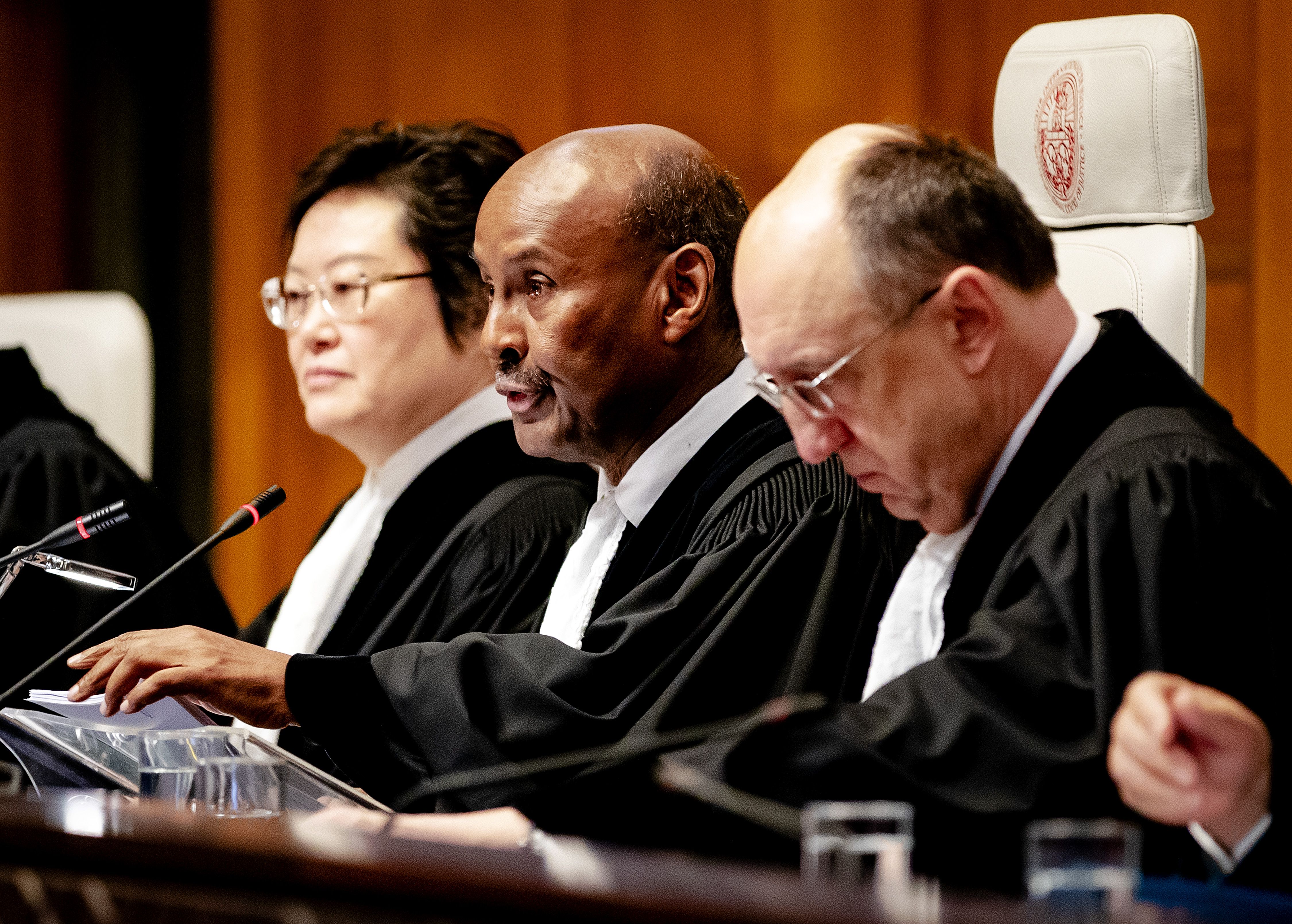
January 2020 | IPRI # 28
IPRI Comments
IPRI Team
Bangladesh and ICJ's Rohingya Verdict, Taliban and Afghan Peace, Surrenders in India's Northeast, New government in Lebanon and the Berlin summit on Libya
read more
Conflict Weekly 01
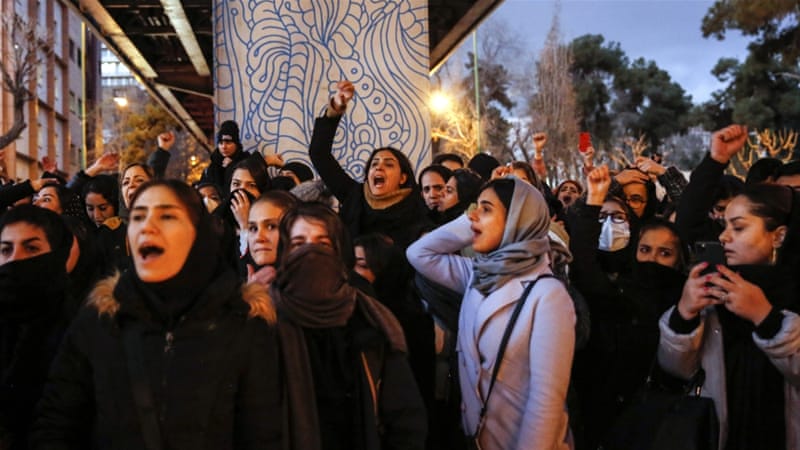
January 2020 | IPRI # 27
IPRI Comments
IPRI Team
Nile River Agreement, Tehran Protests, Syrians meet in Berlin, Honduran Caravans in Mexico, Taliban's ceasefire offer, Quetta Suicide attack, Supreme court verdict on J&K and the Brus Agreement in Tripura
read more
Myanmar
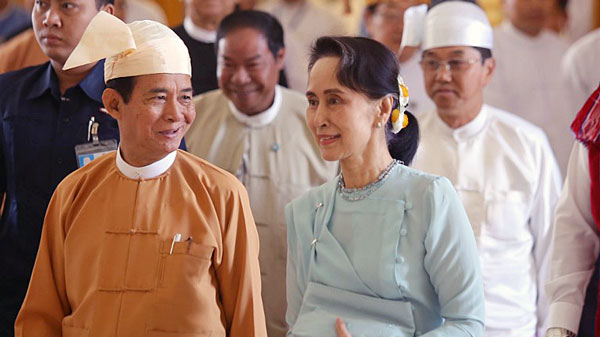
October 2019 | IPRI # 26
IPRI Comments
Aparupa Bhattacherjee
Will prosecuting Suu Kyi resolve the Rohingya problem?
read more
Climate Change
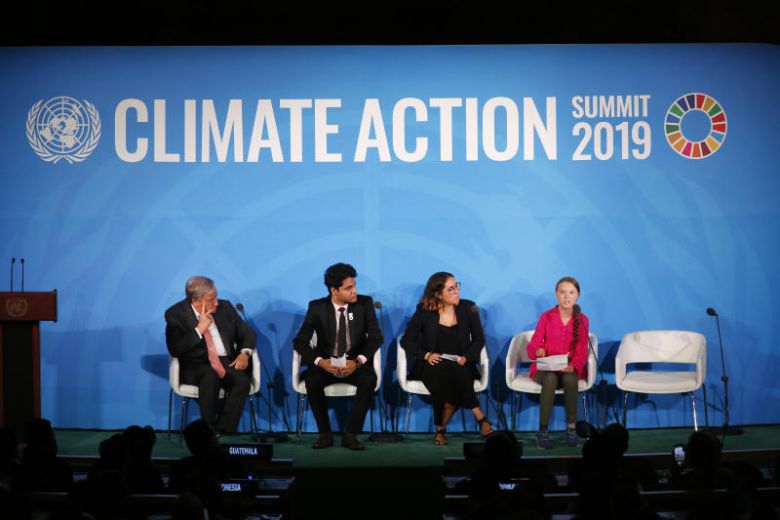
October 2019 | IPRI # 25
IPRI Comments
Lakshman Chakravarthy N & Rashmi Ramesh
Four Actors, No Action
read more
From Okjökull to OK:

September 2019 | IPRI # 24
IPRI Comments
Rashmi Ramesh
Death of a Glacier in Iceland
read more
The Hong Kong Protests:
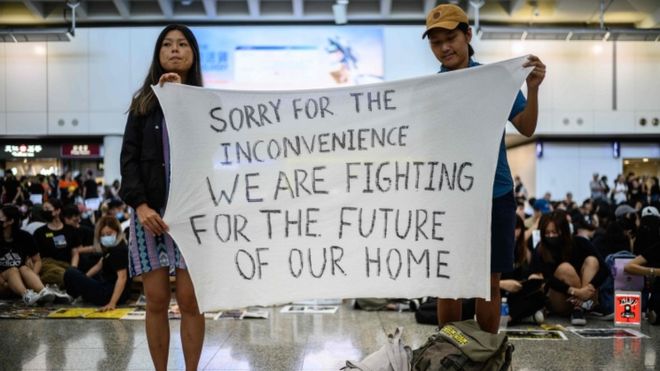
August 2019 | IPRI # 23
IPRI Comments
Harini Madhusudan
Re-defining mass mobilization
read more
The Hong Kong Protest:
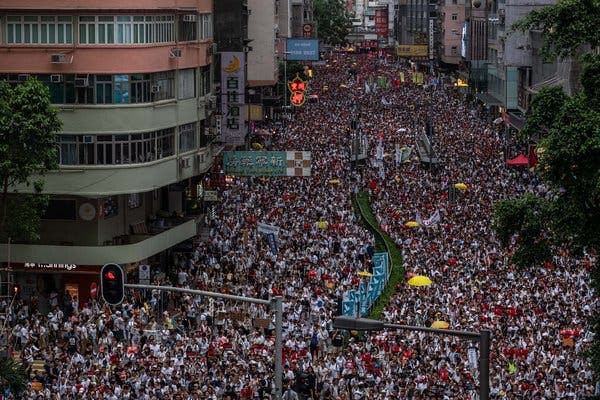
August 2019 | IPRI # 22
IPRI Comments
Parikshith Pradeep
Who Wants What?
read more
Africa
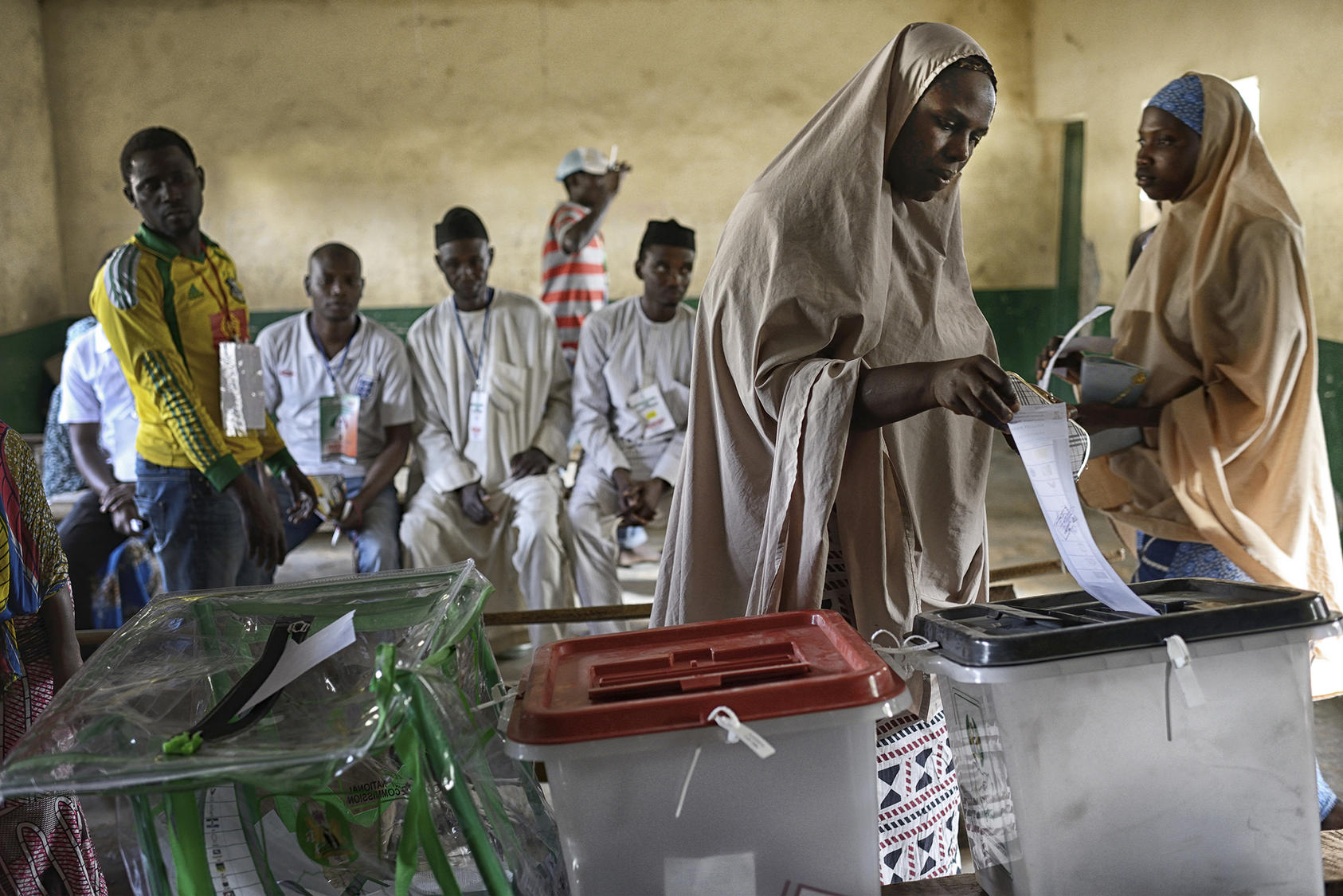
December 2020 | IPRI # 6
IPRI Briefs
Apoorva Sudhakar
Ballots and Bloodshed: Trends of electoral violence in Africa
read more
Myanmar
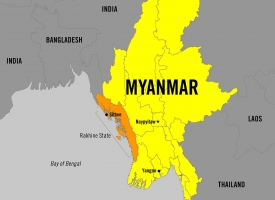
March 2019 | IPRI # 5
IPRI Comments
Aparupa Bhattacherjee
The Other Conflict in Rakhine State
read more
West Asia
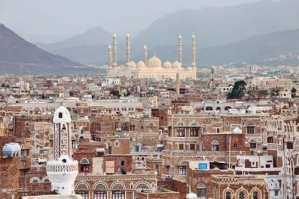
February 2019 | IPRI # 4
IPRI Comments
Seetha Lakshmi Dinesh Iyer
Yemen: Will Sa'nna fall?
read more
China and Islam
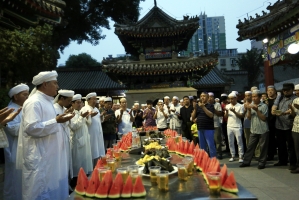
February 2019 | IPRI # 3
IPRI Comments
Harini Madhusudhan
Sinicizing the Minorities
read more
Terrorism
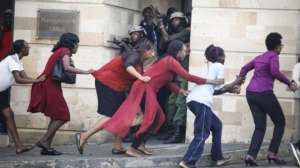
January 2019 | IPRI # 2
IPRI Comments
Sourina Bej
Maghreb: What makes al Shahab Resilient?
read more
India's Northeast
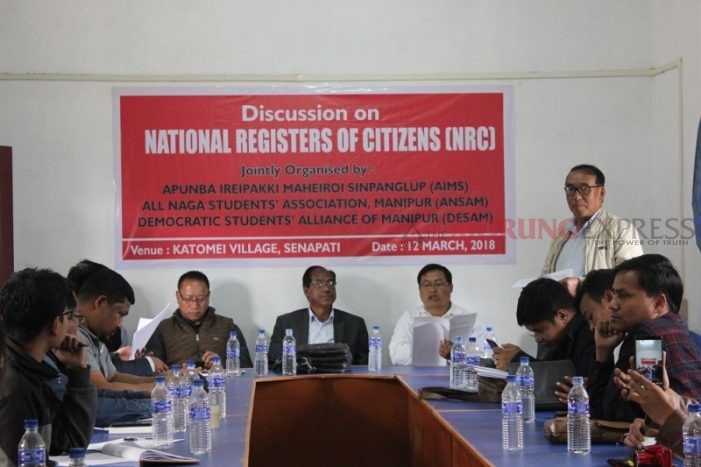
July 2019 | IPRI # 1
IPRI Briefs
Titsala Sangtam
Counting Citizens: Manipur charts its own NRC
read more
